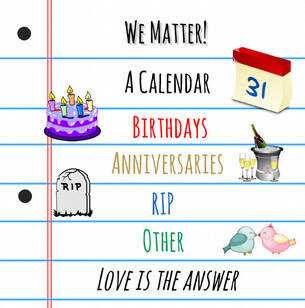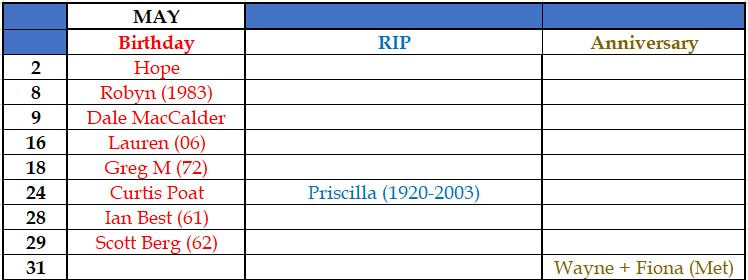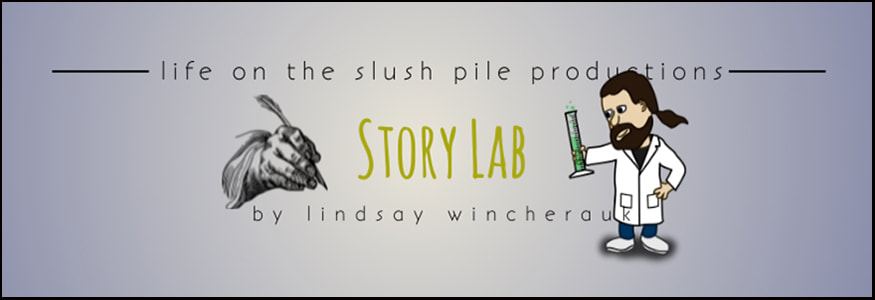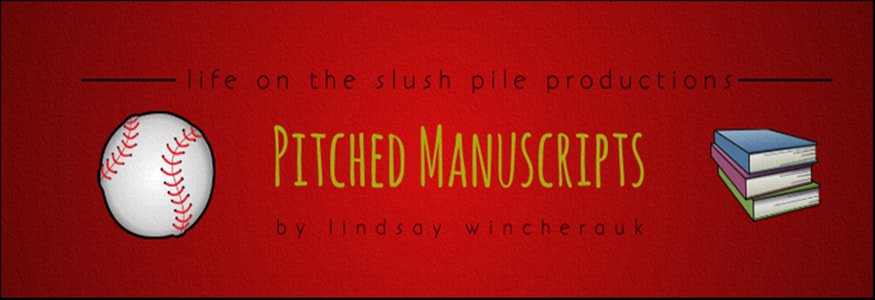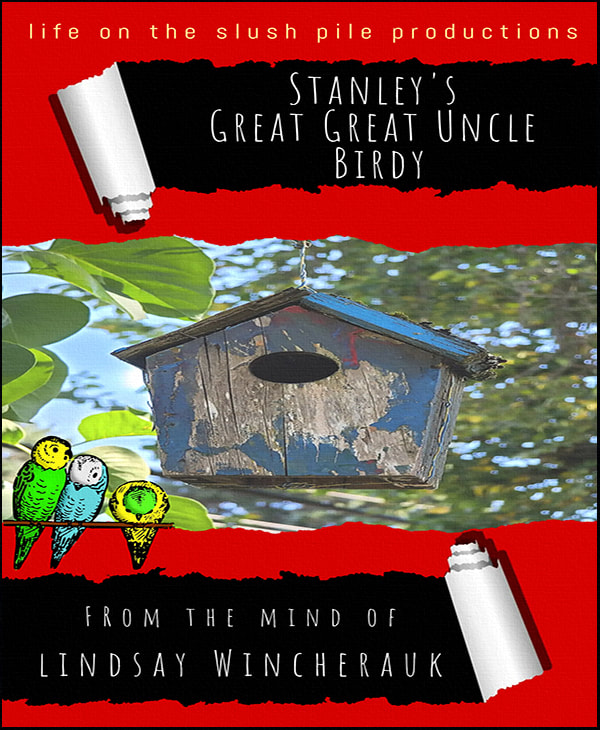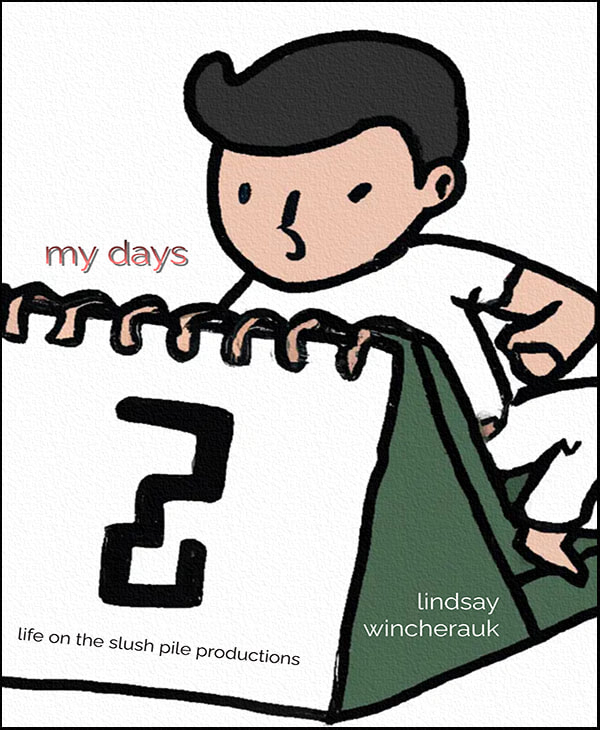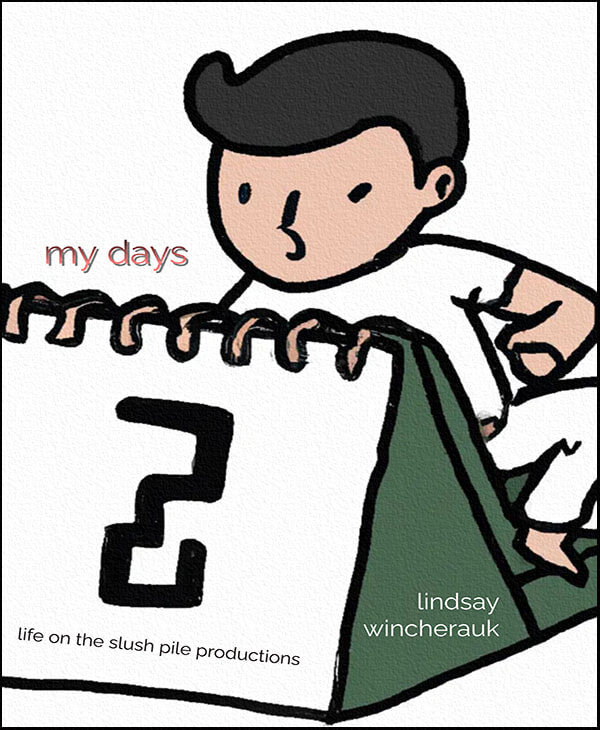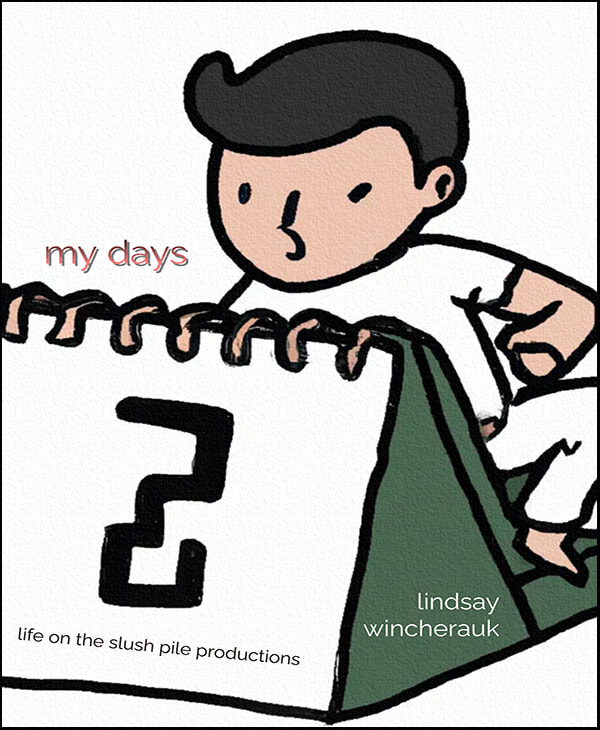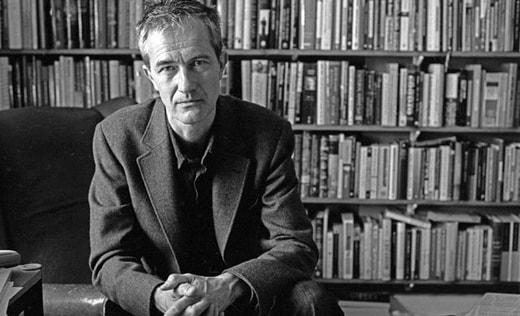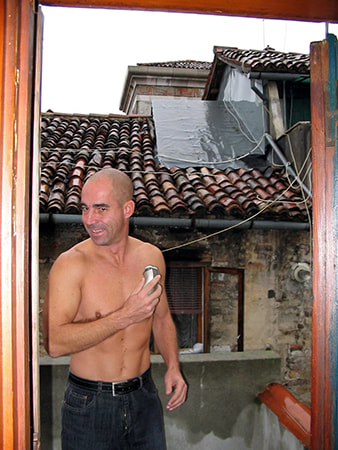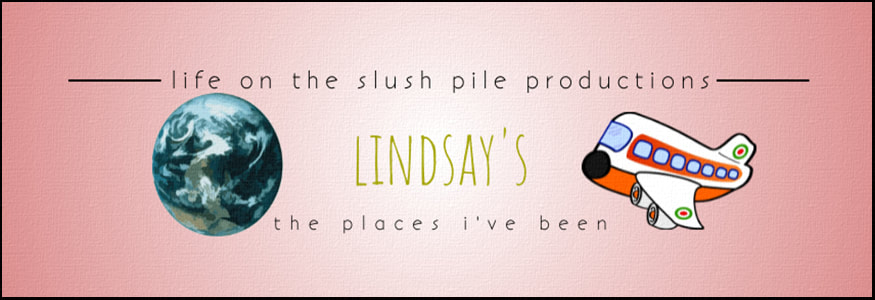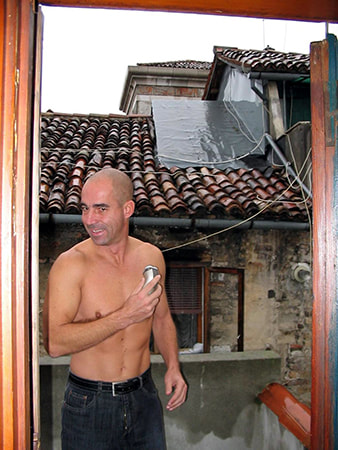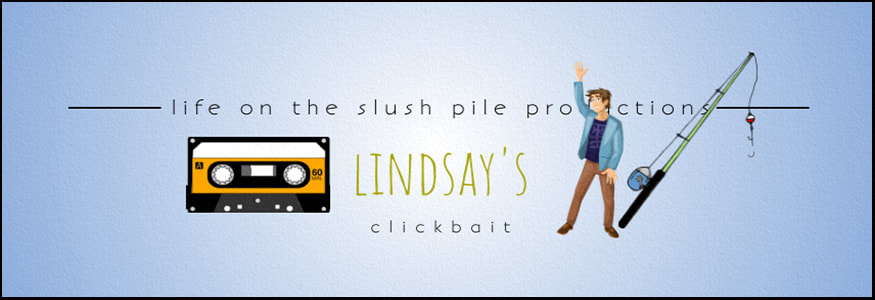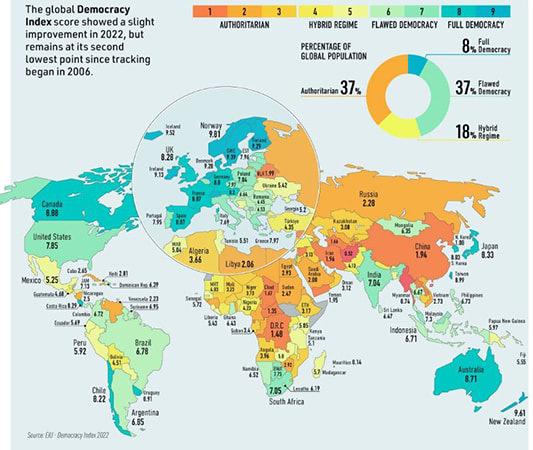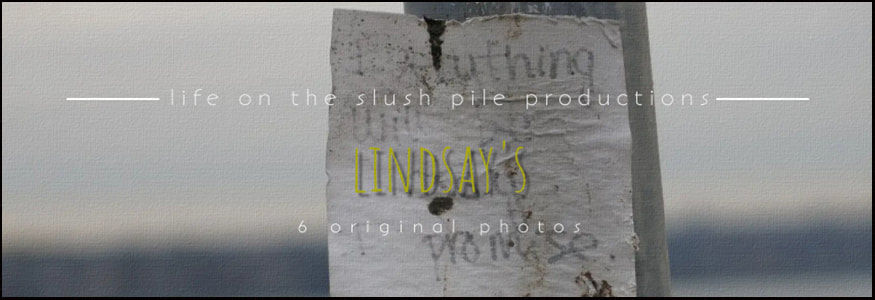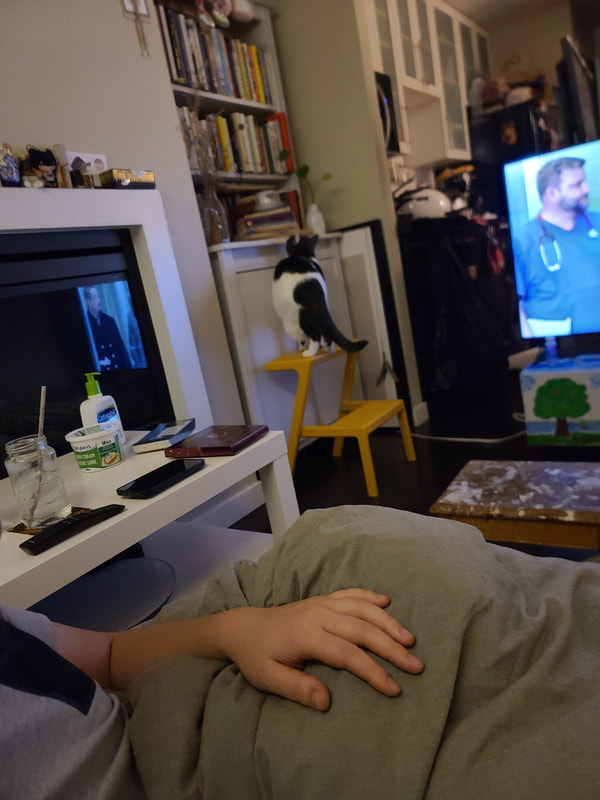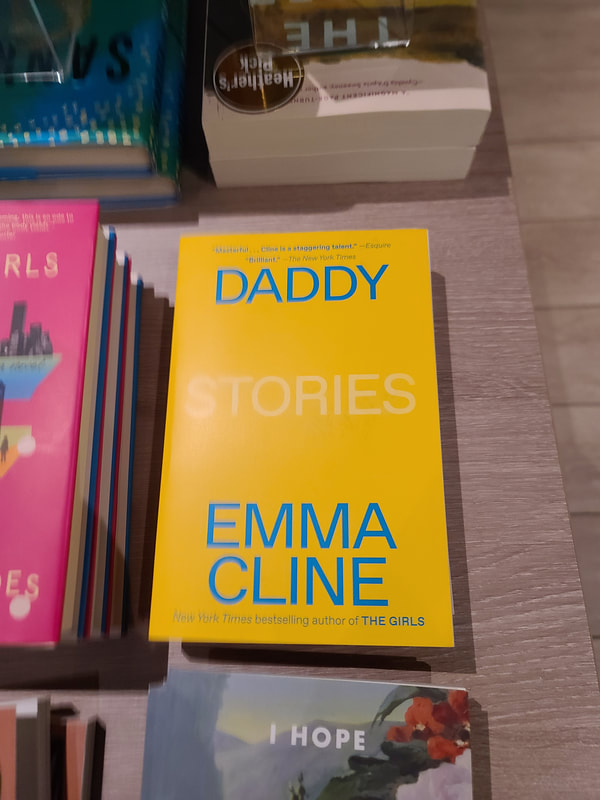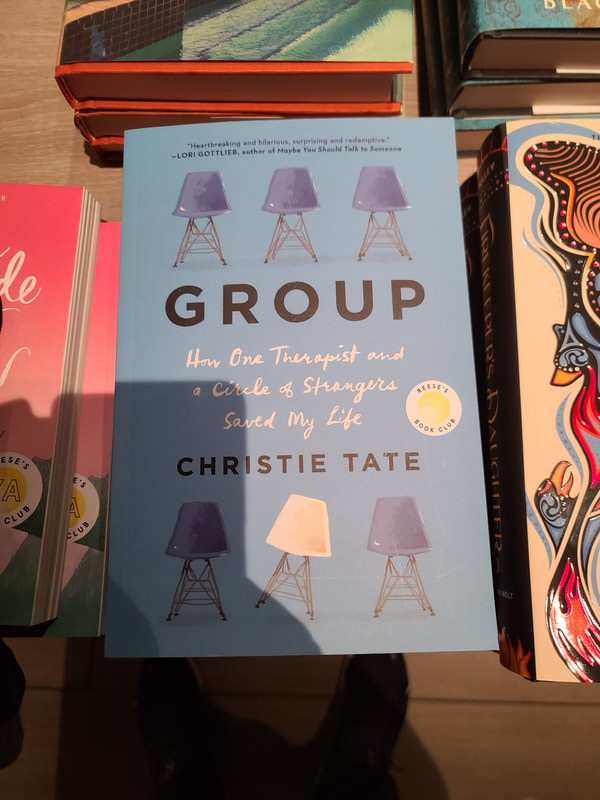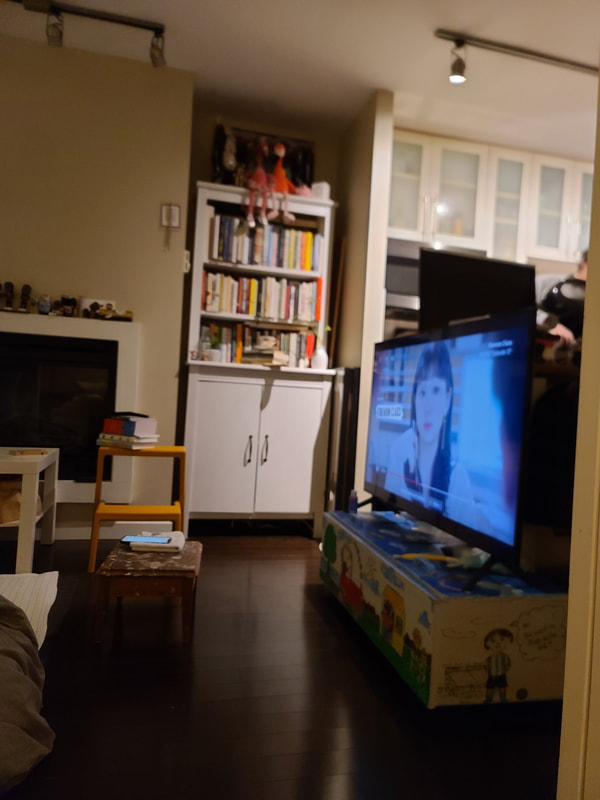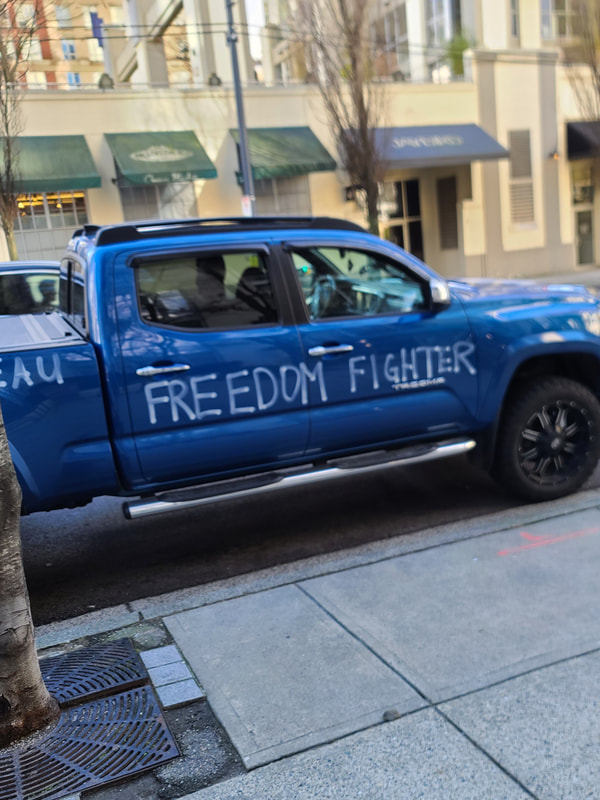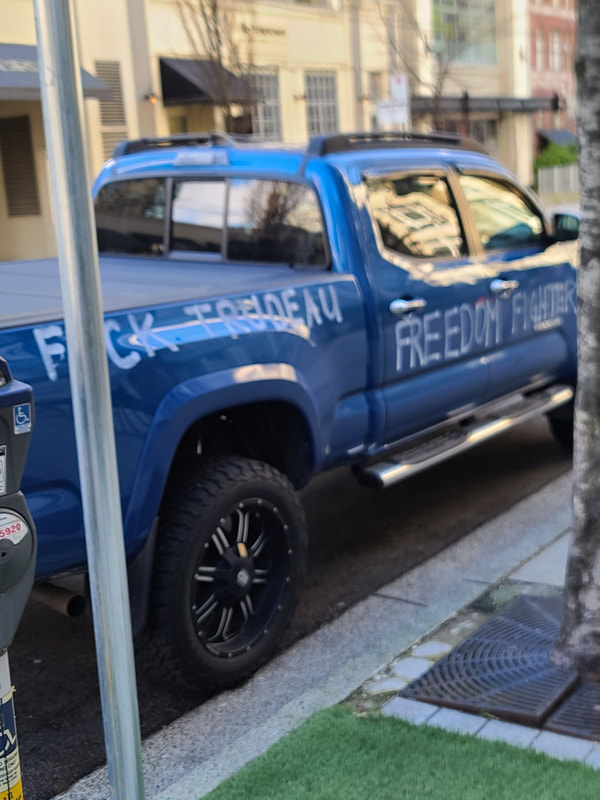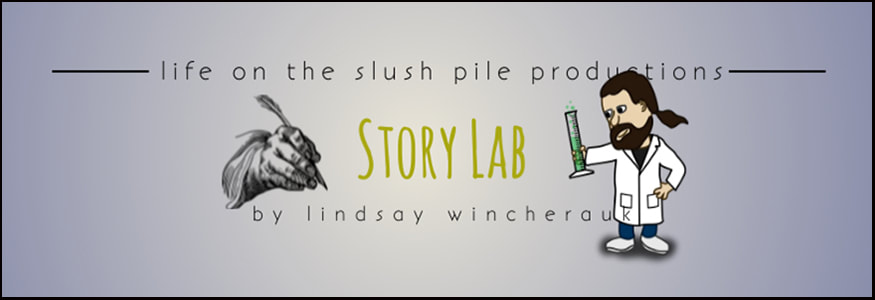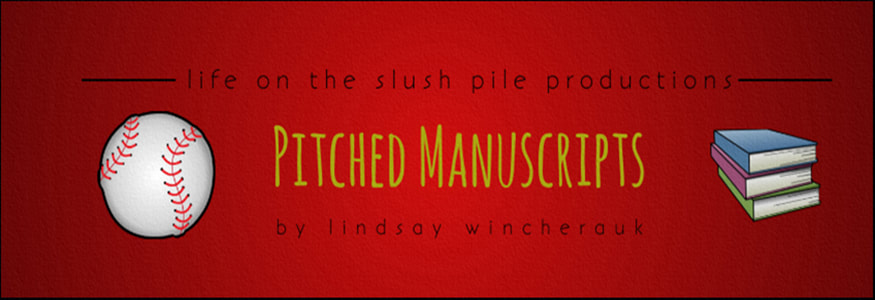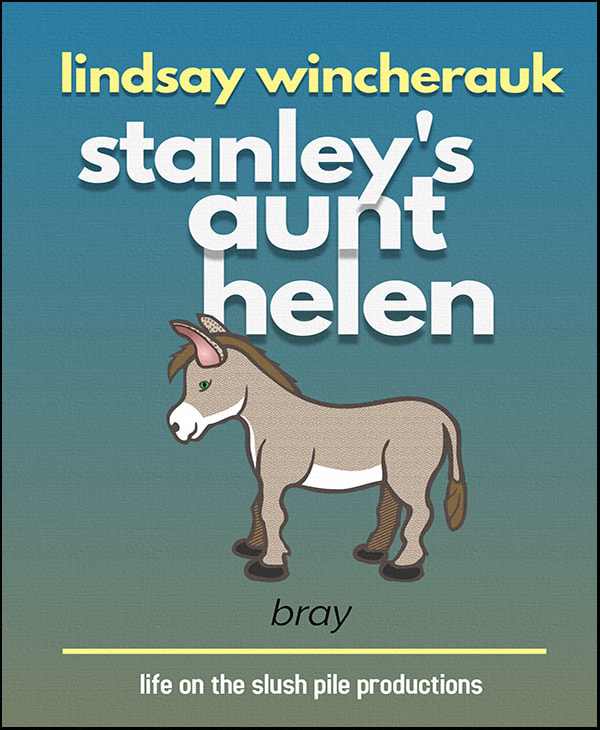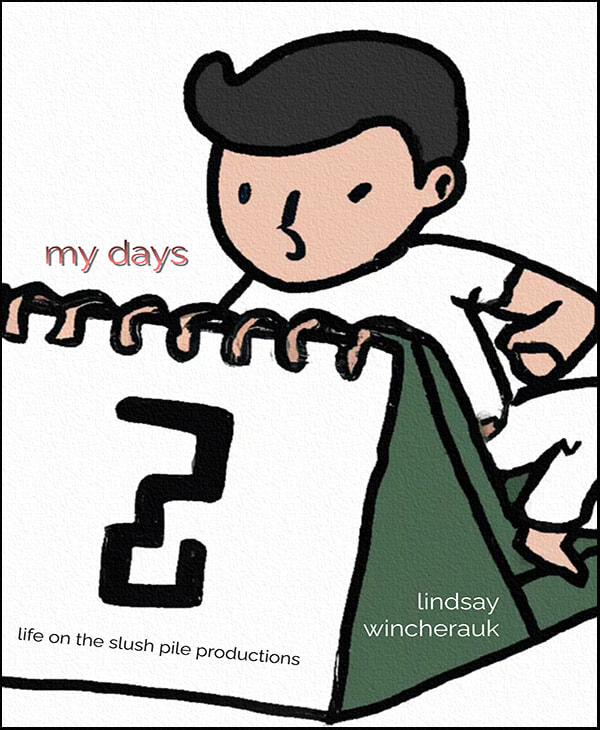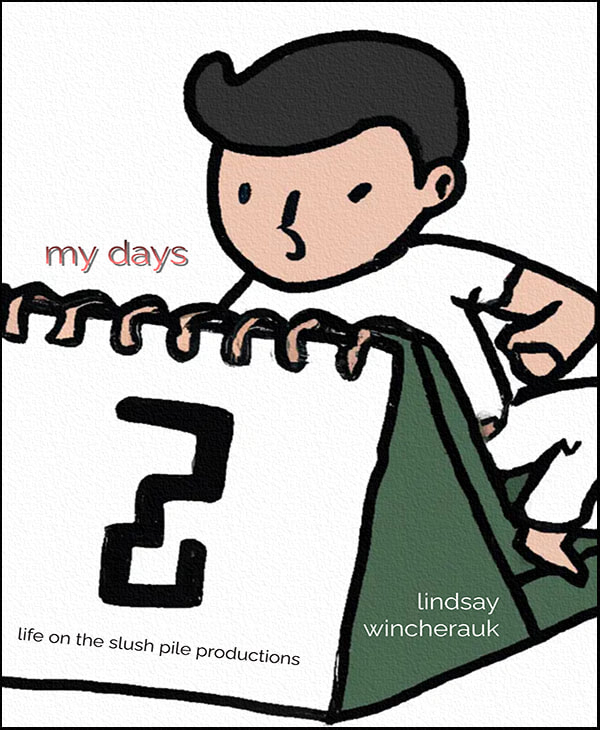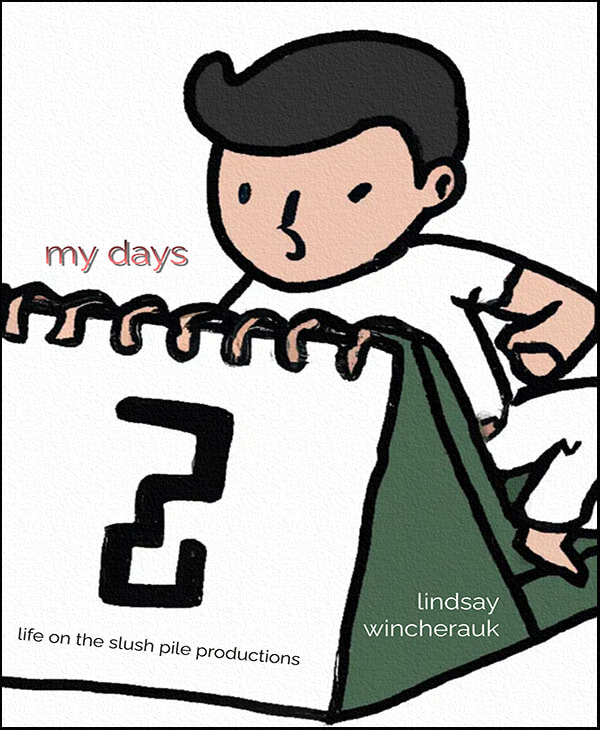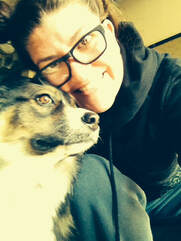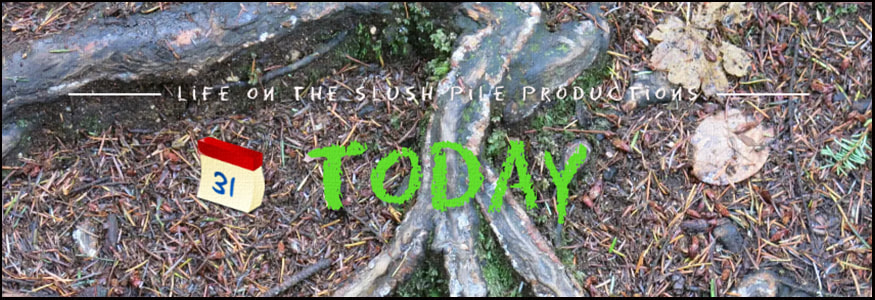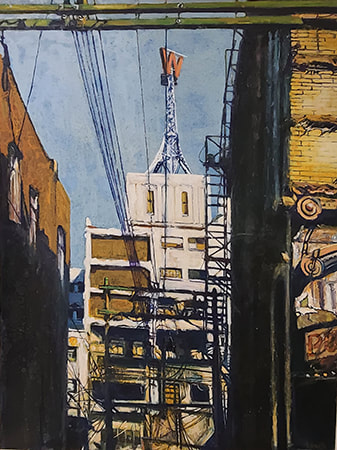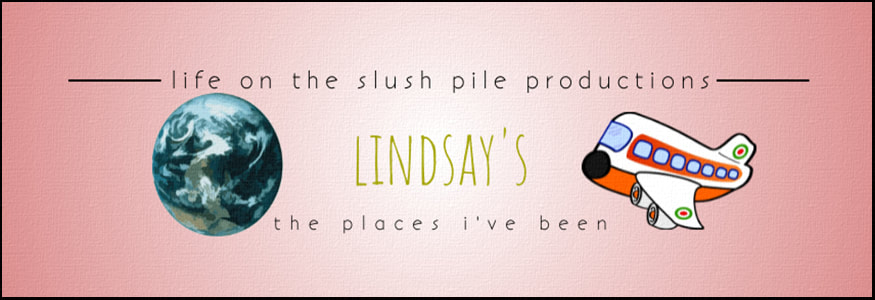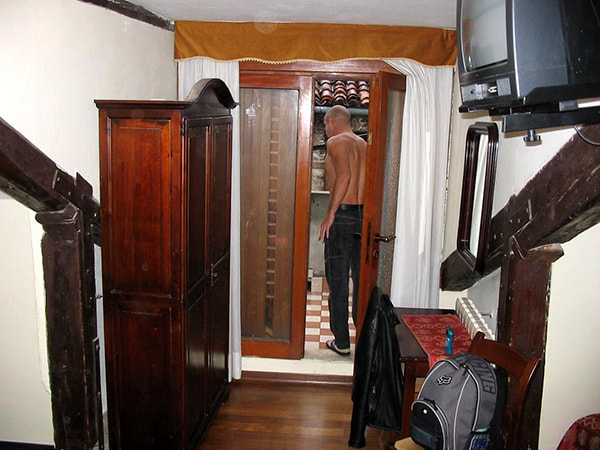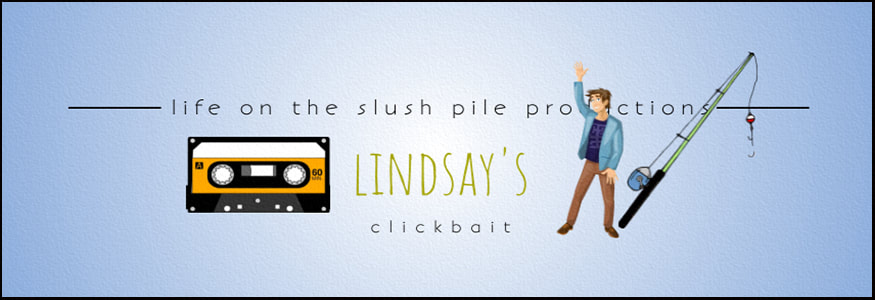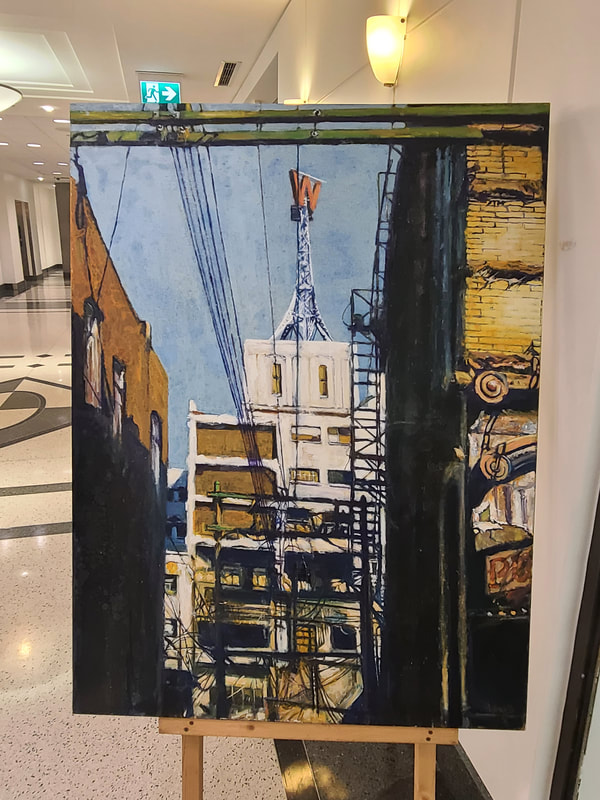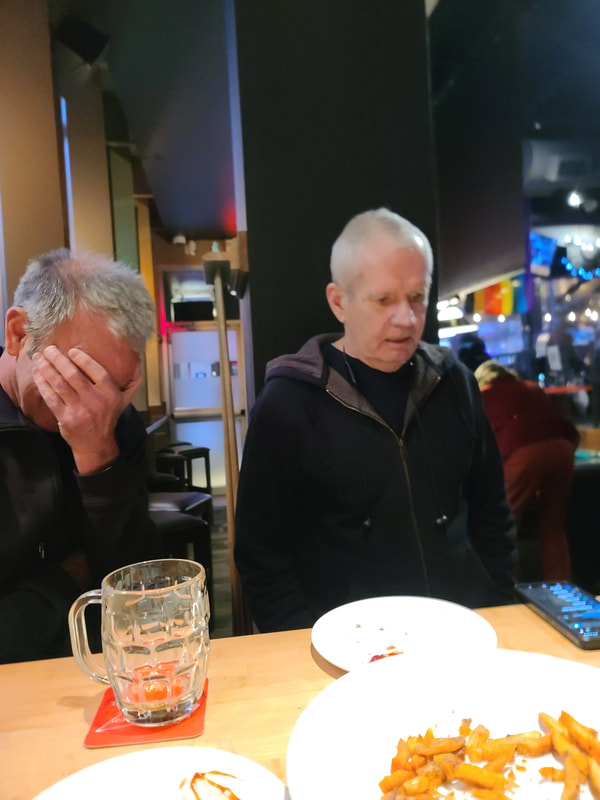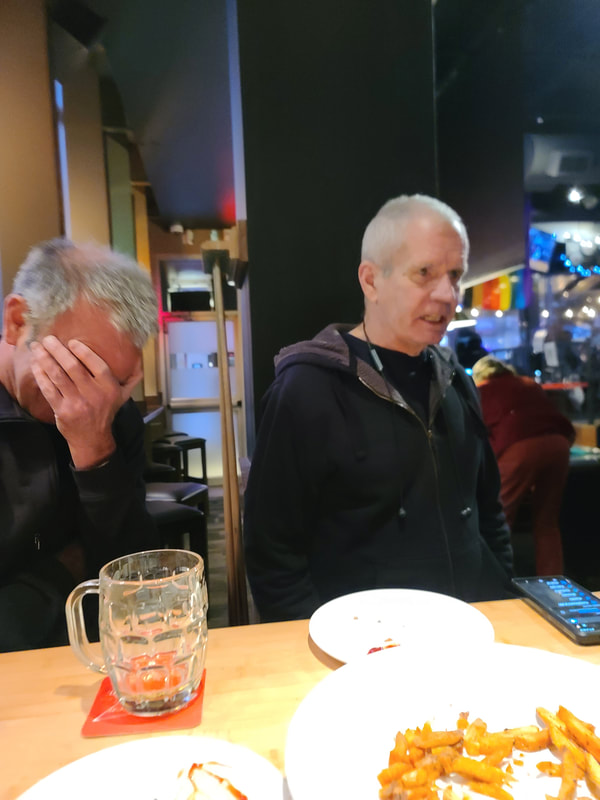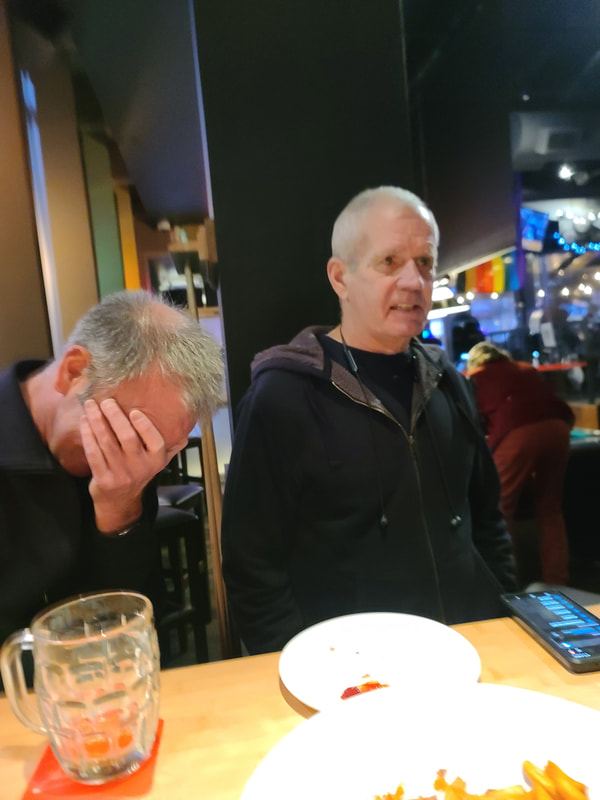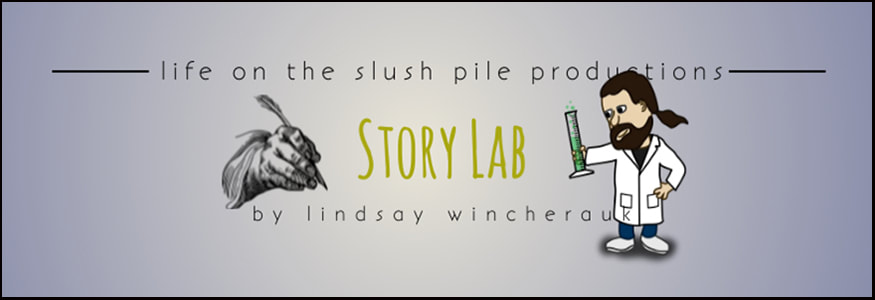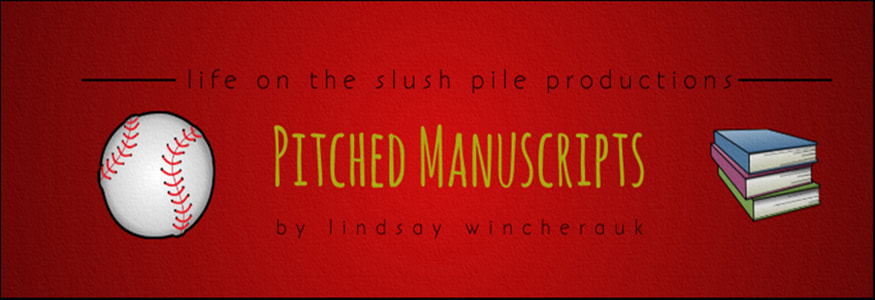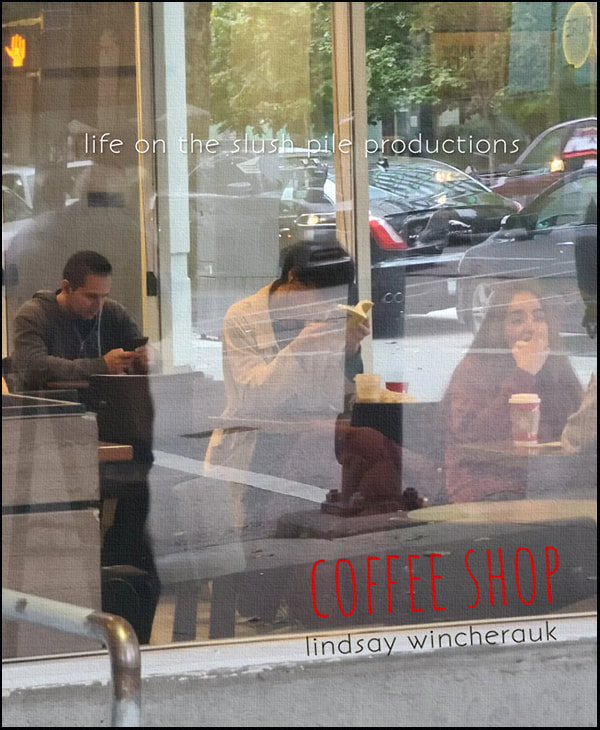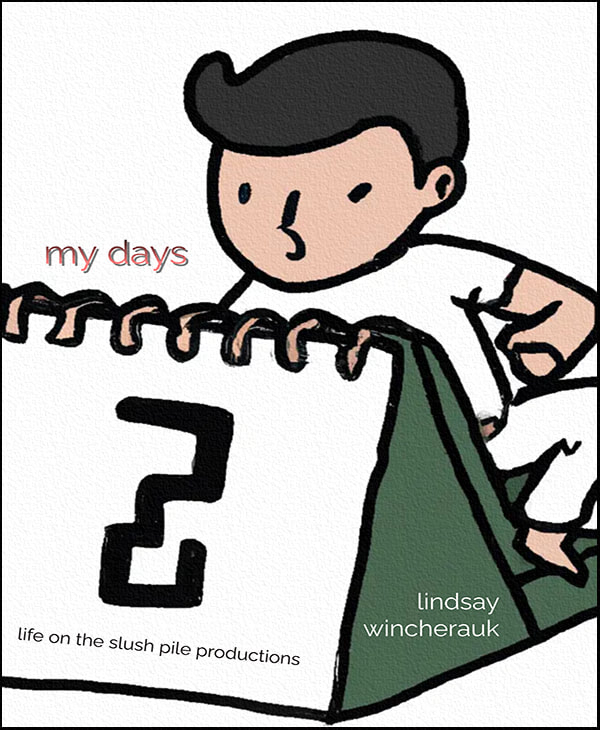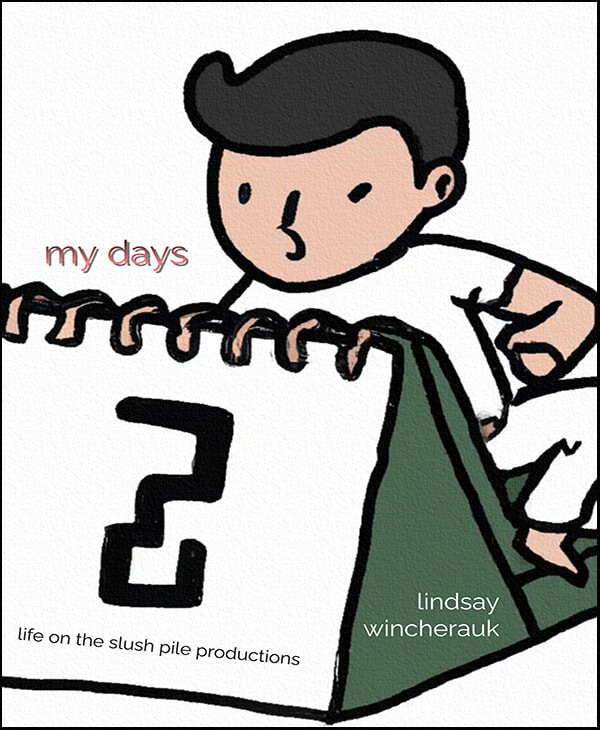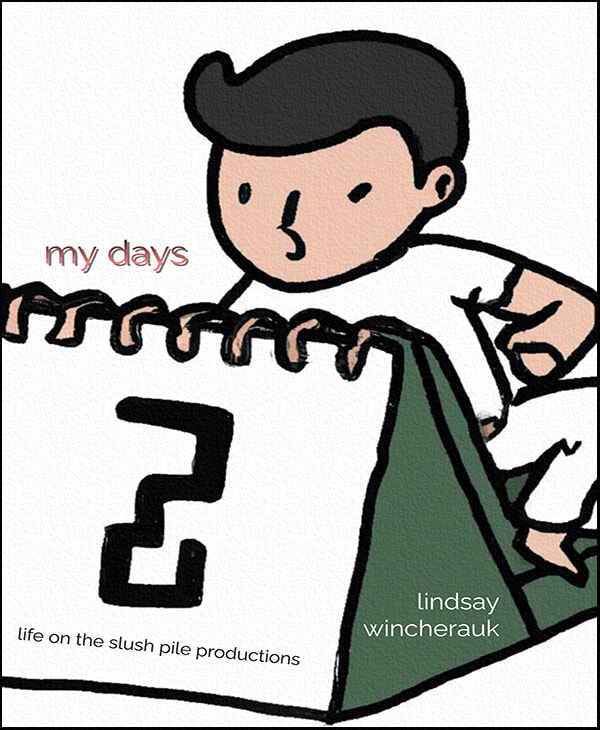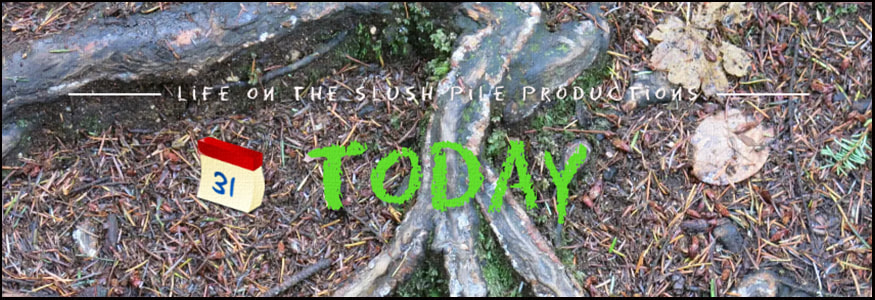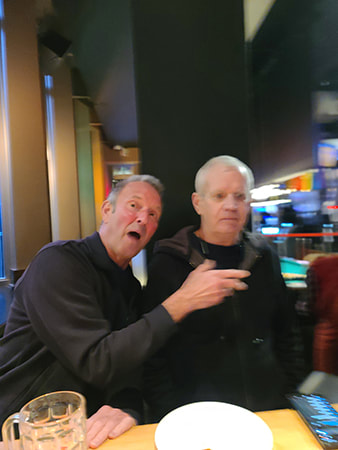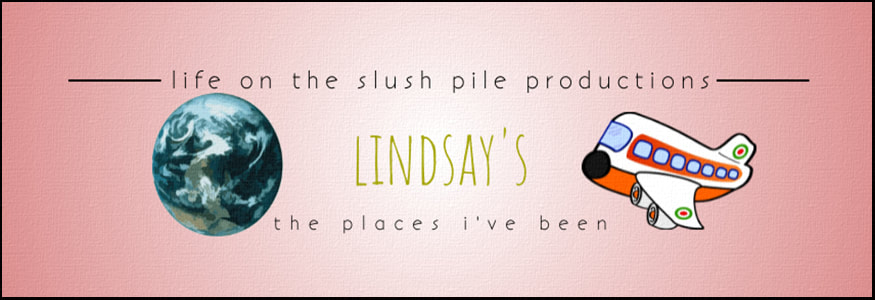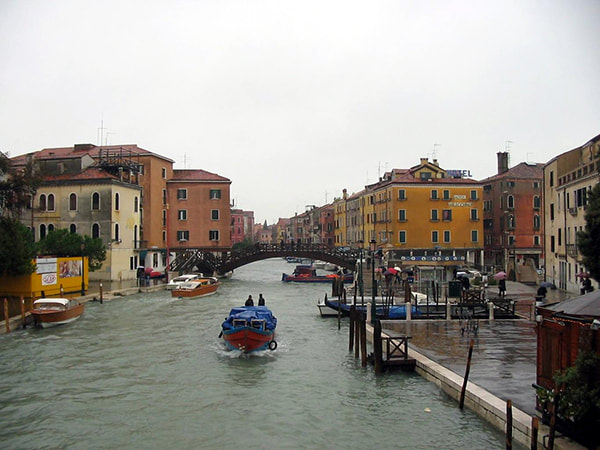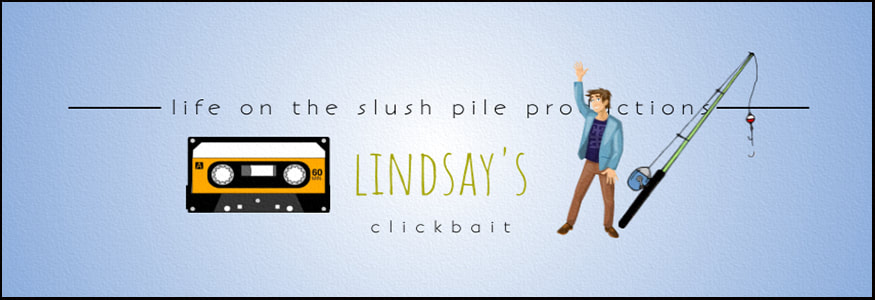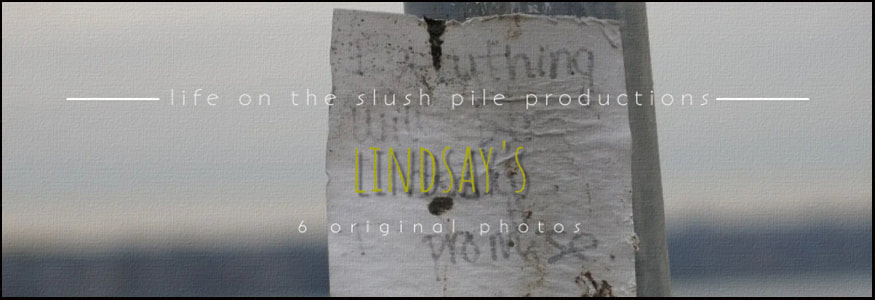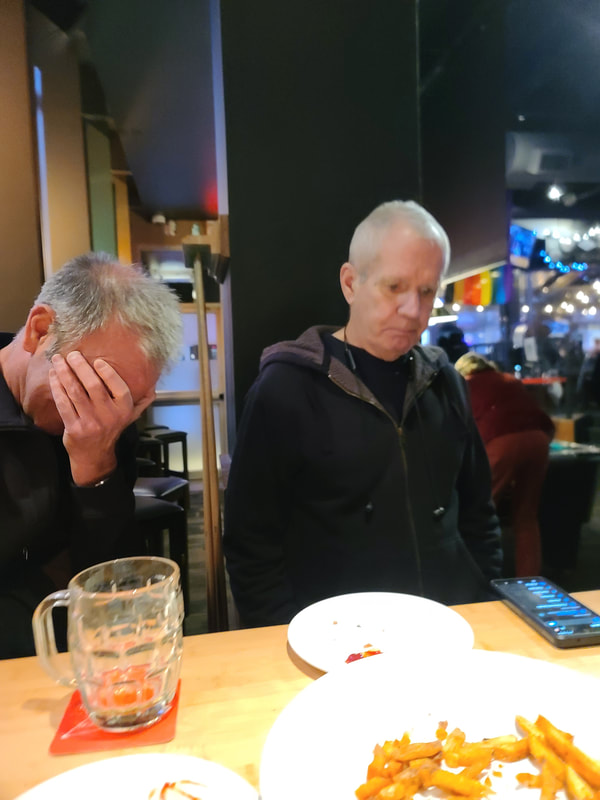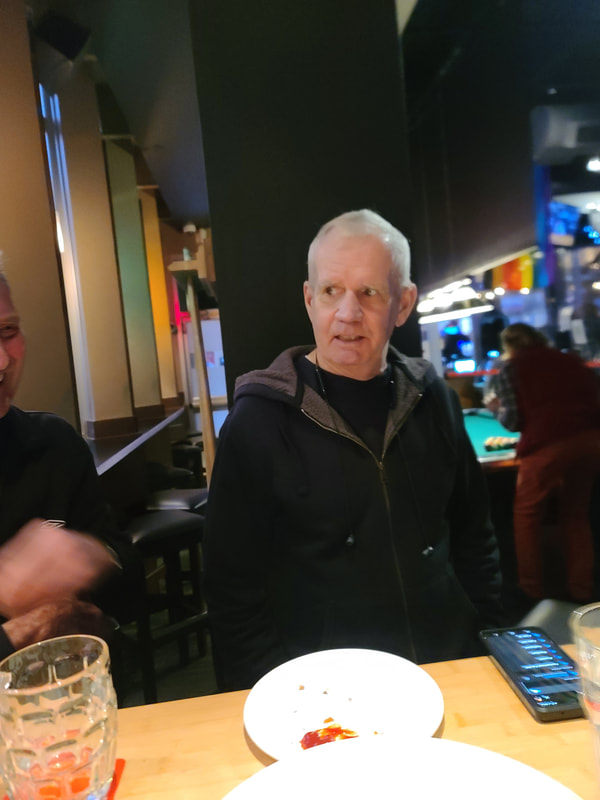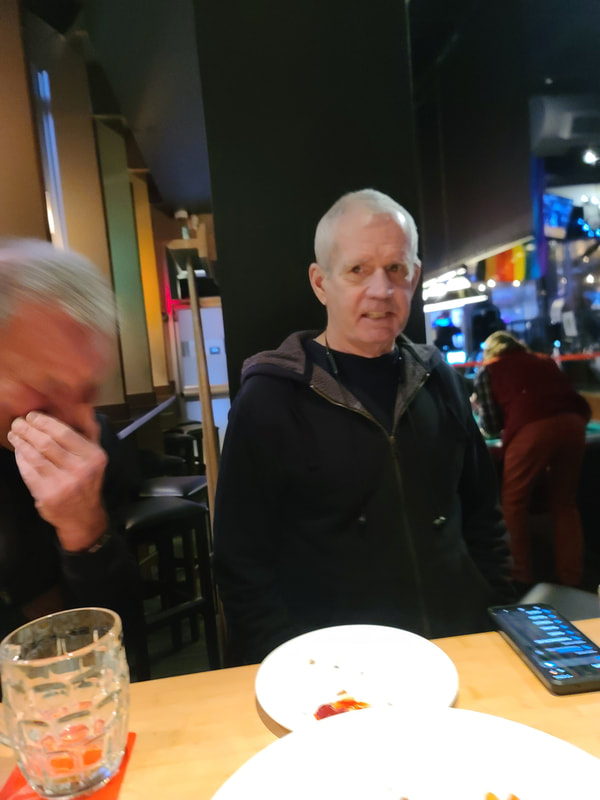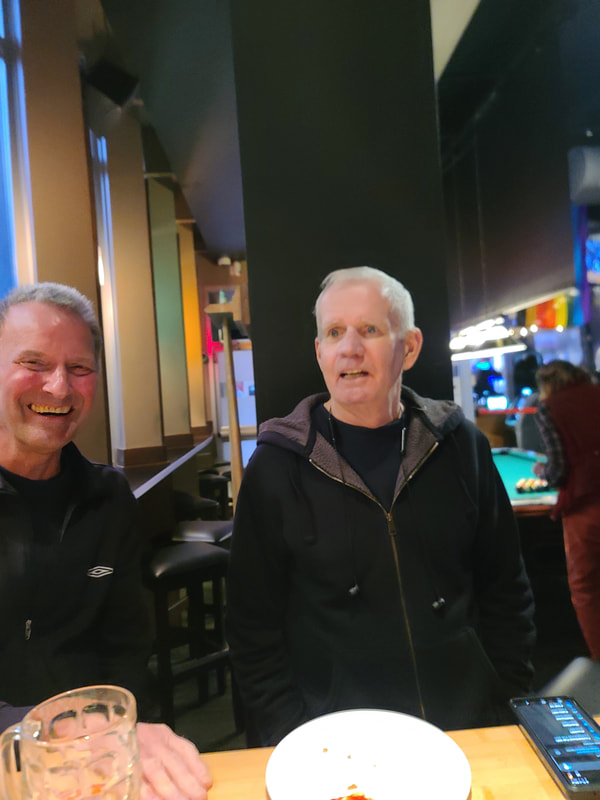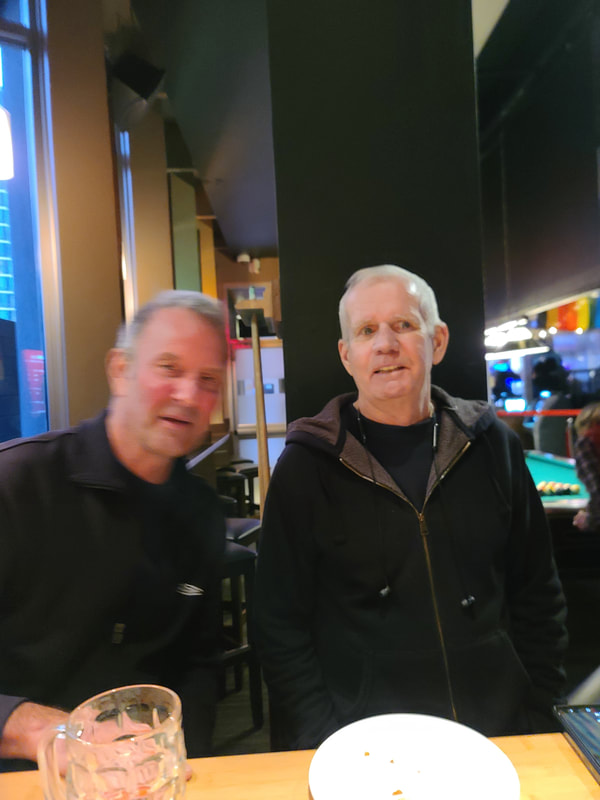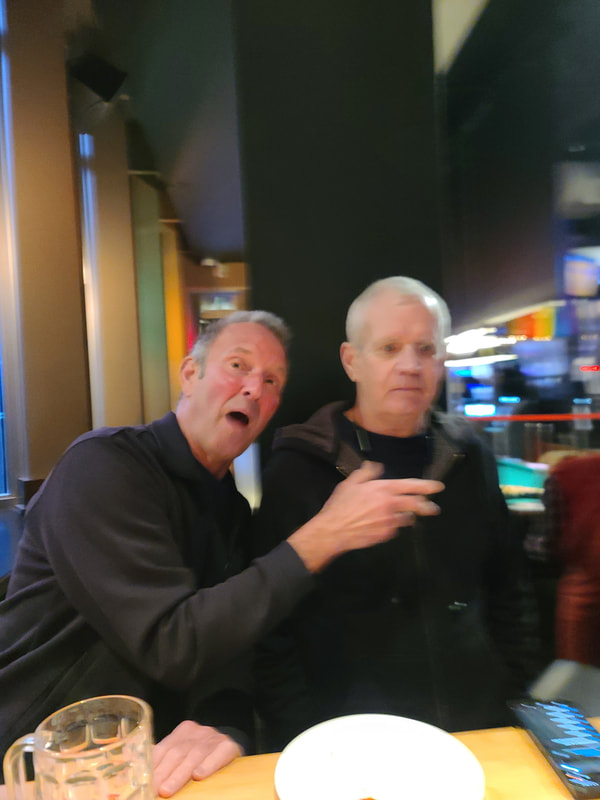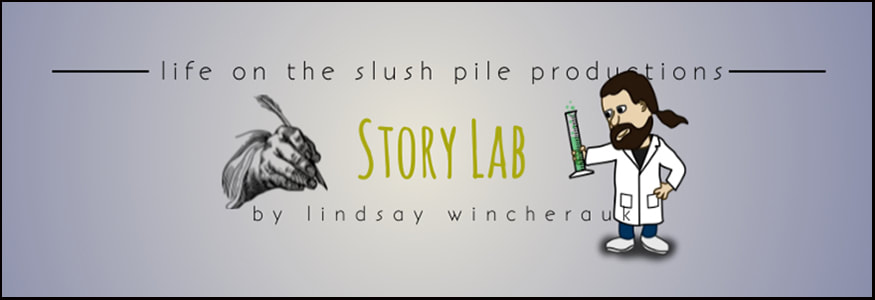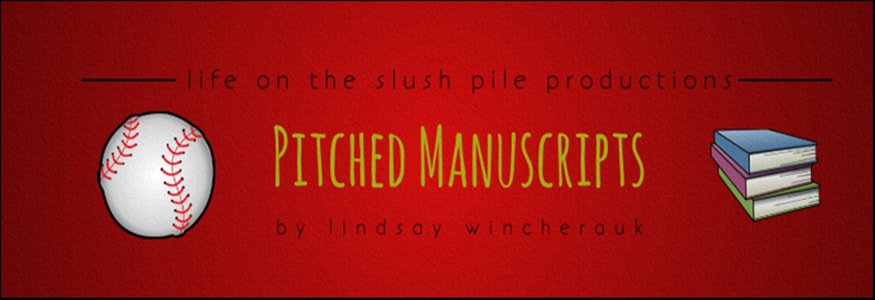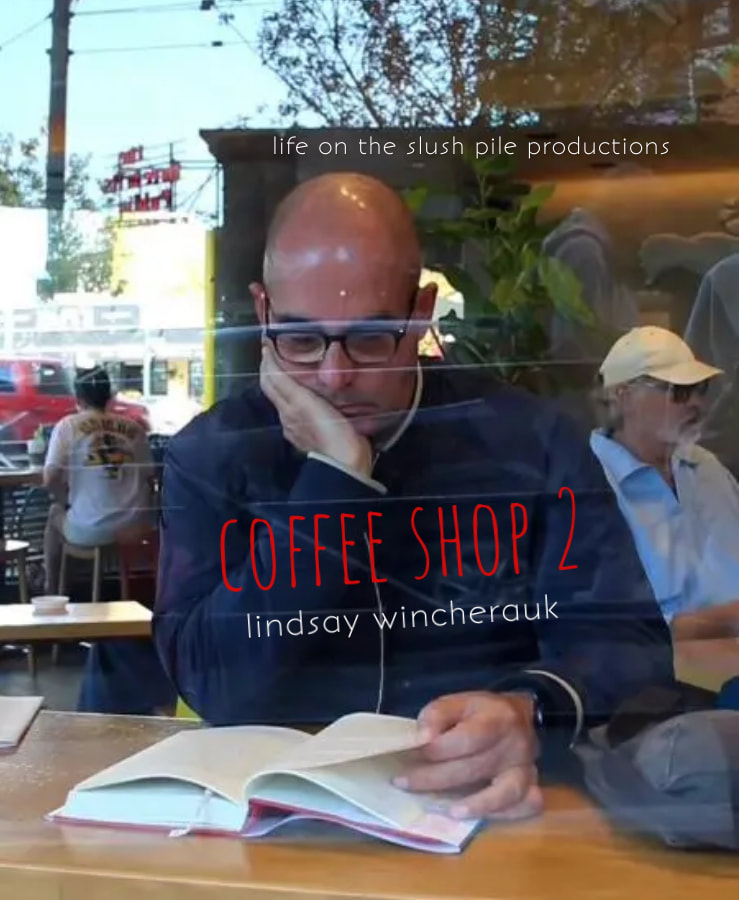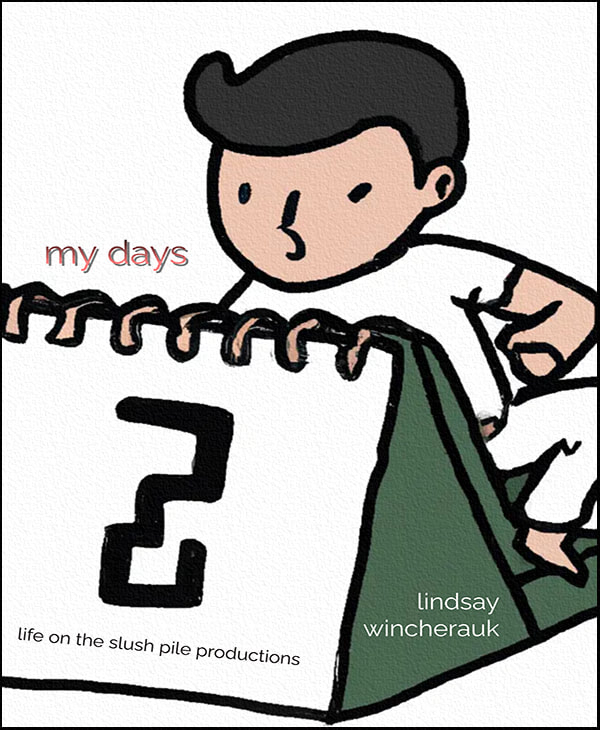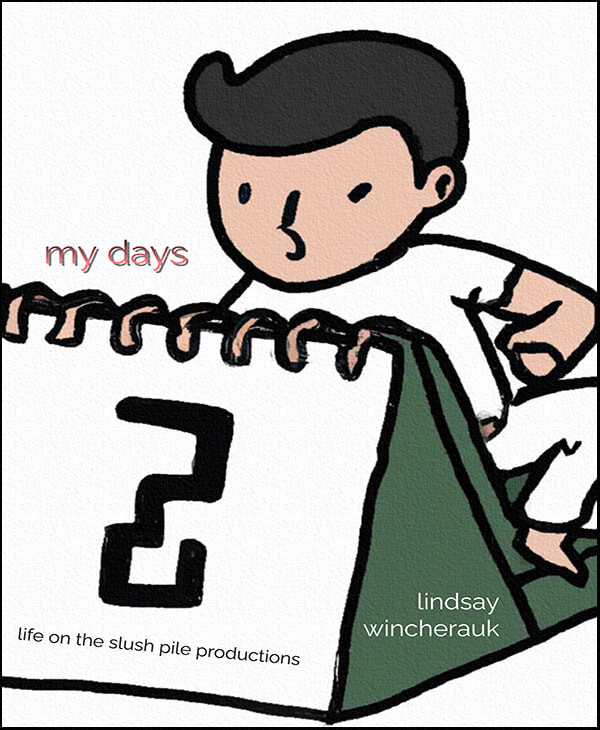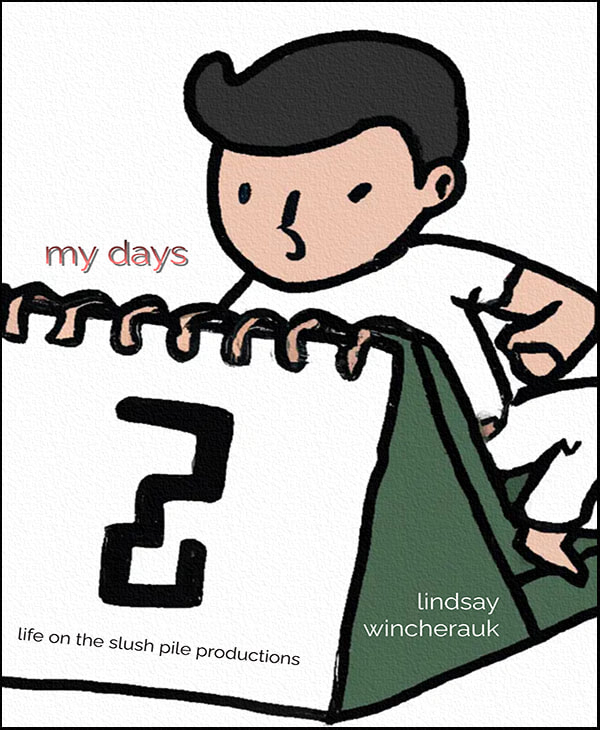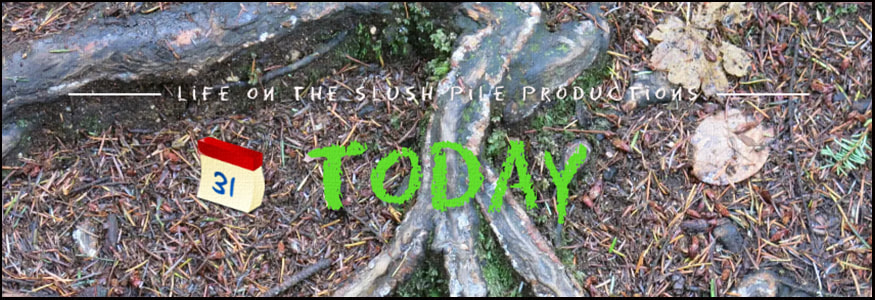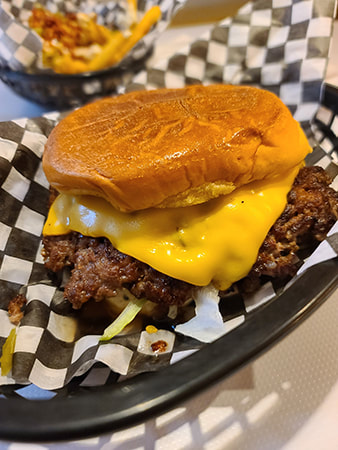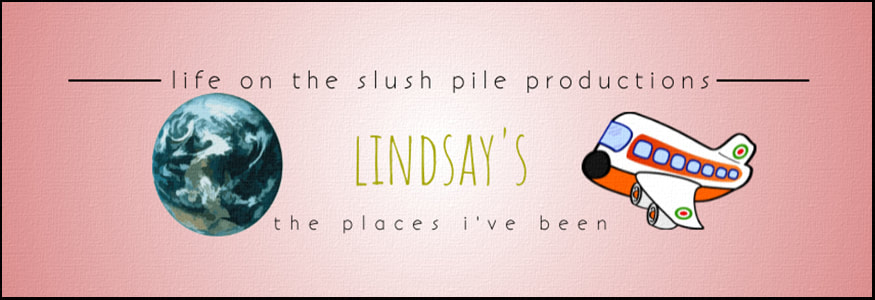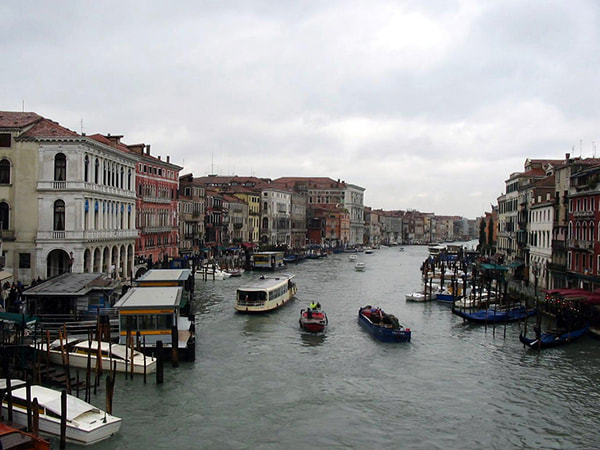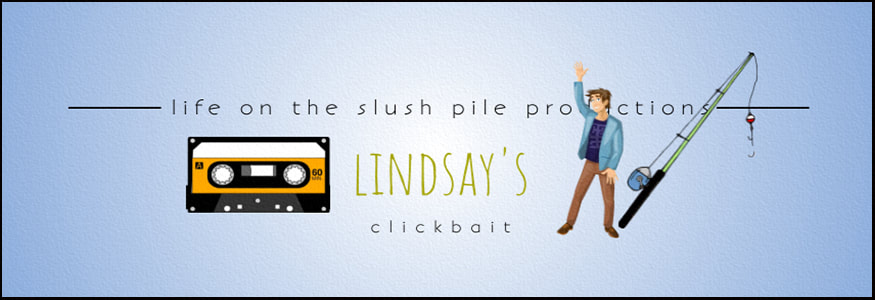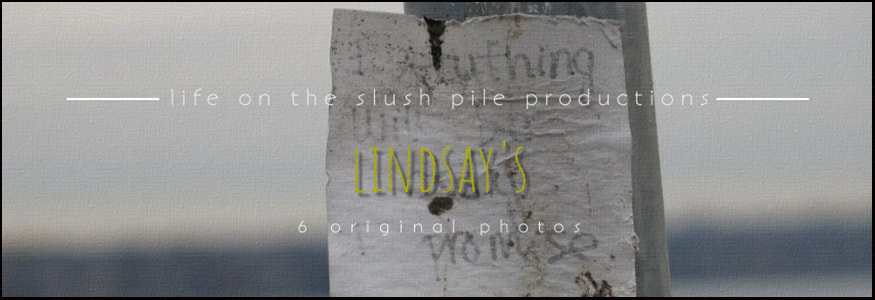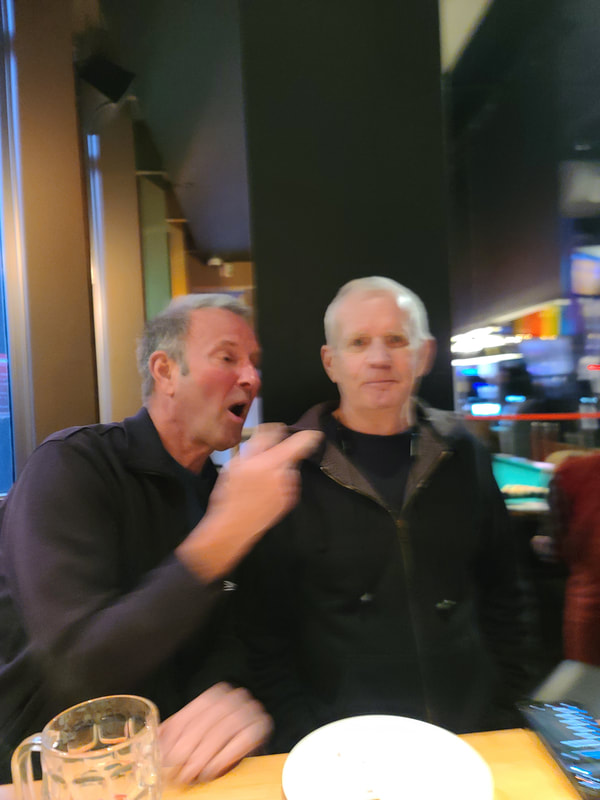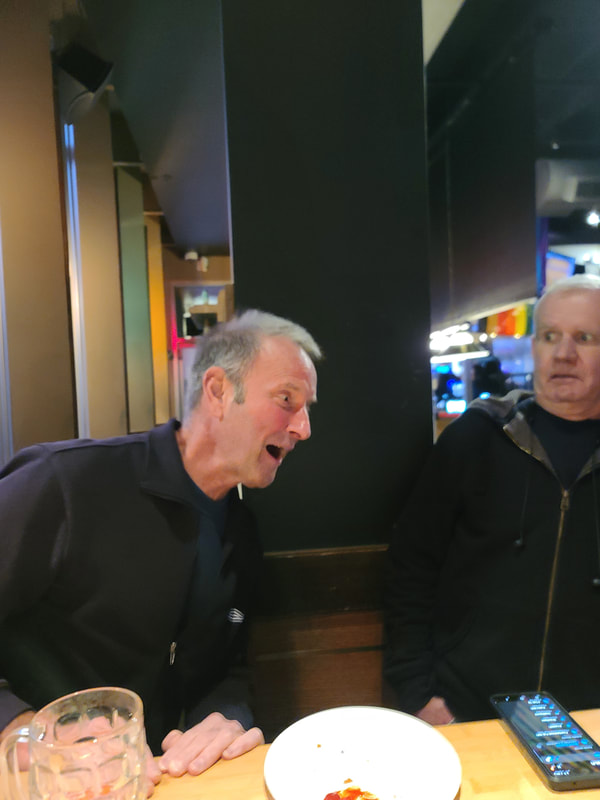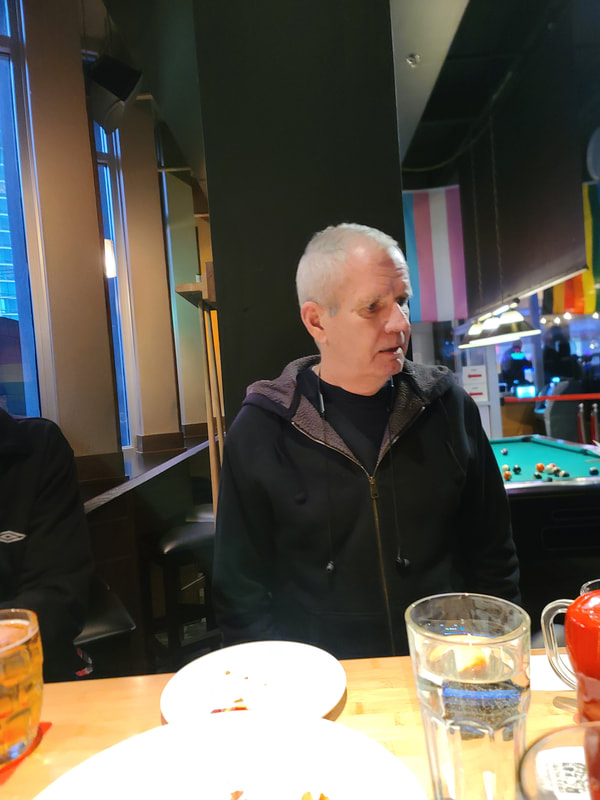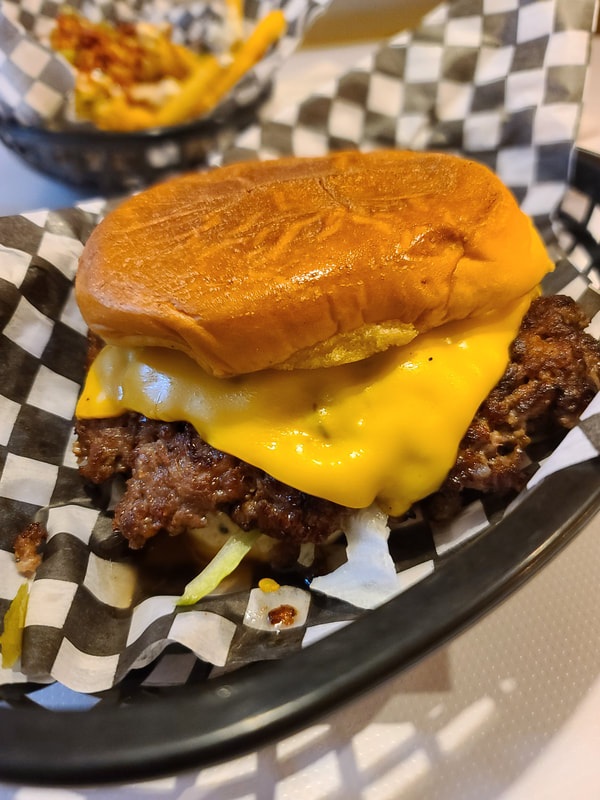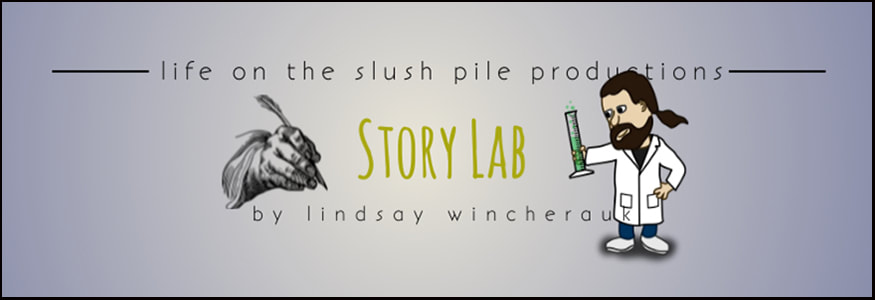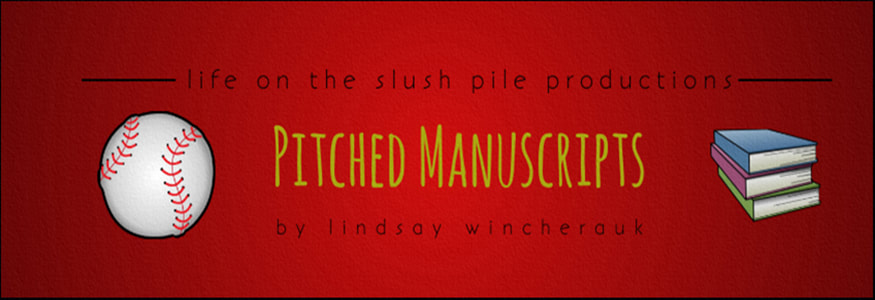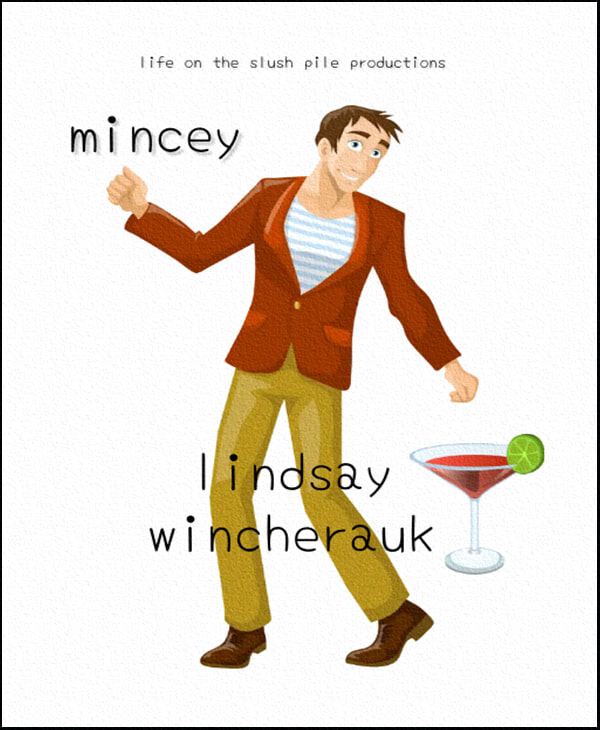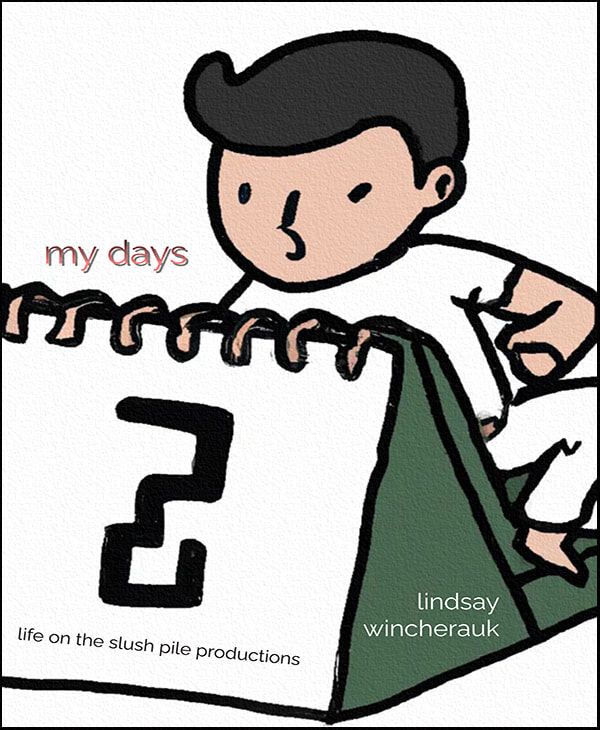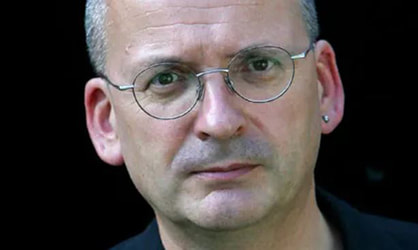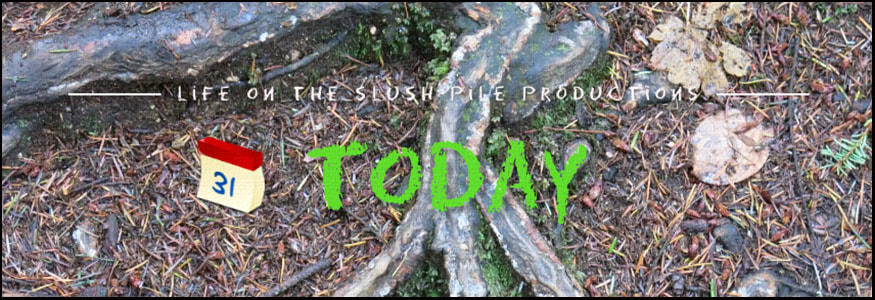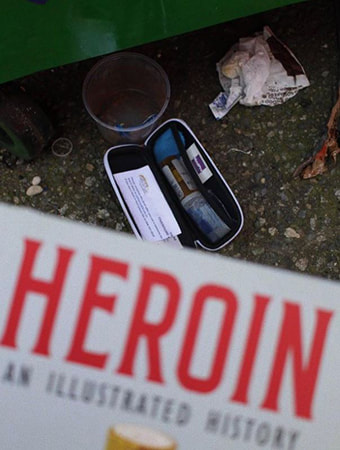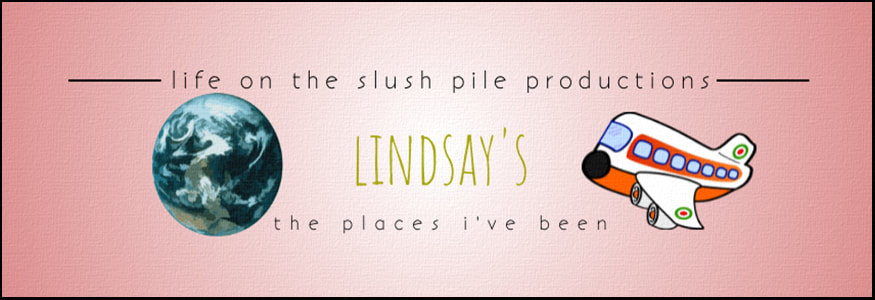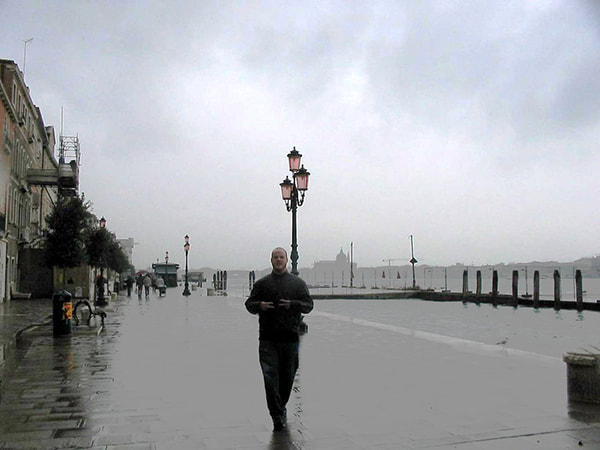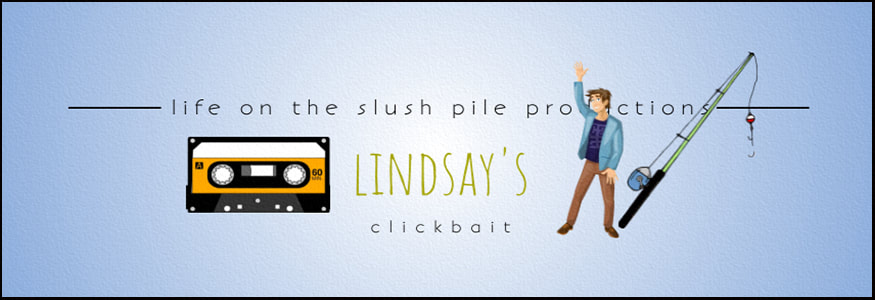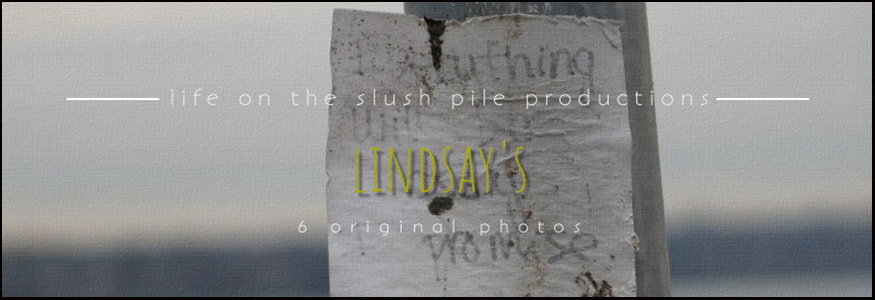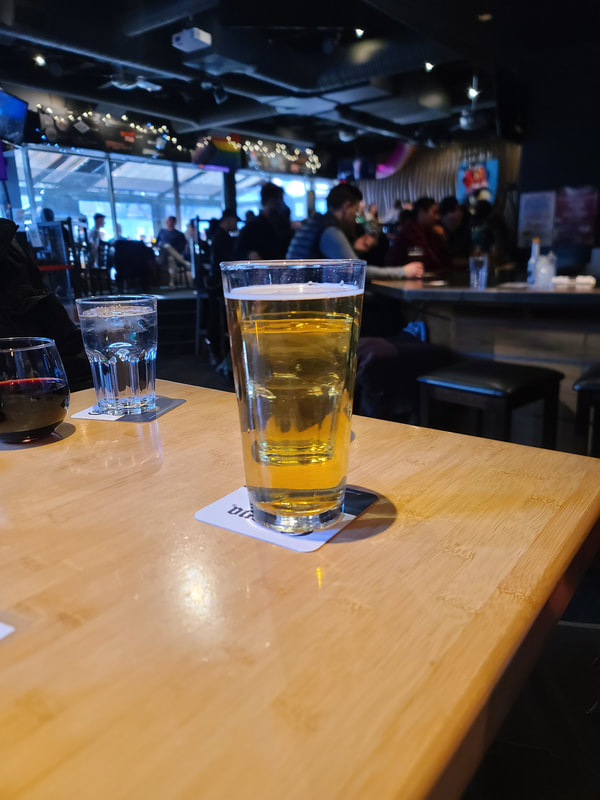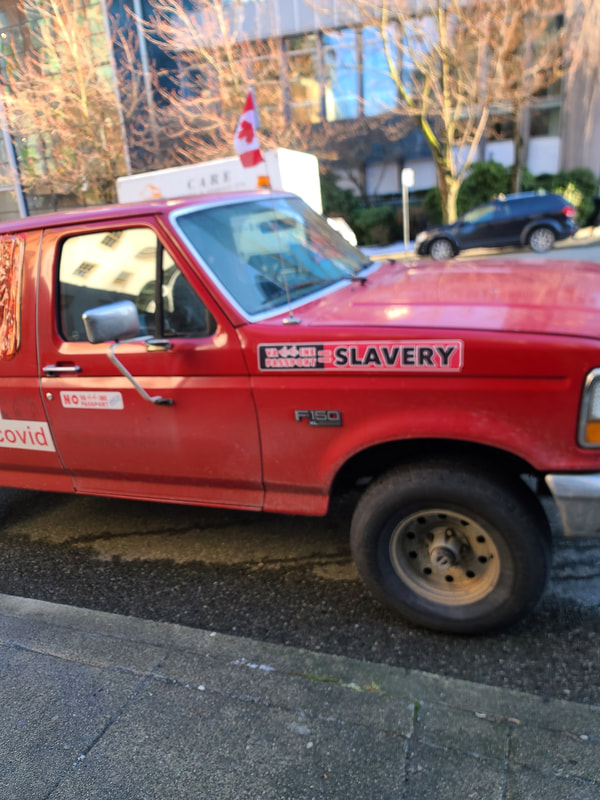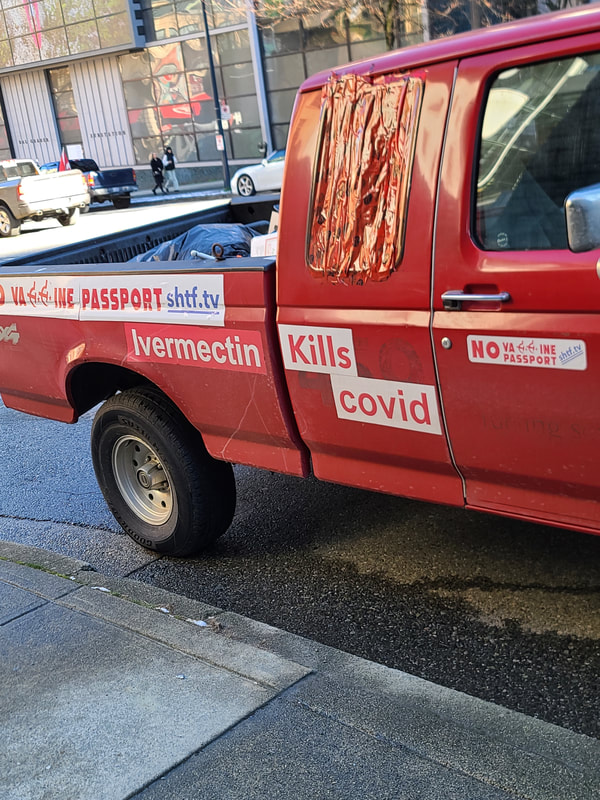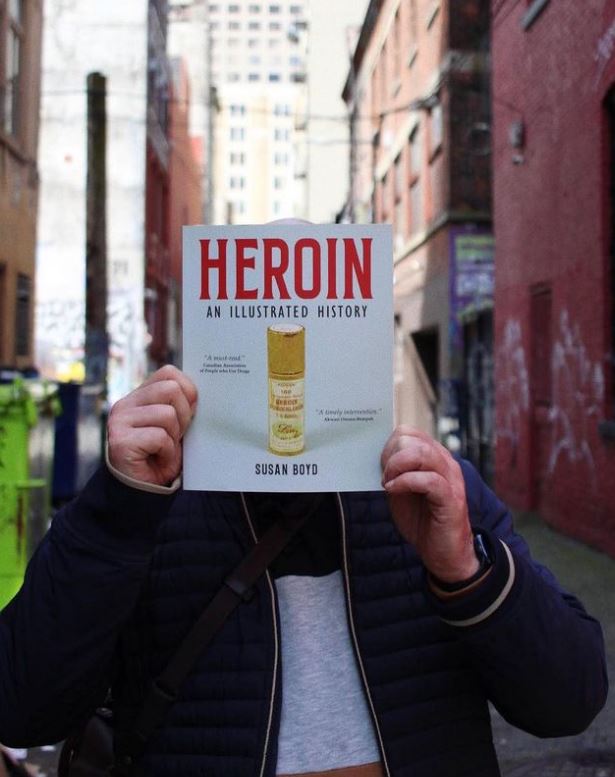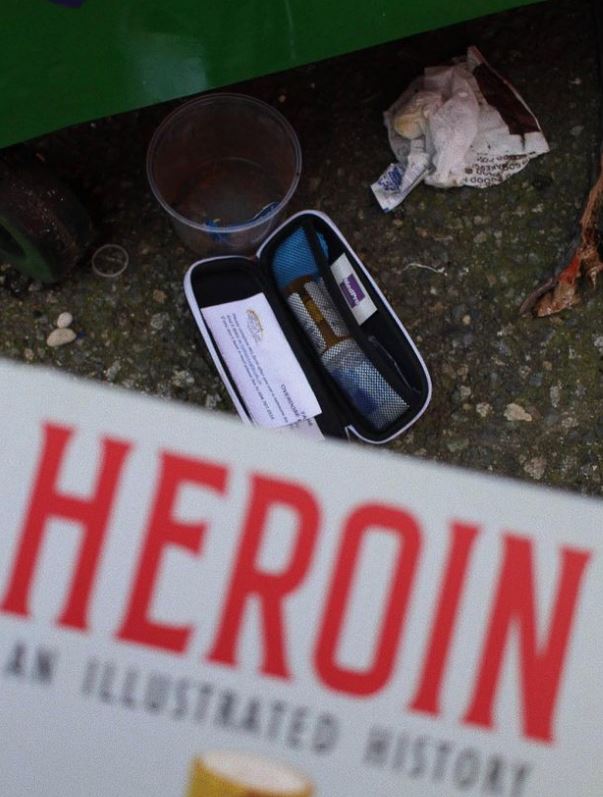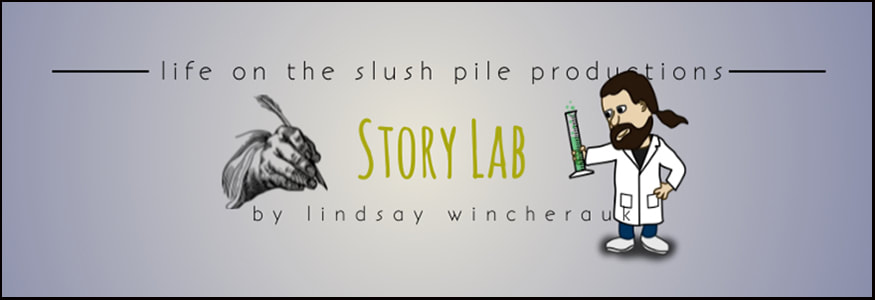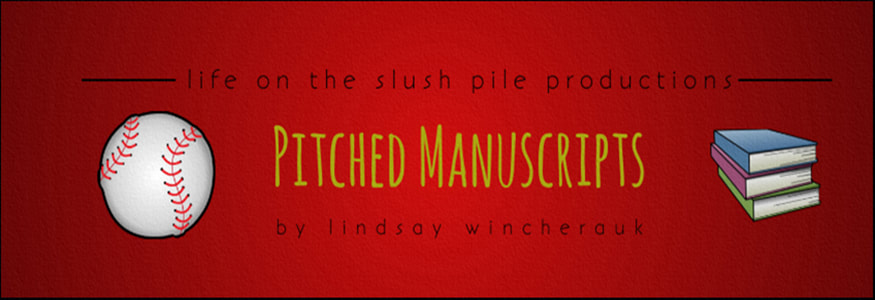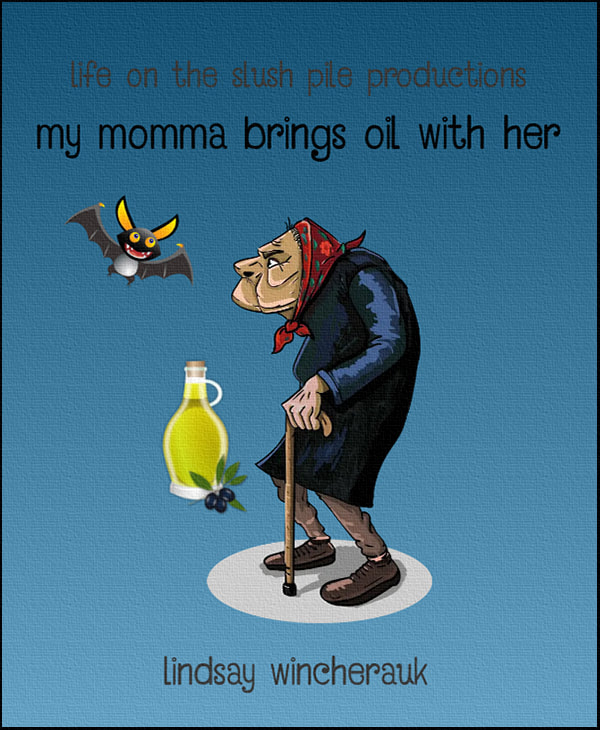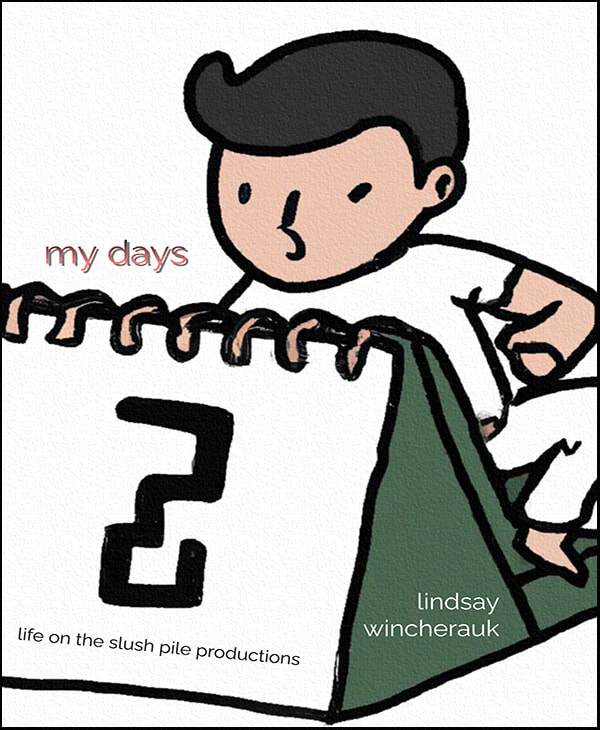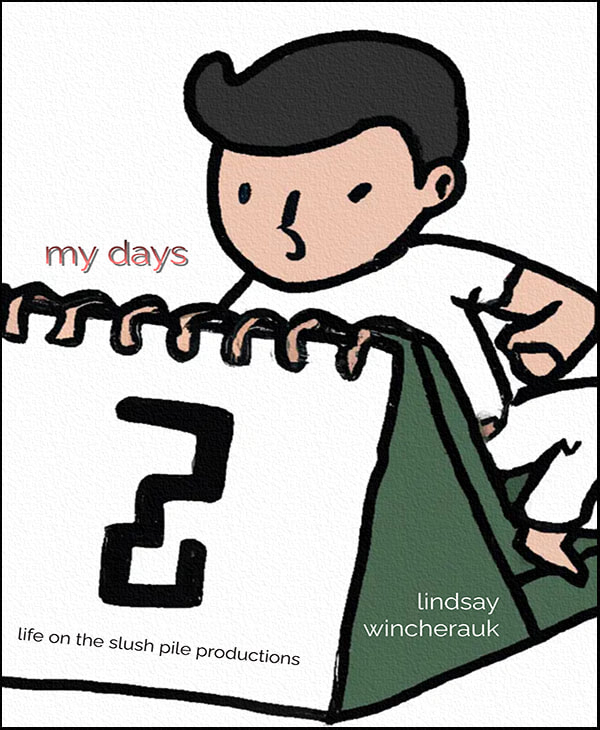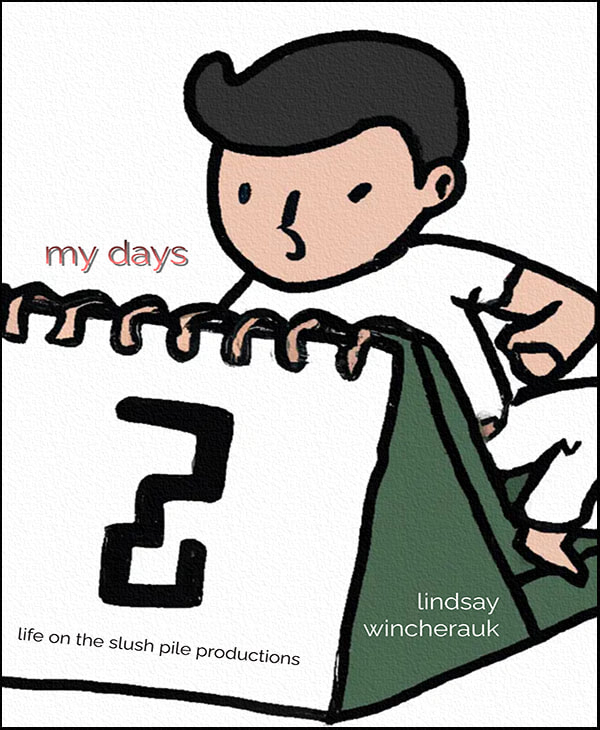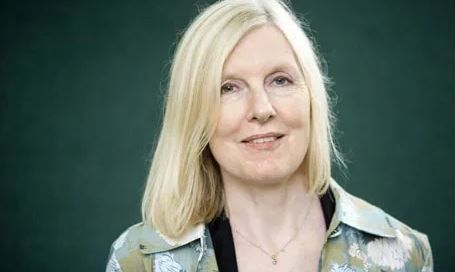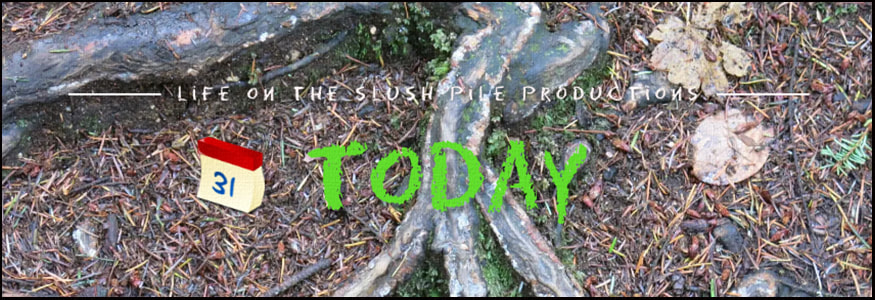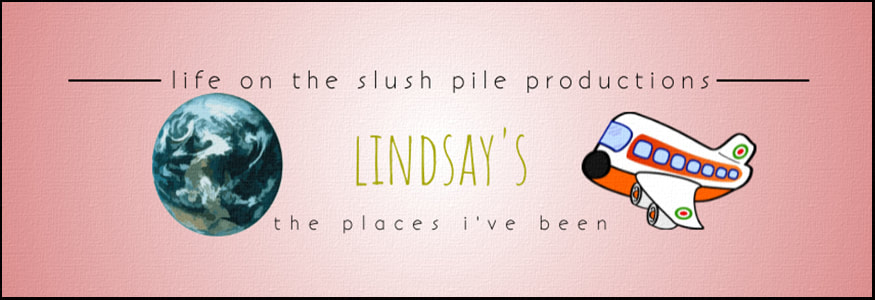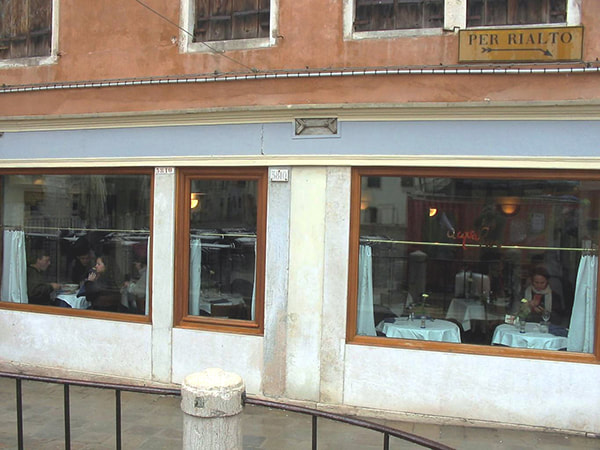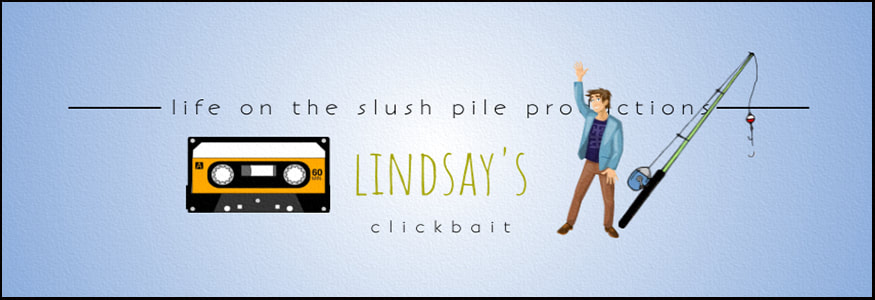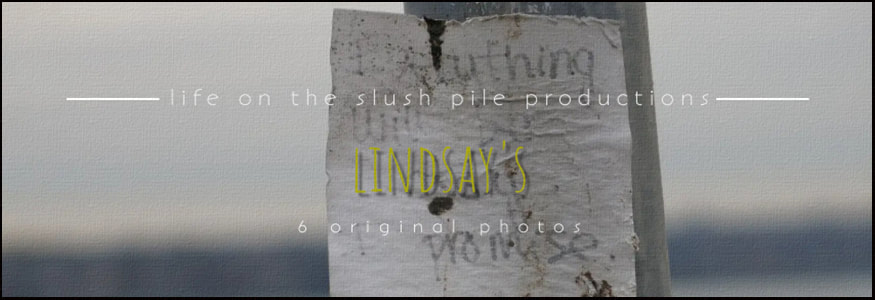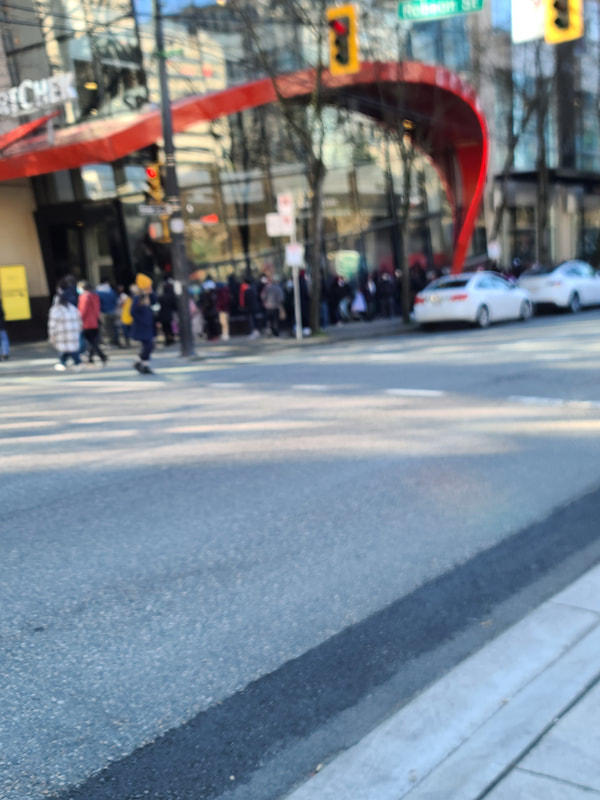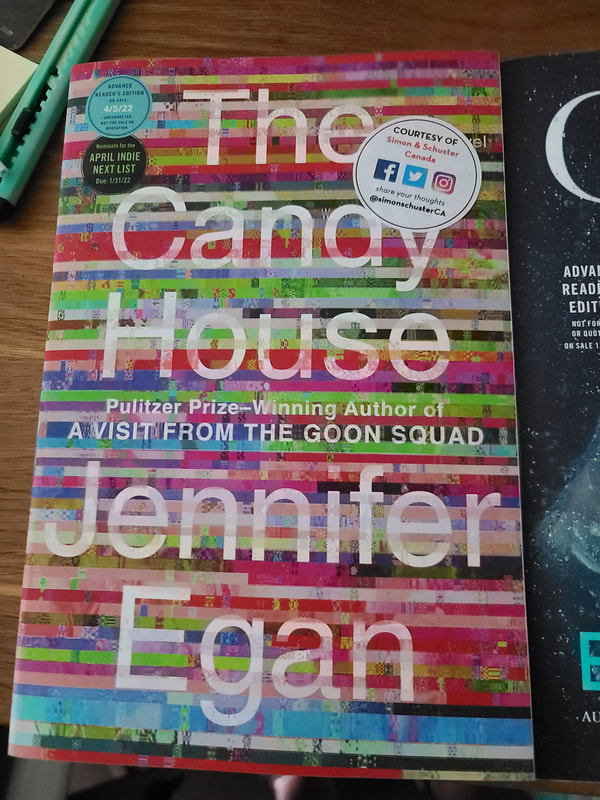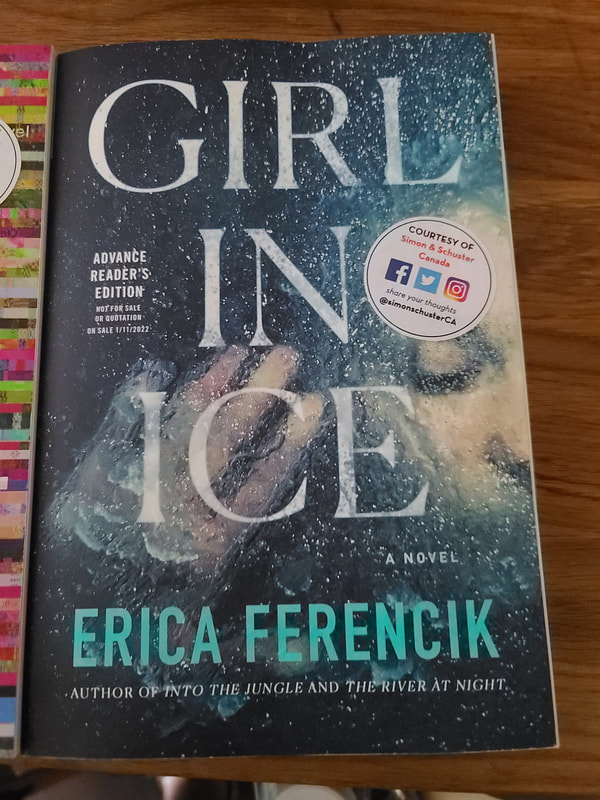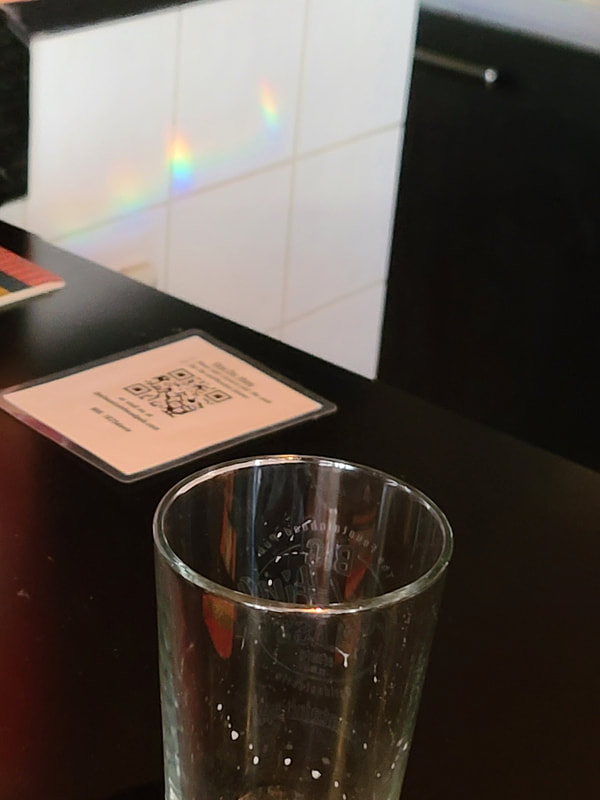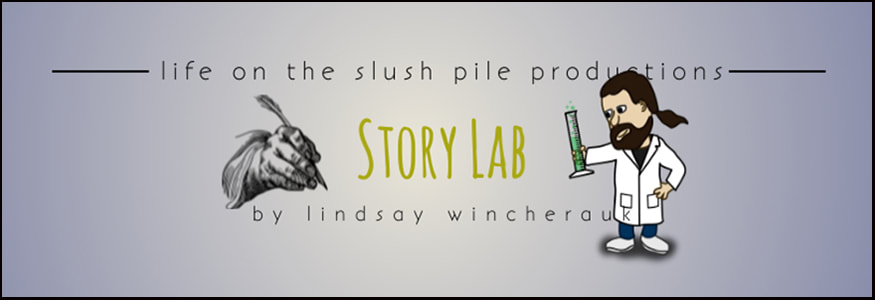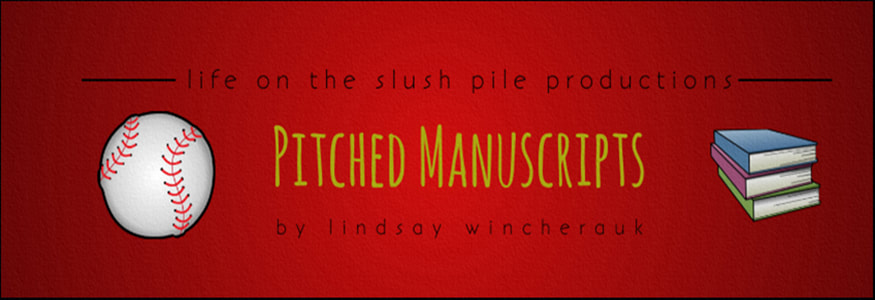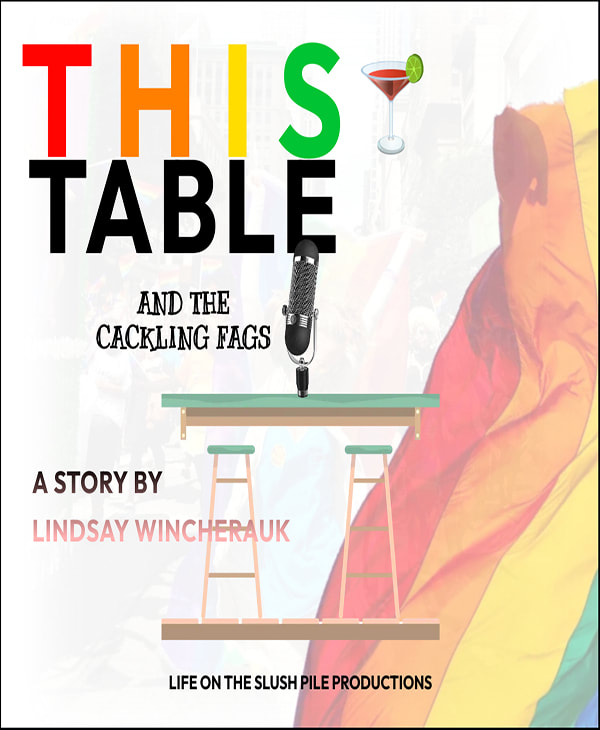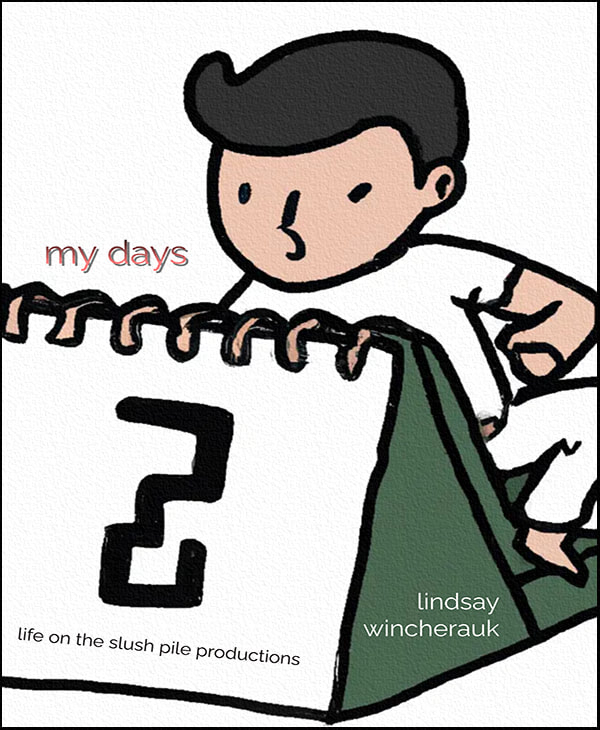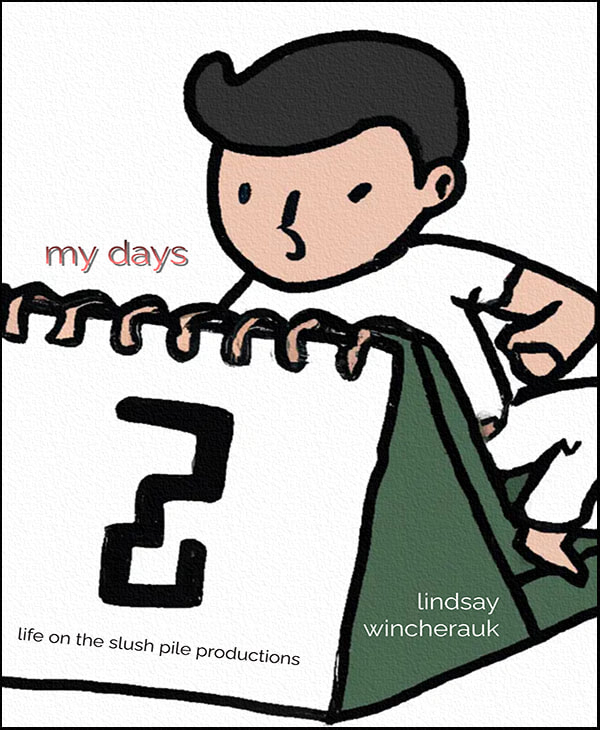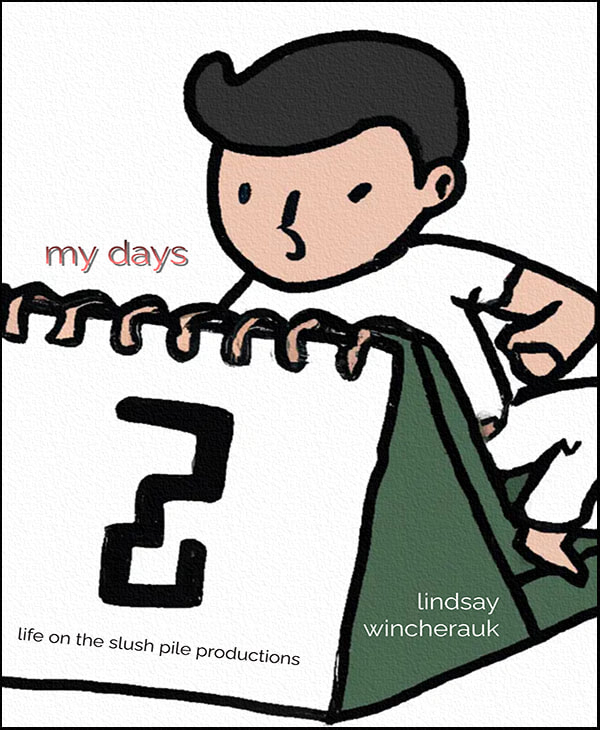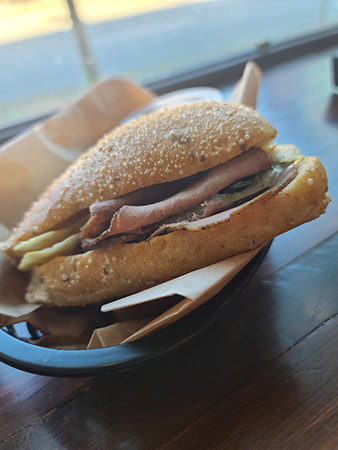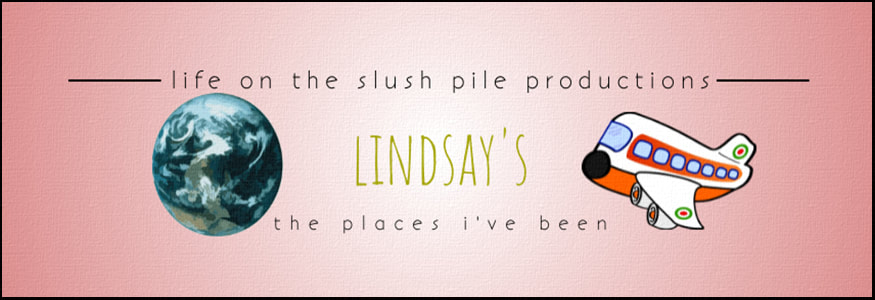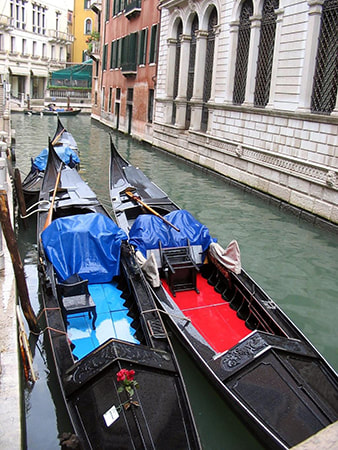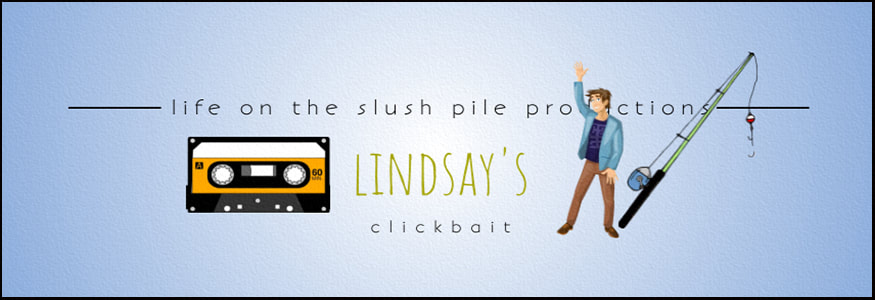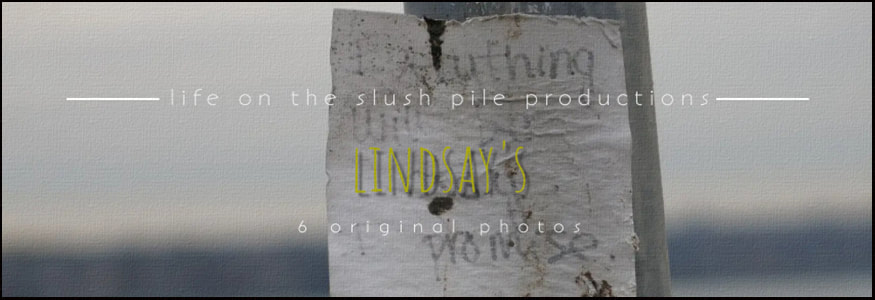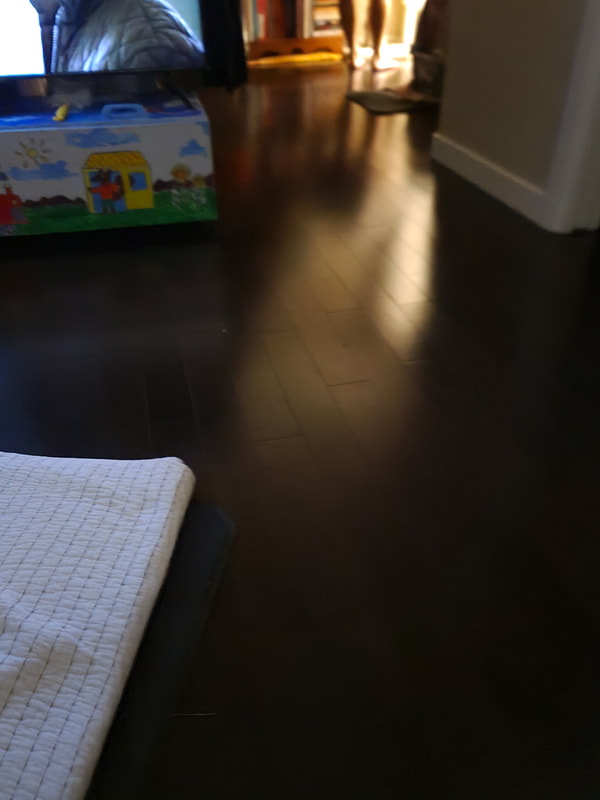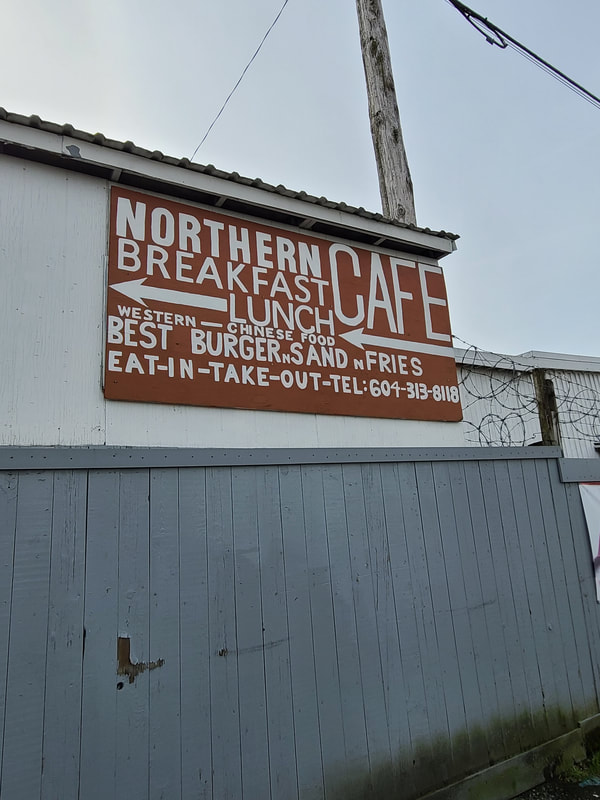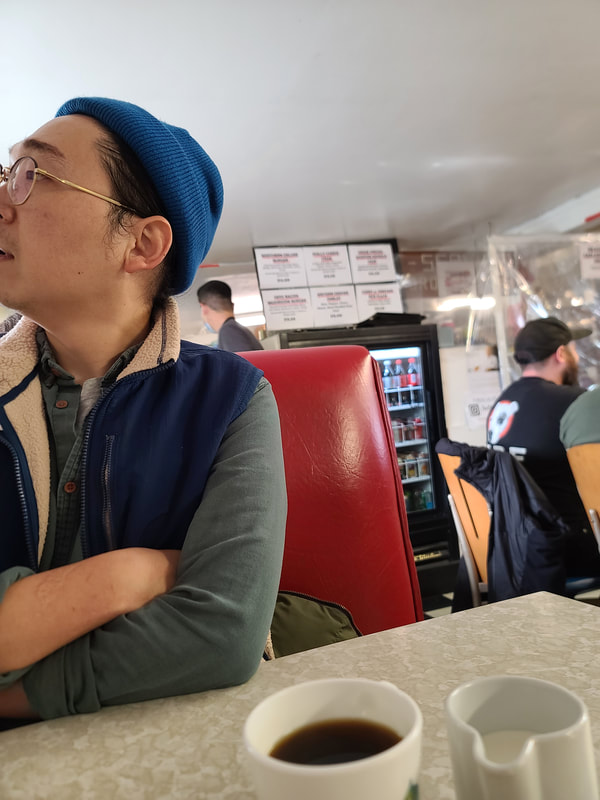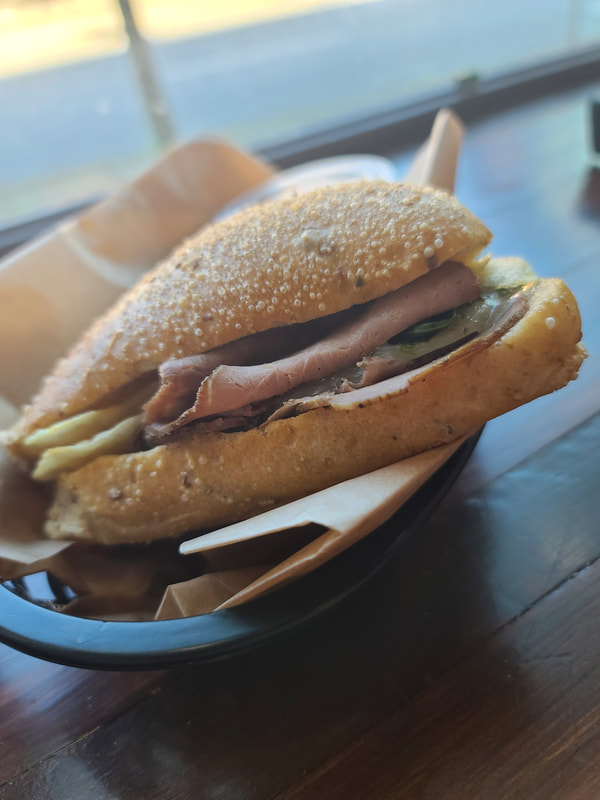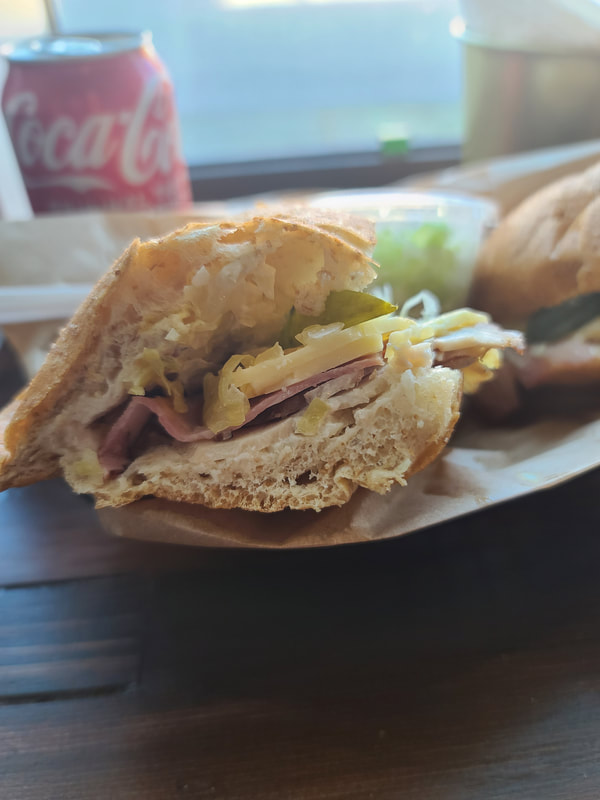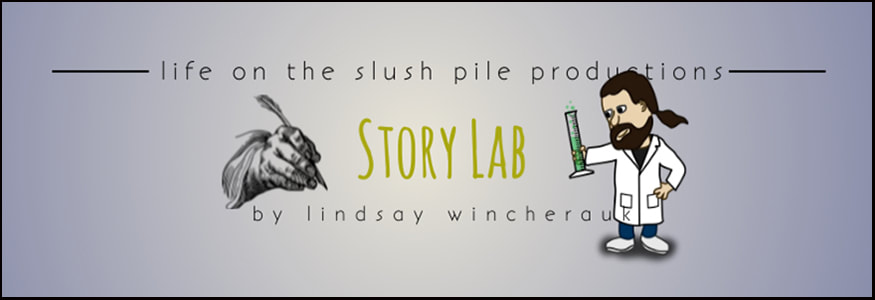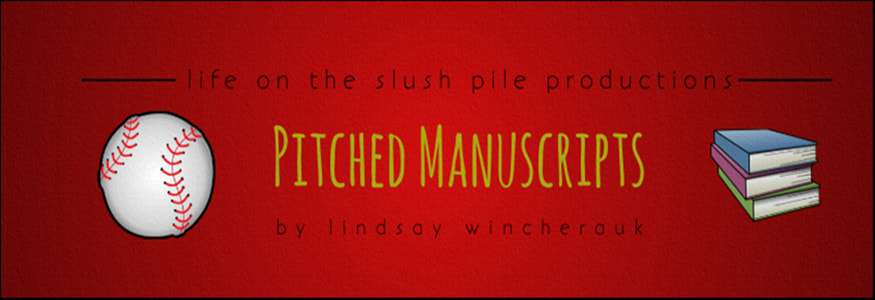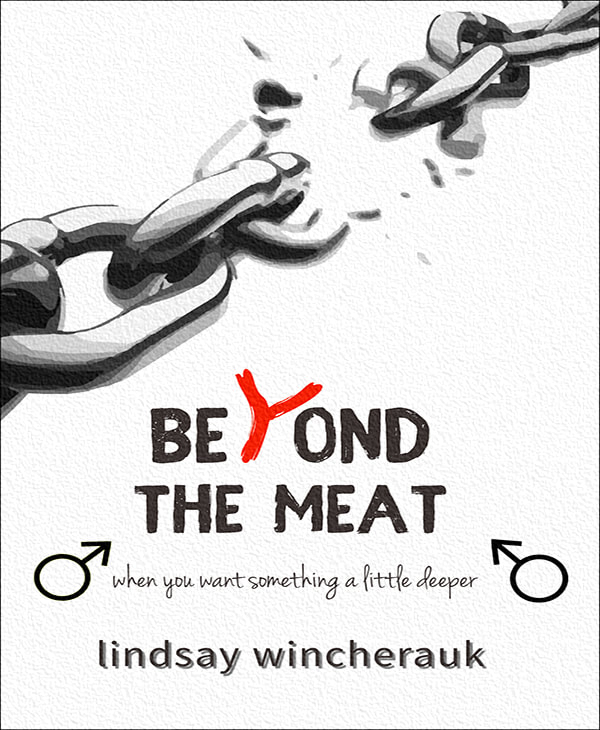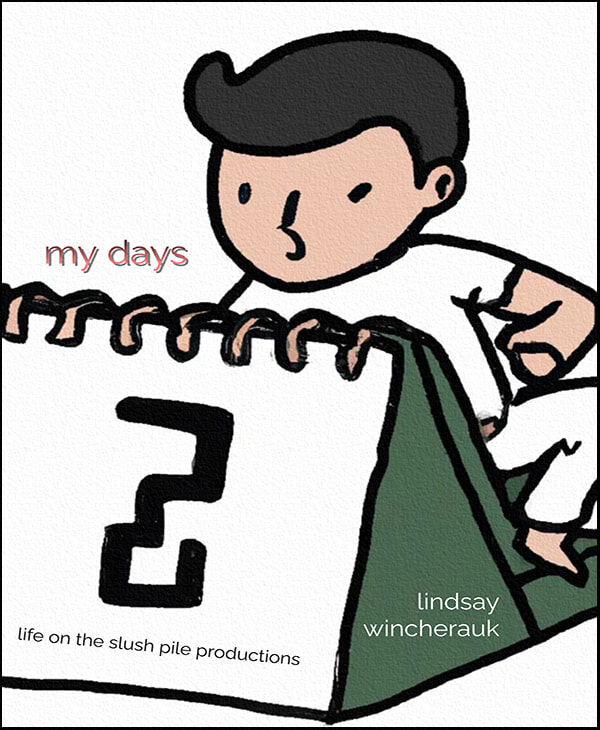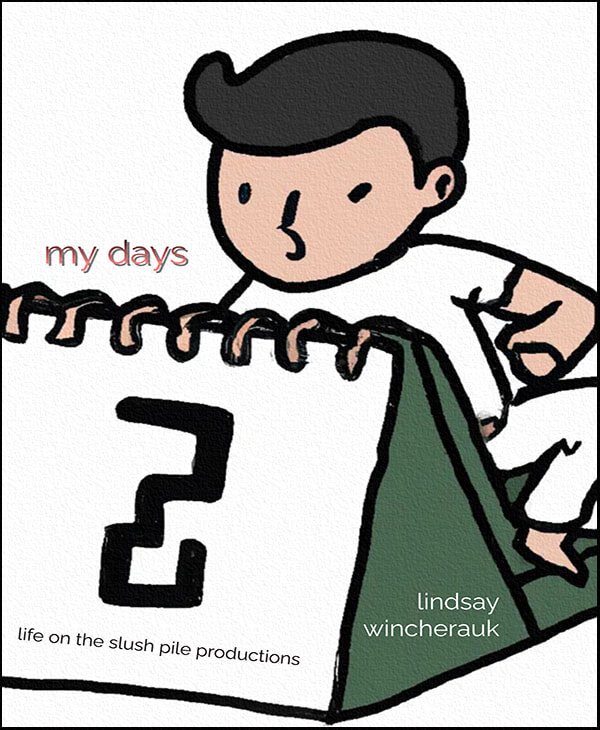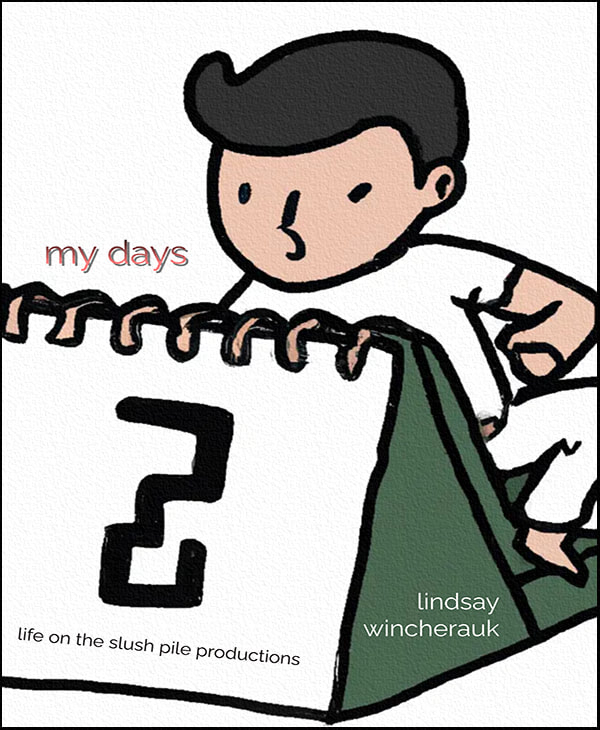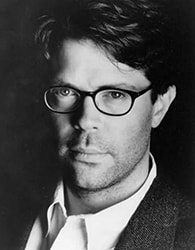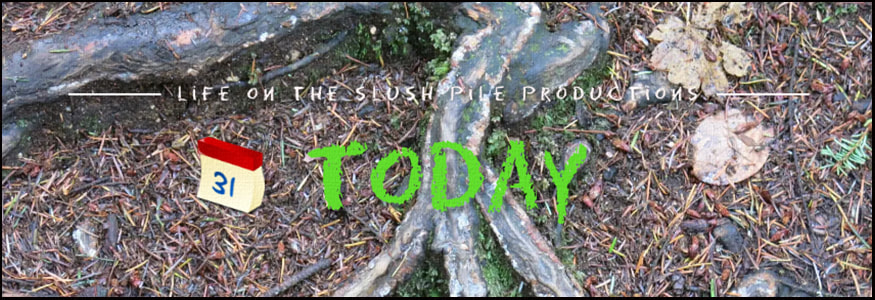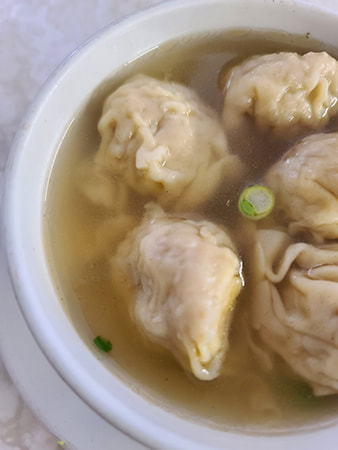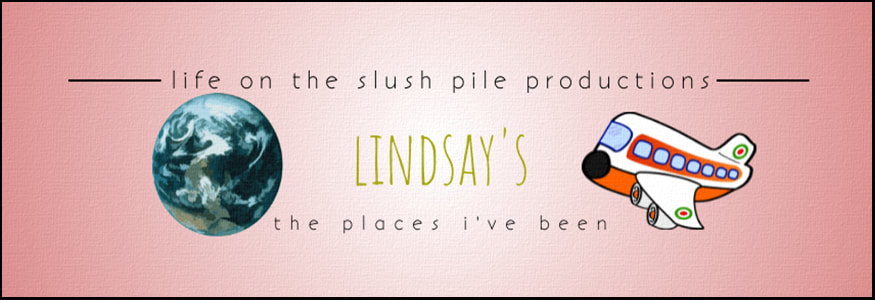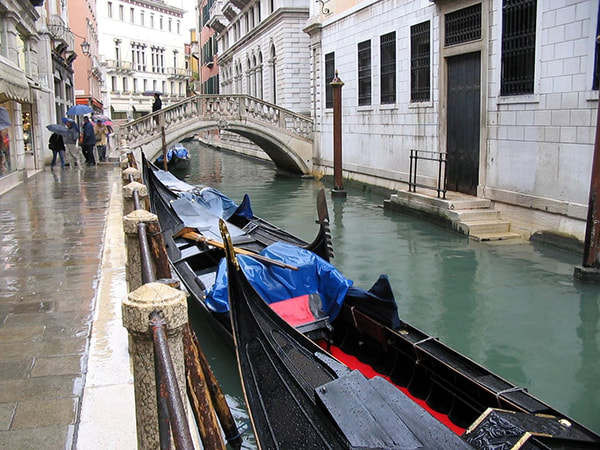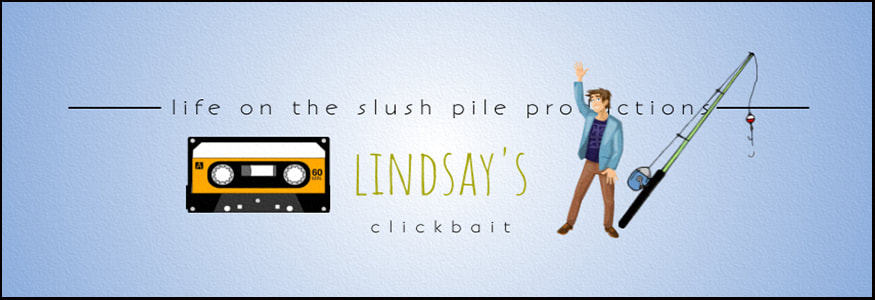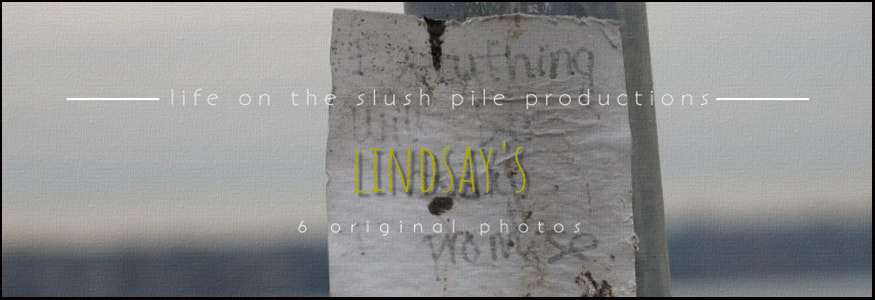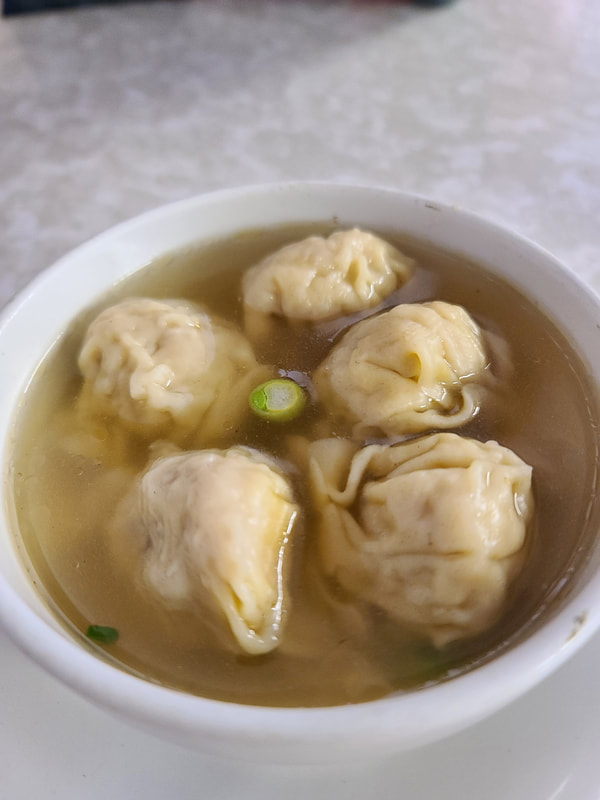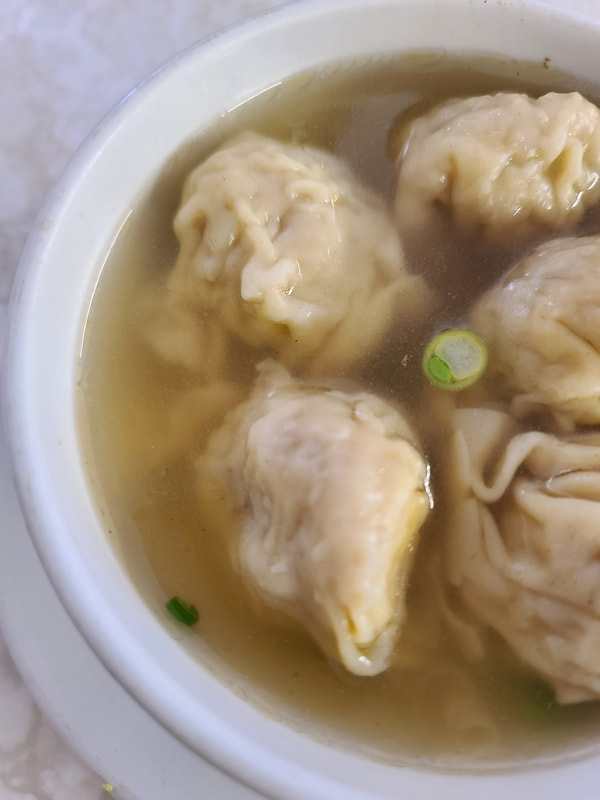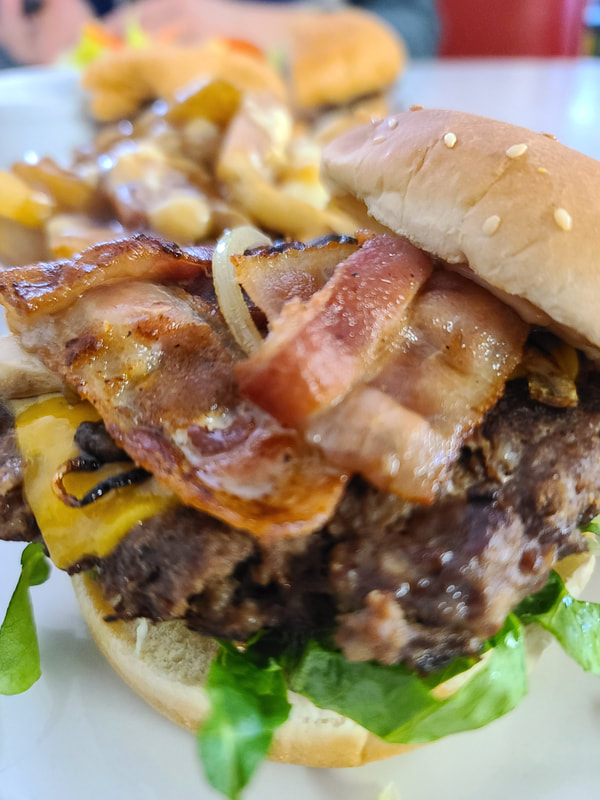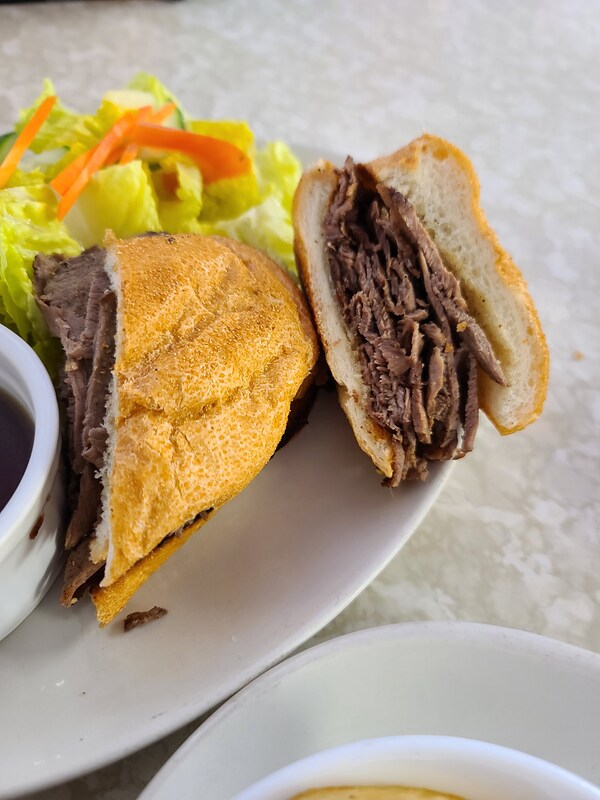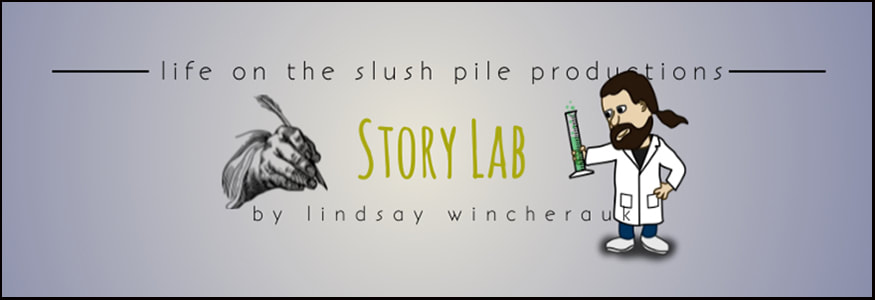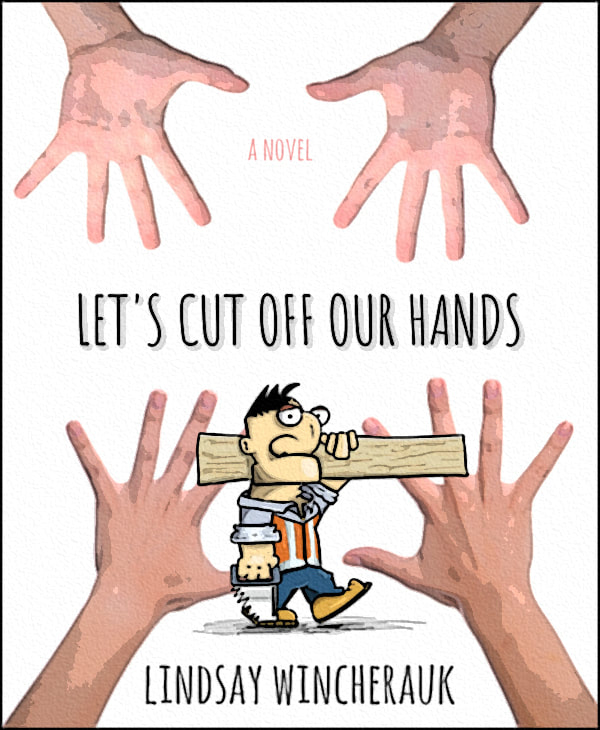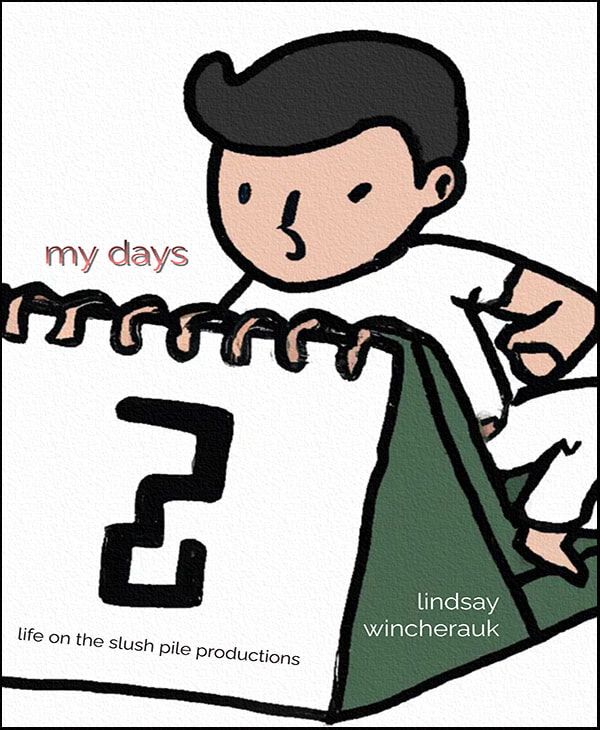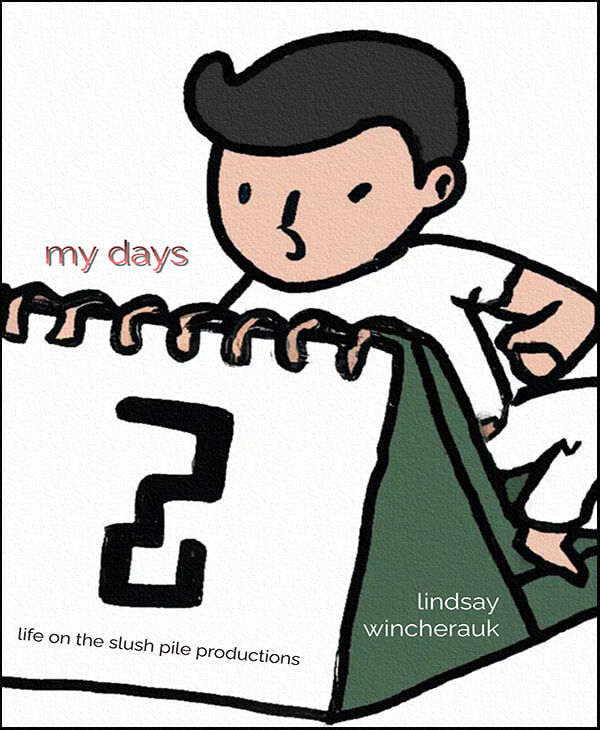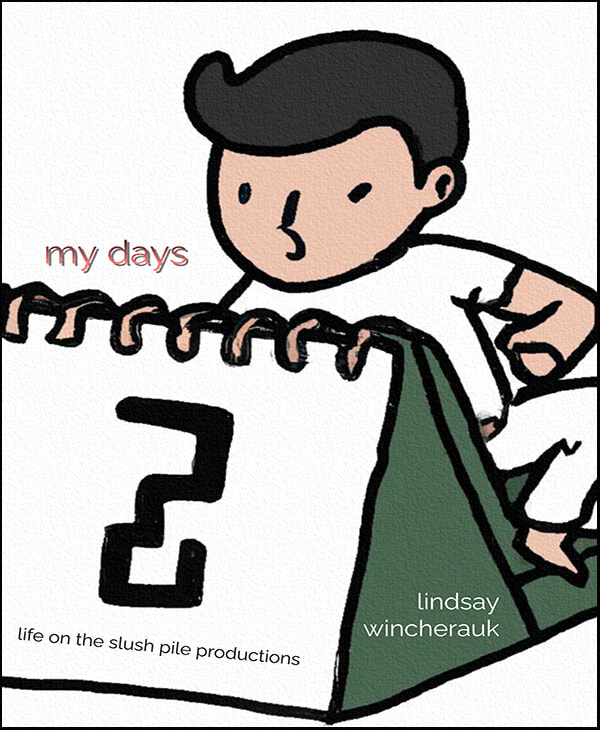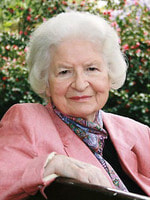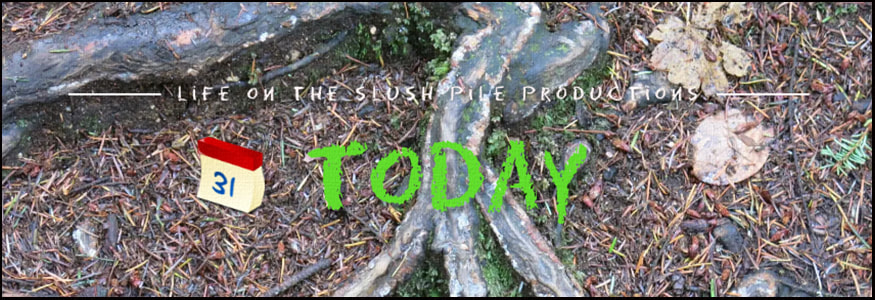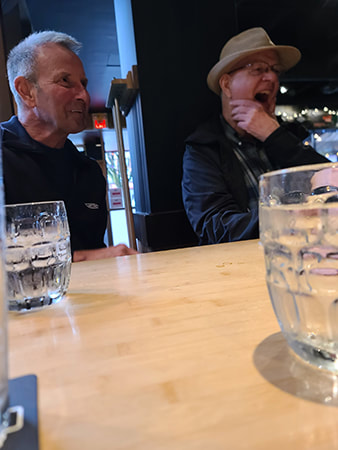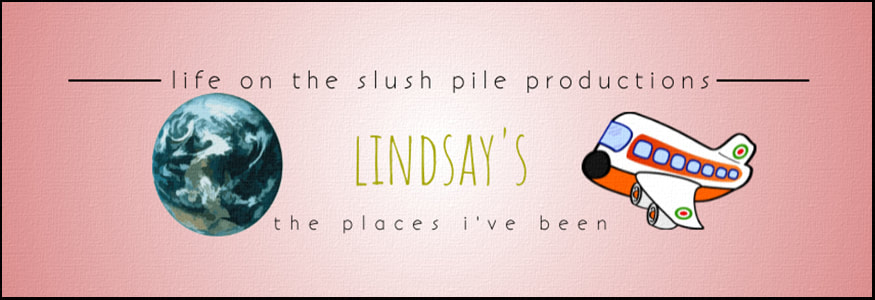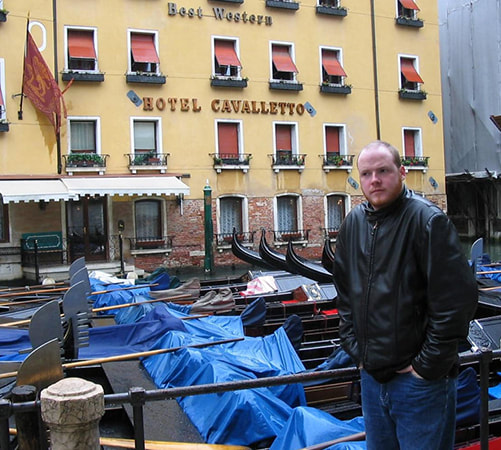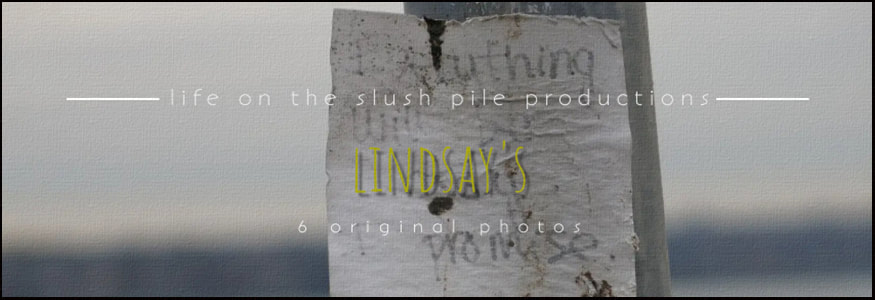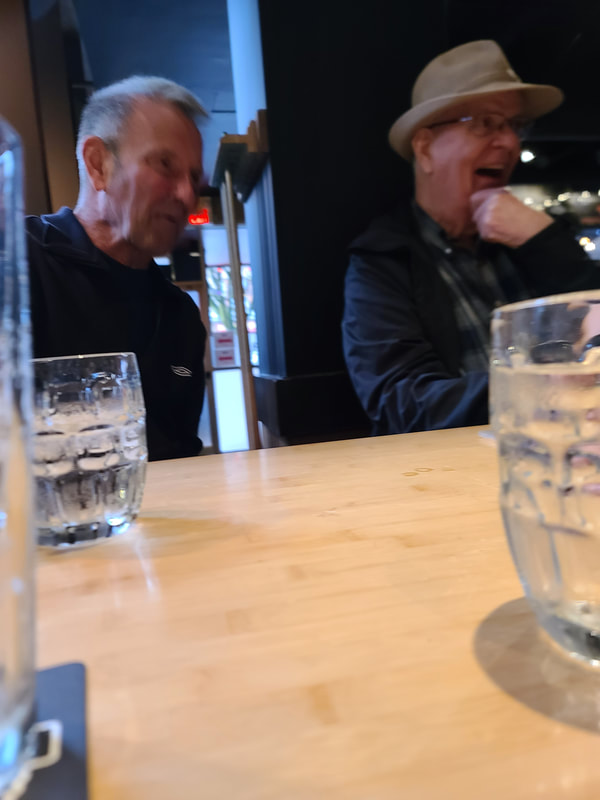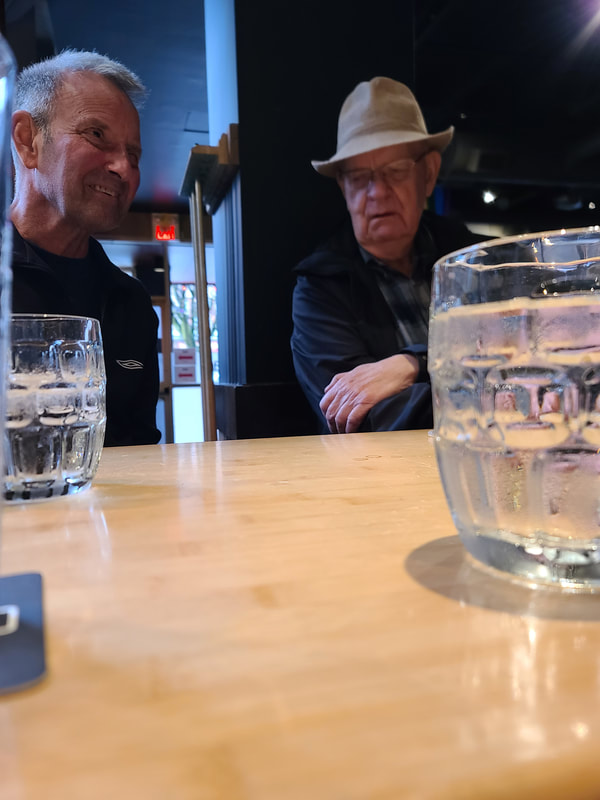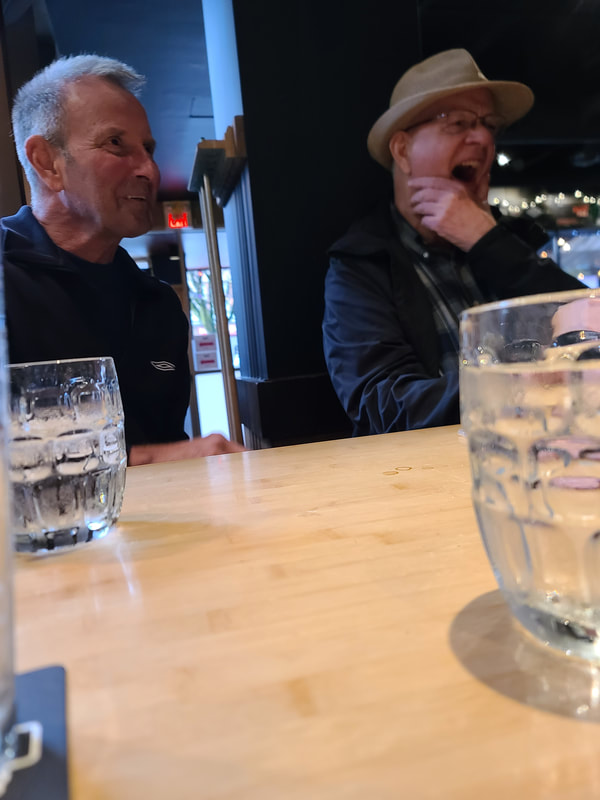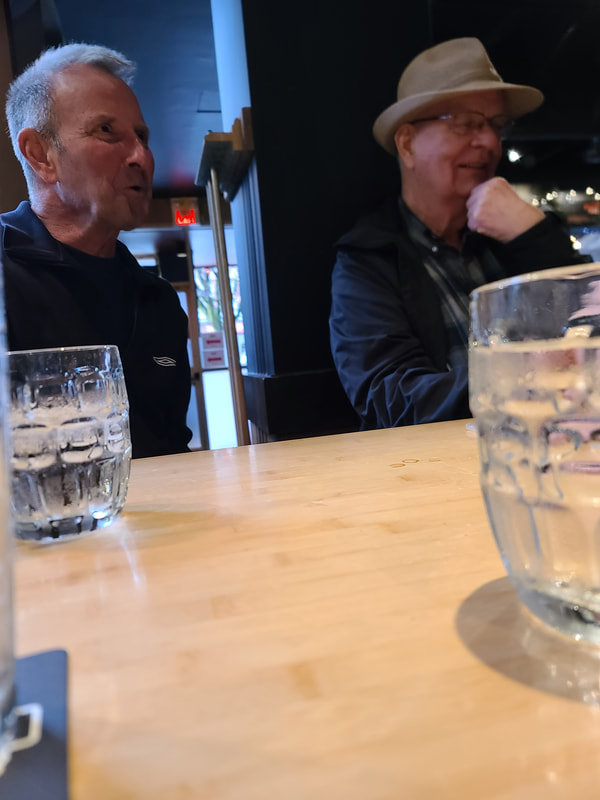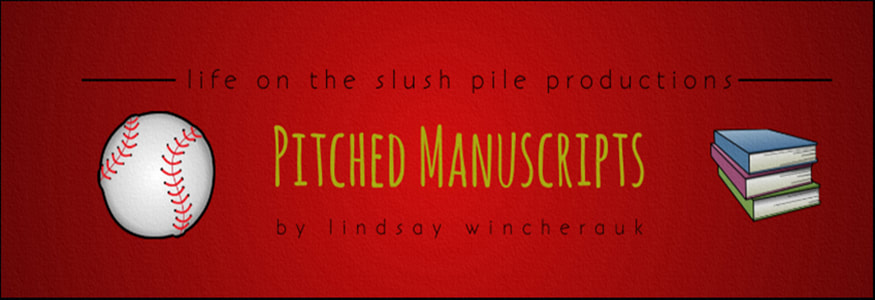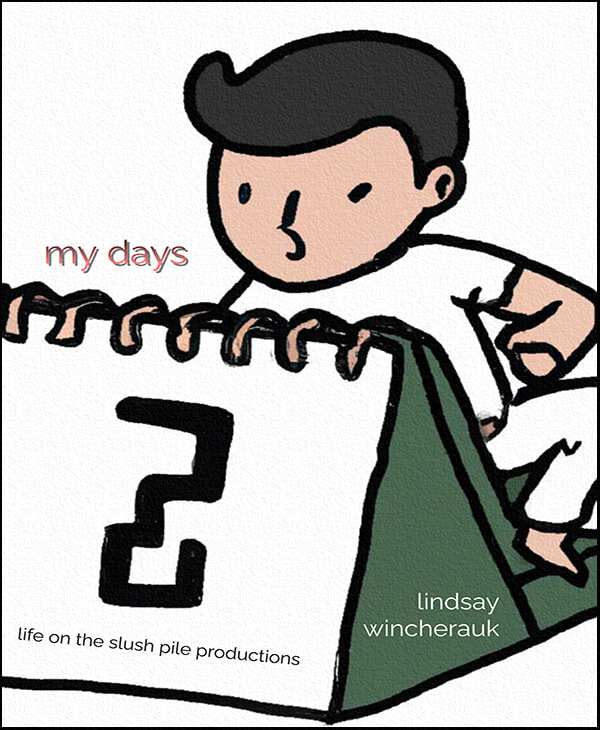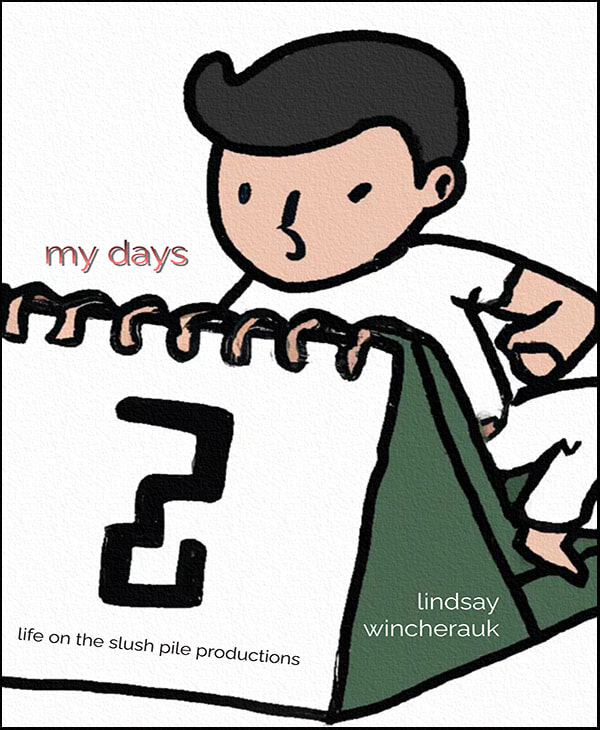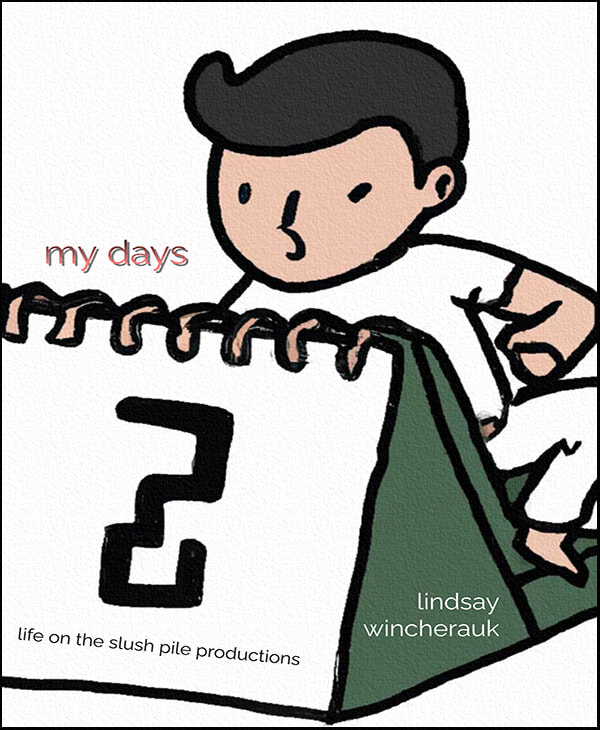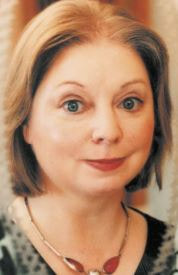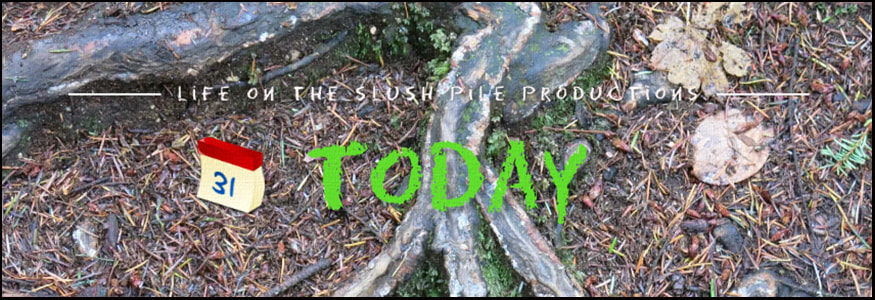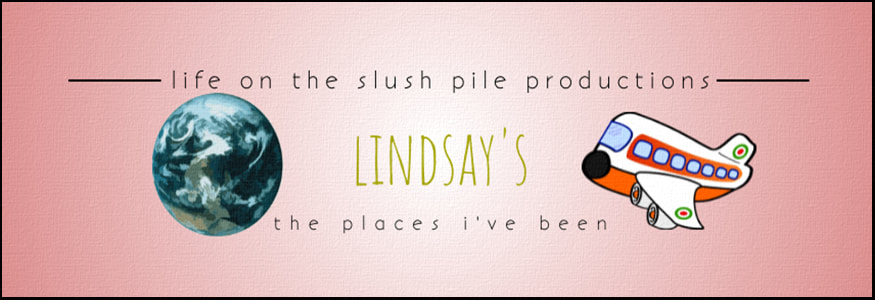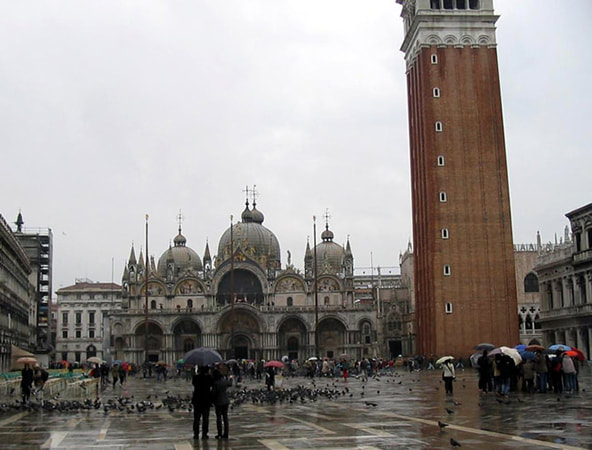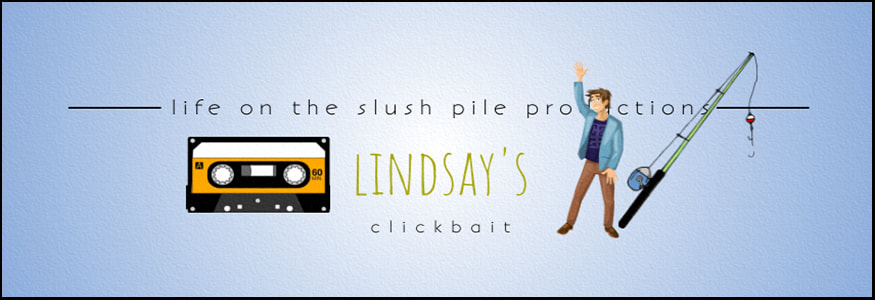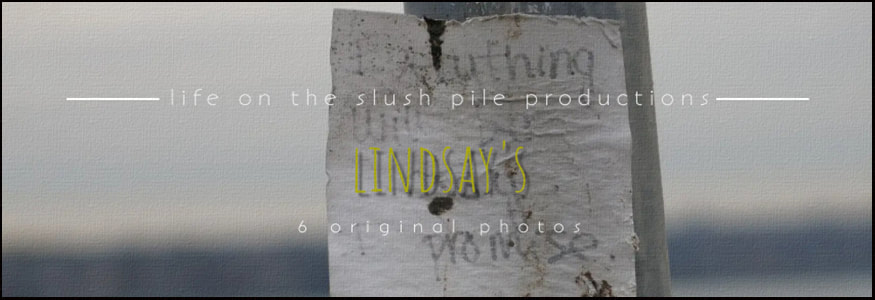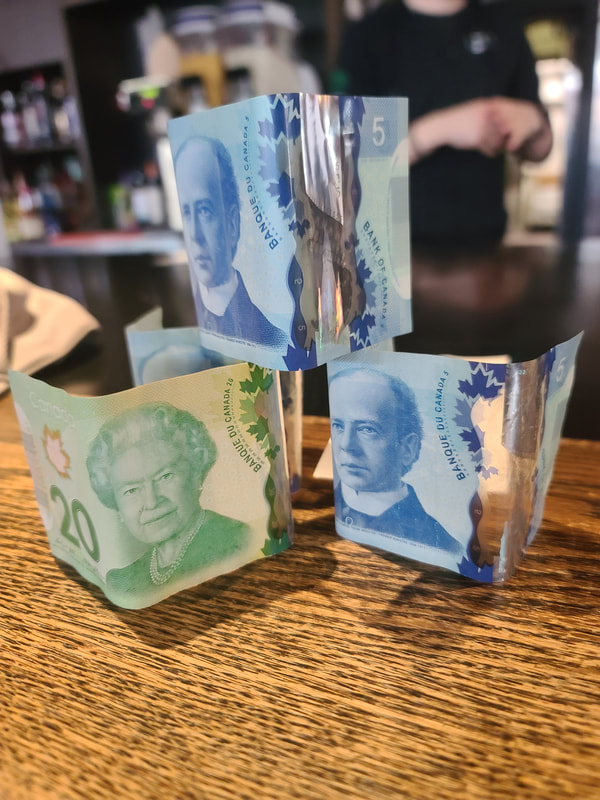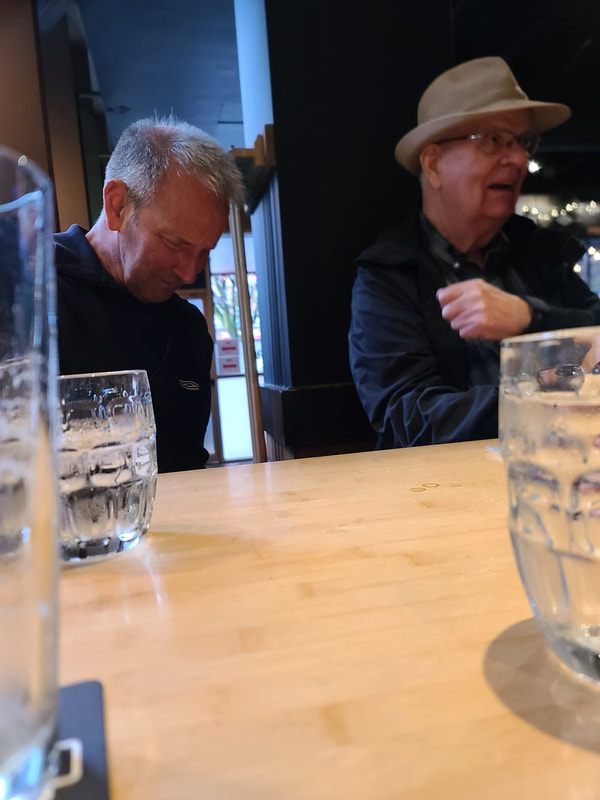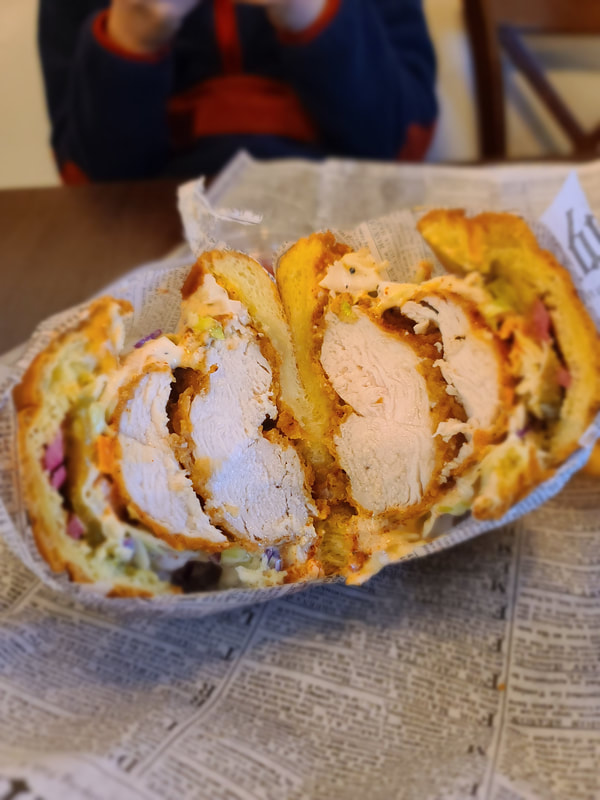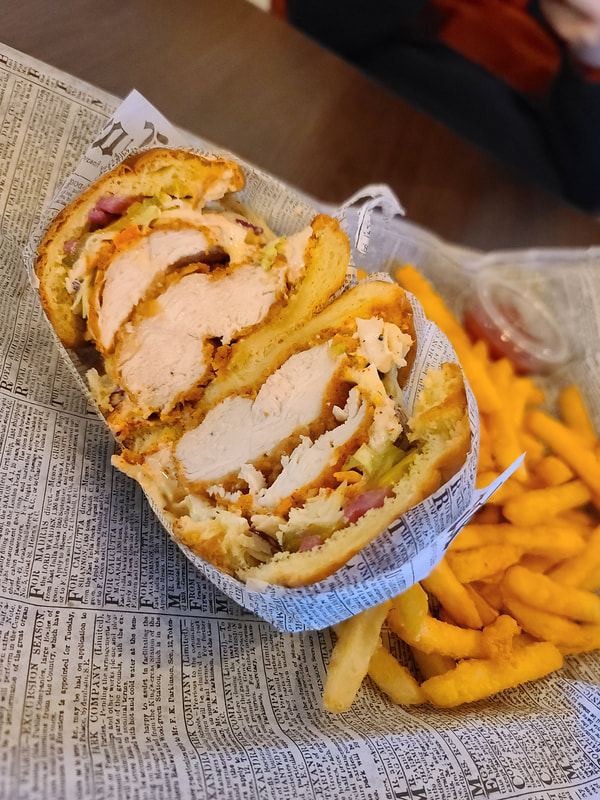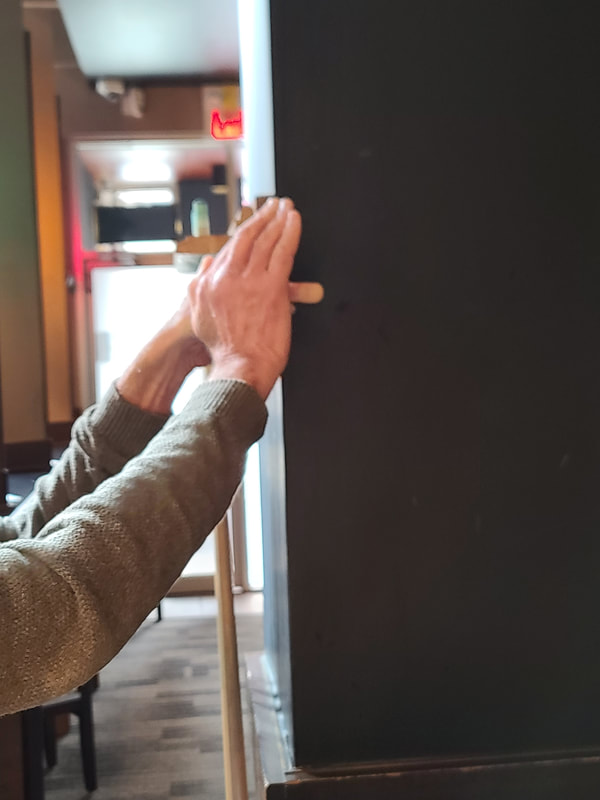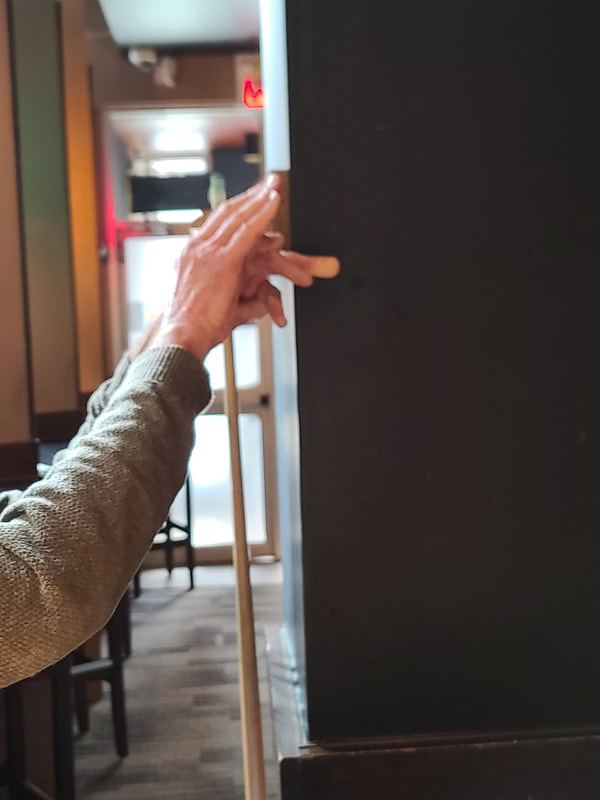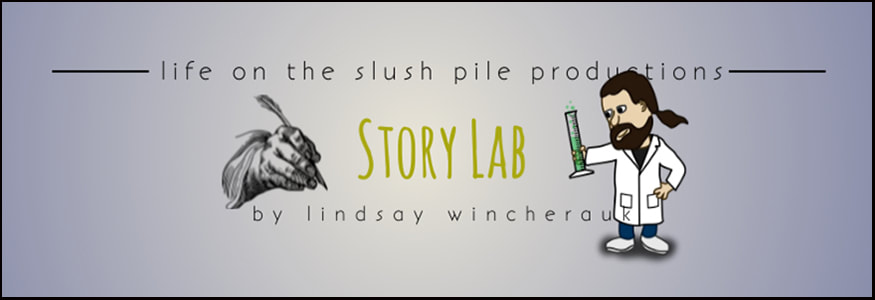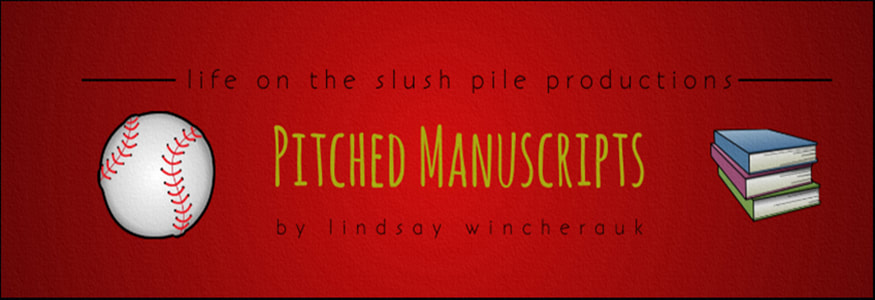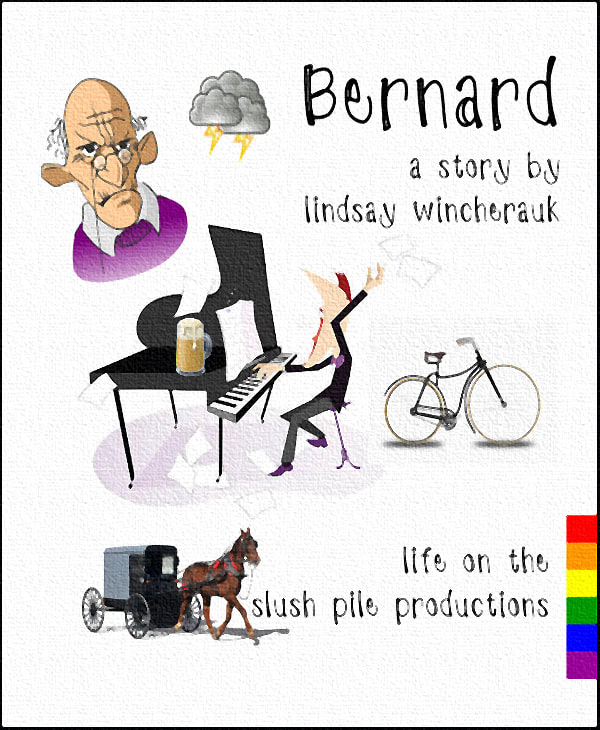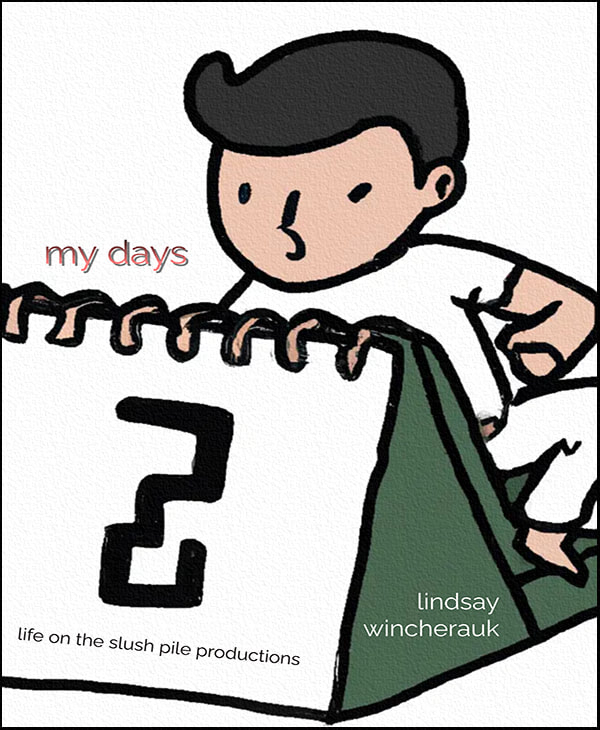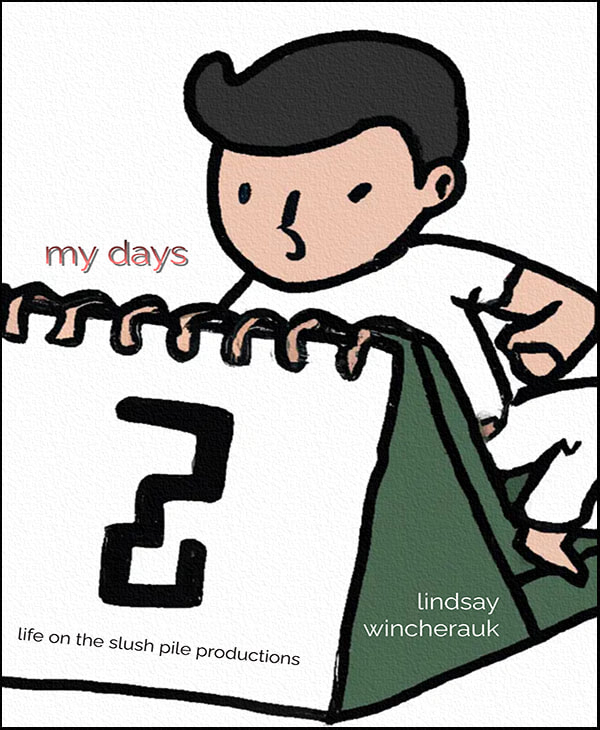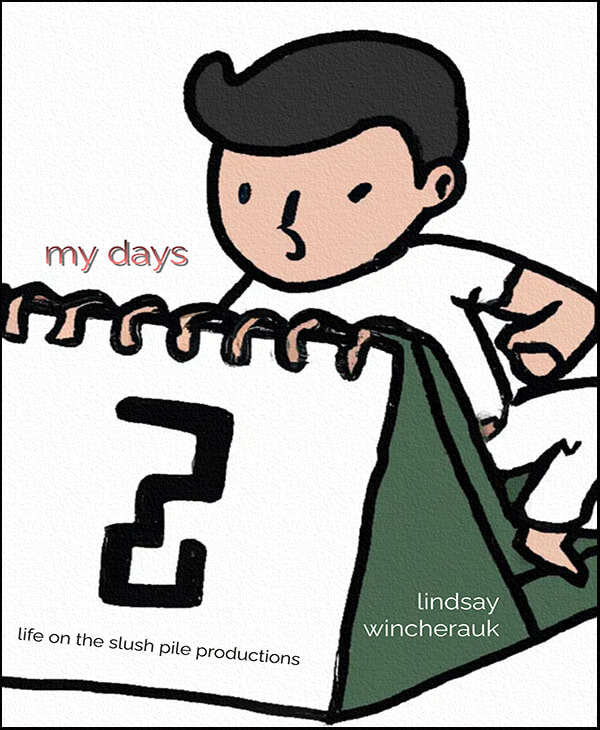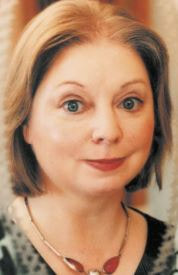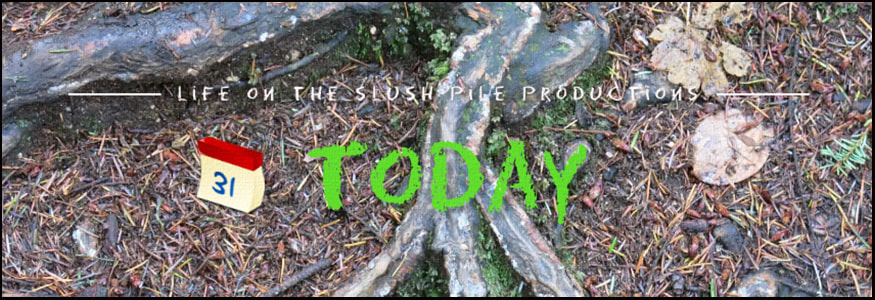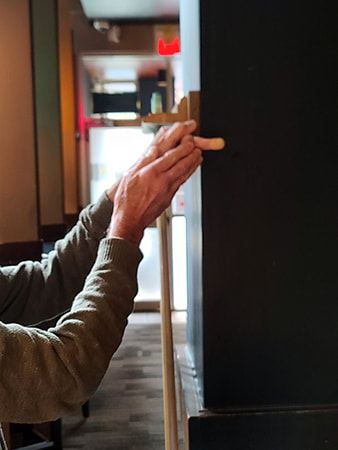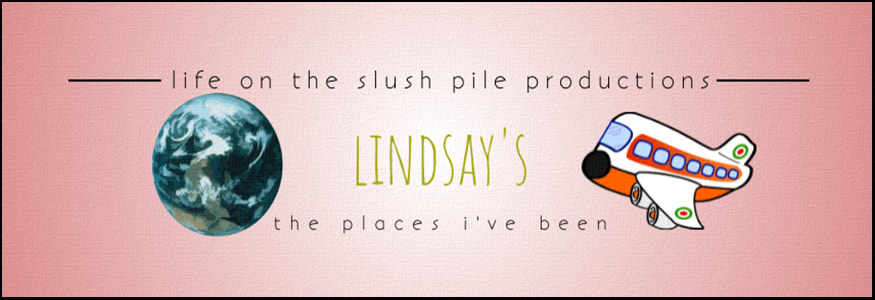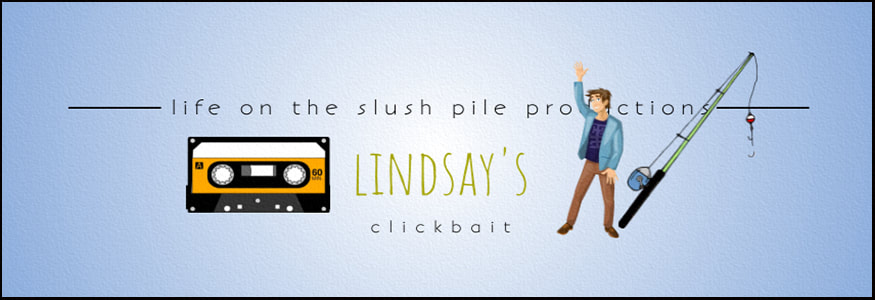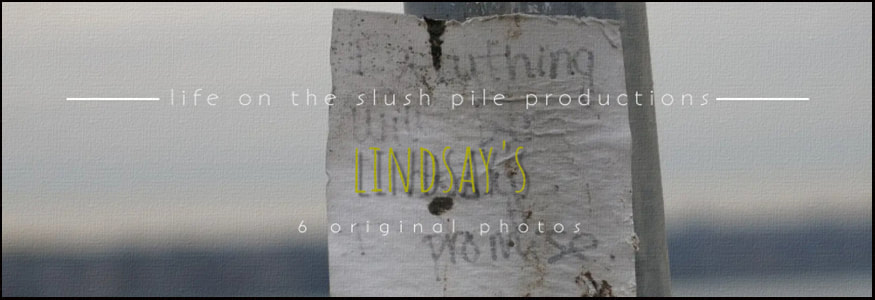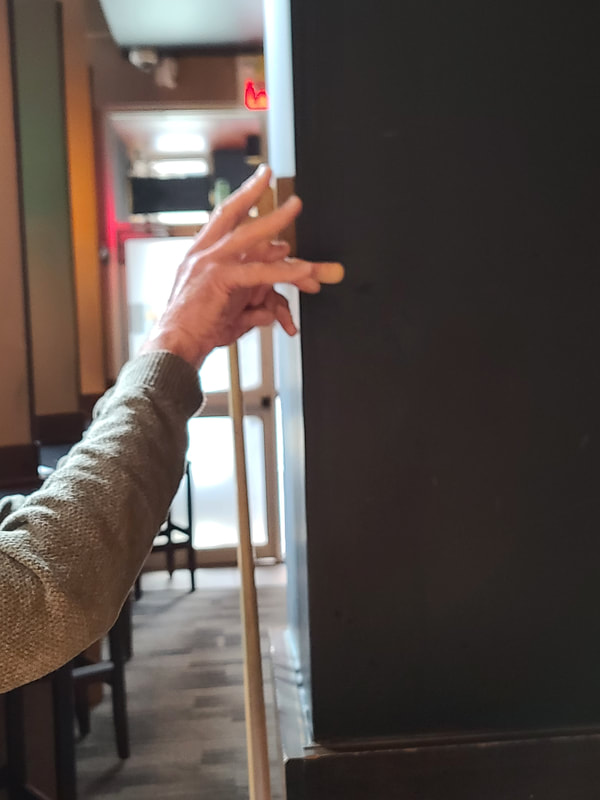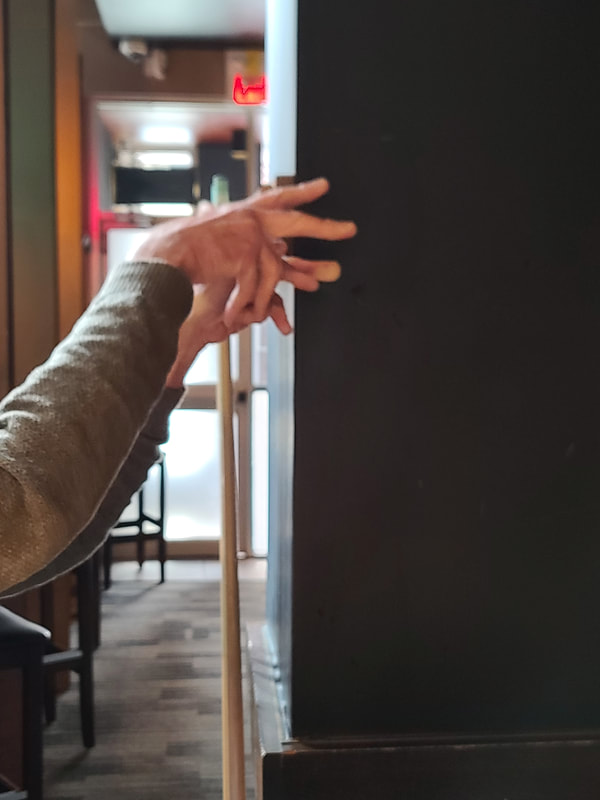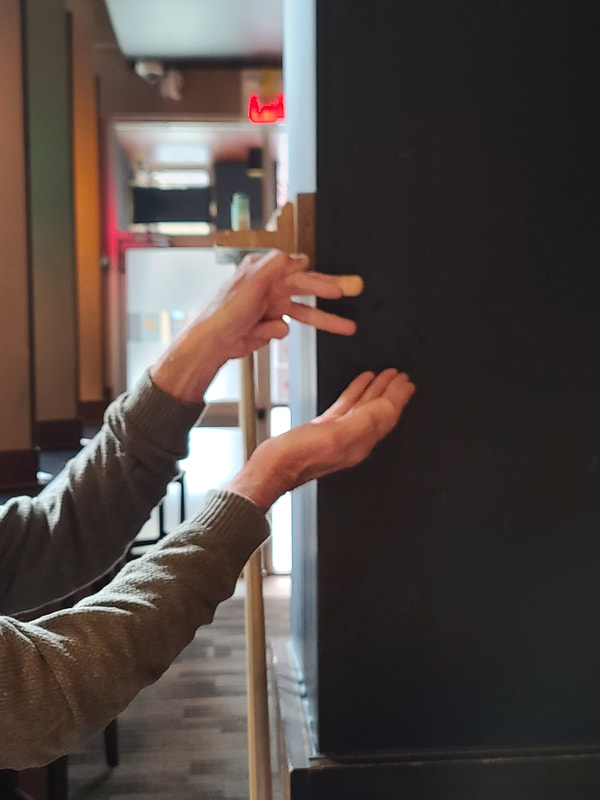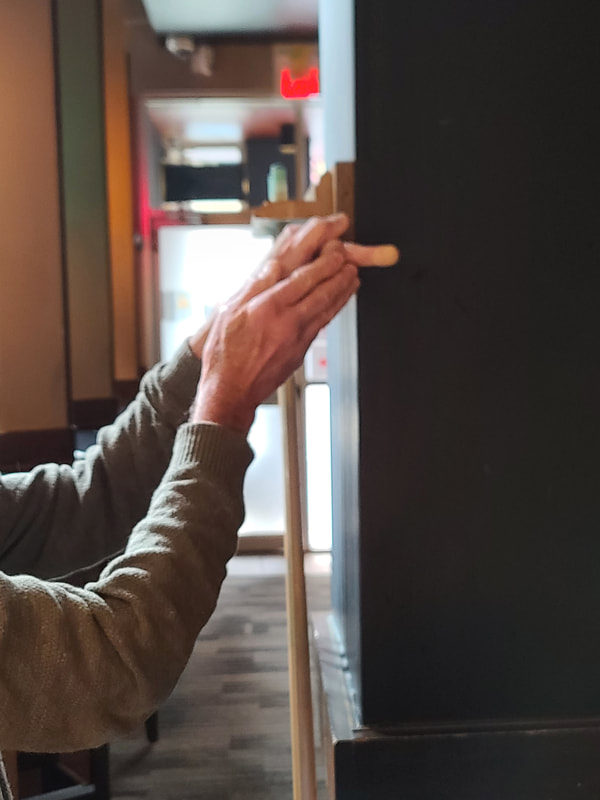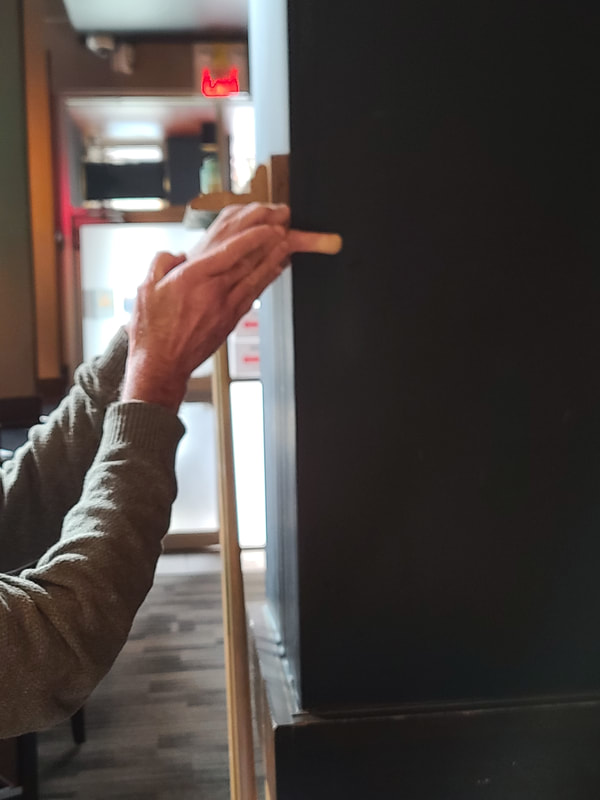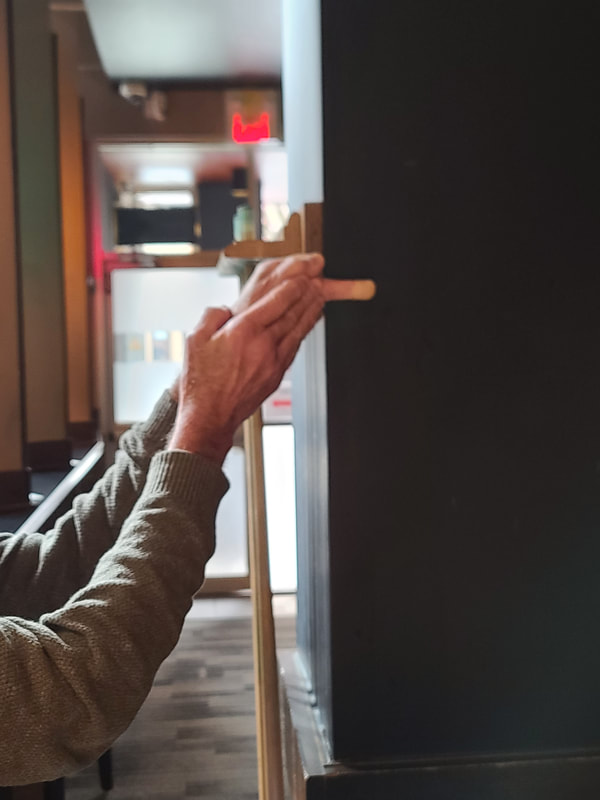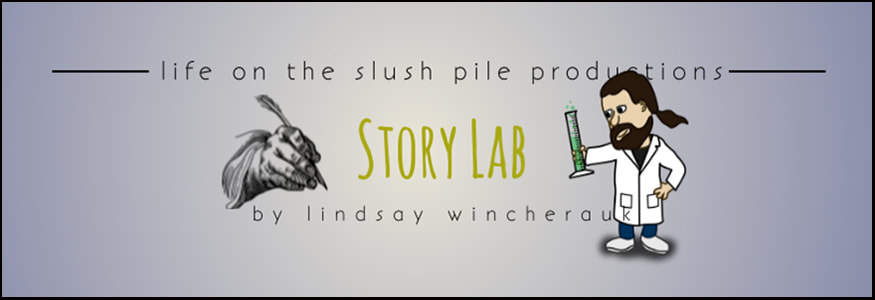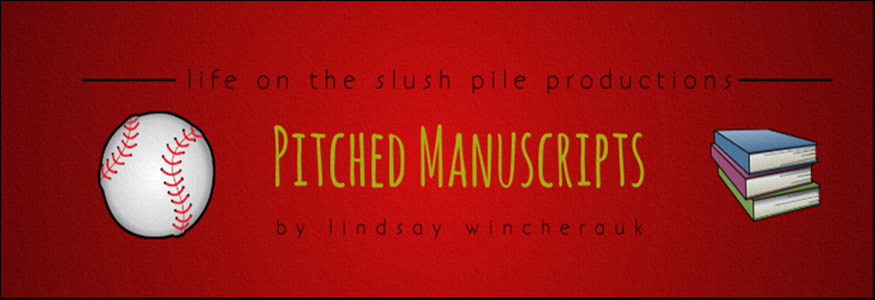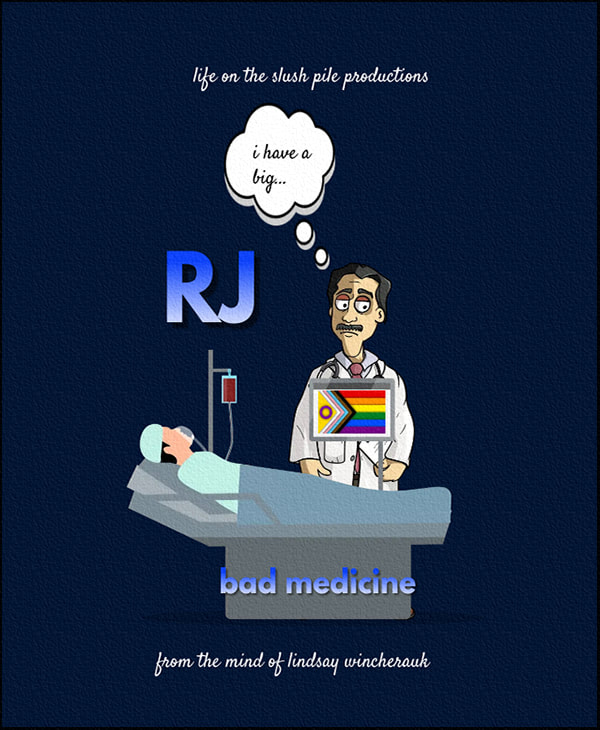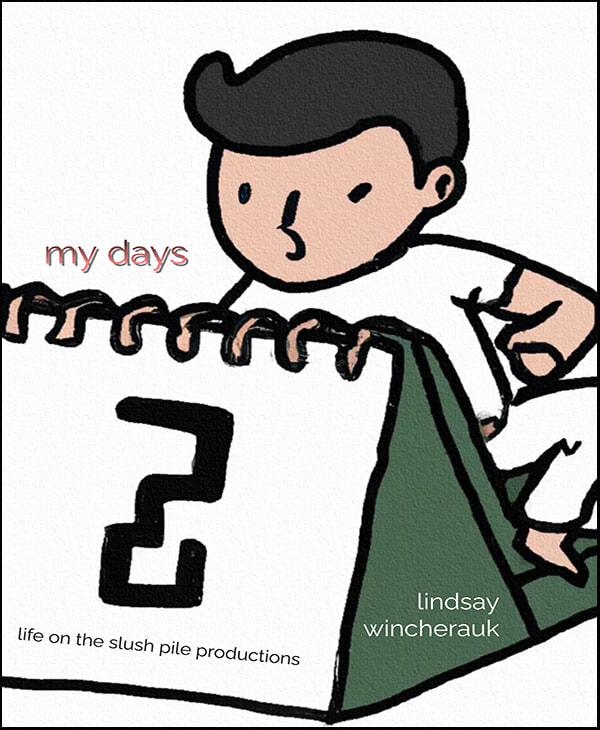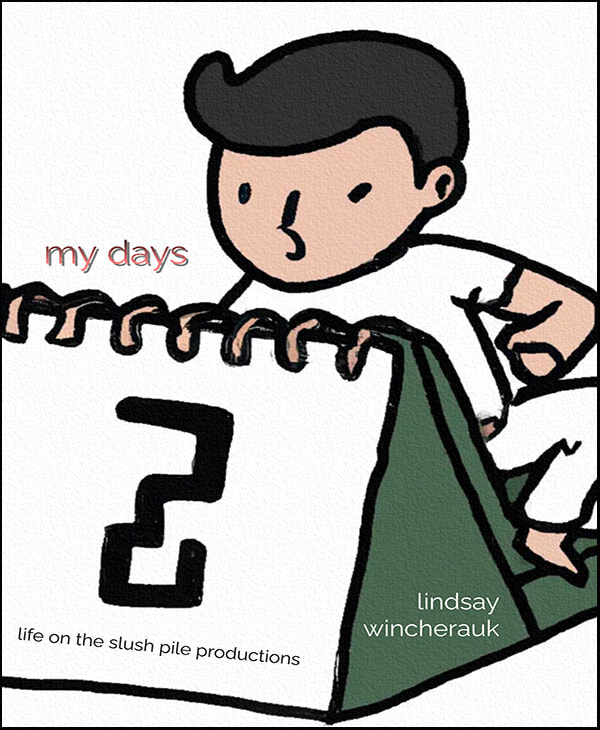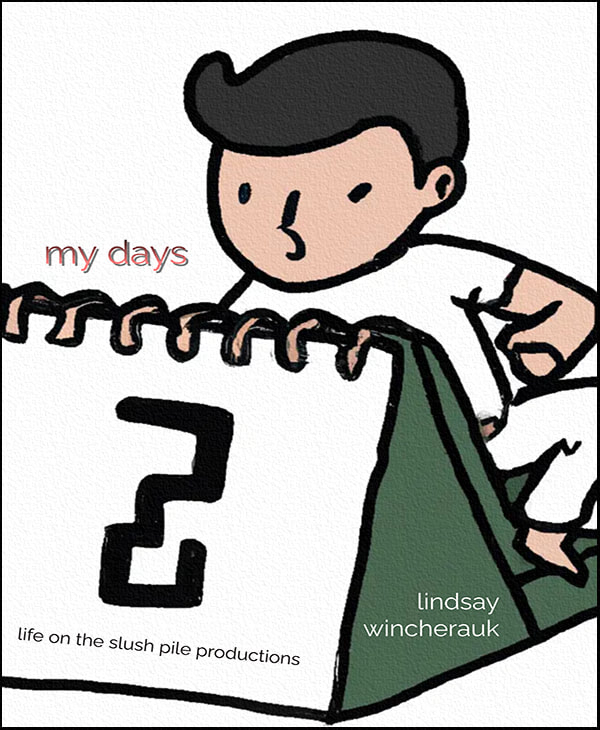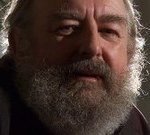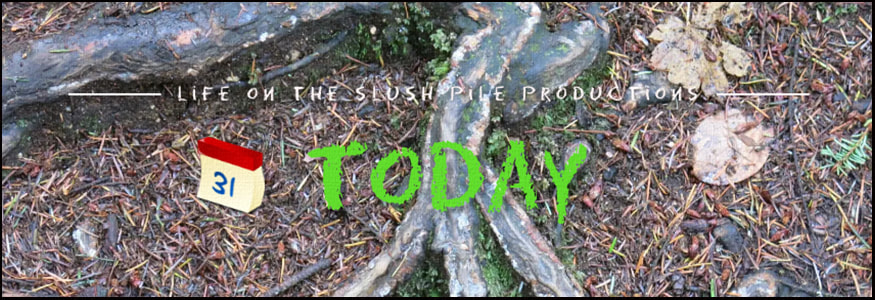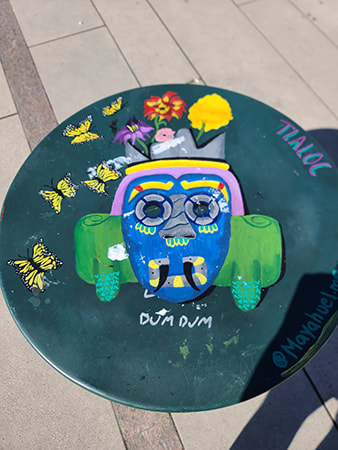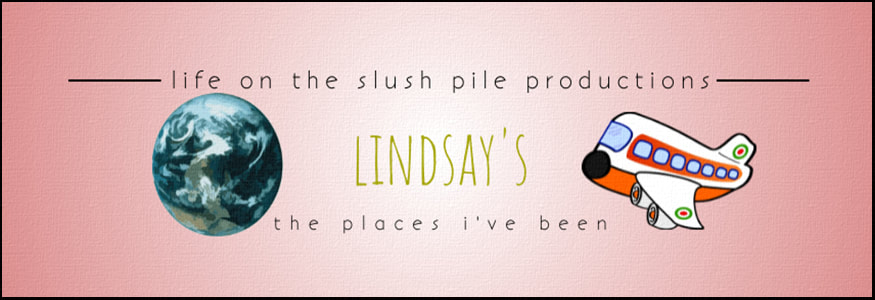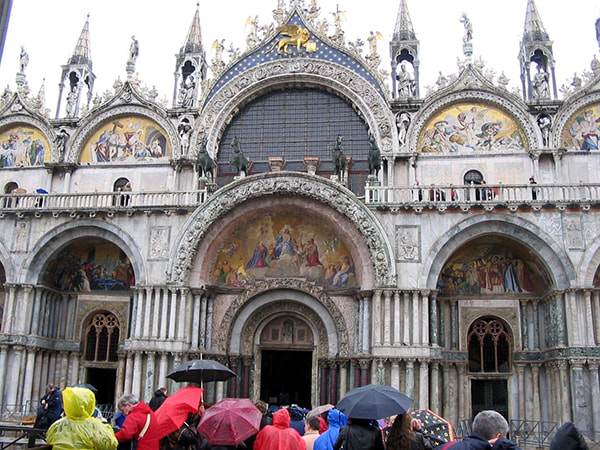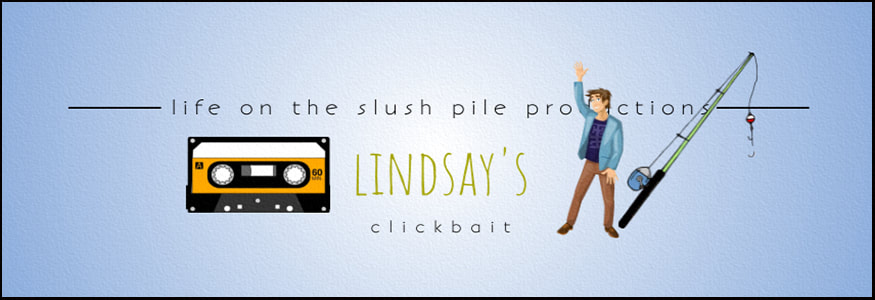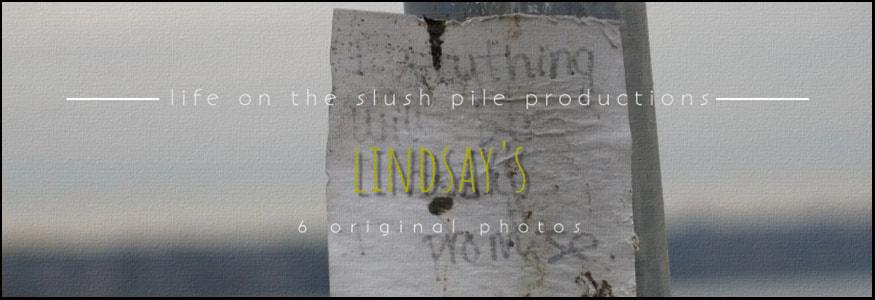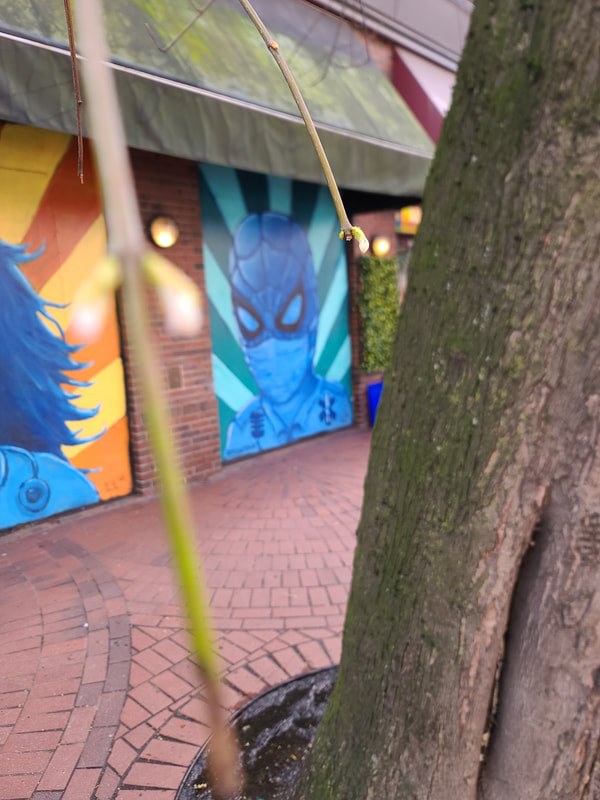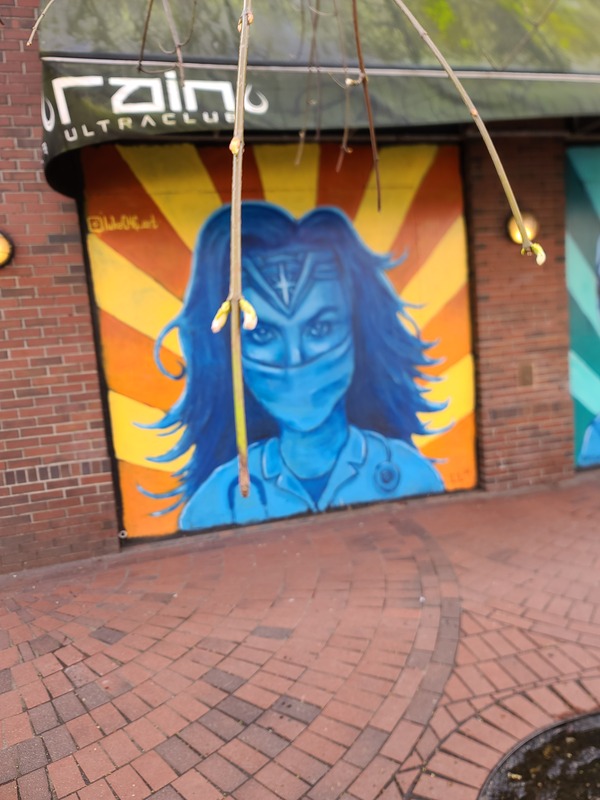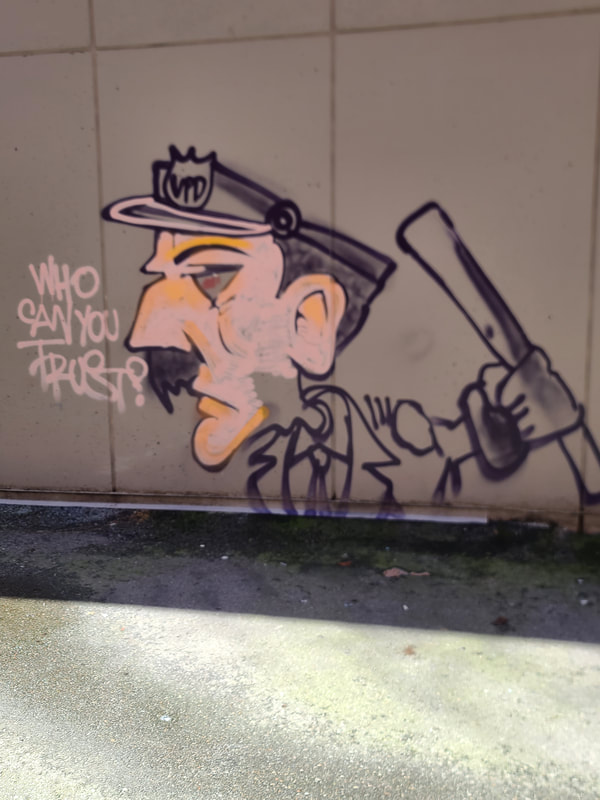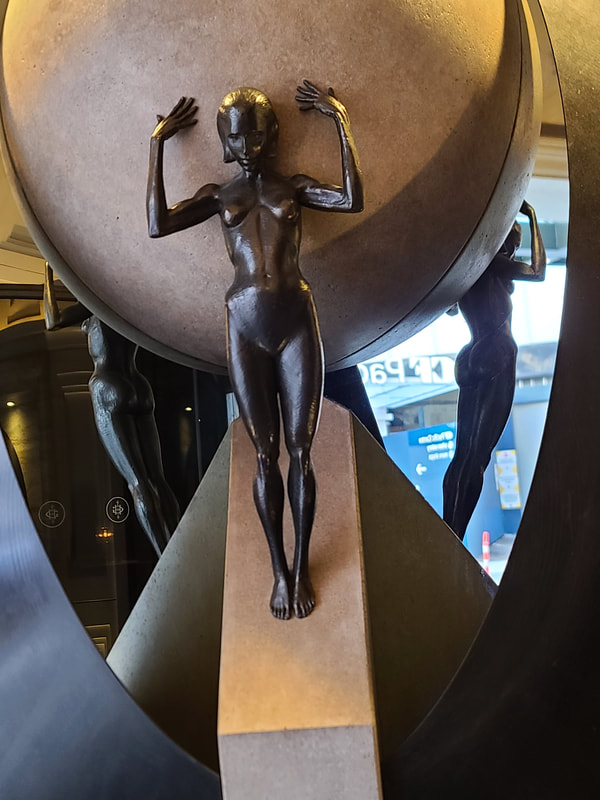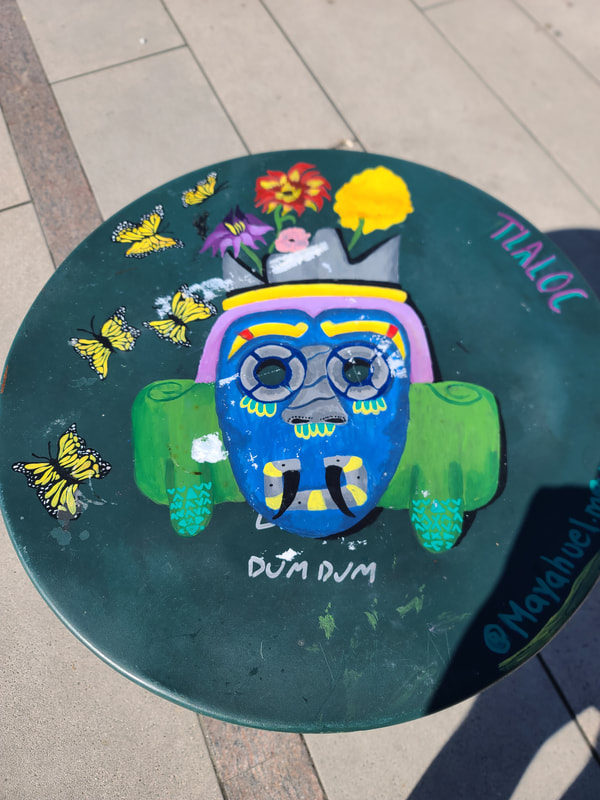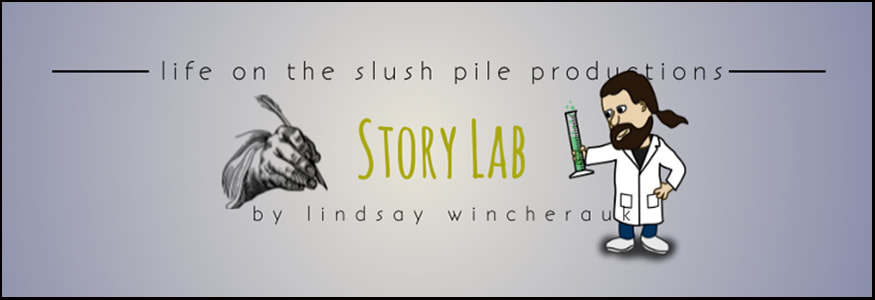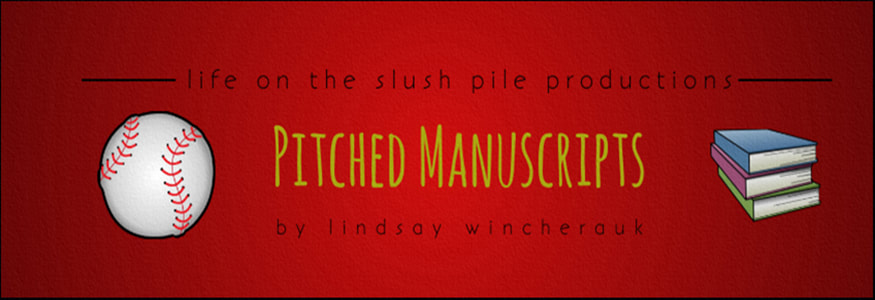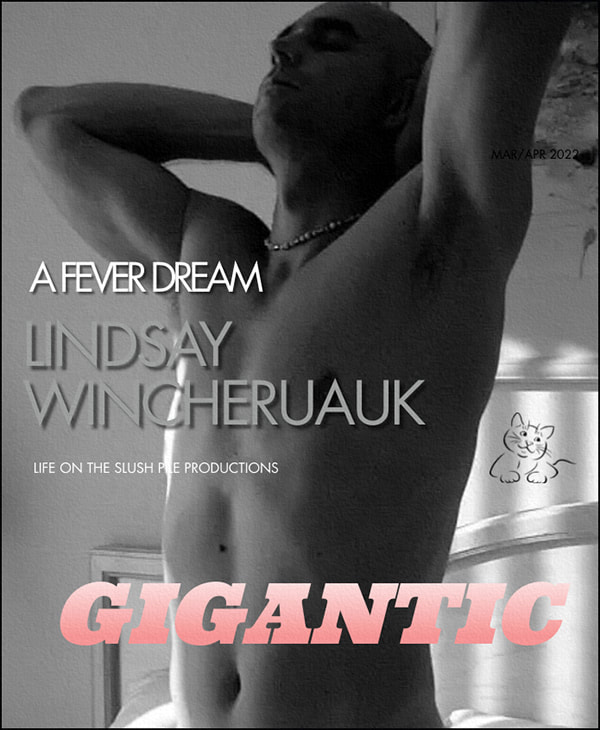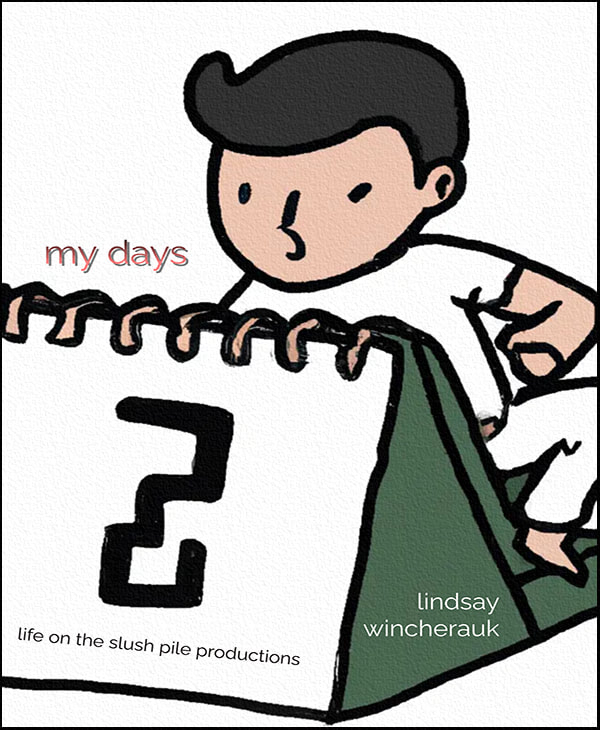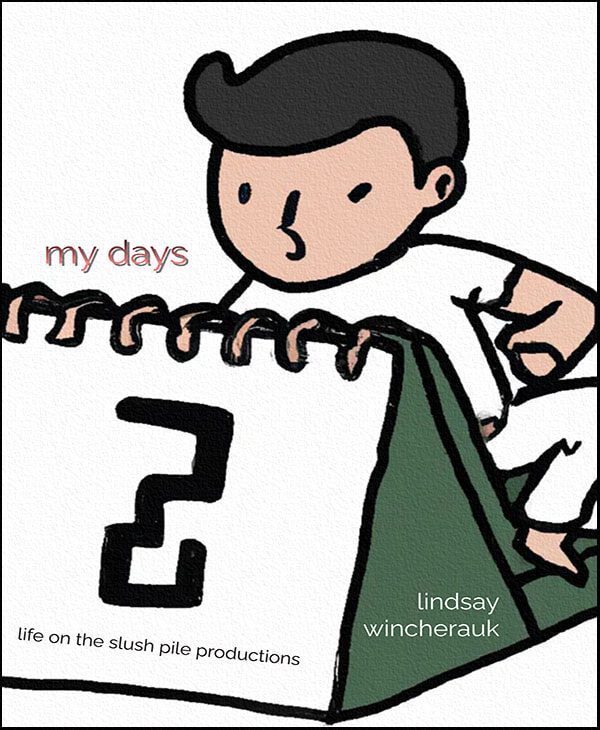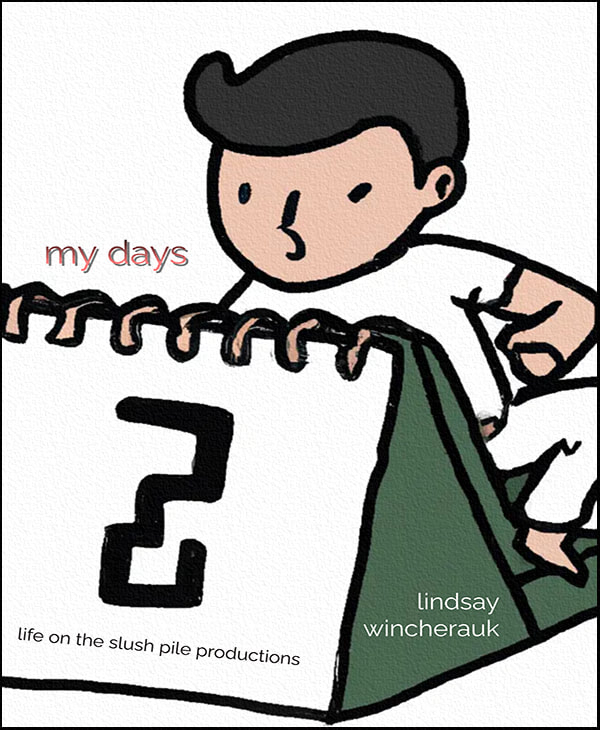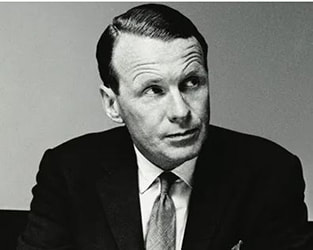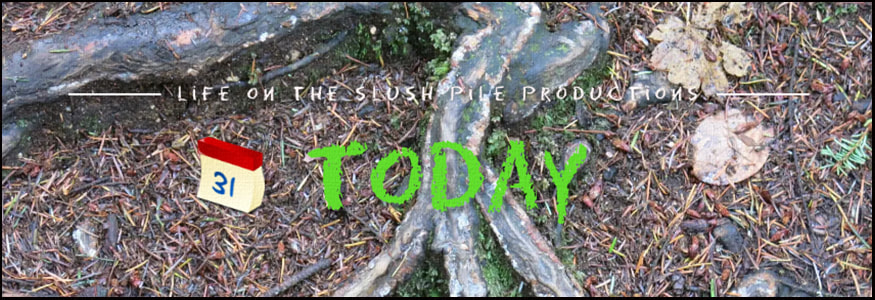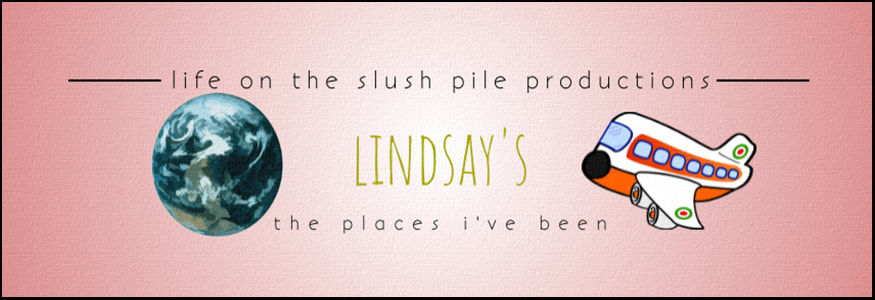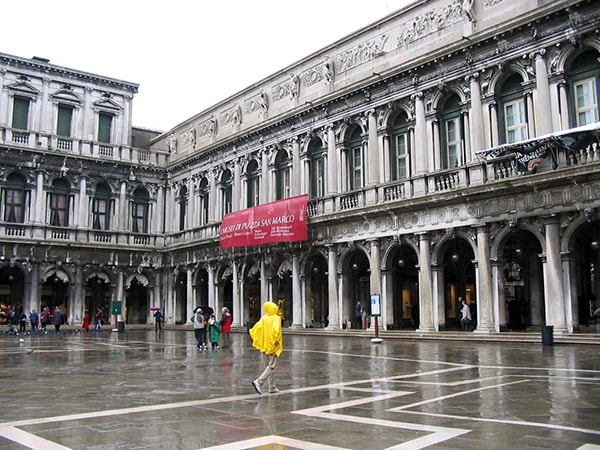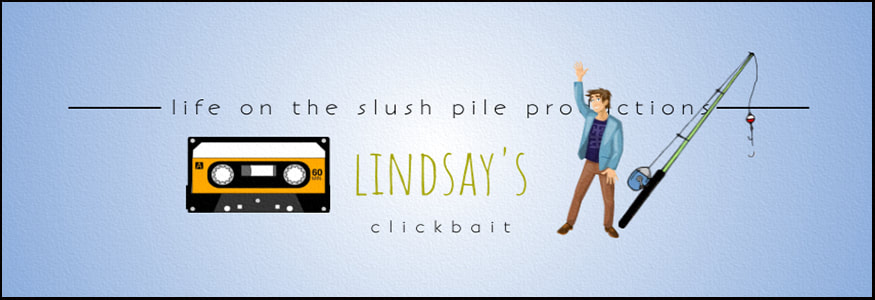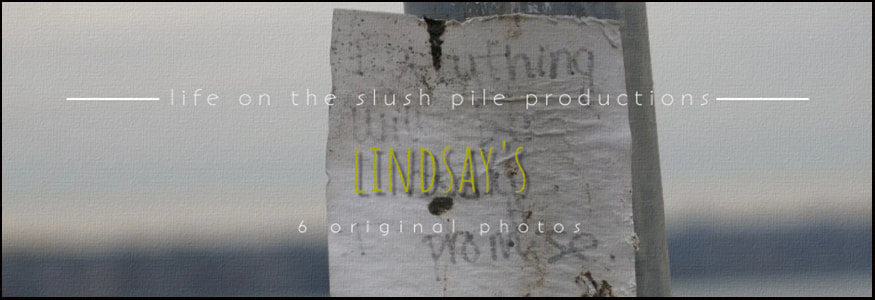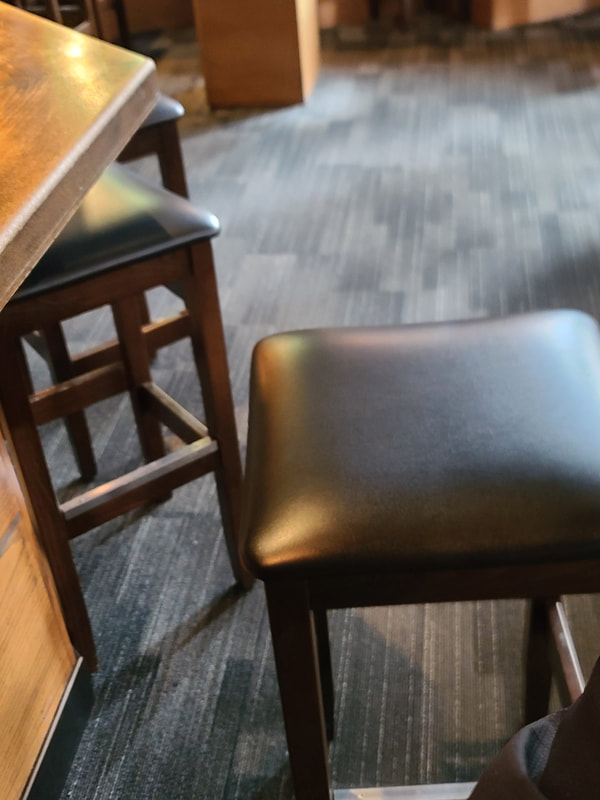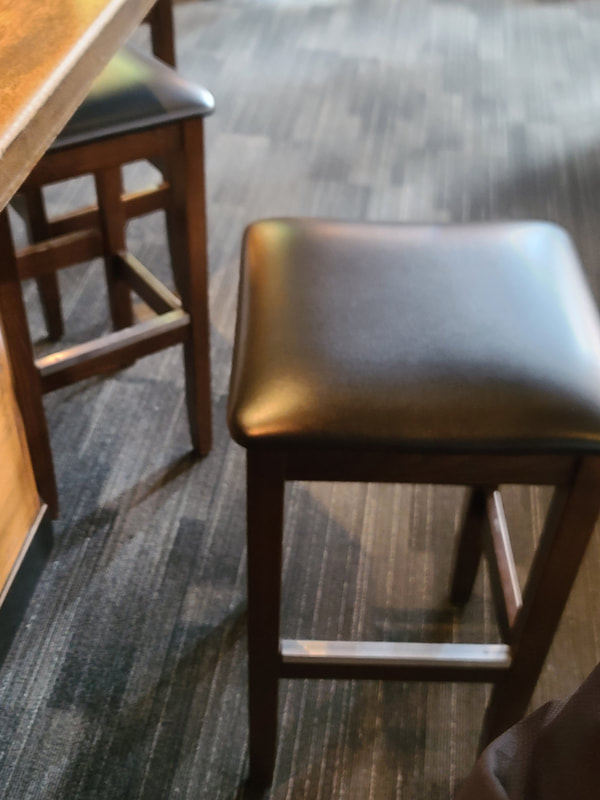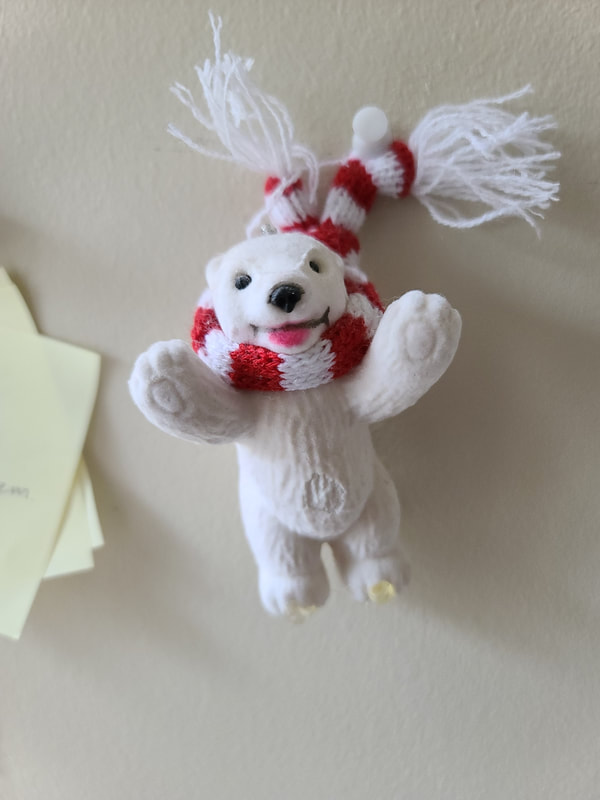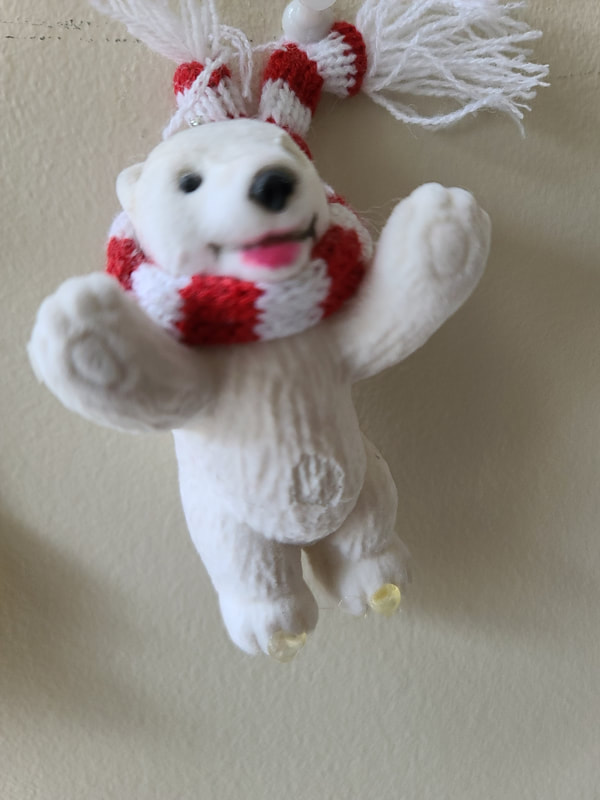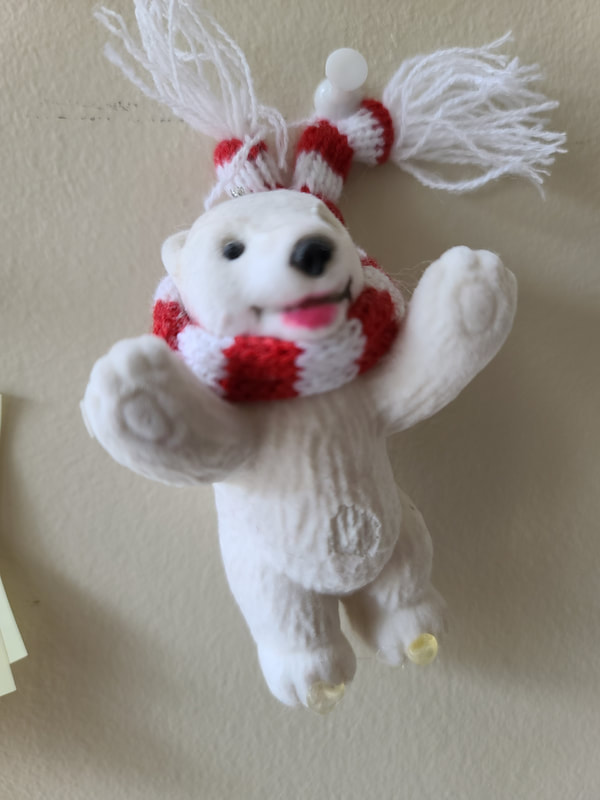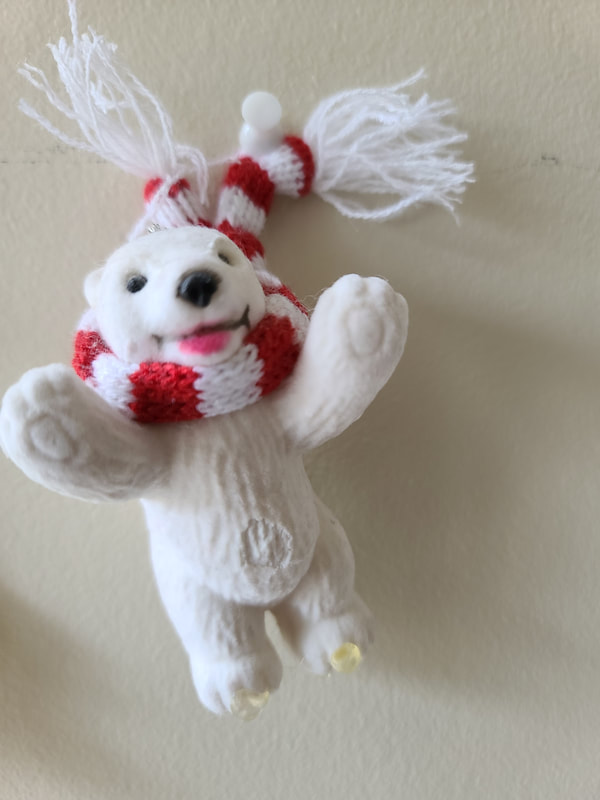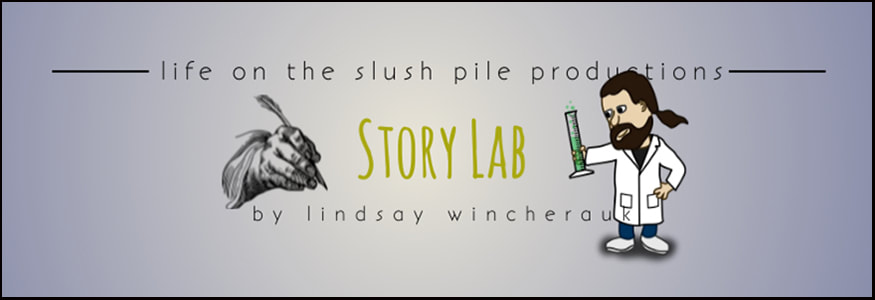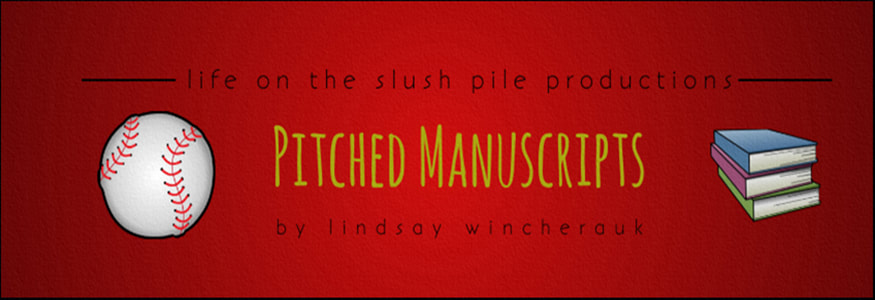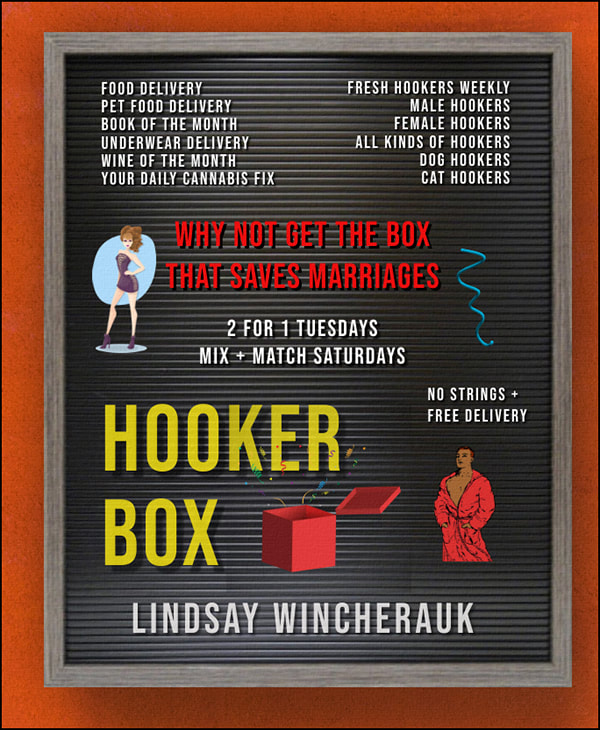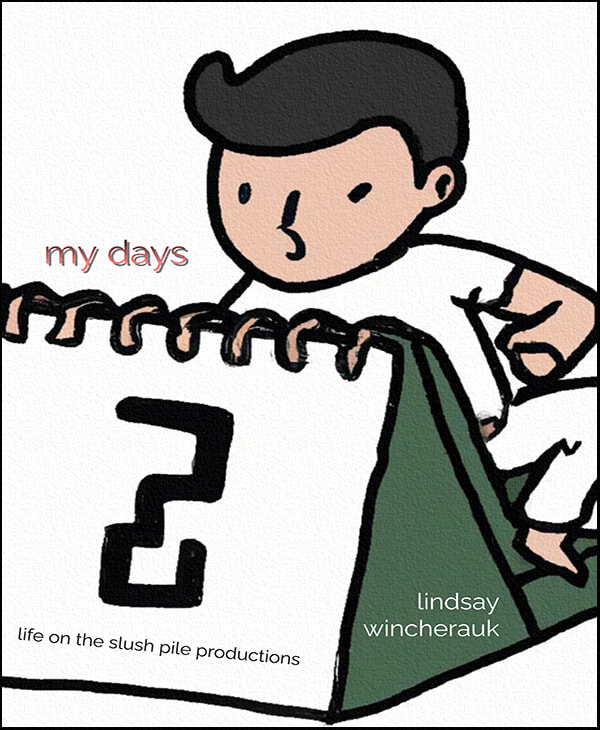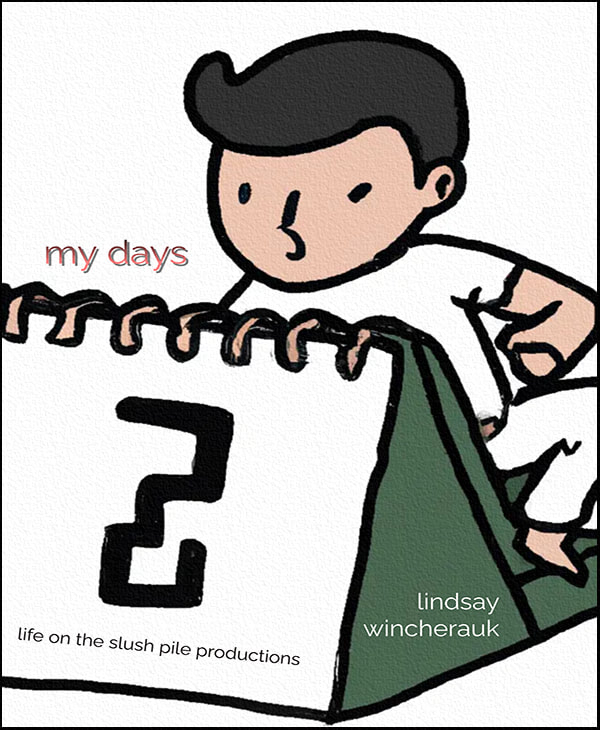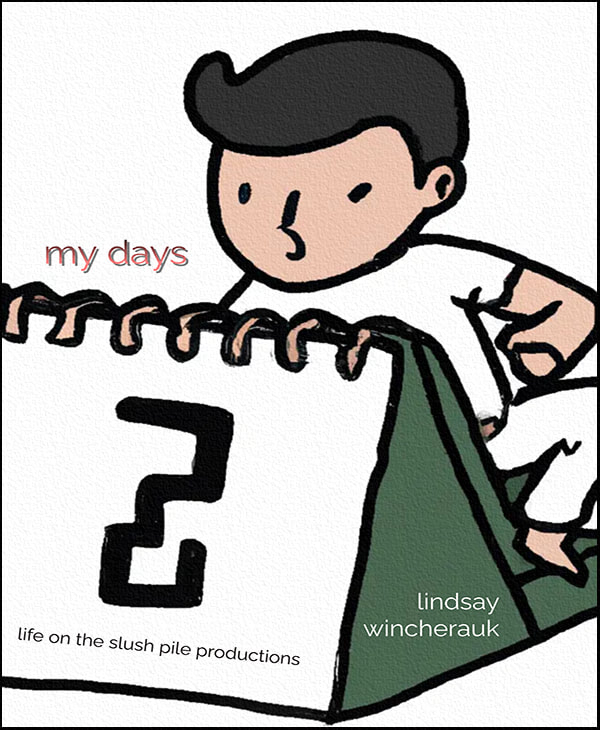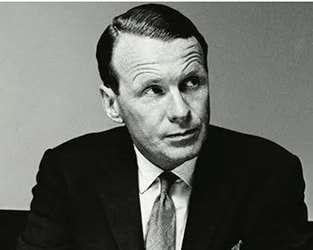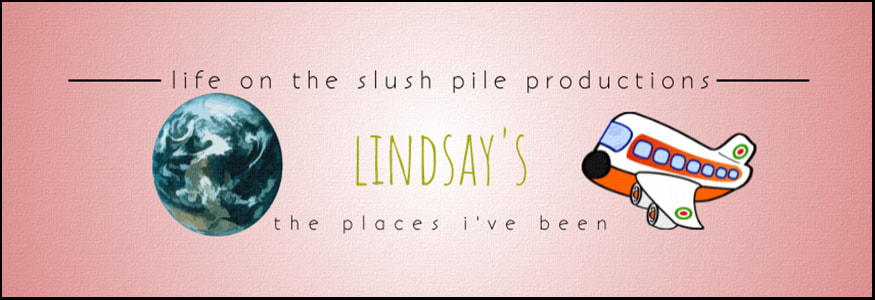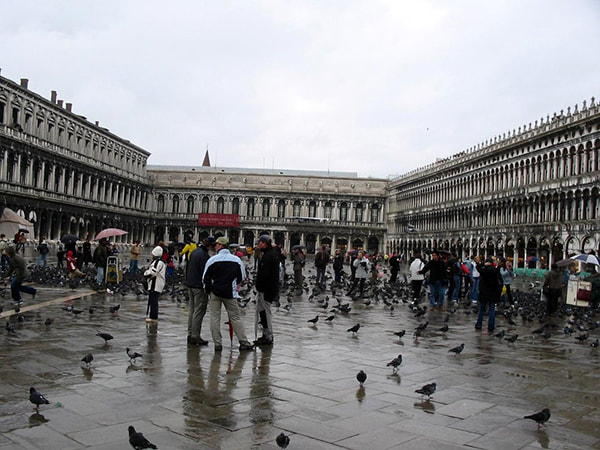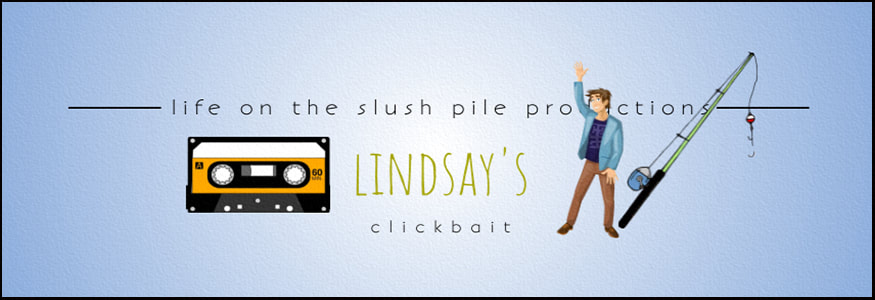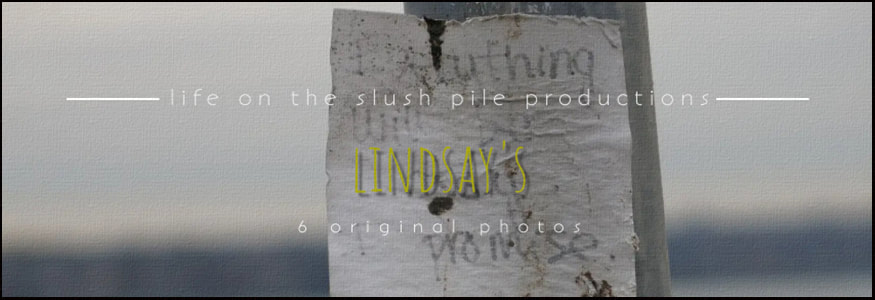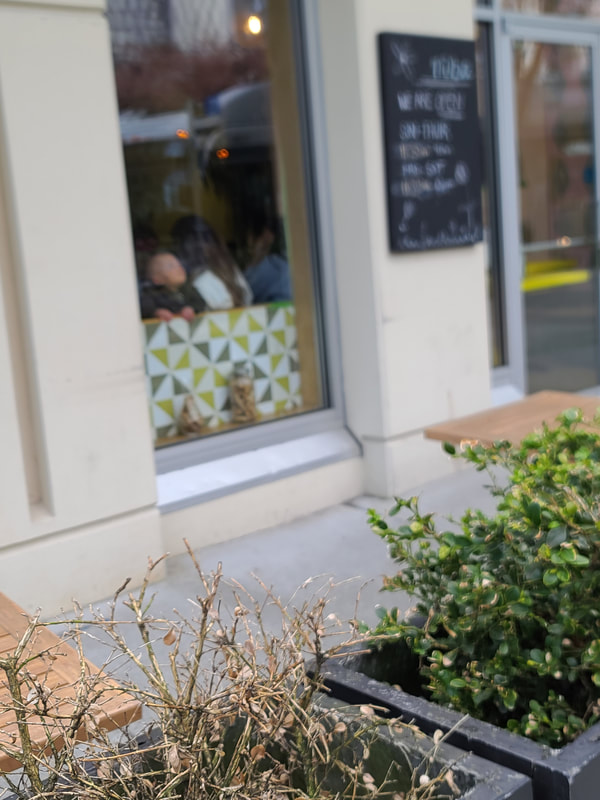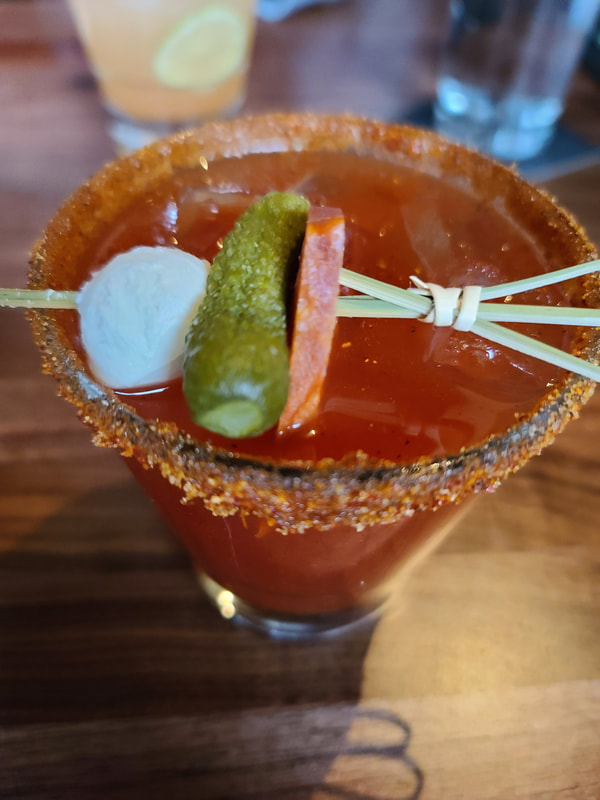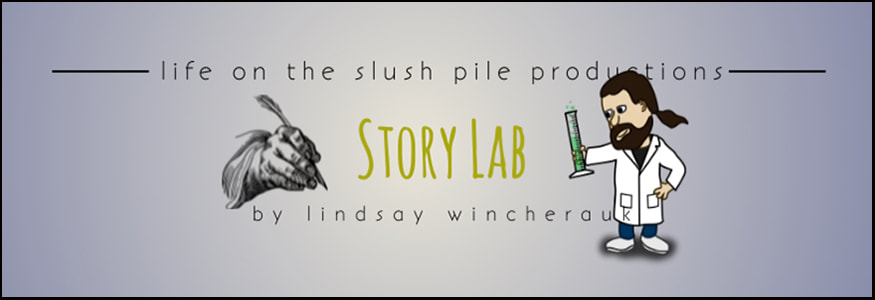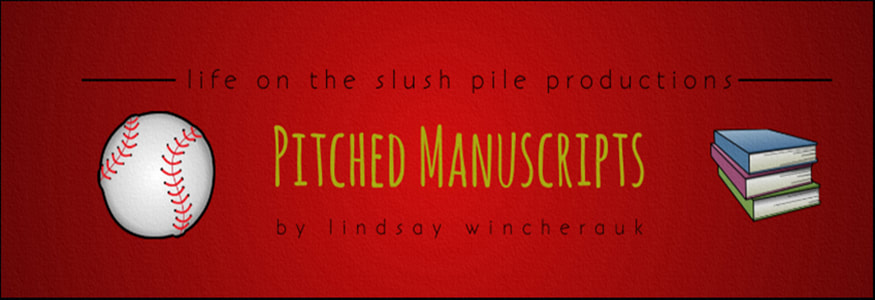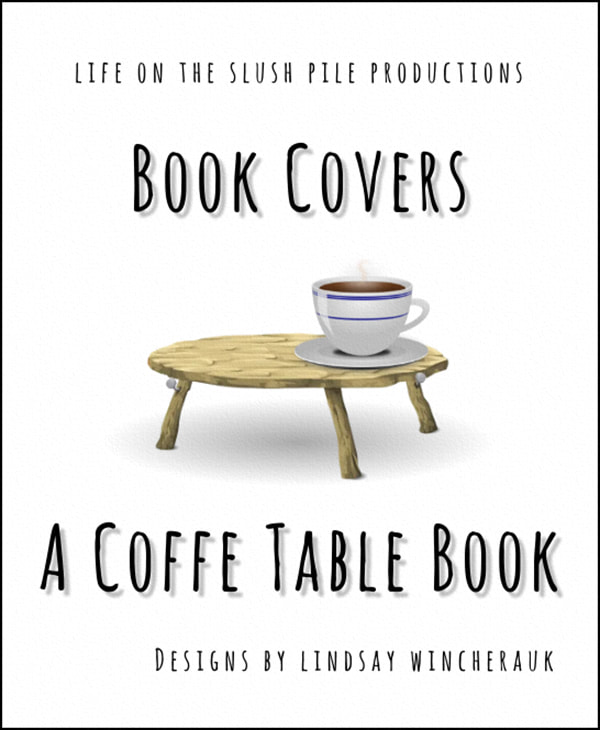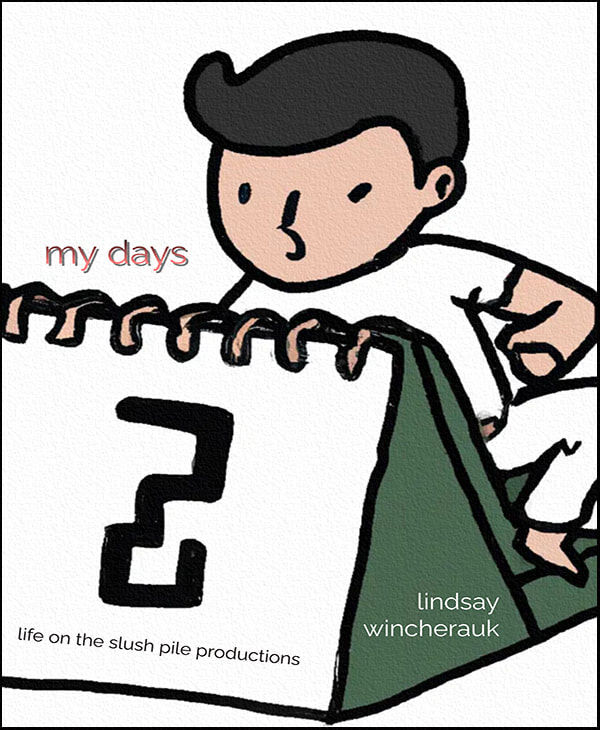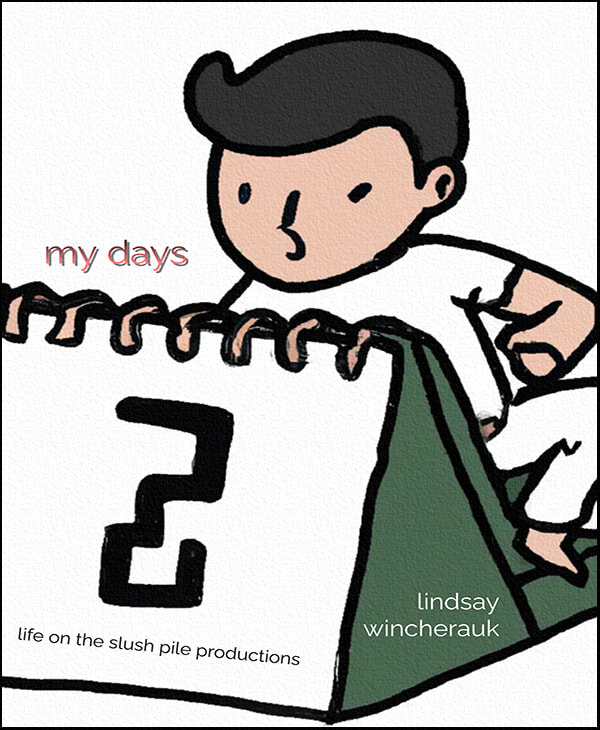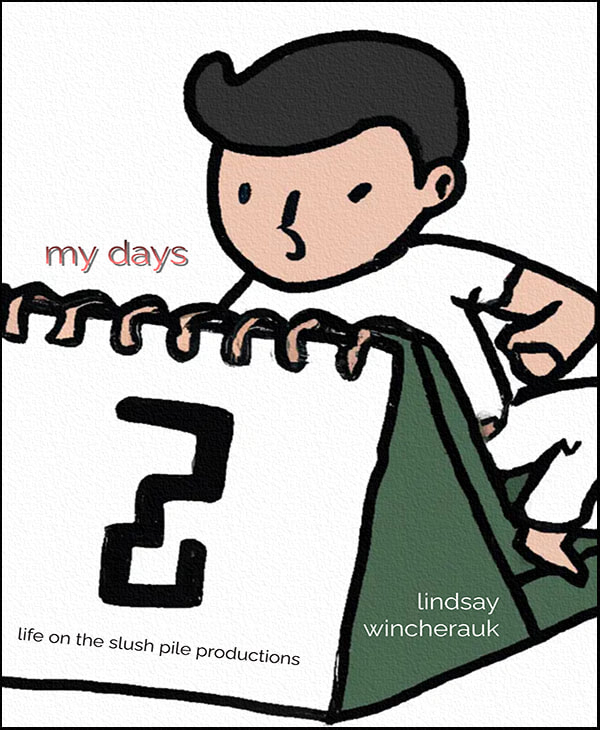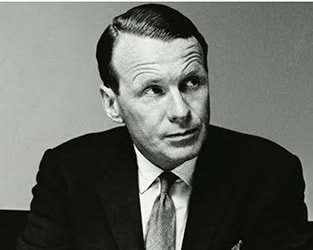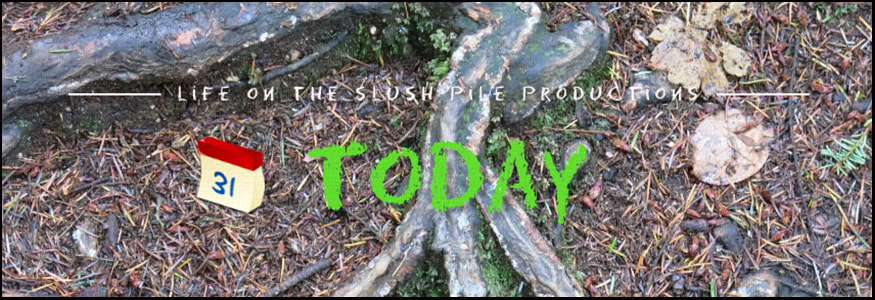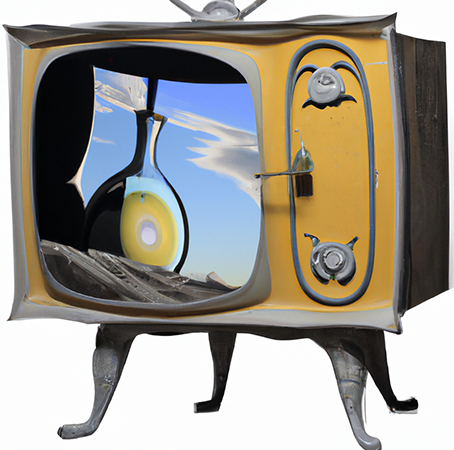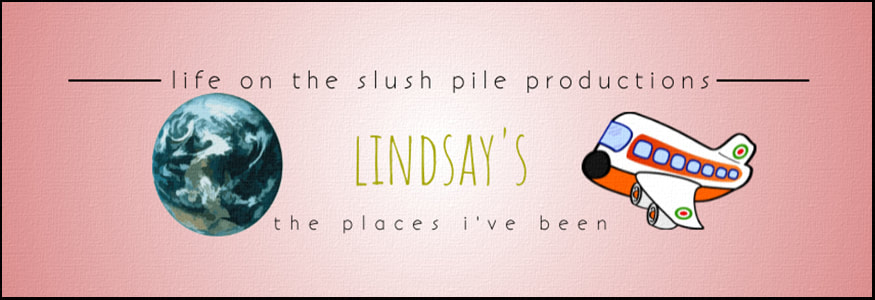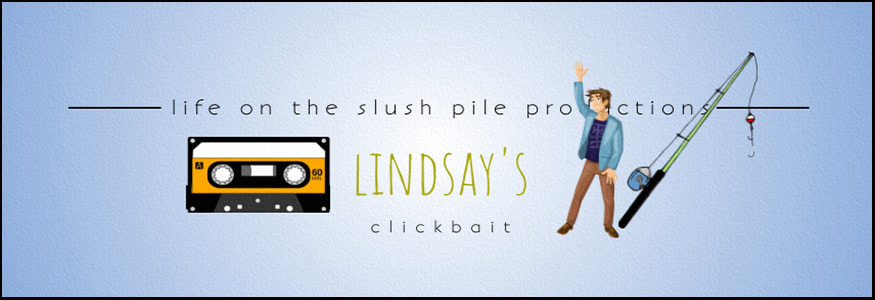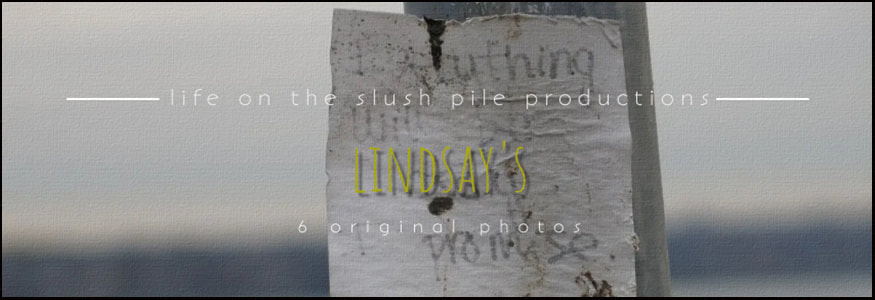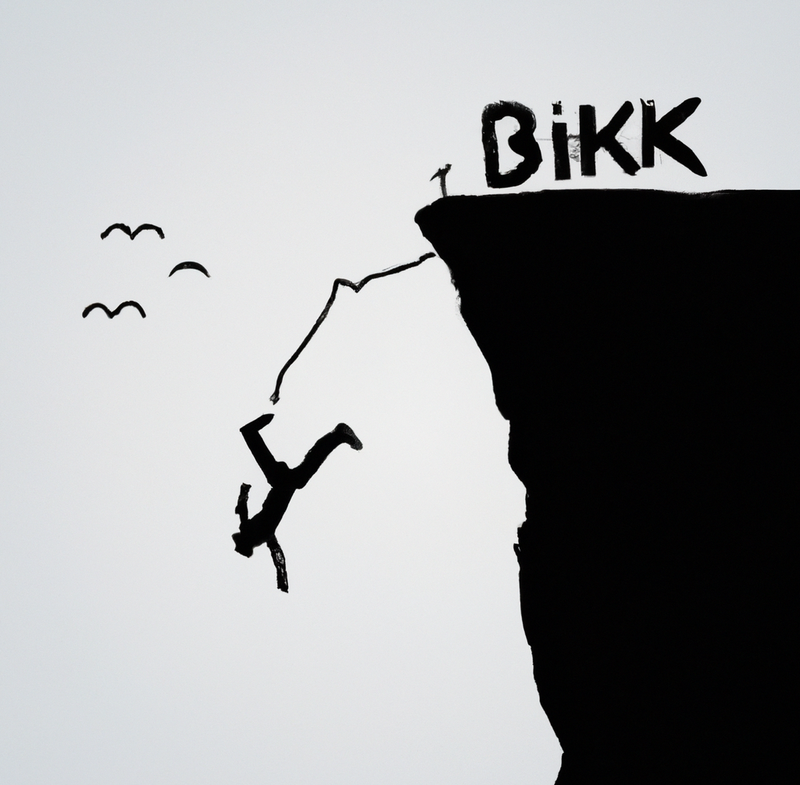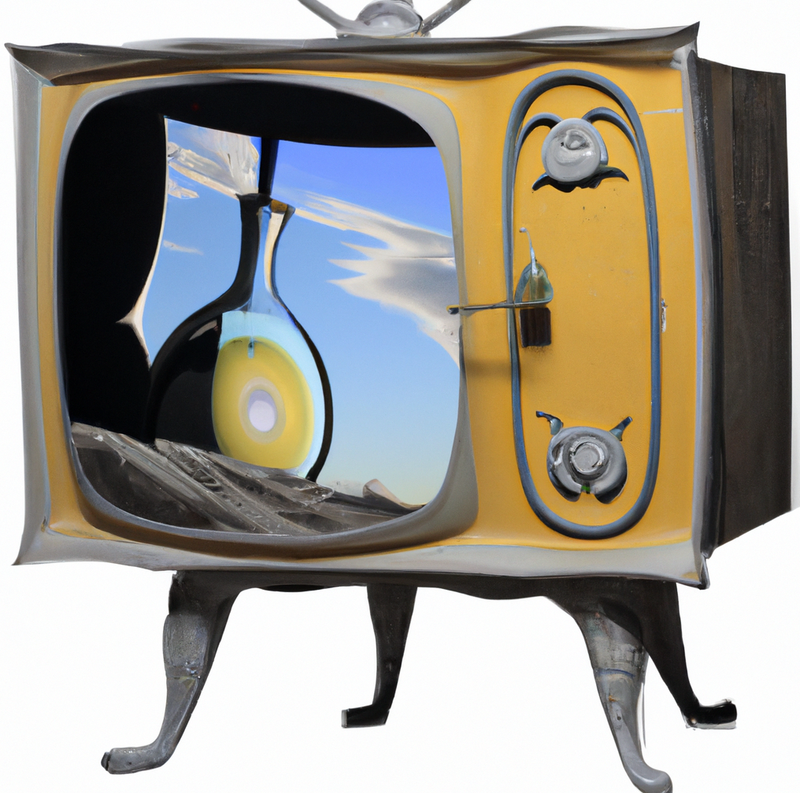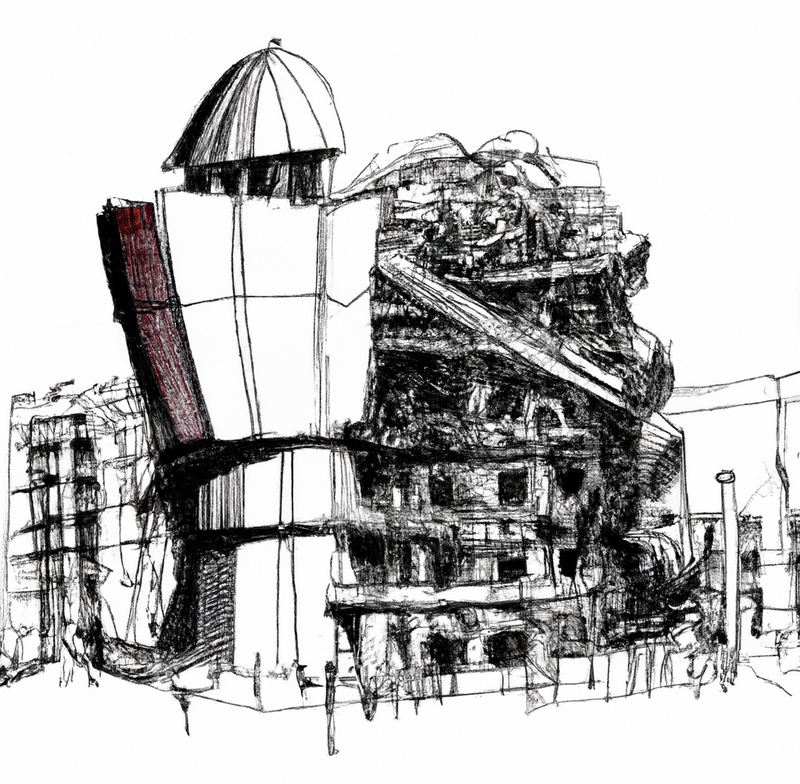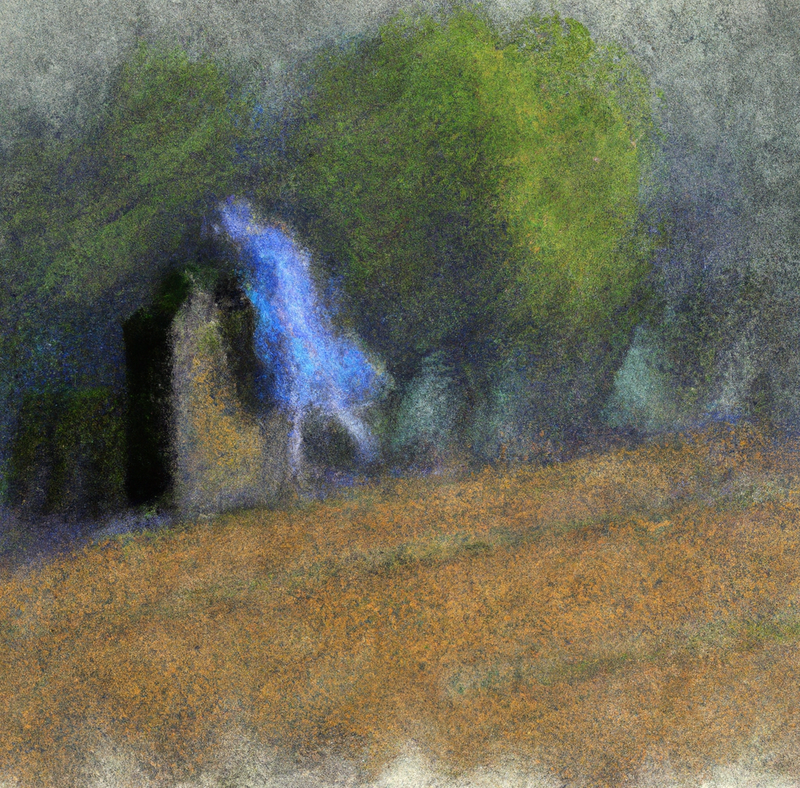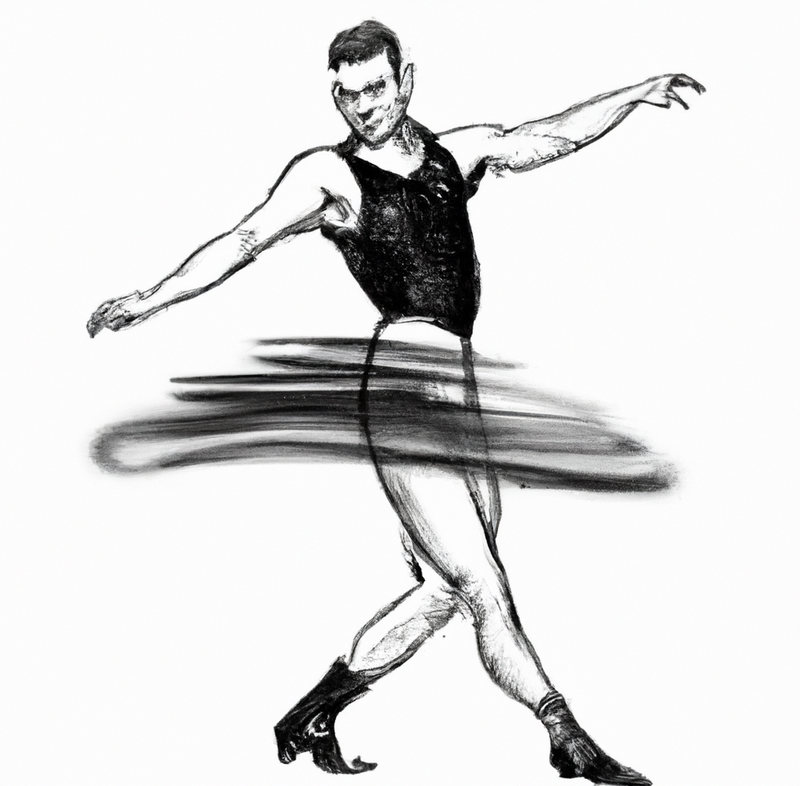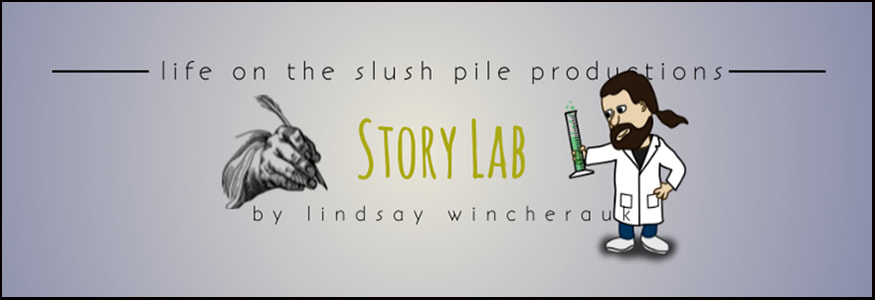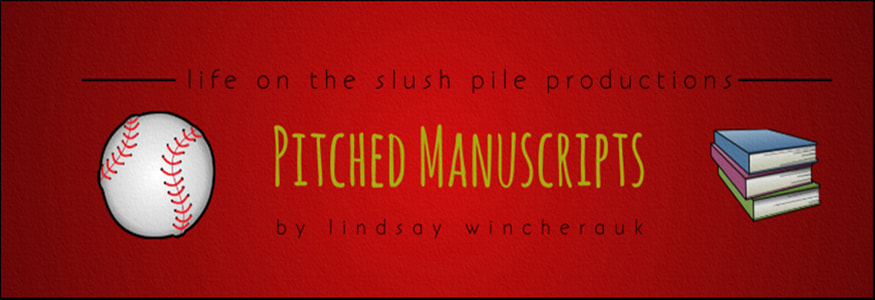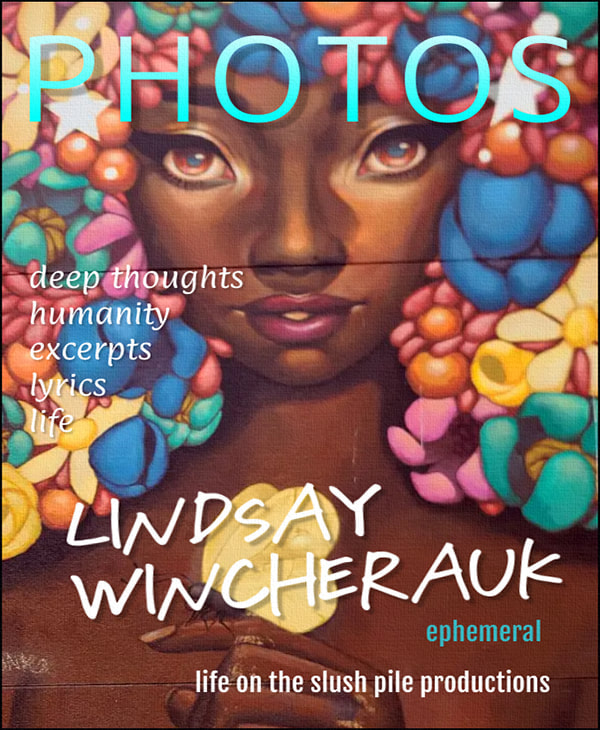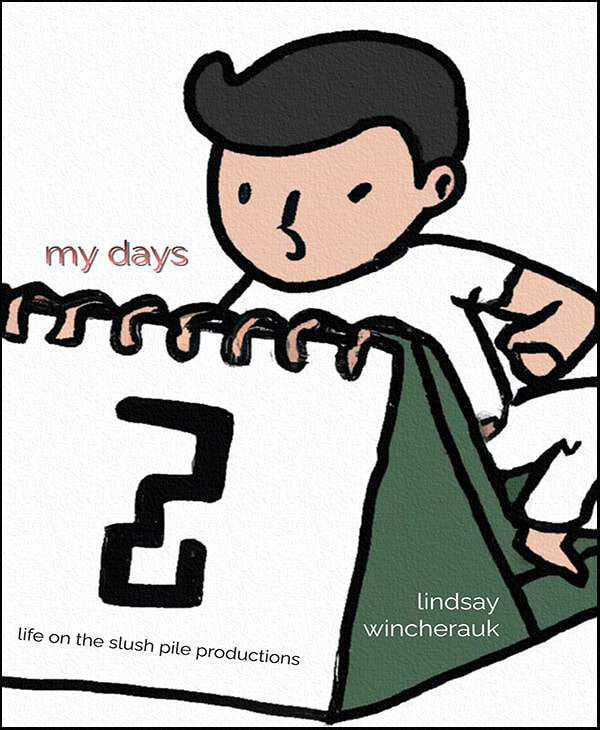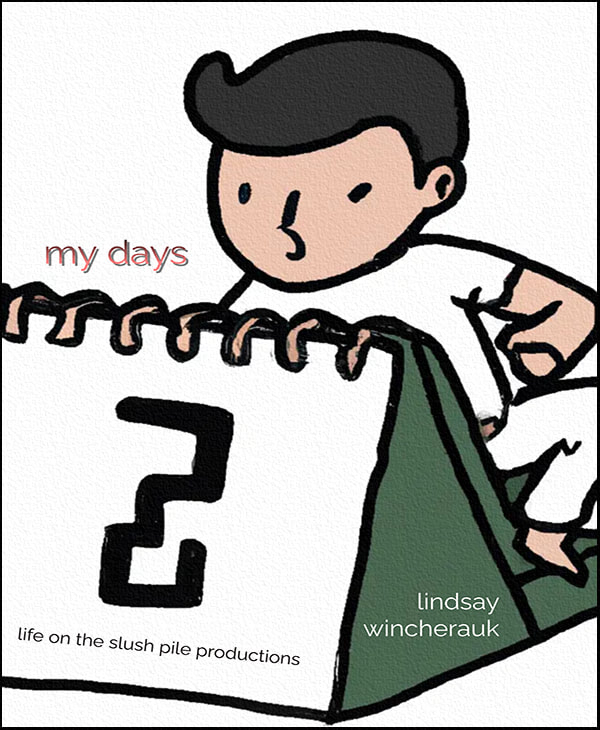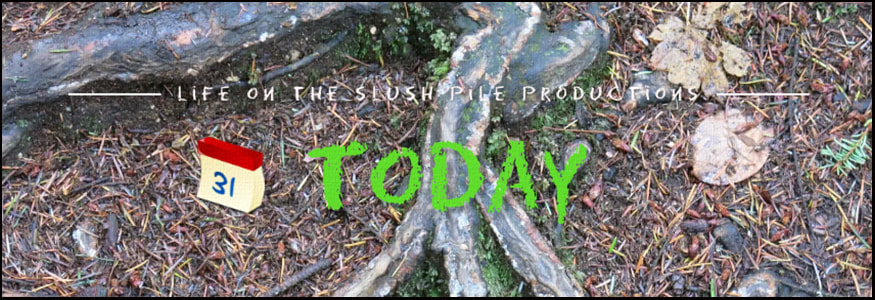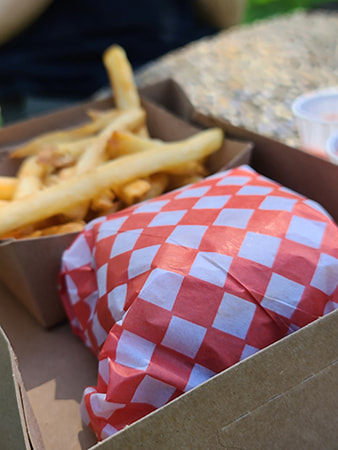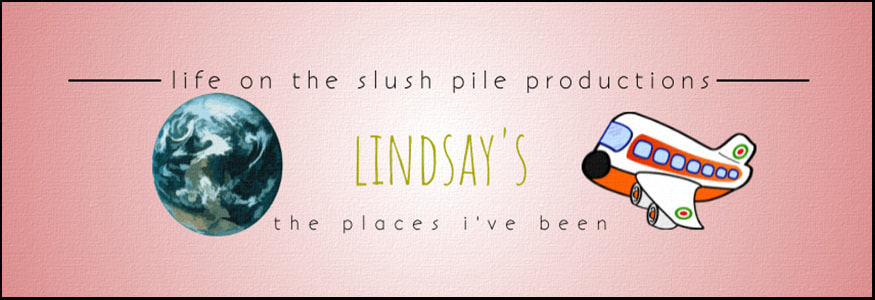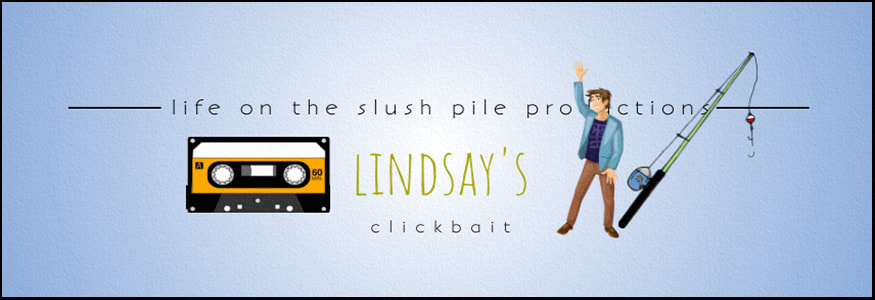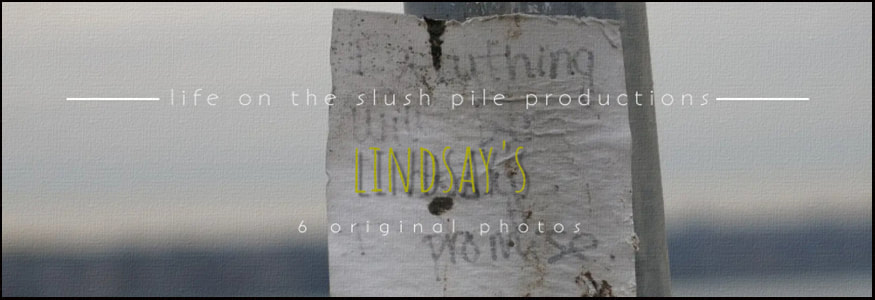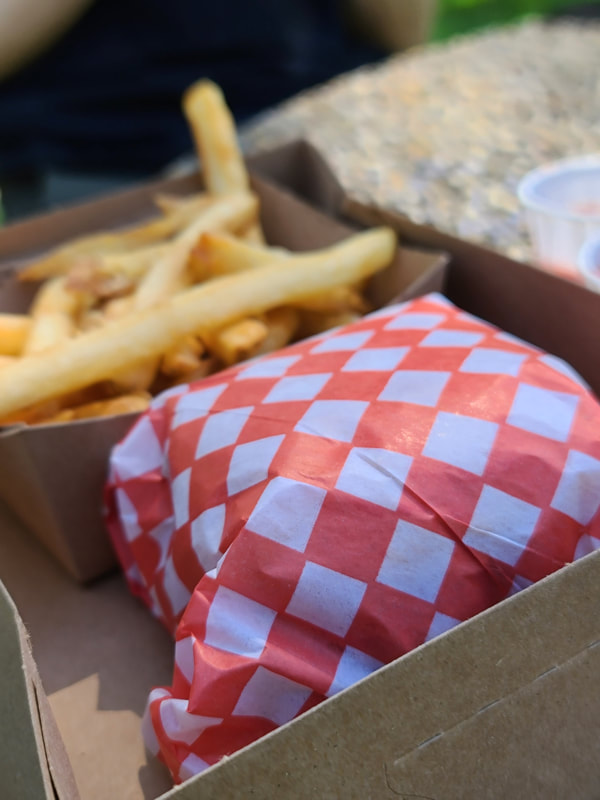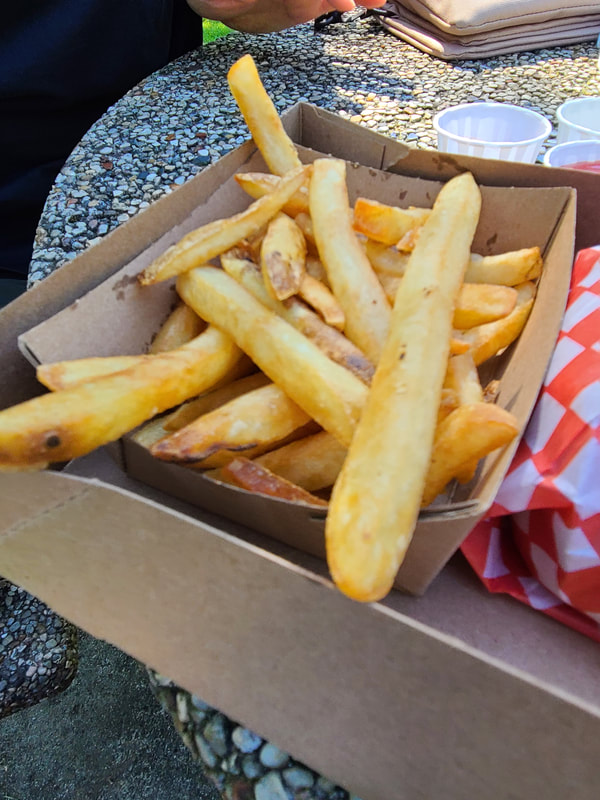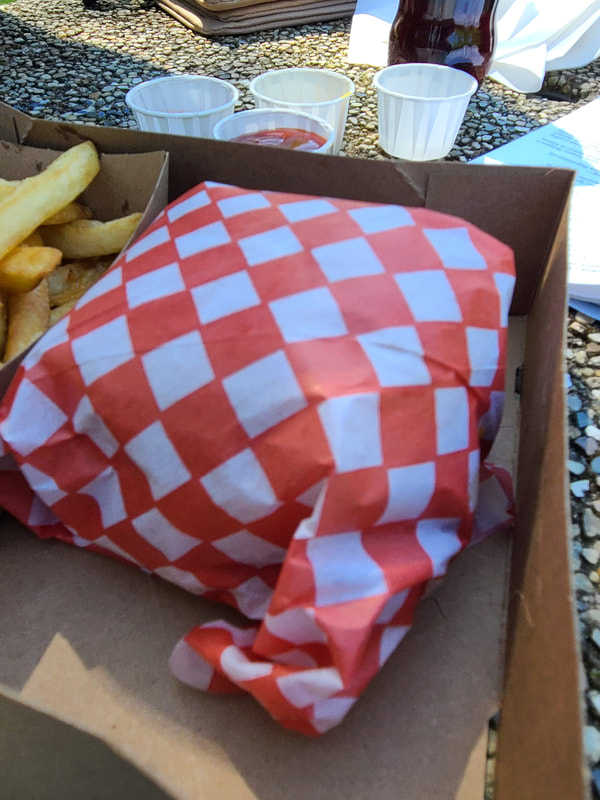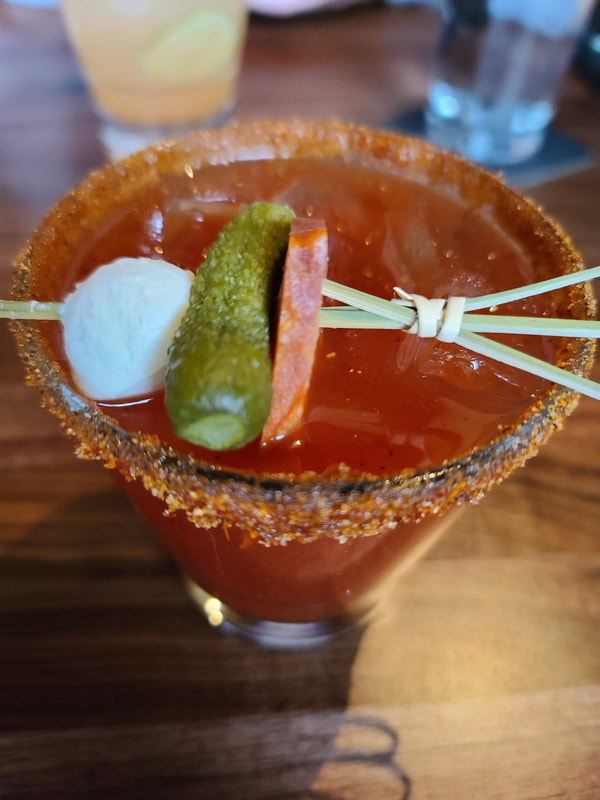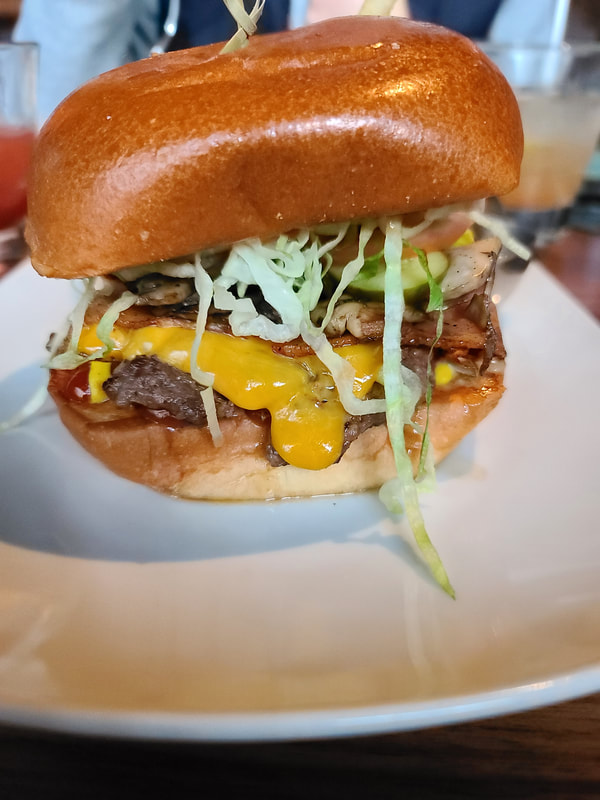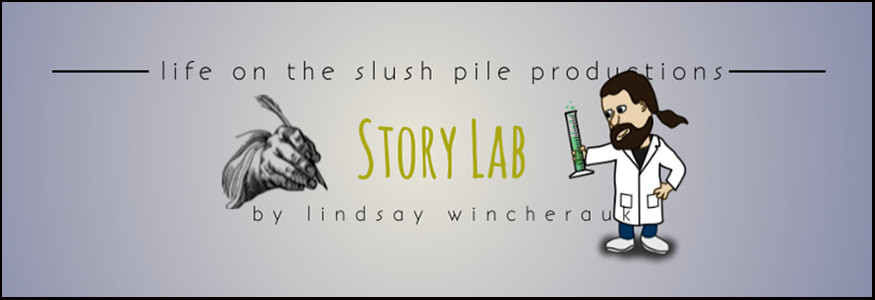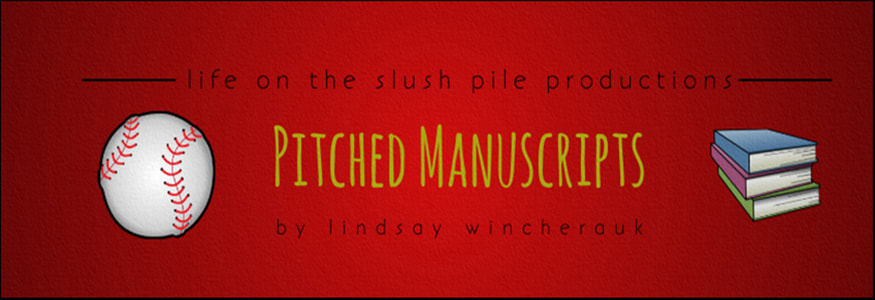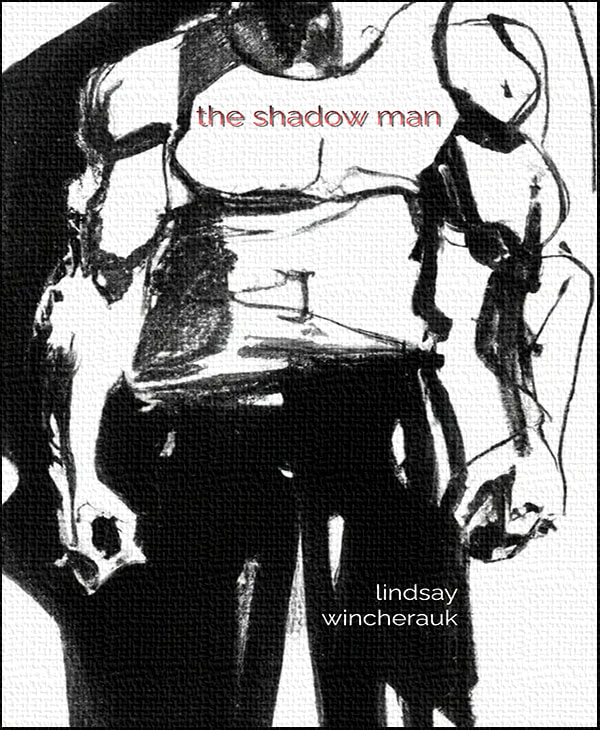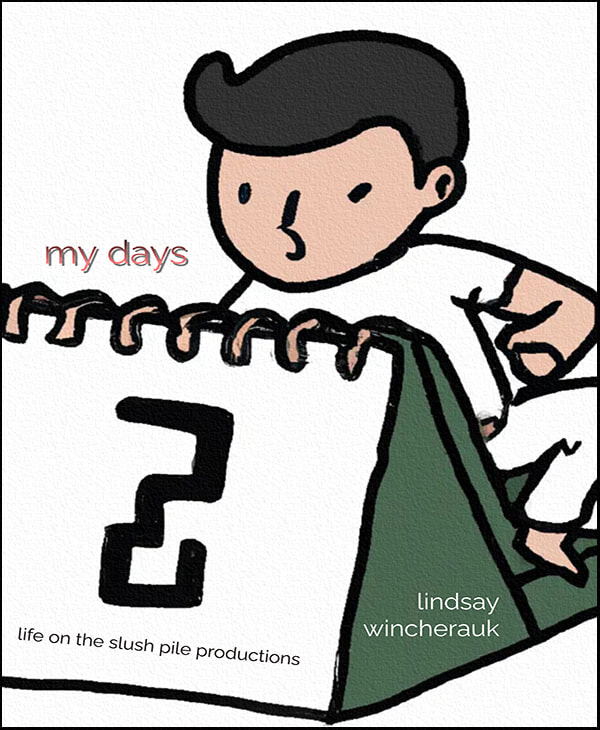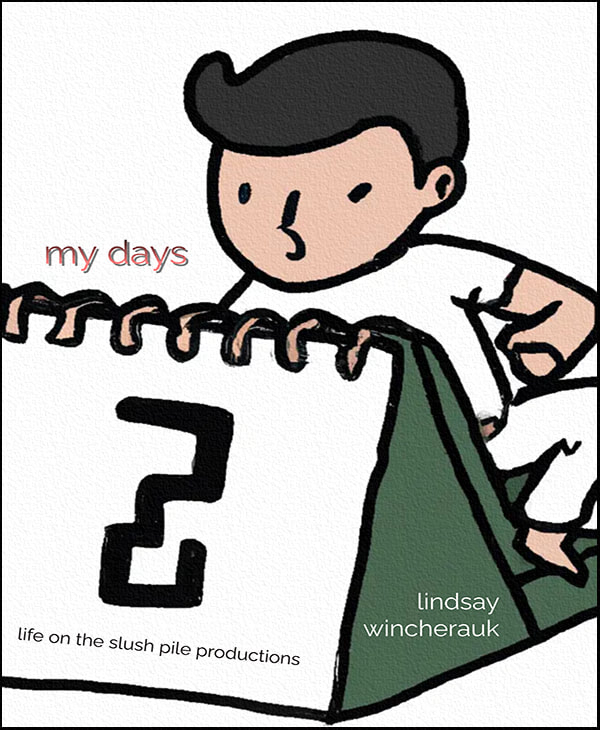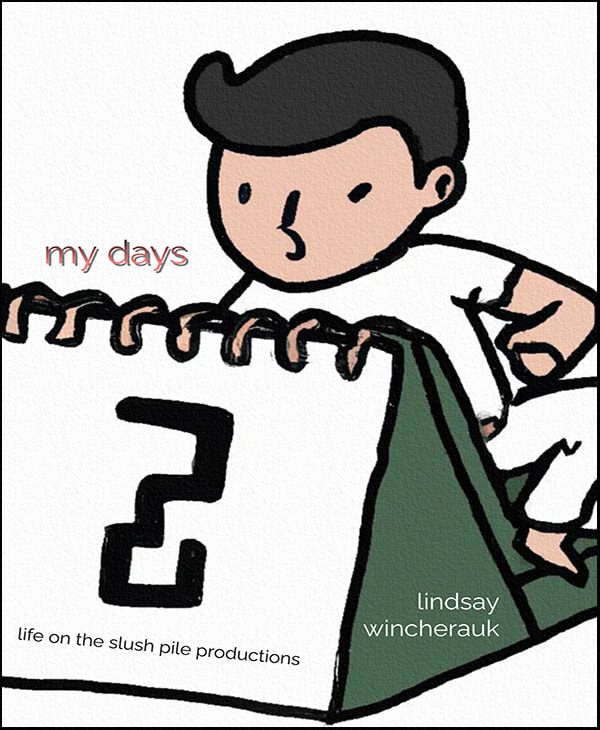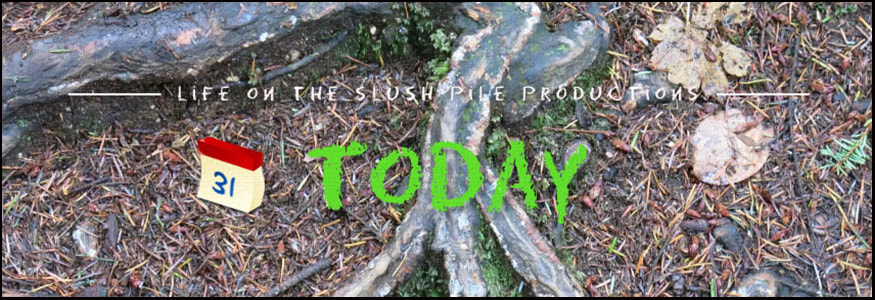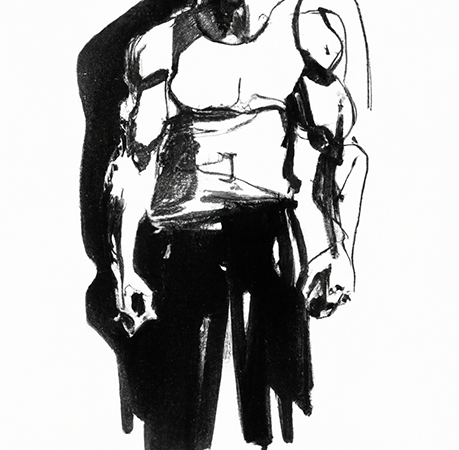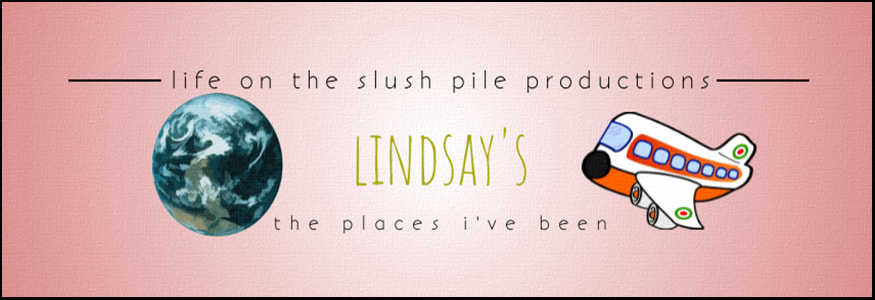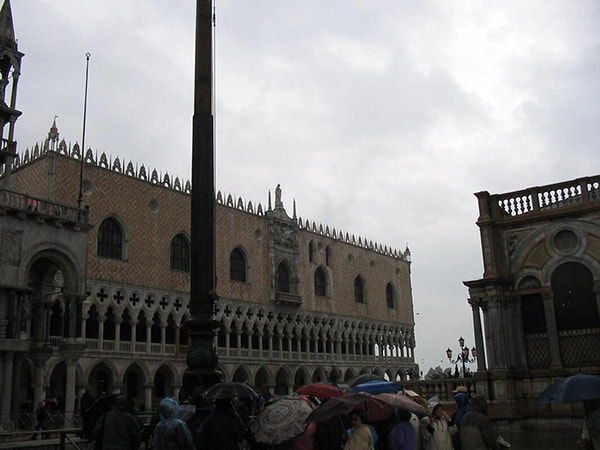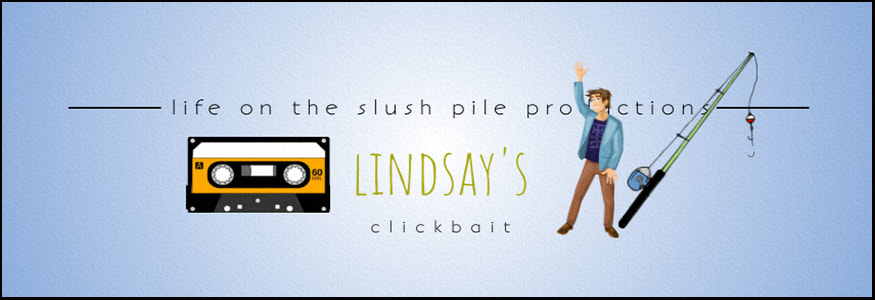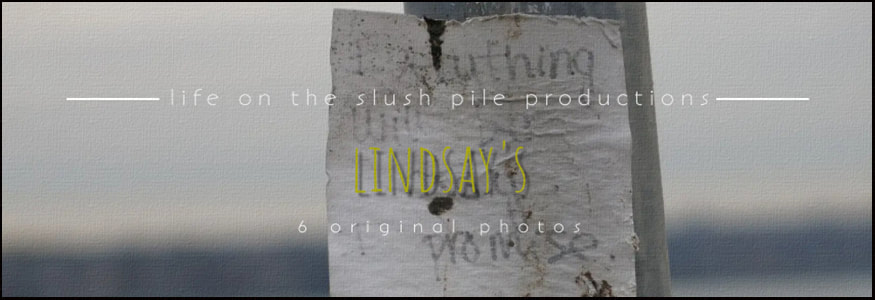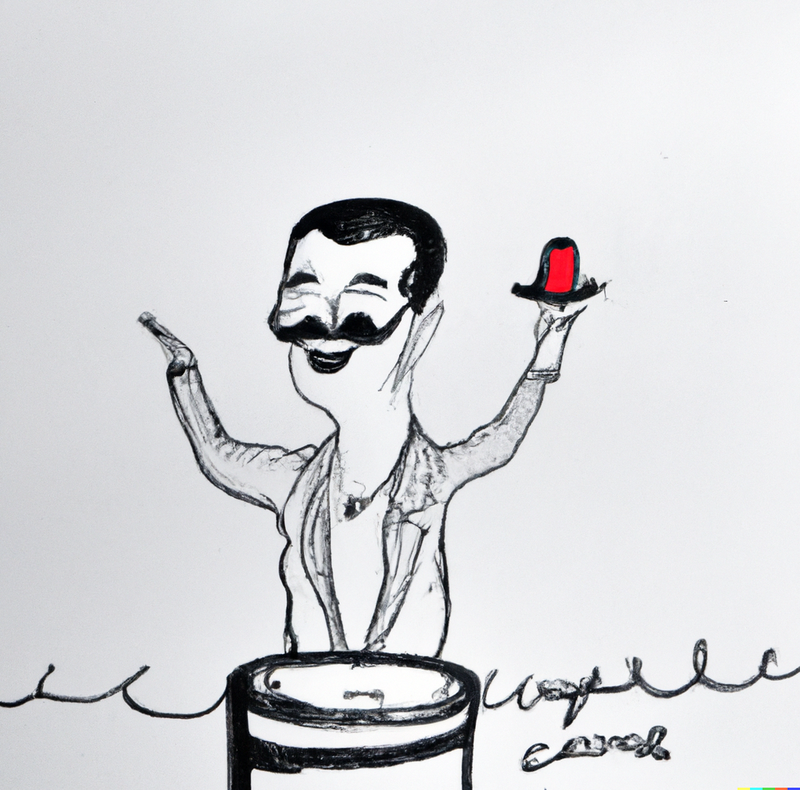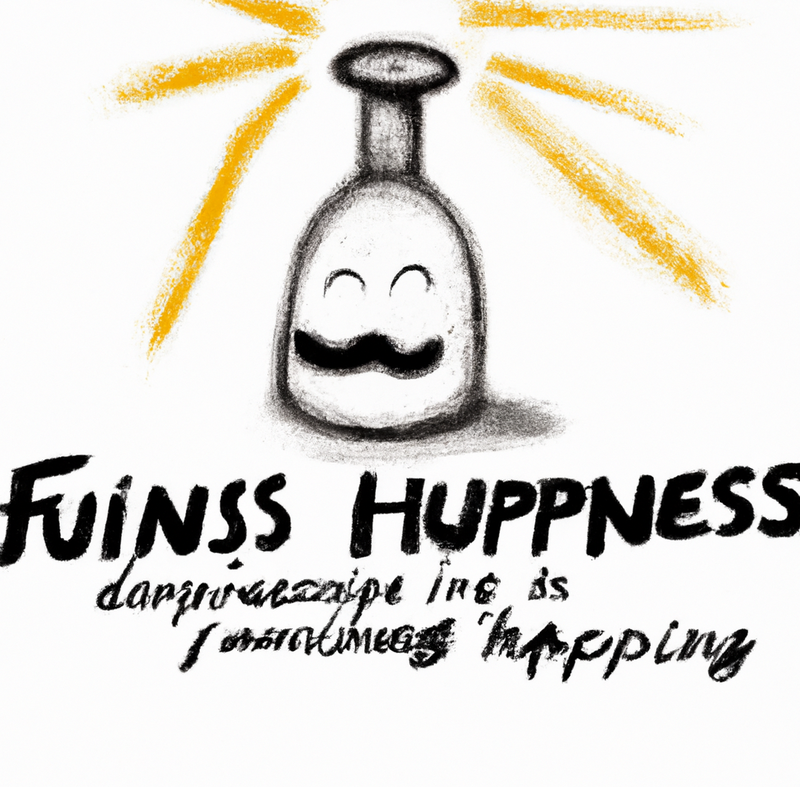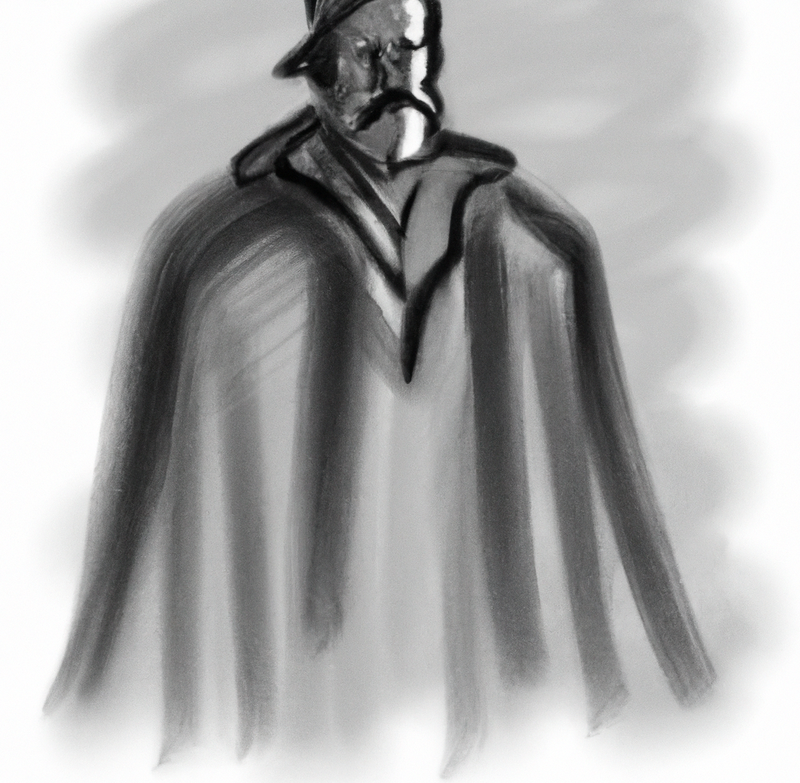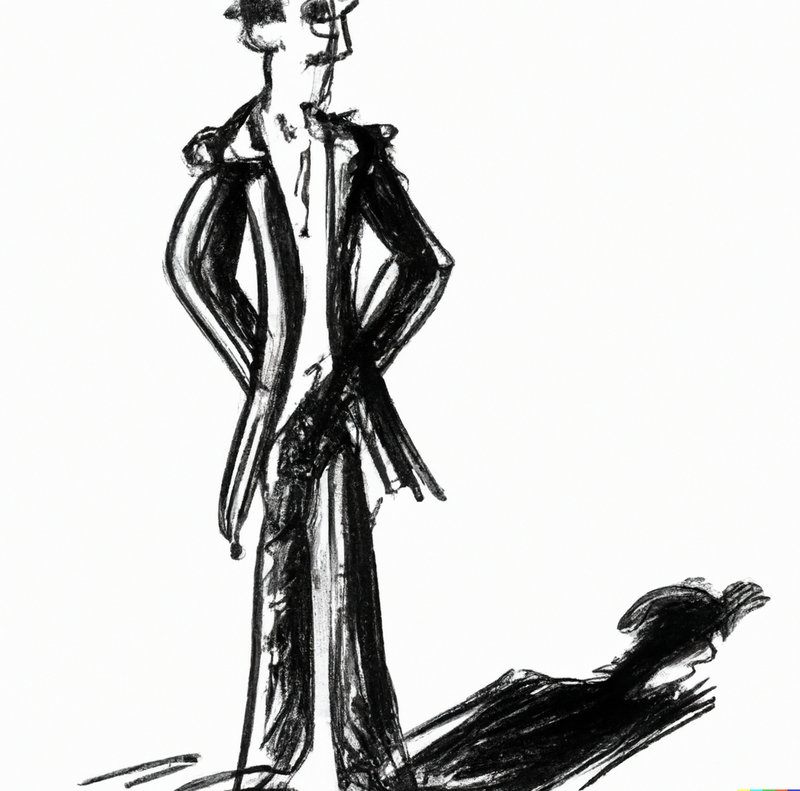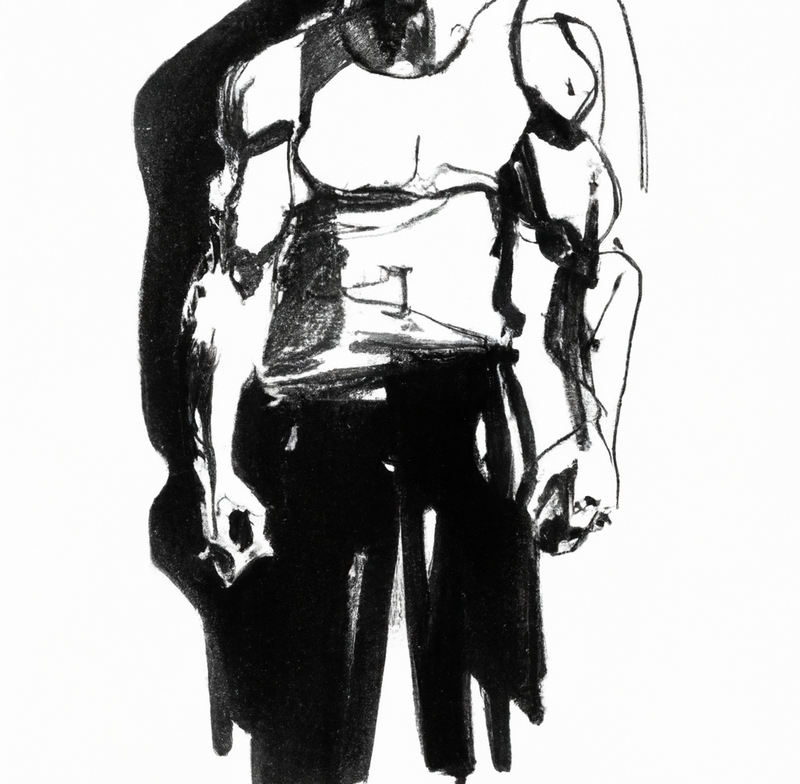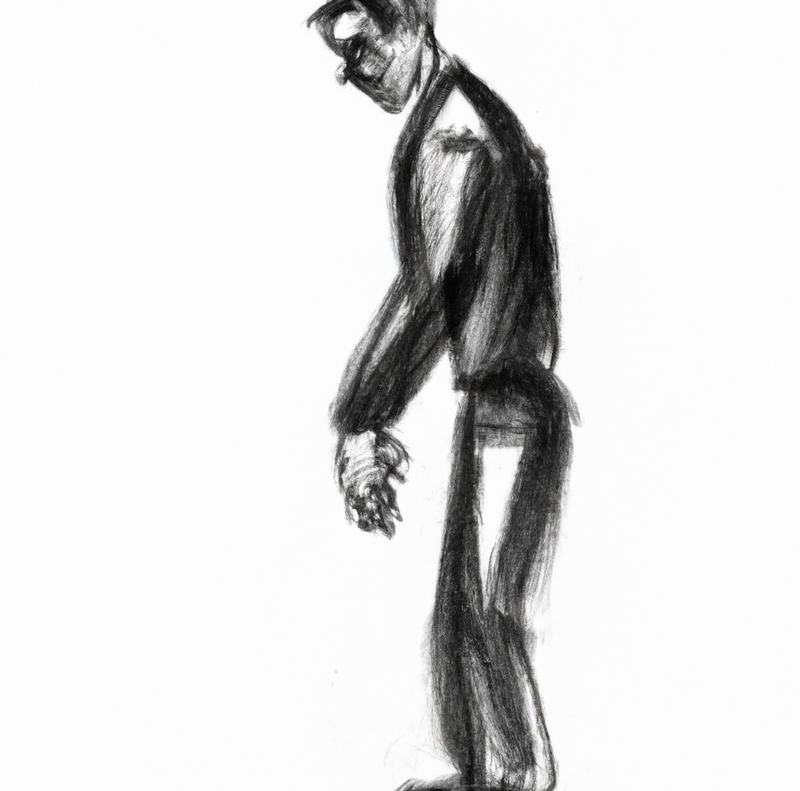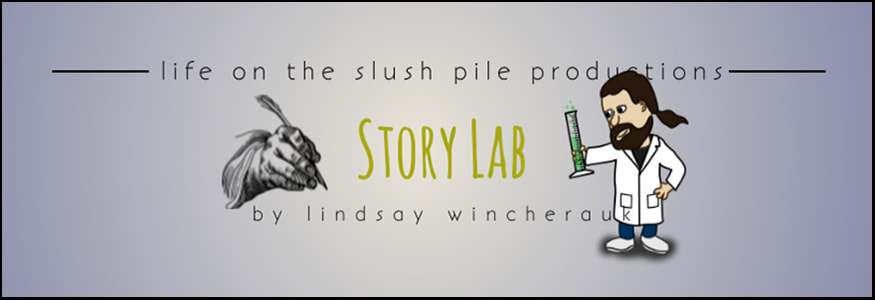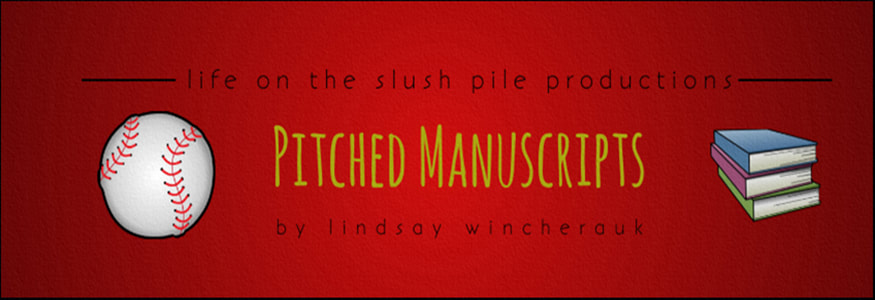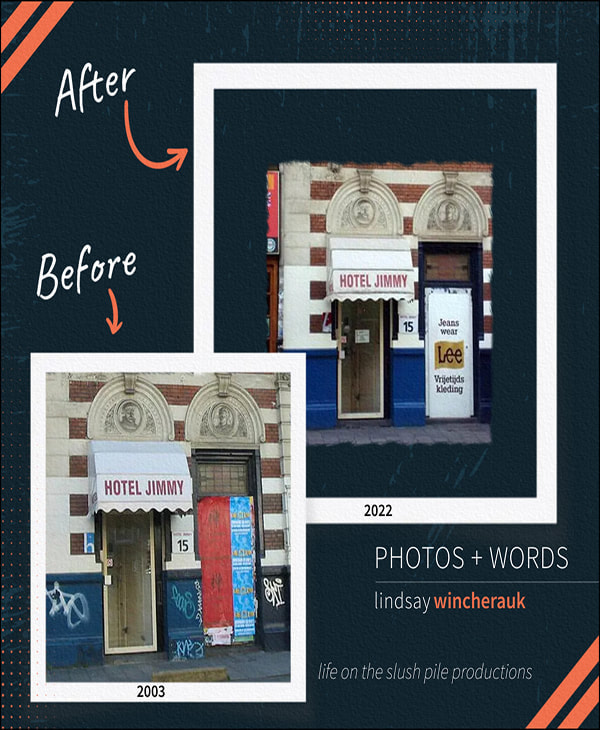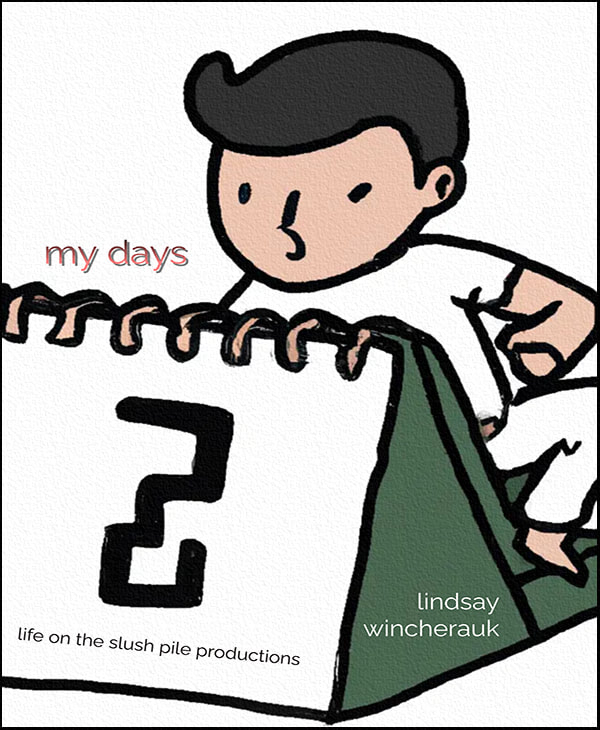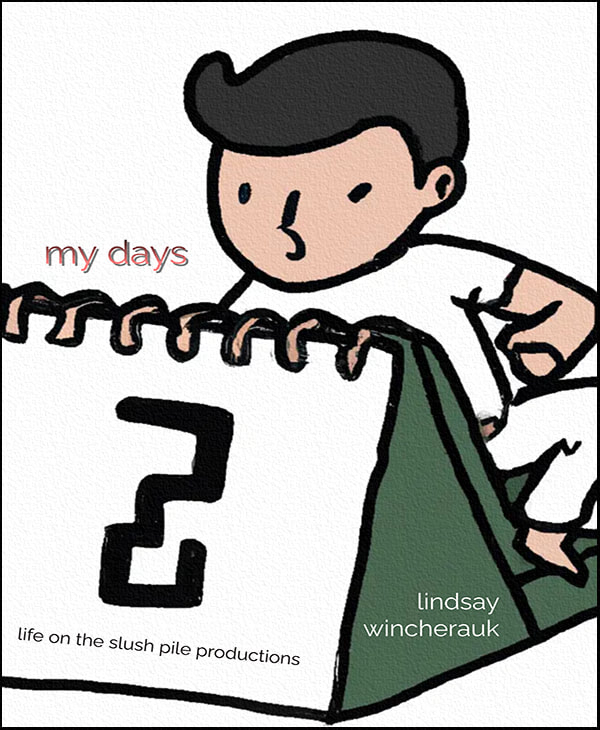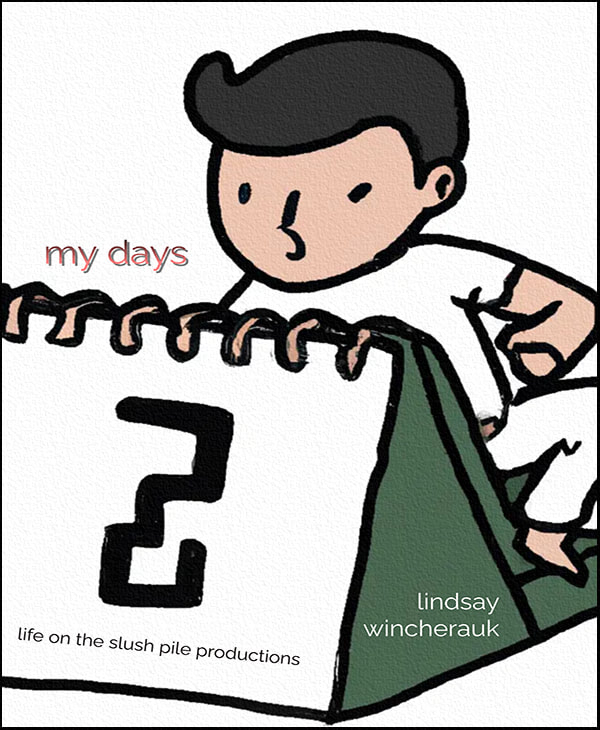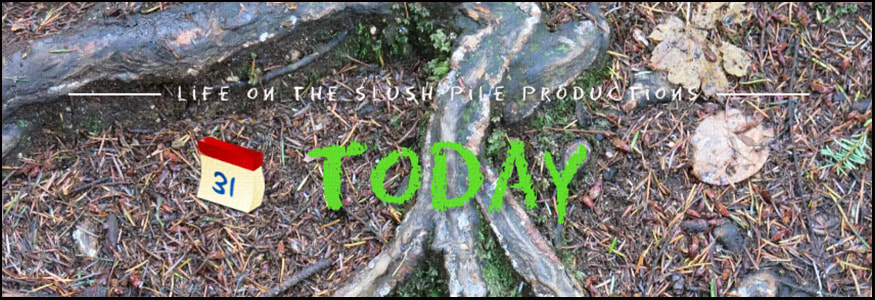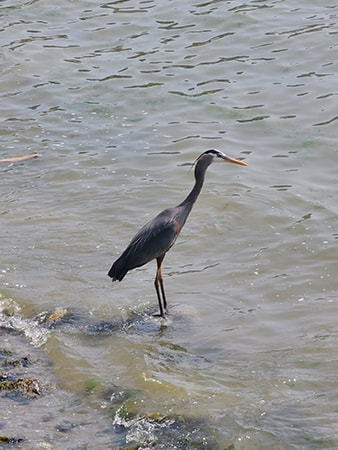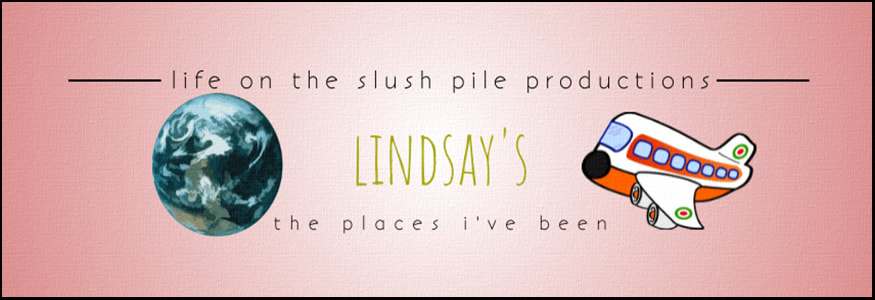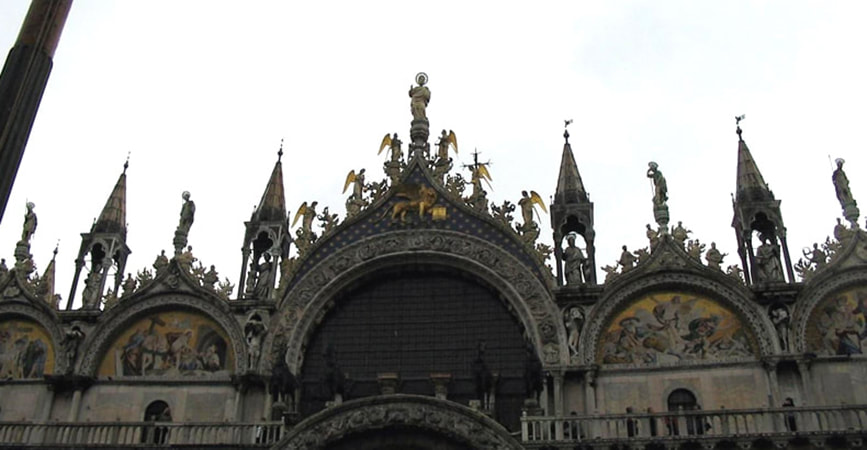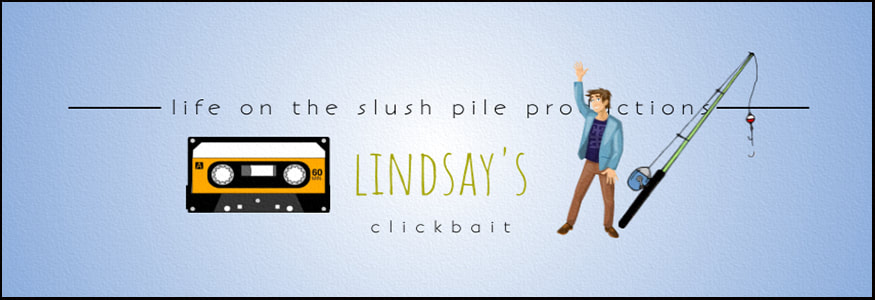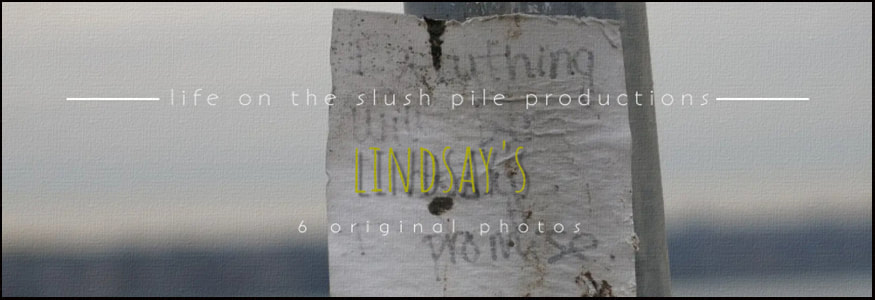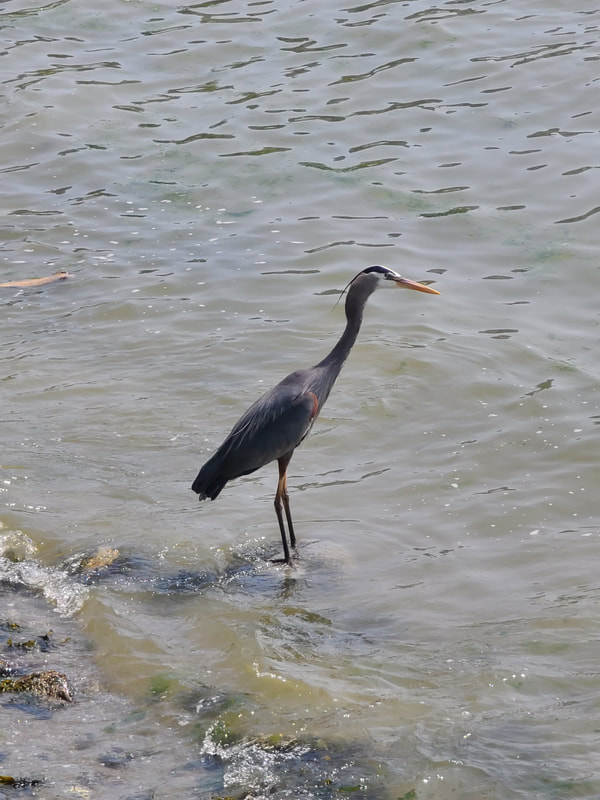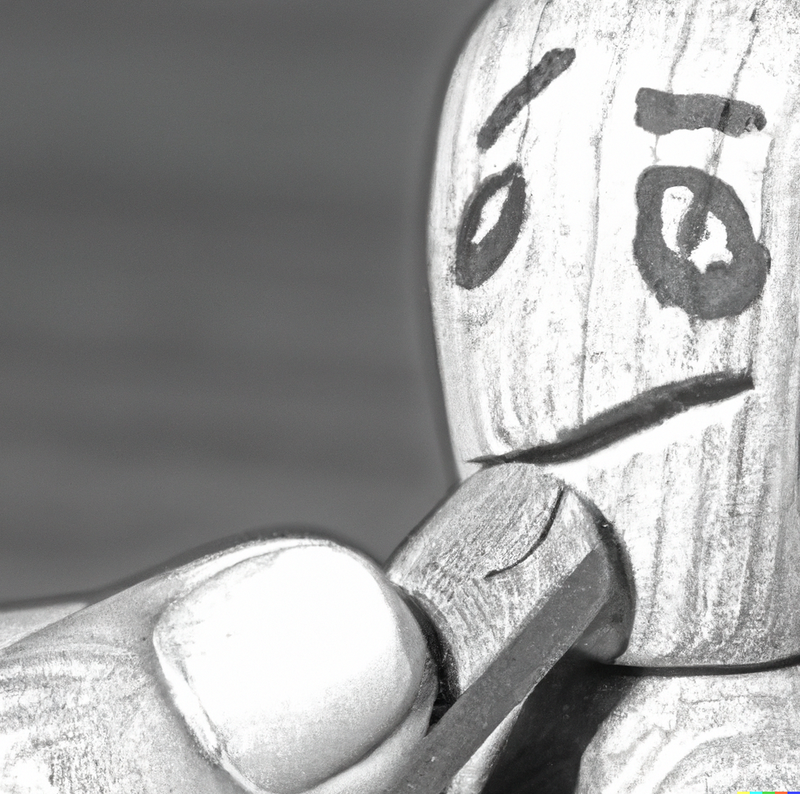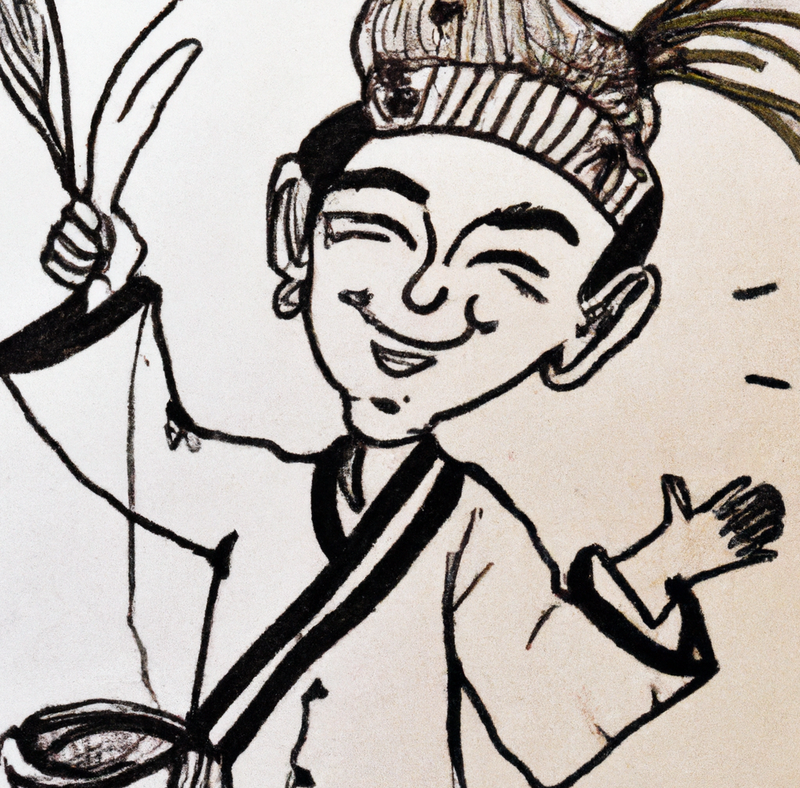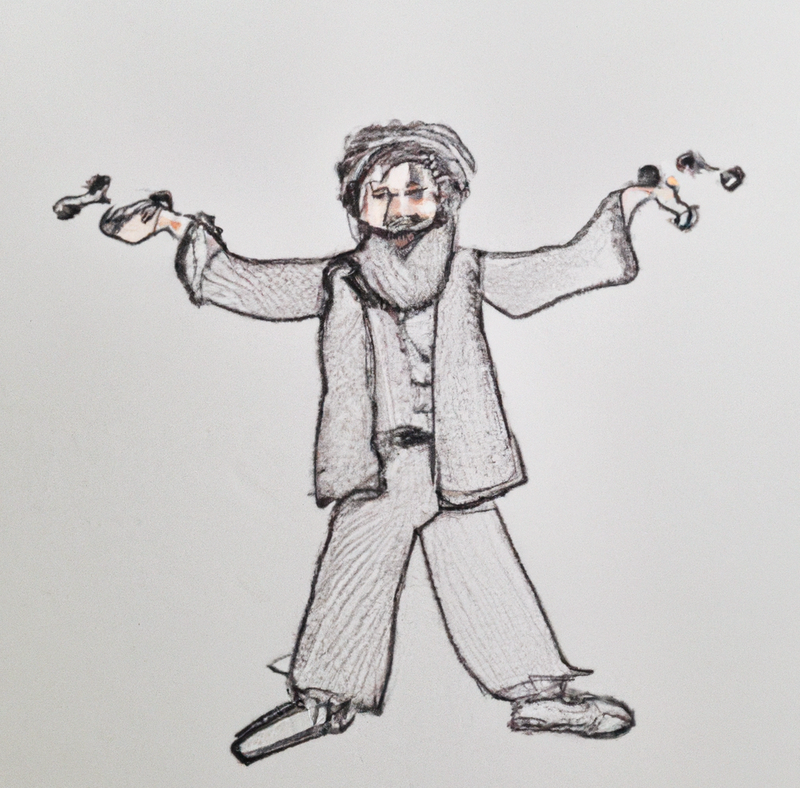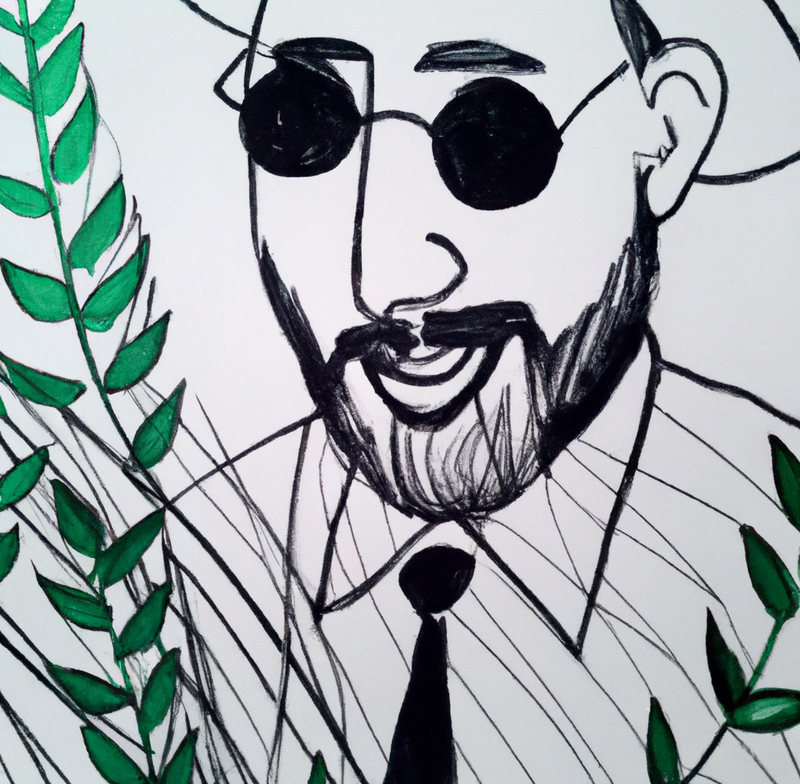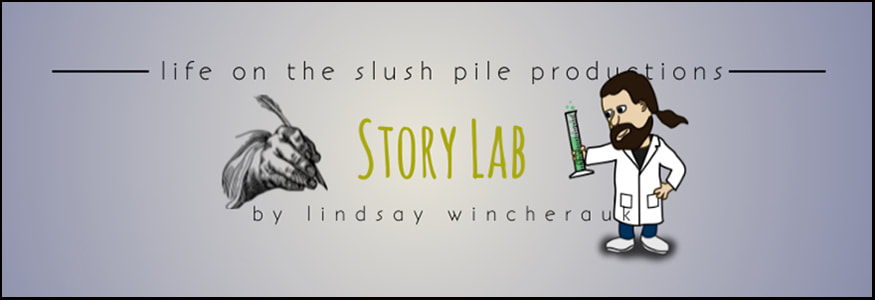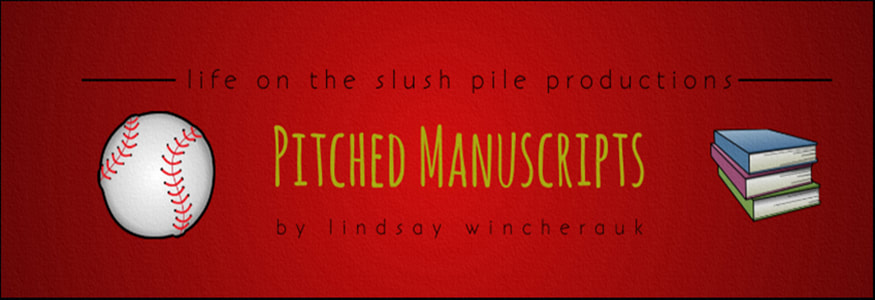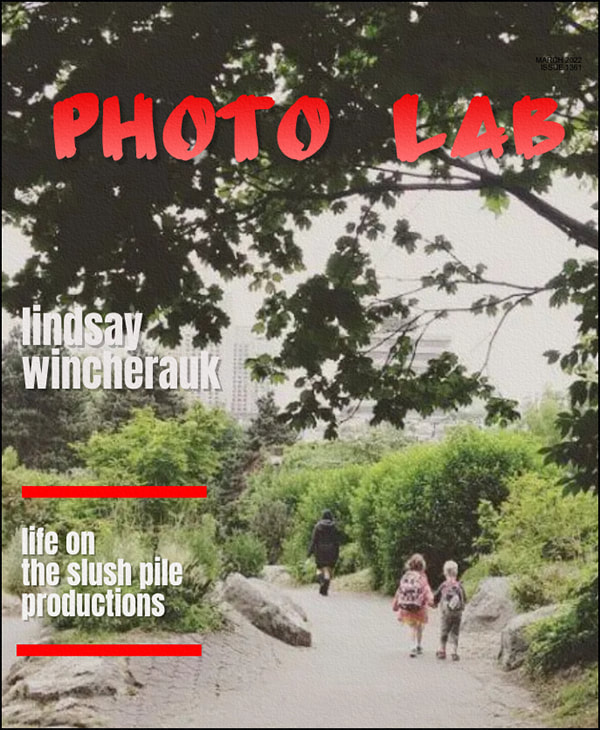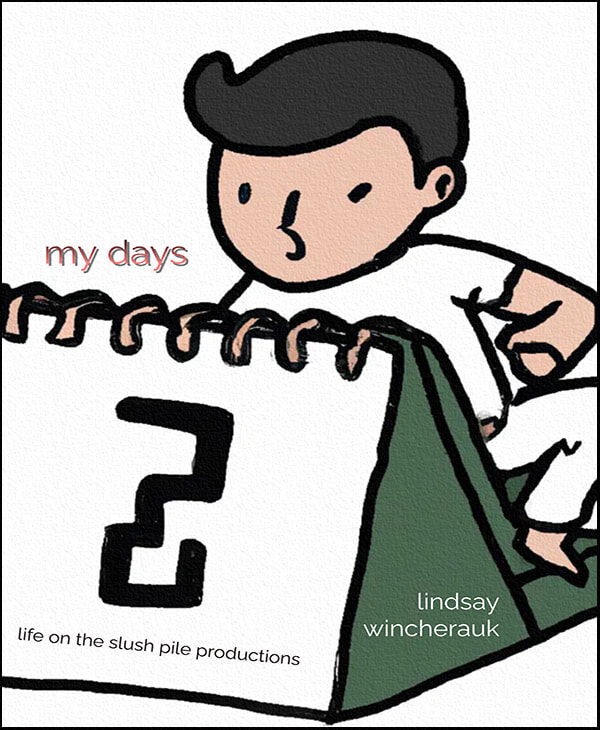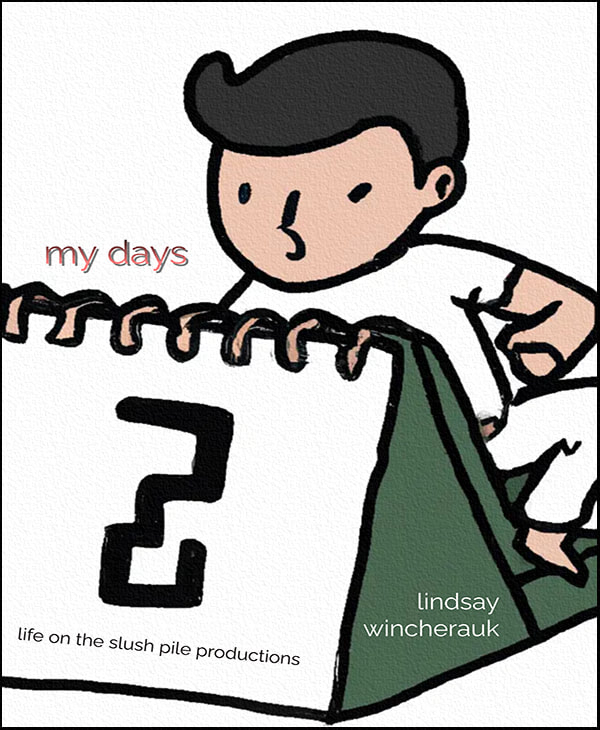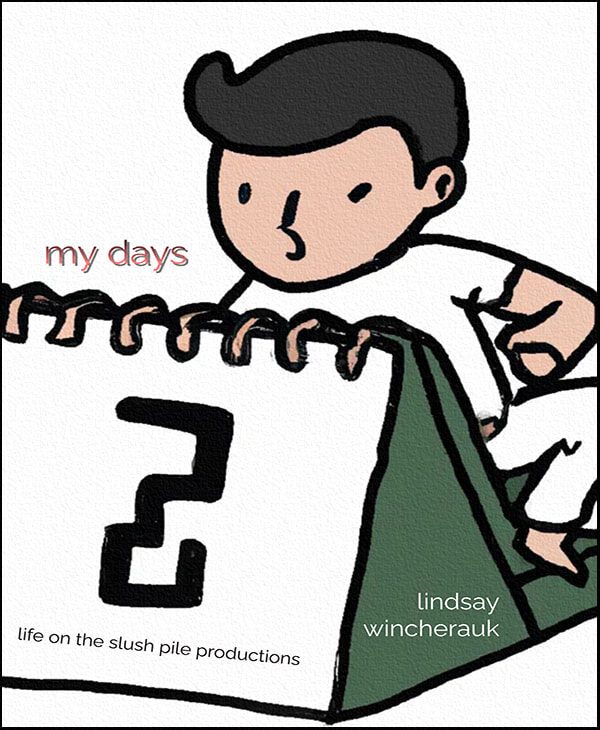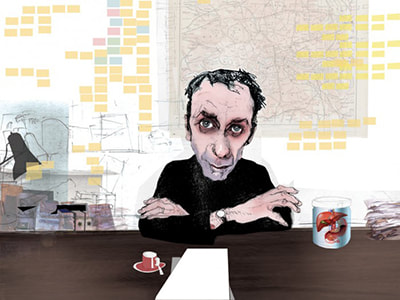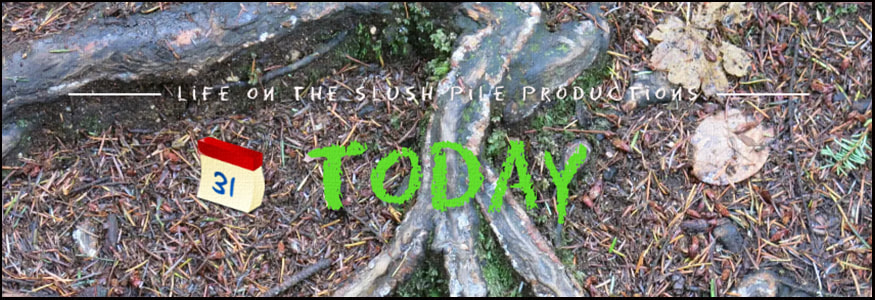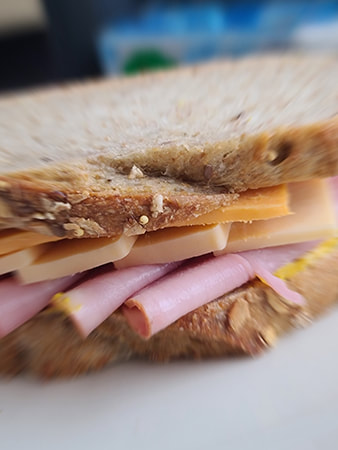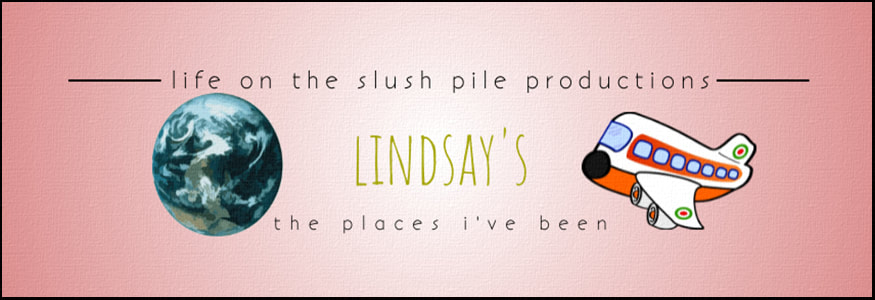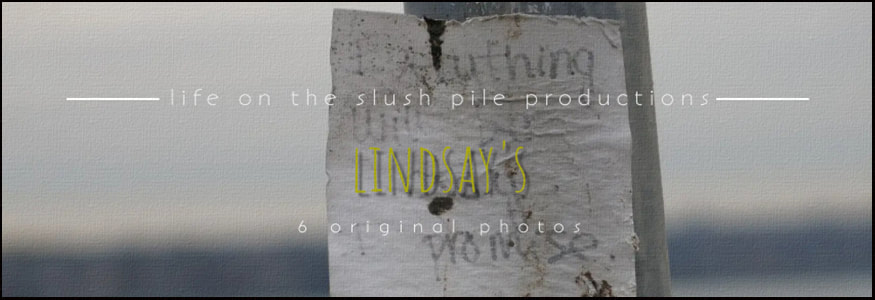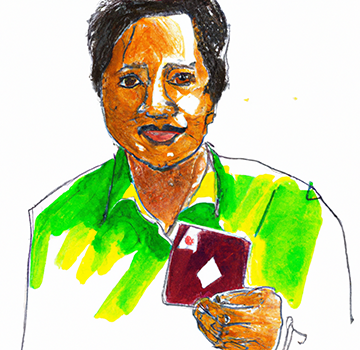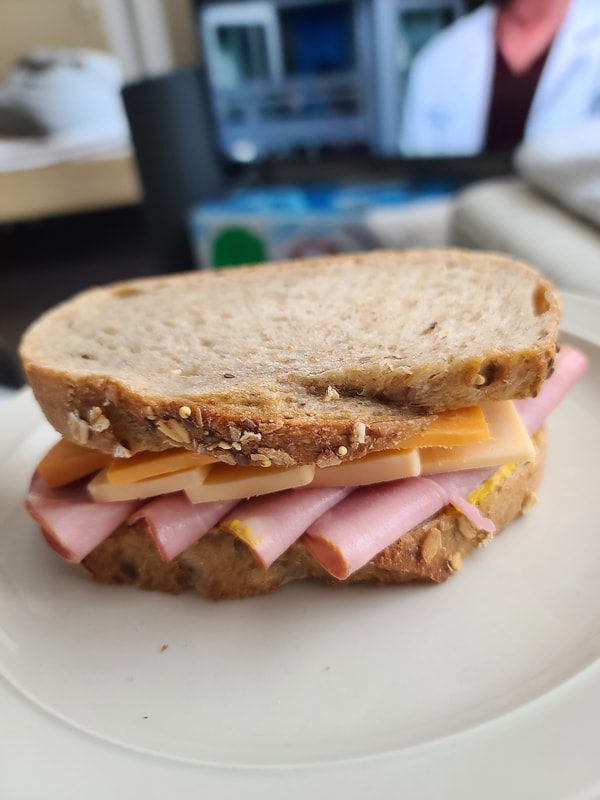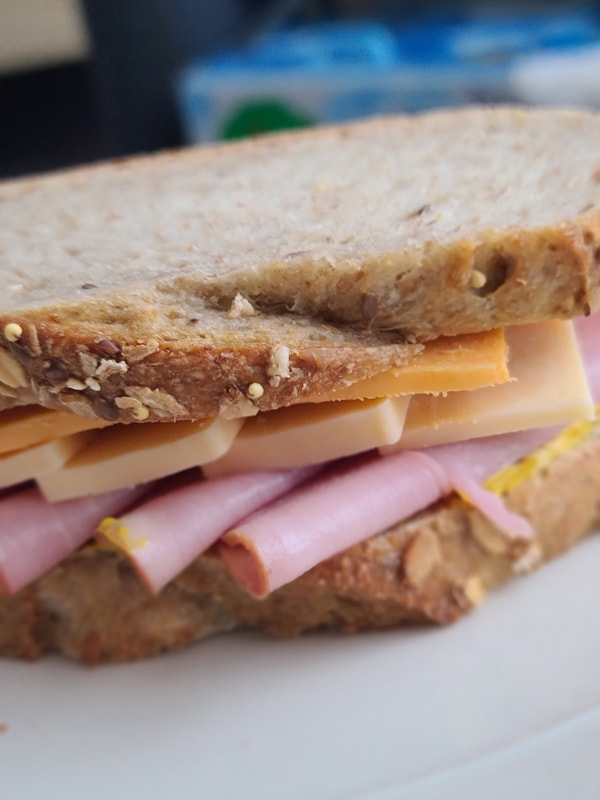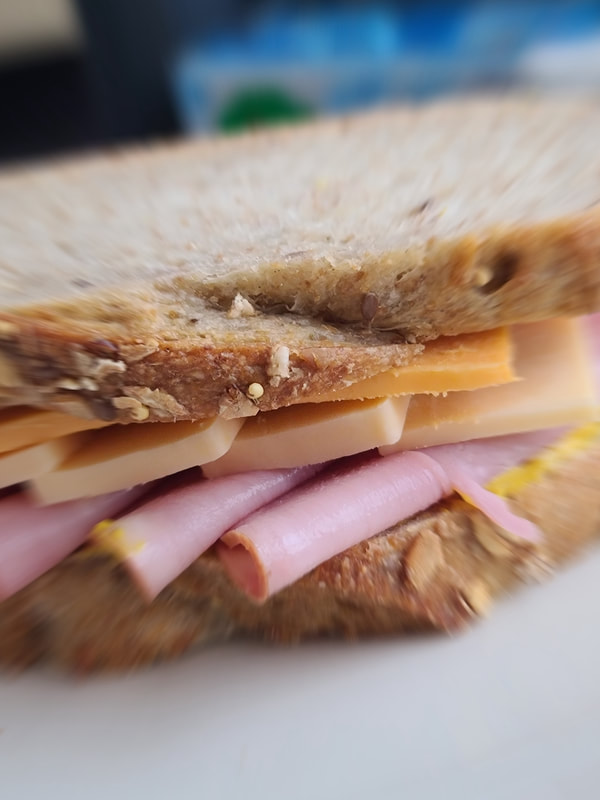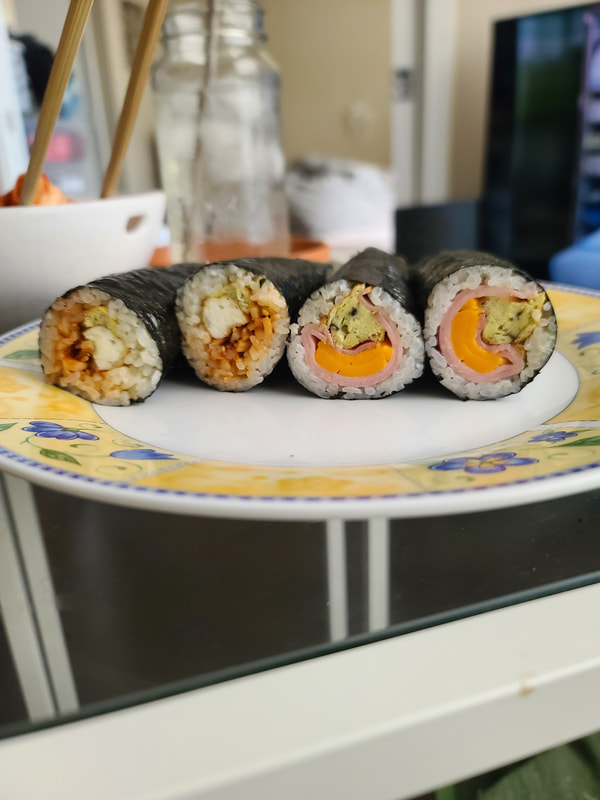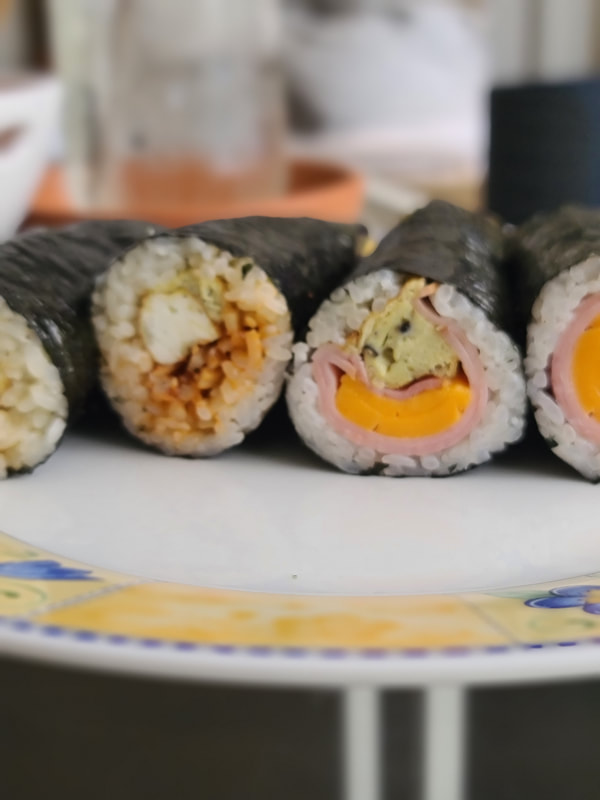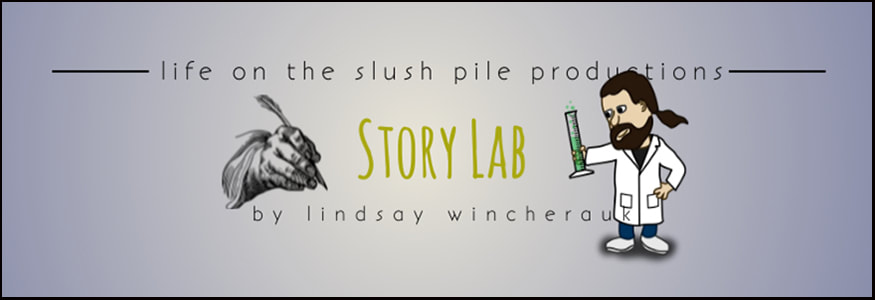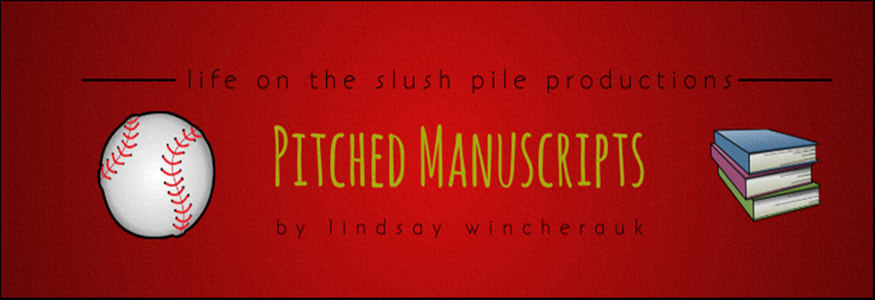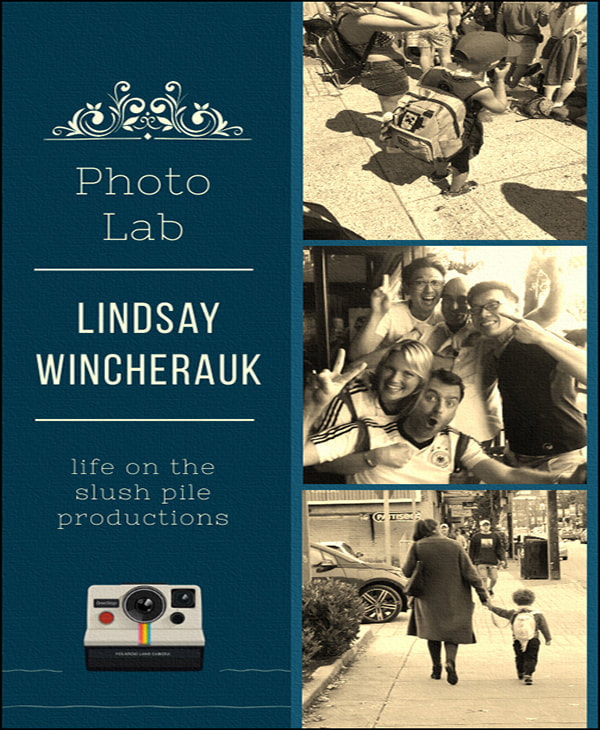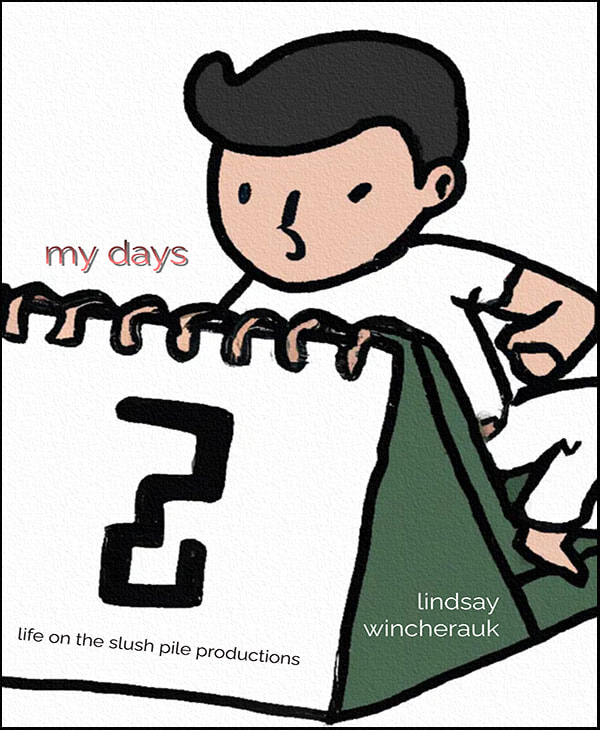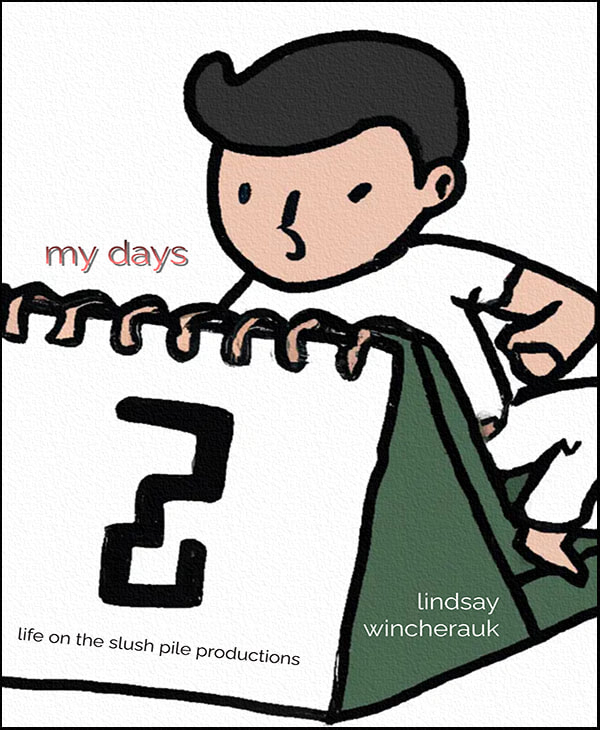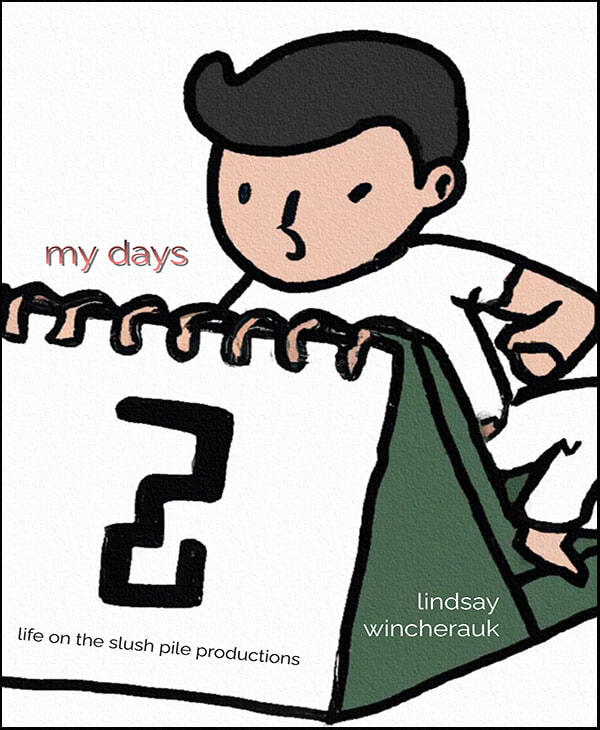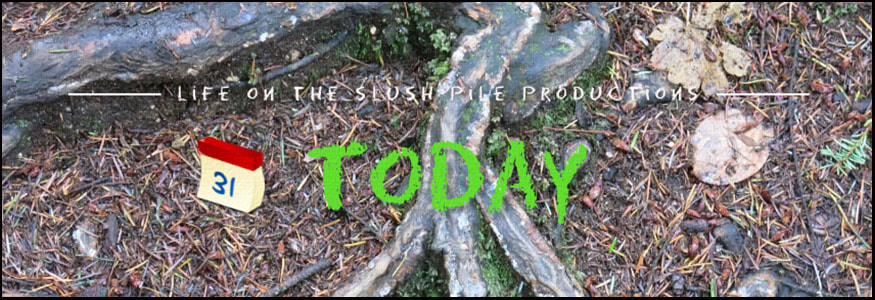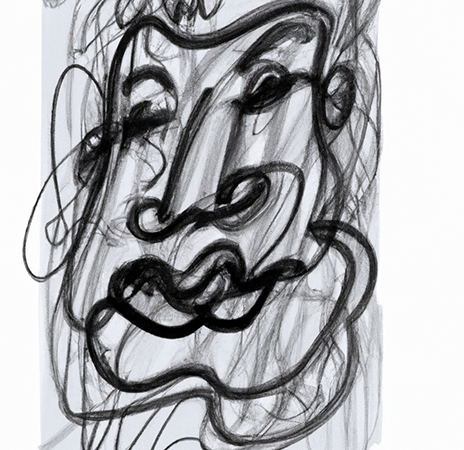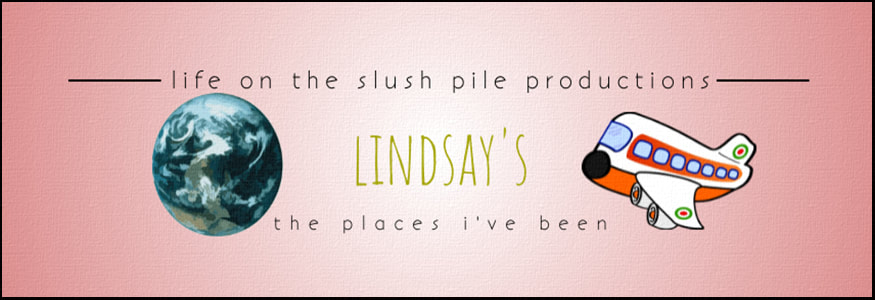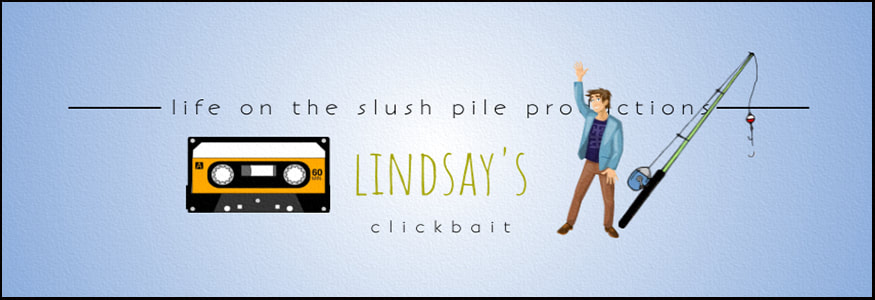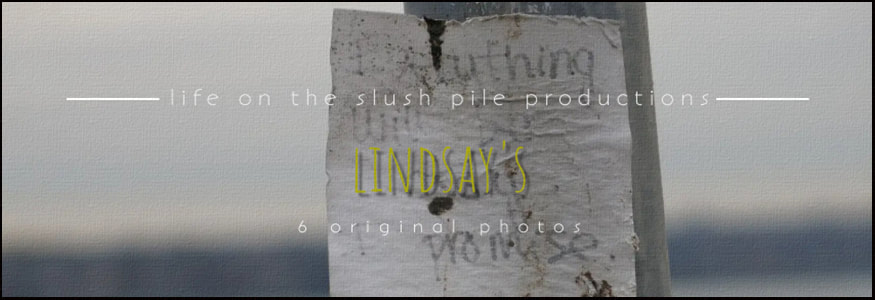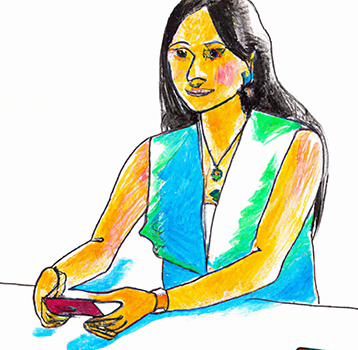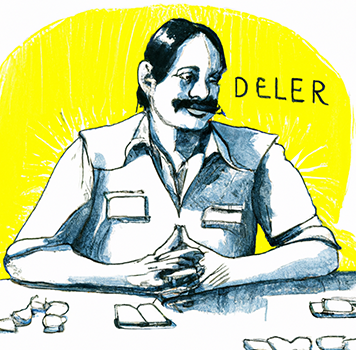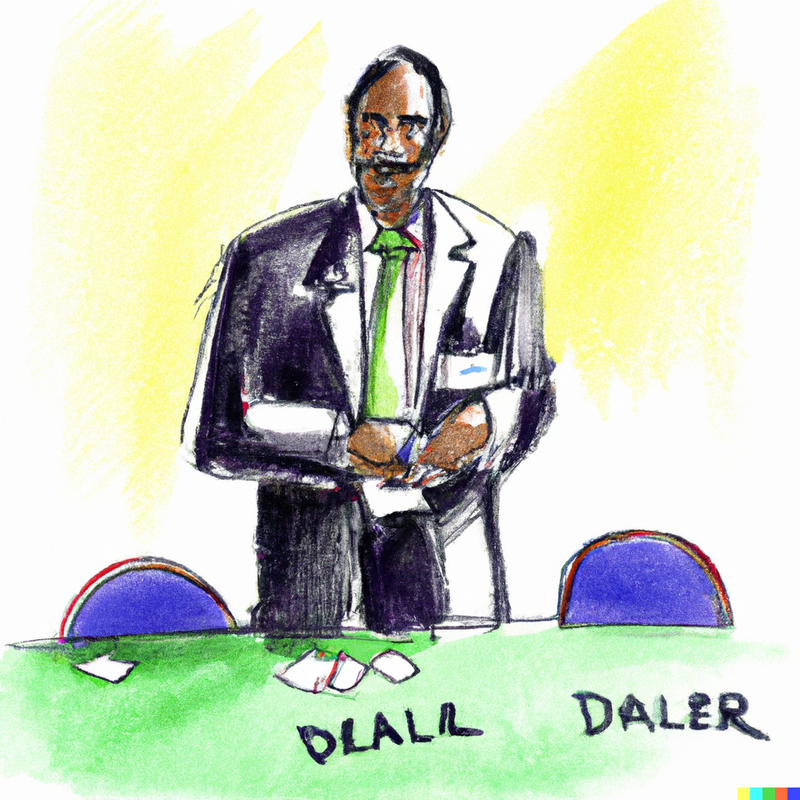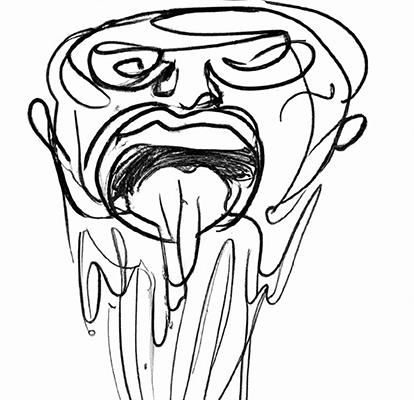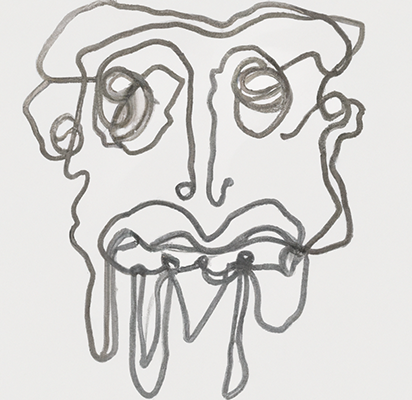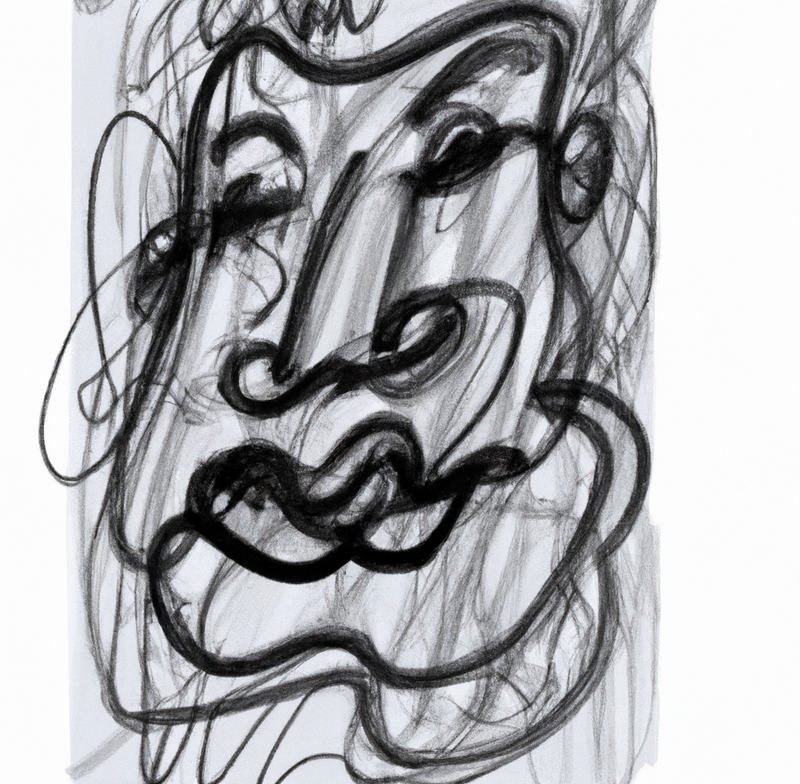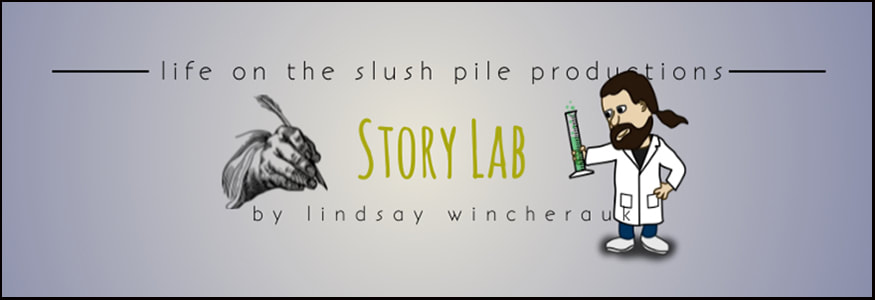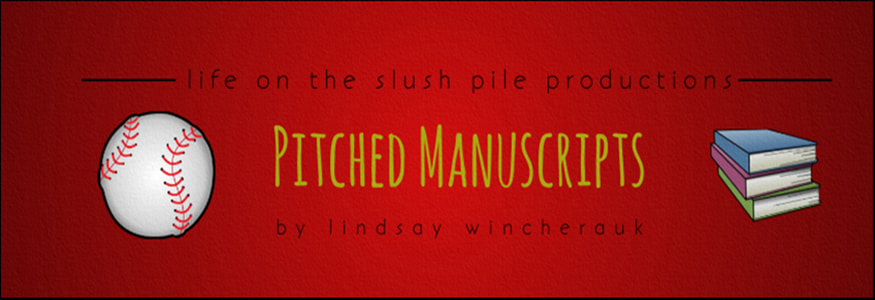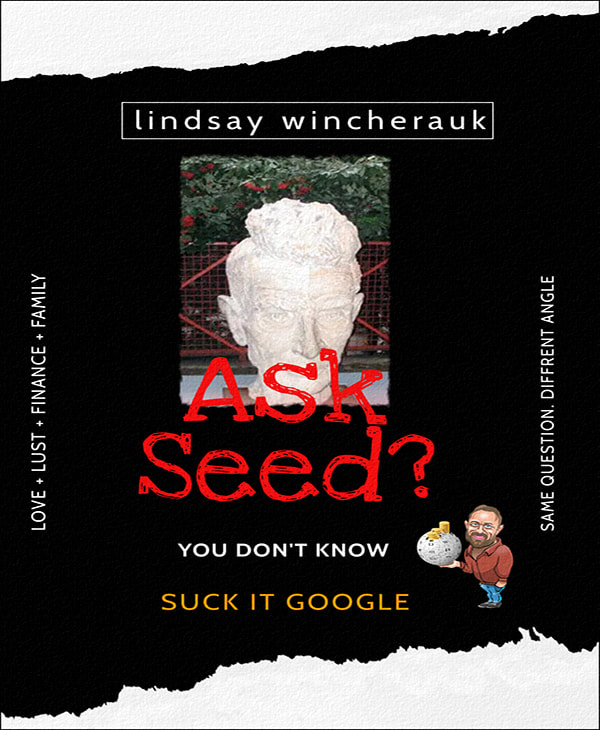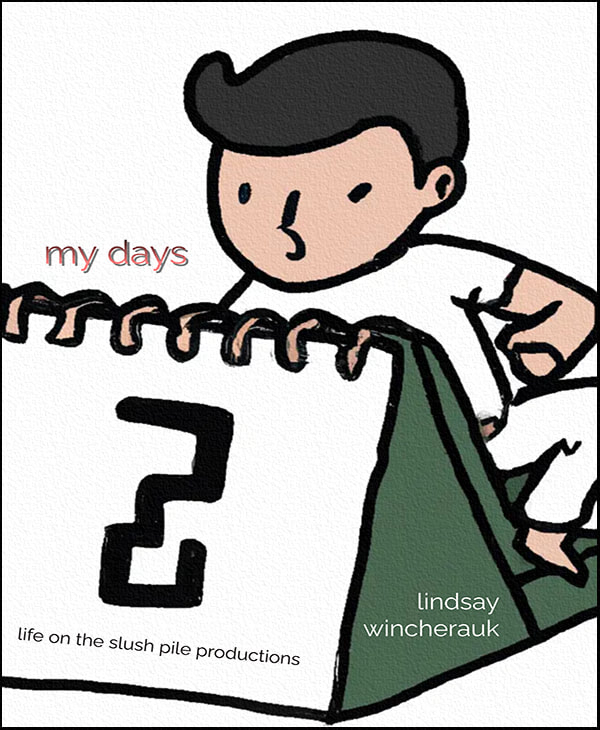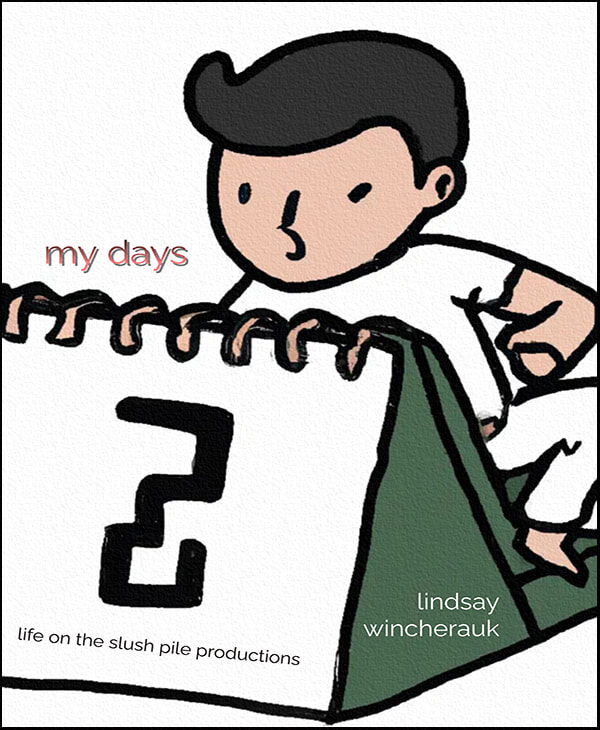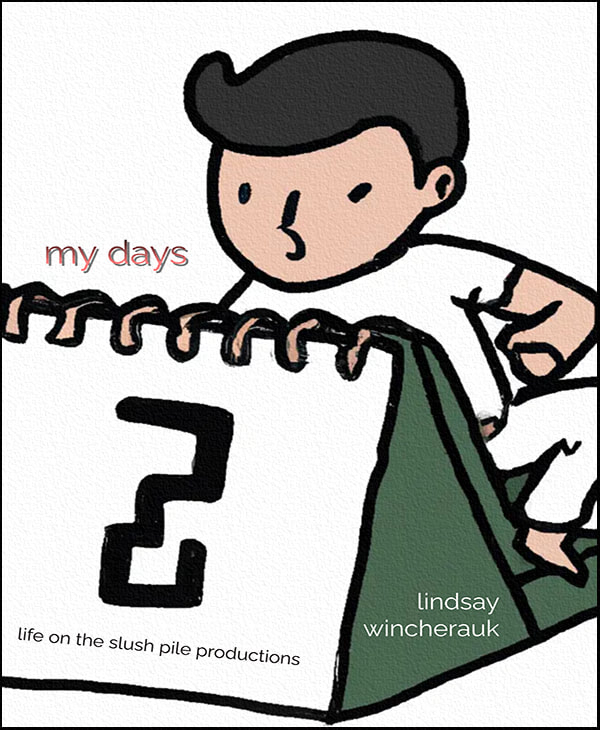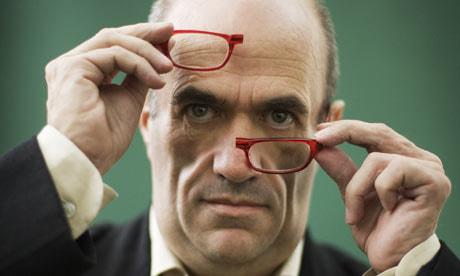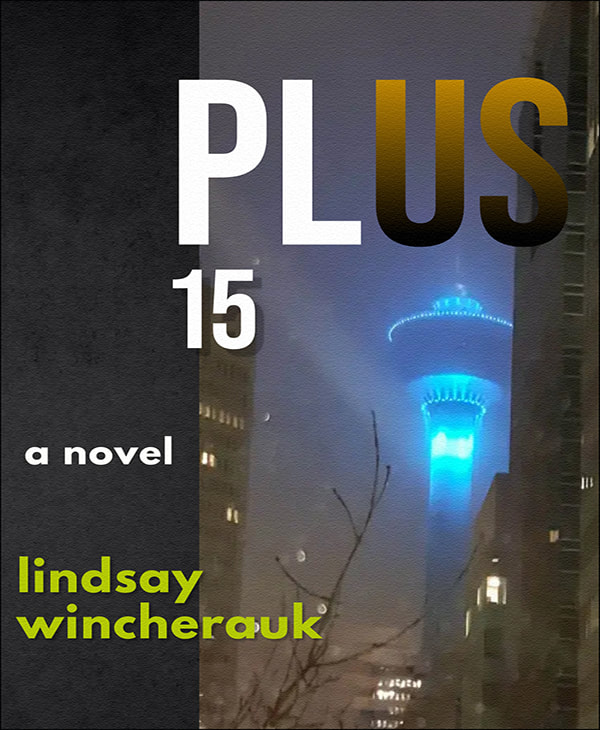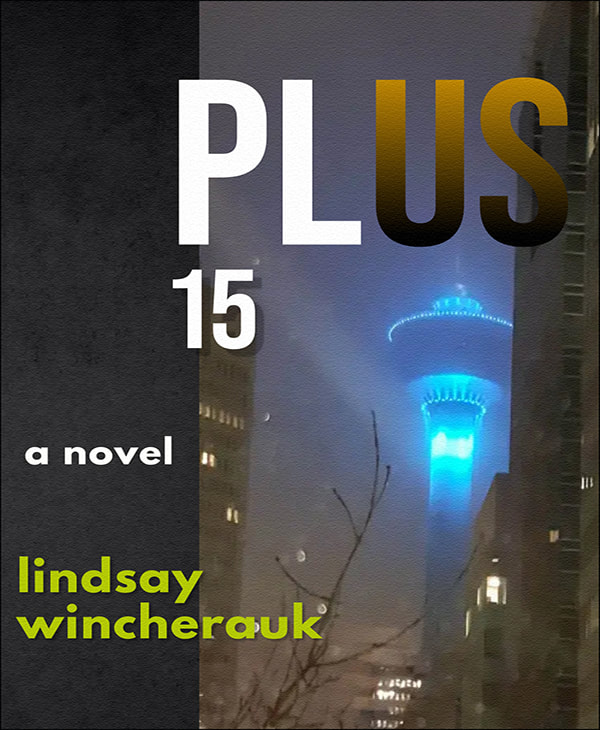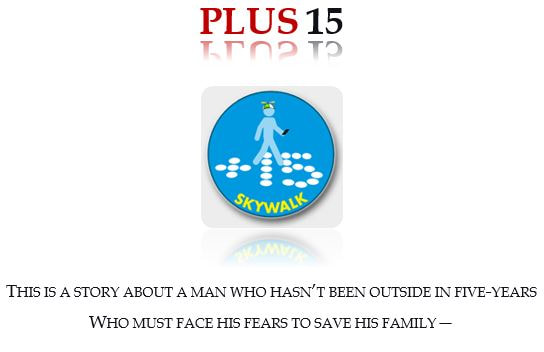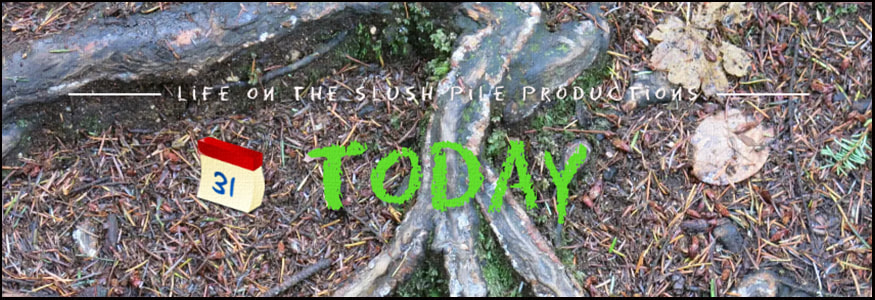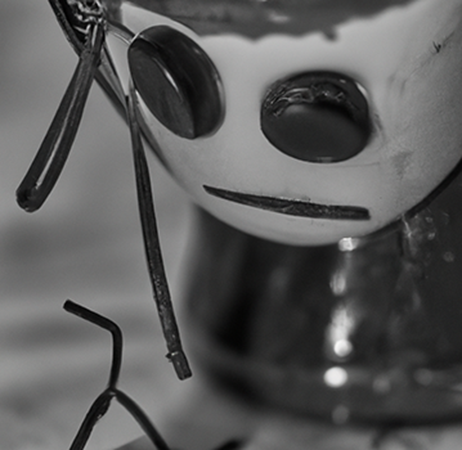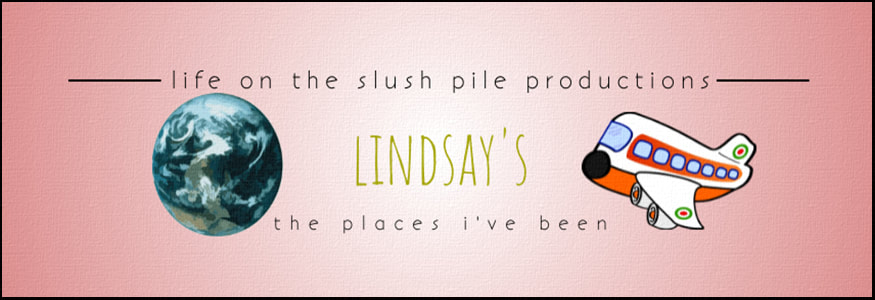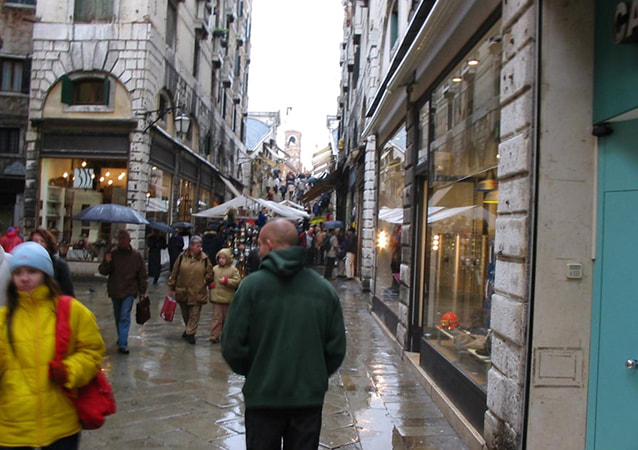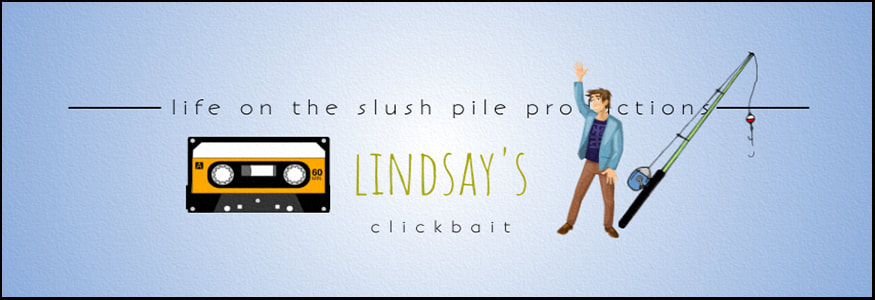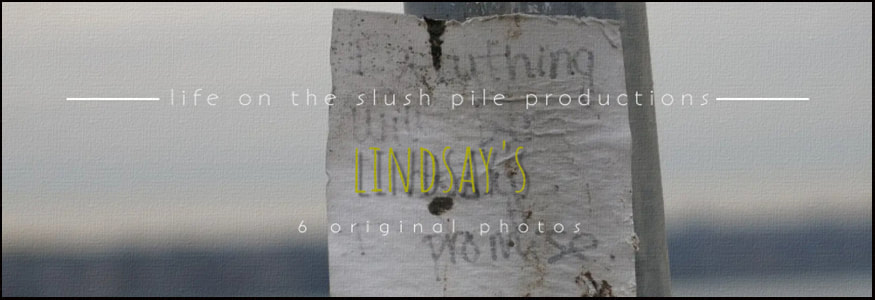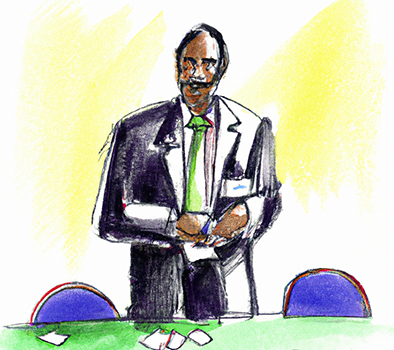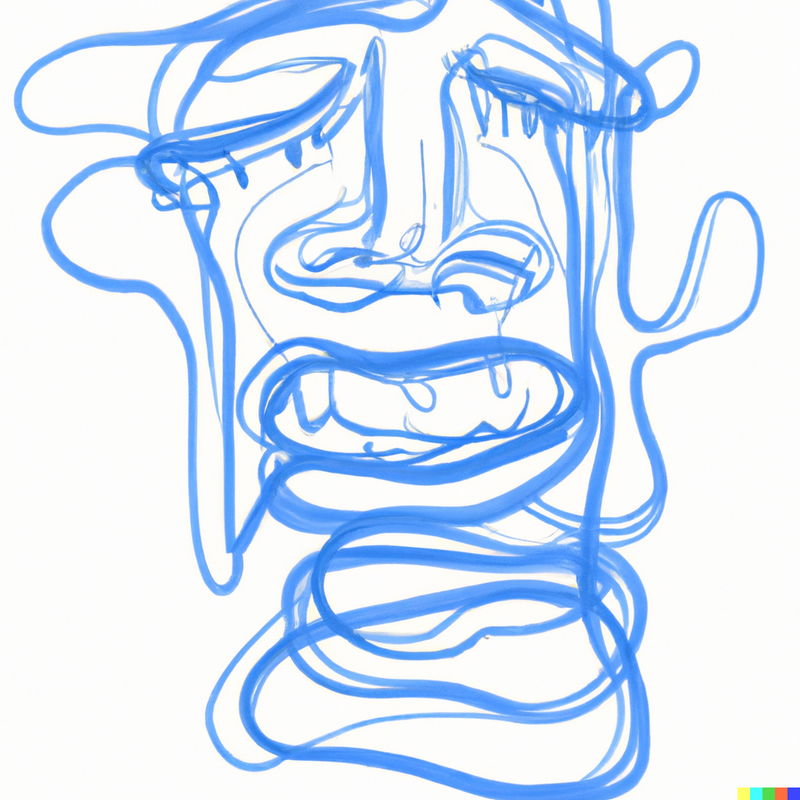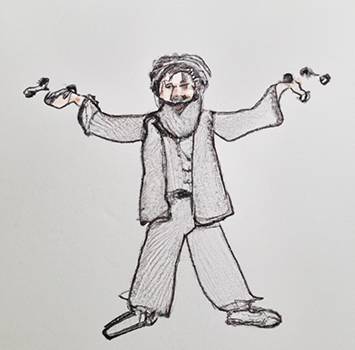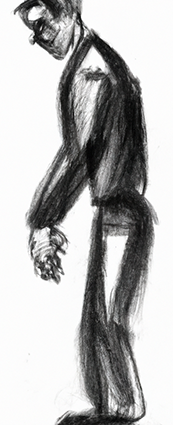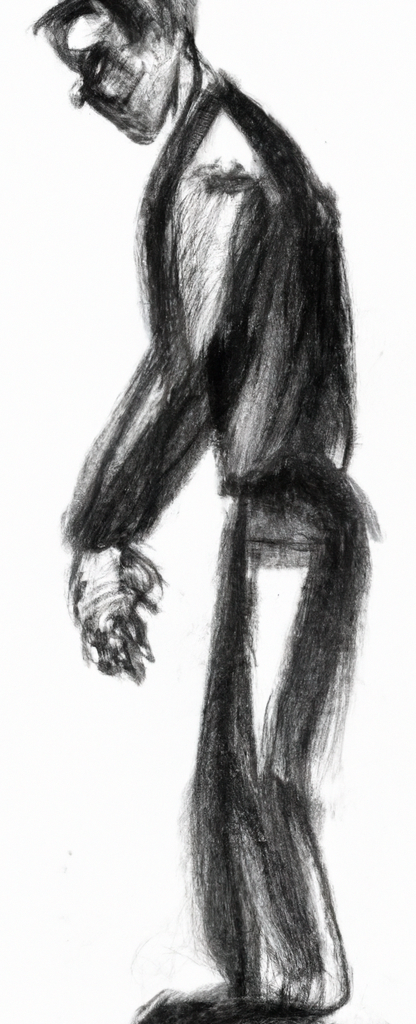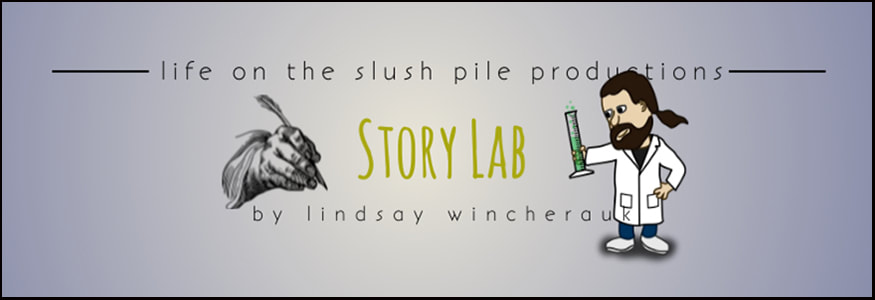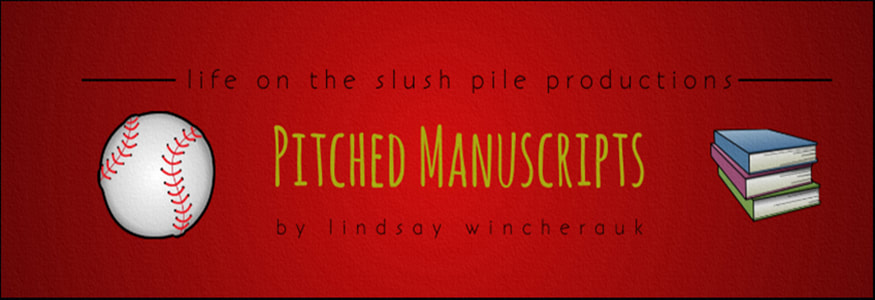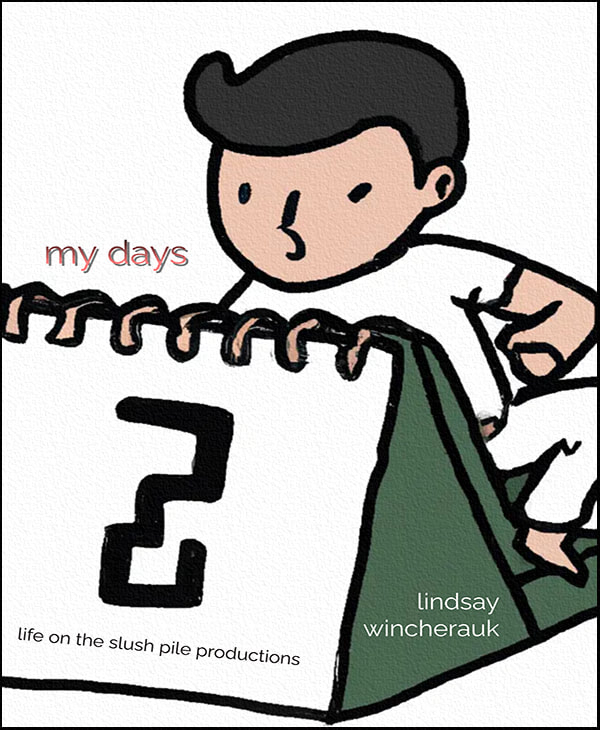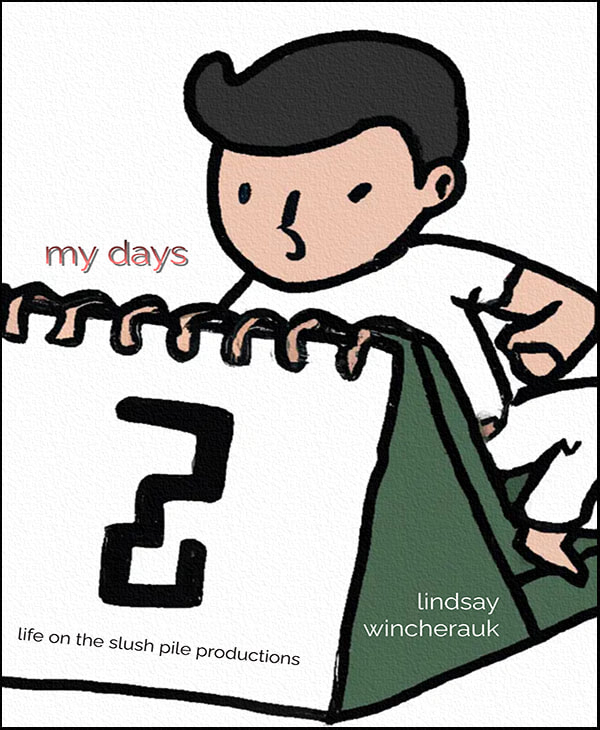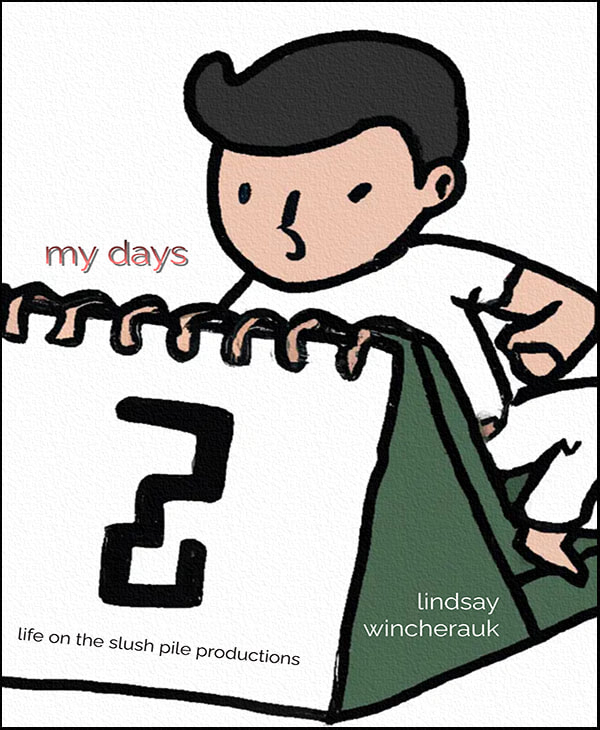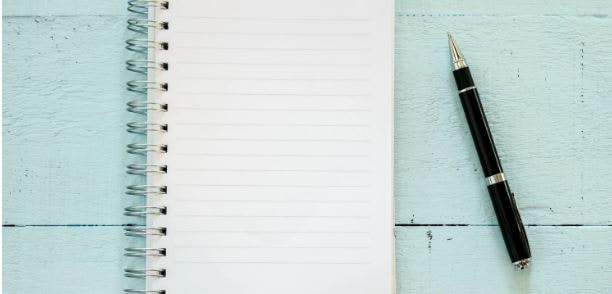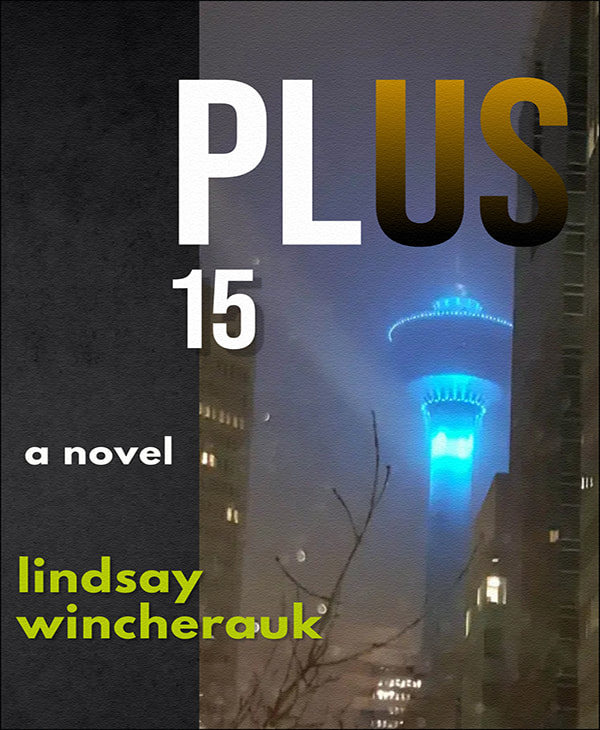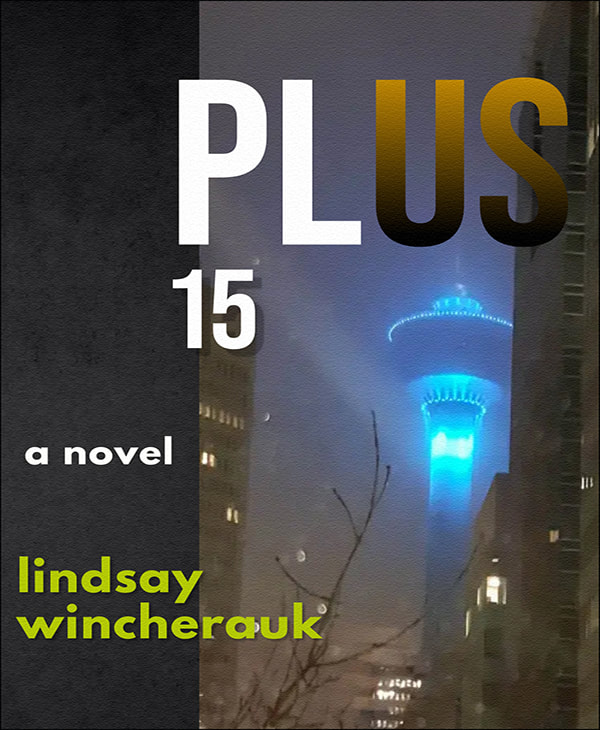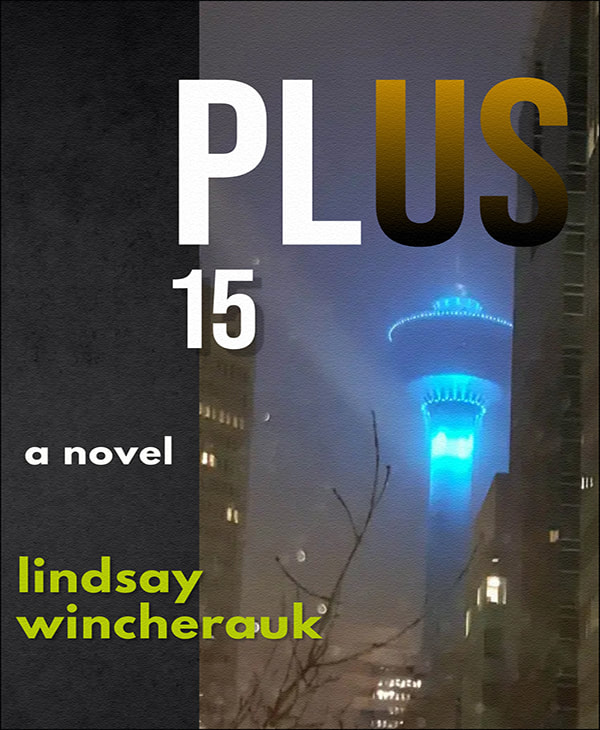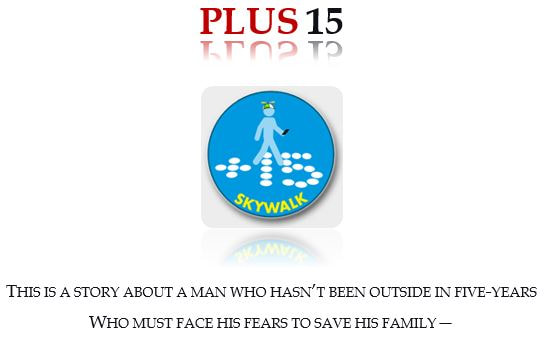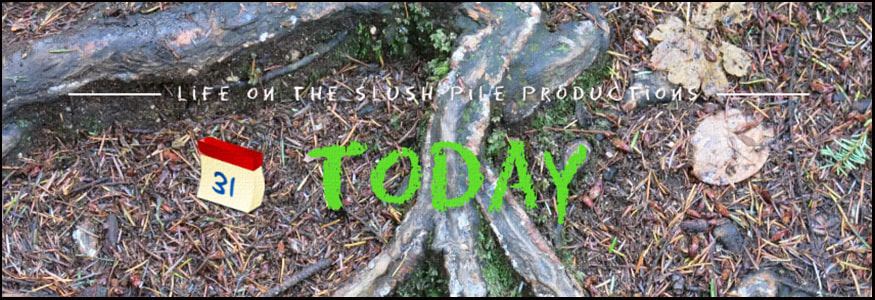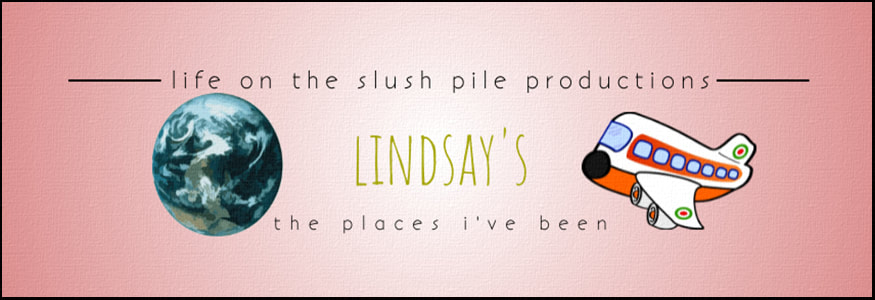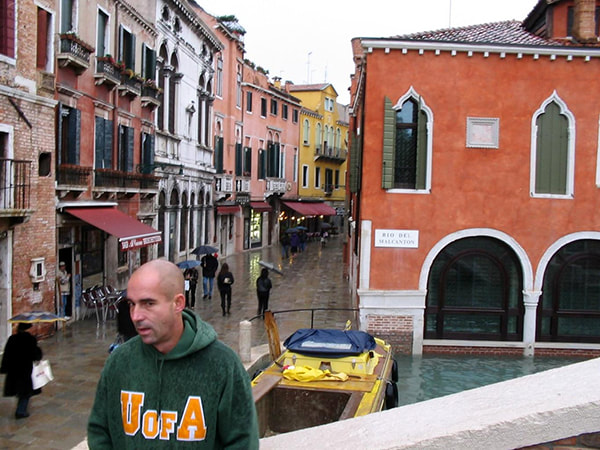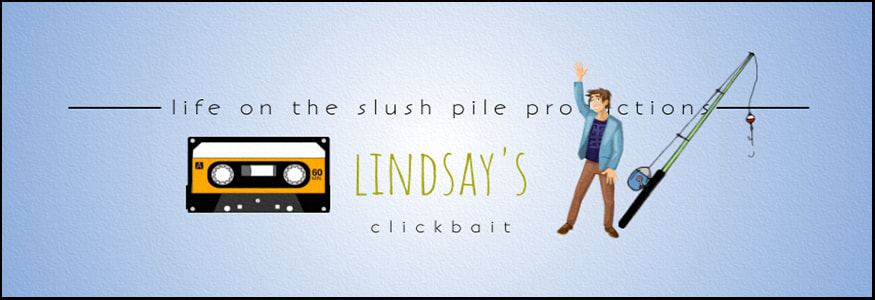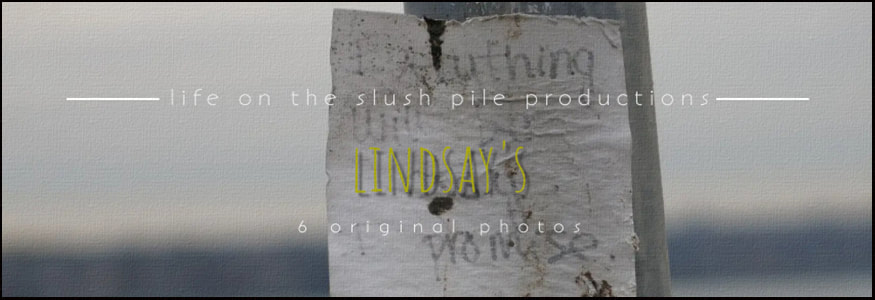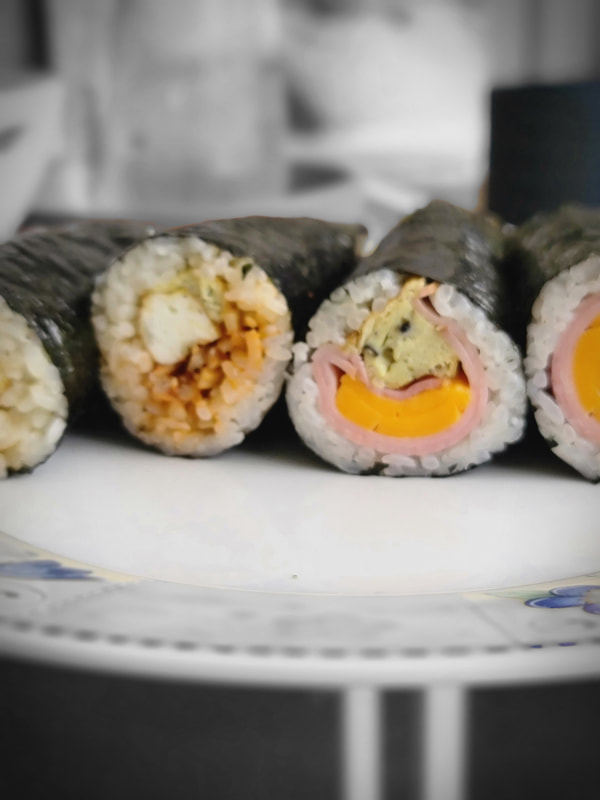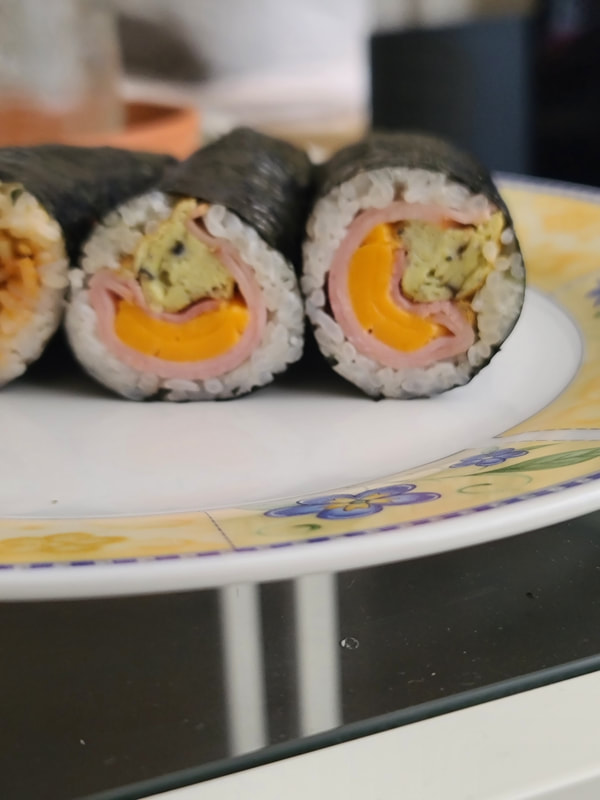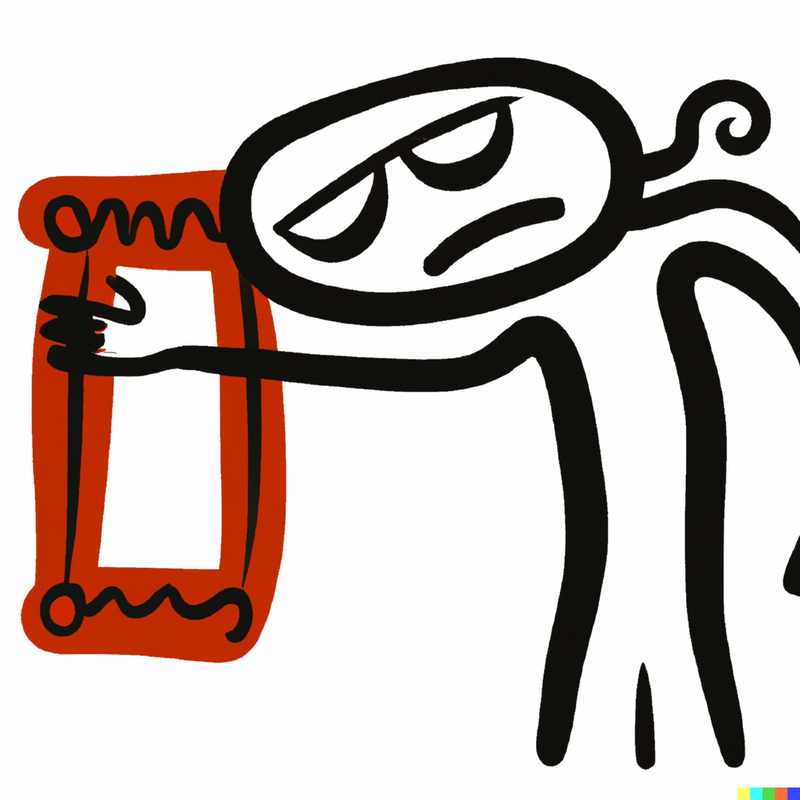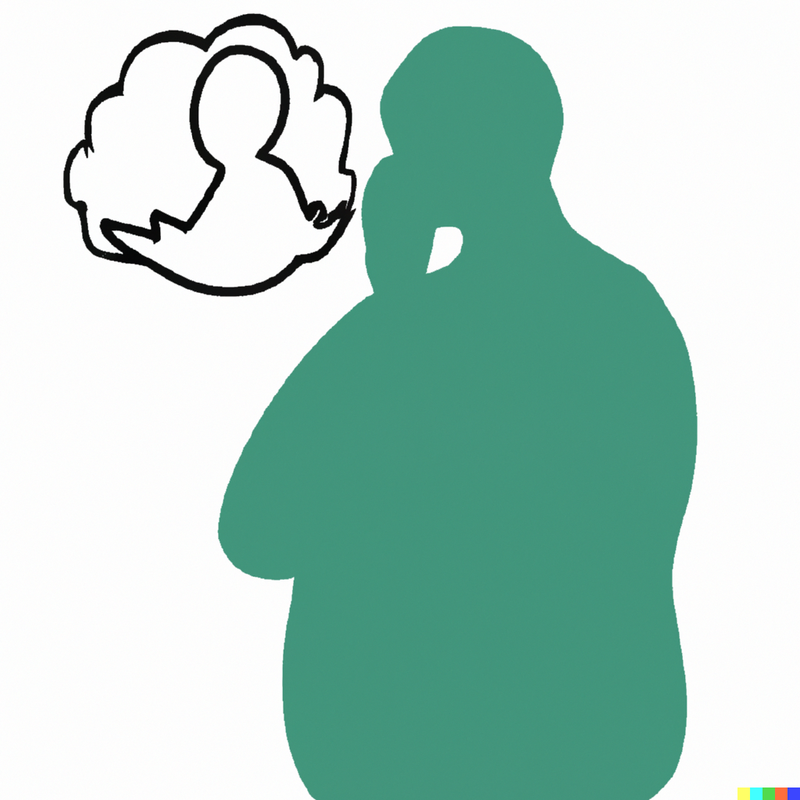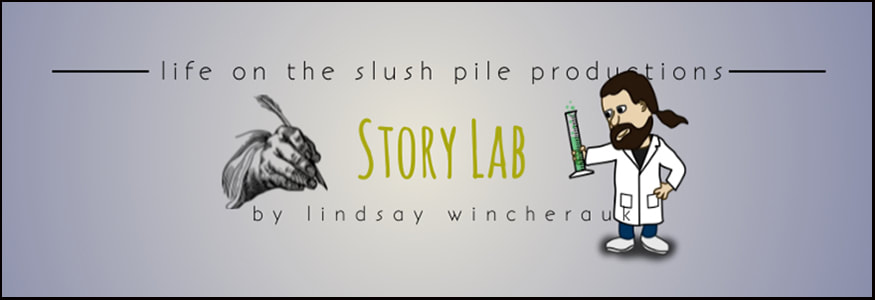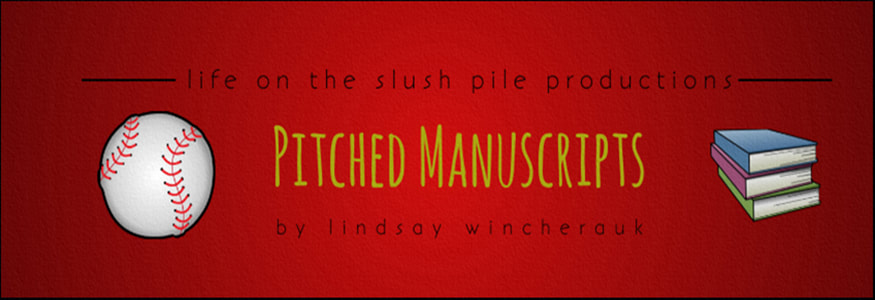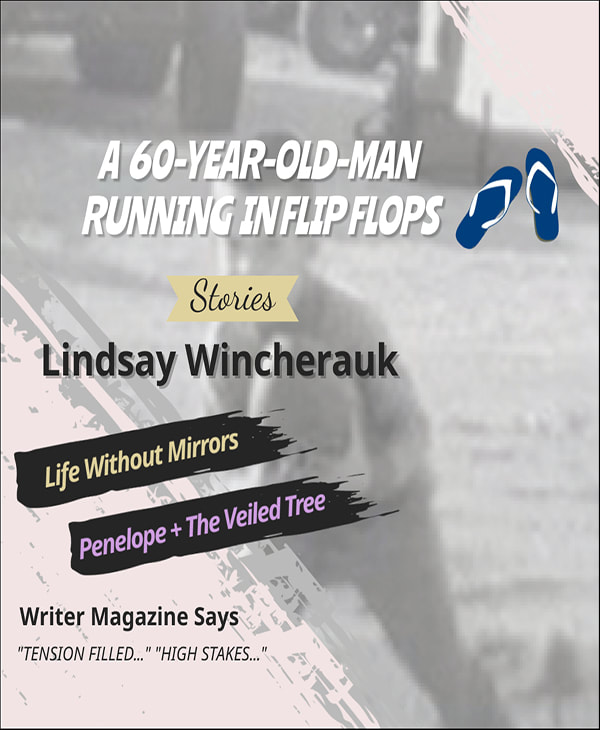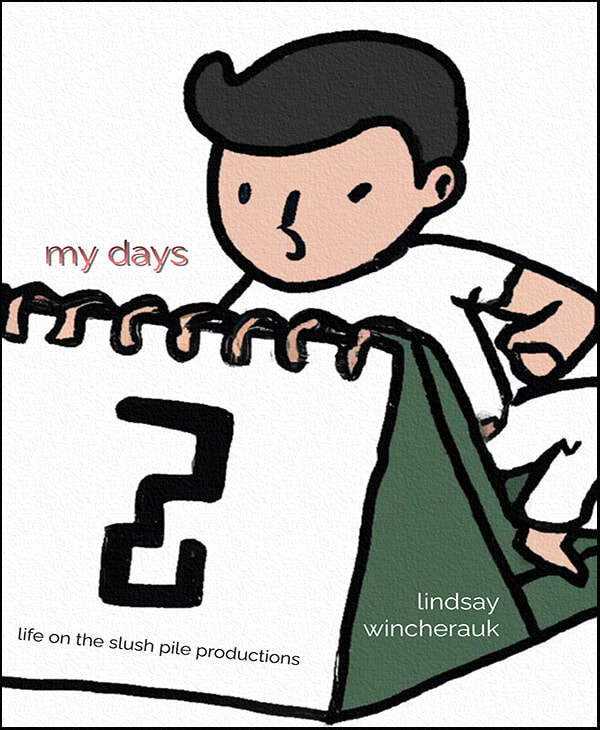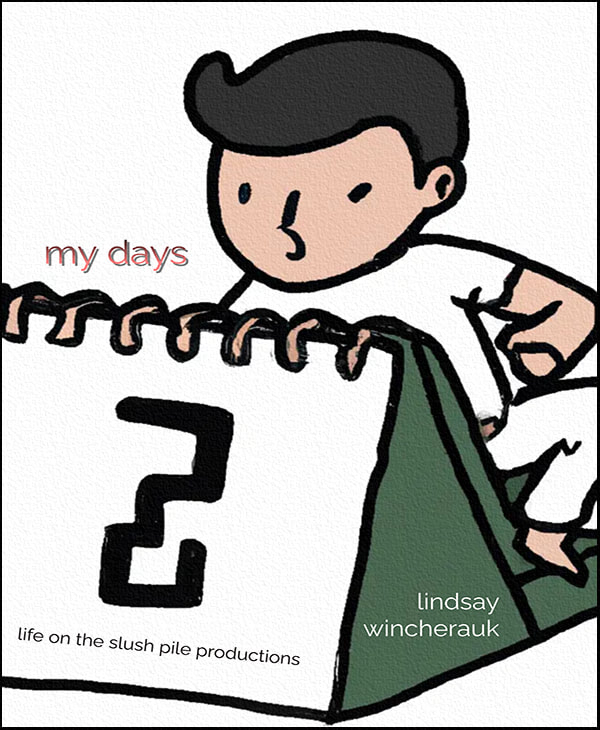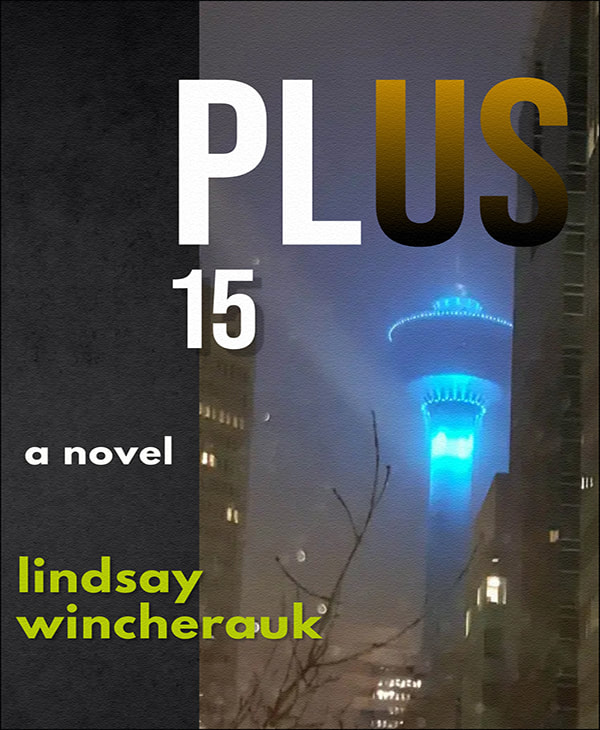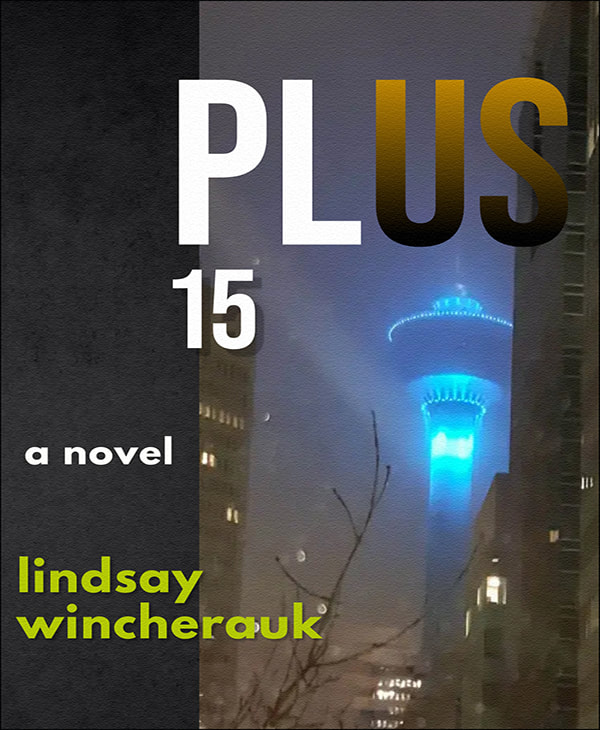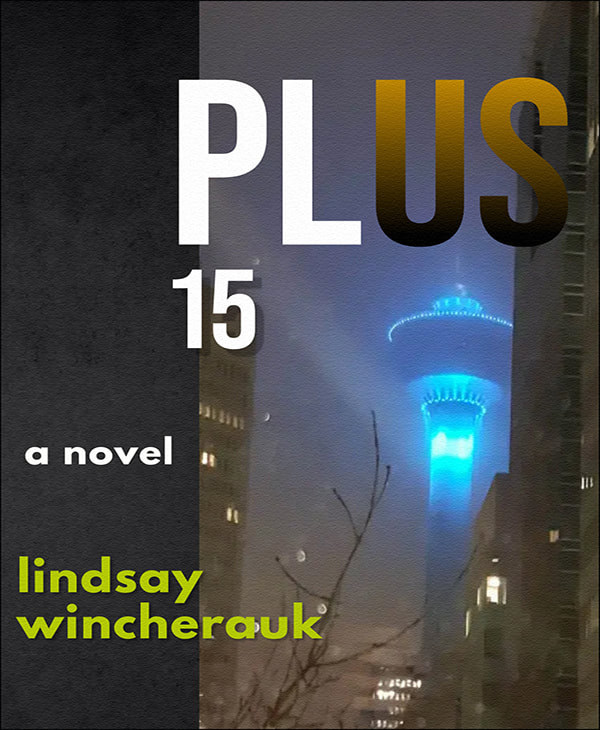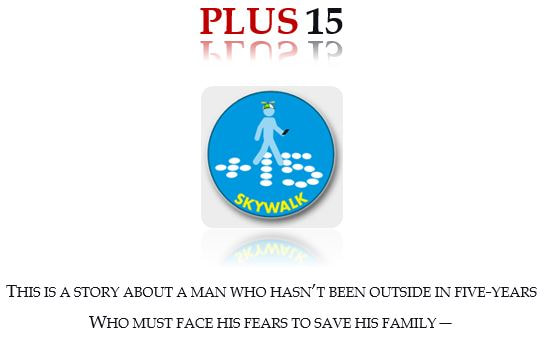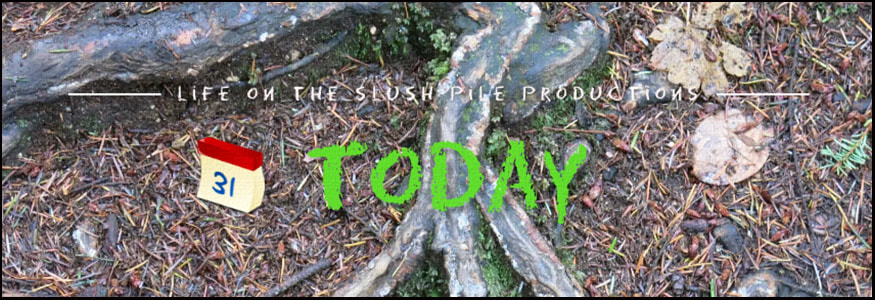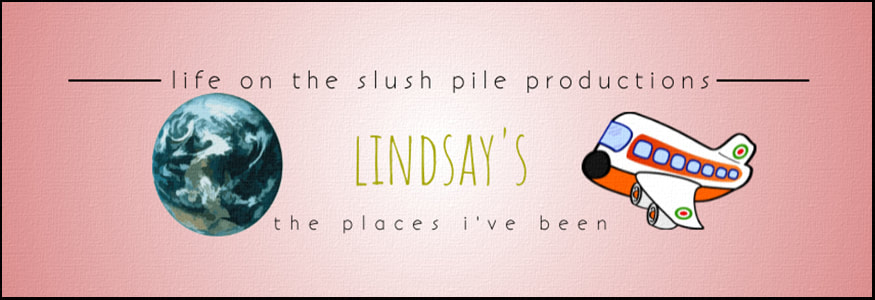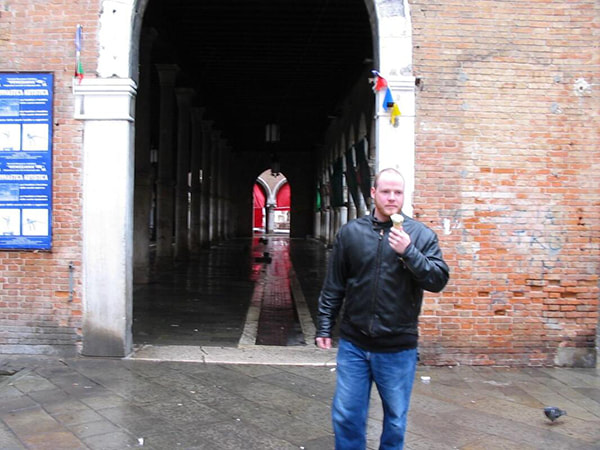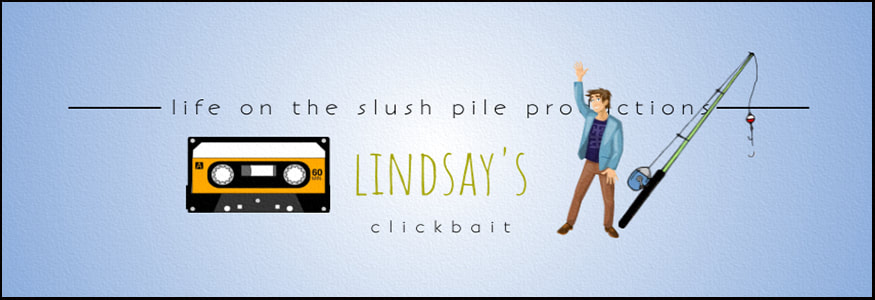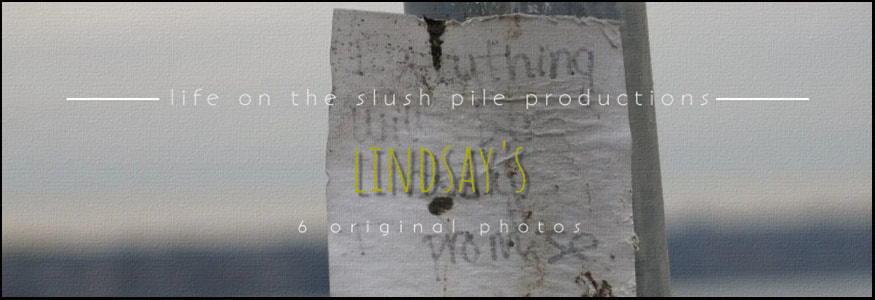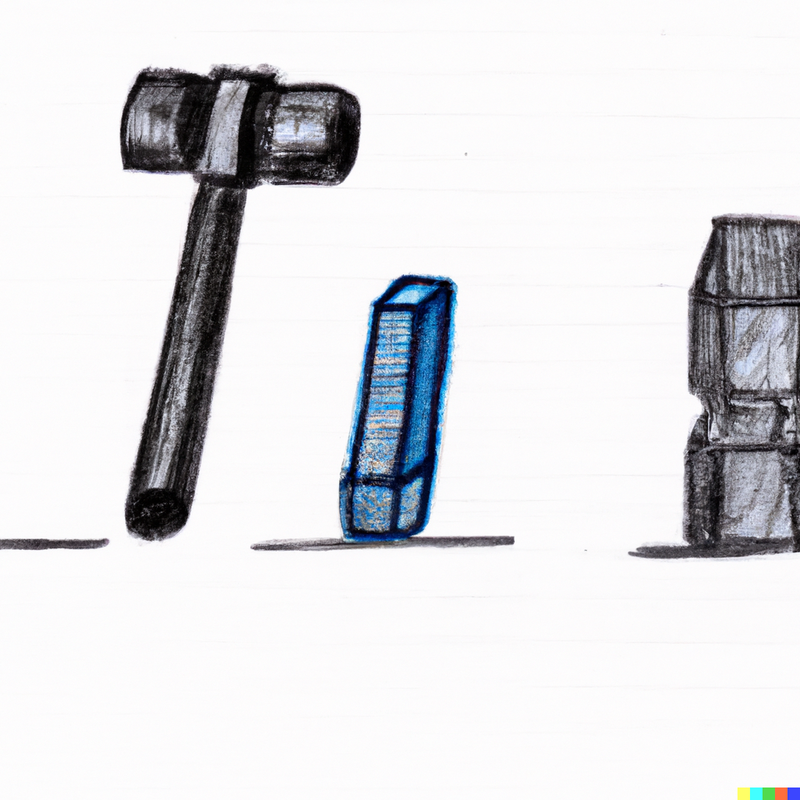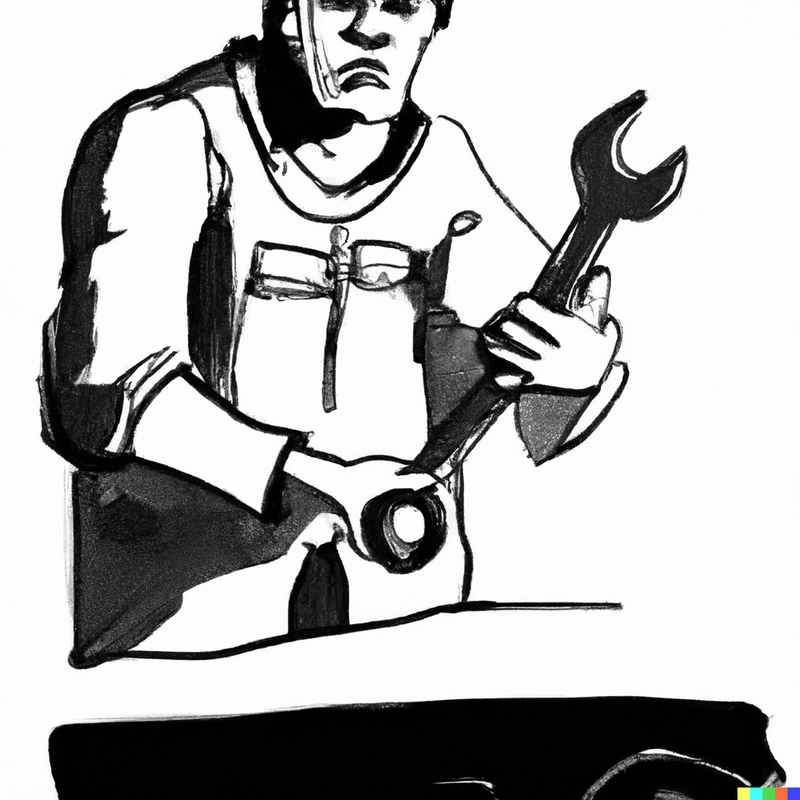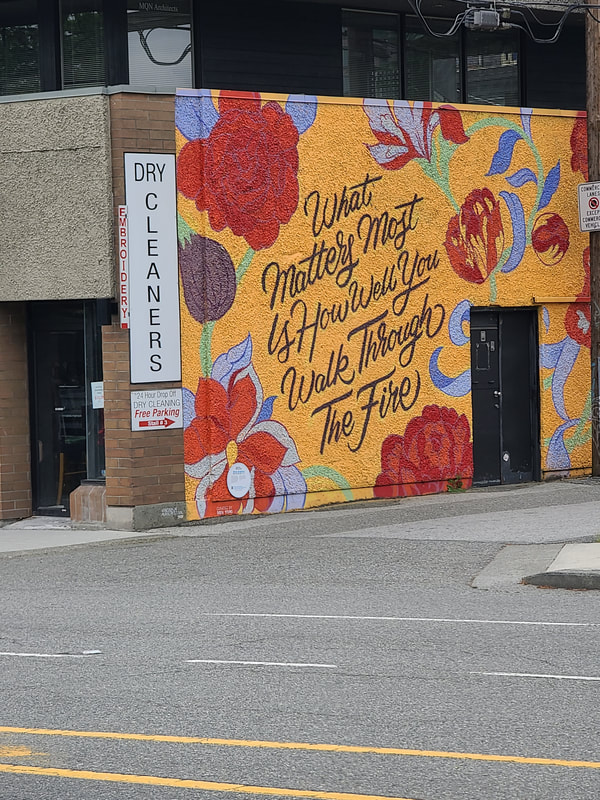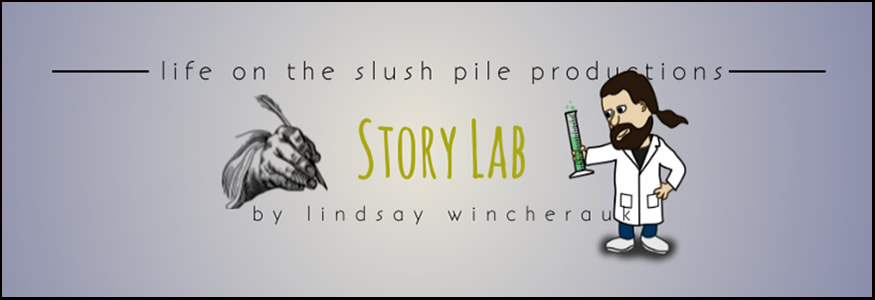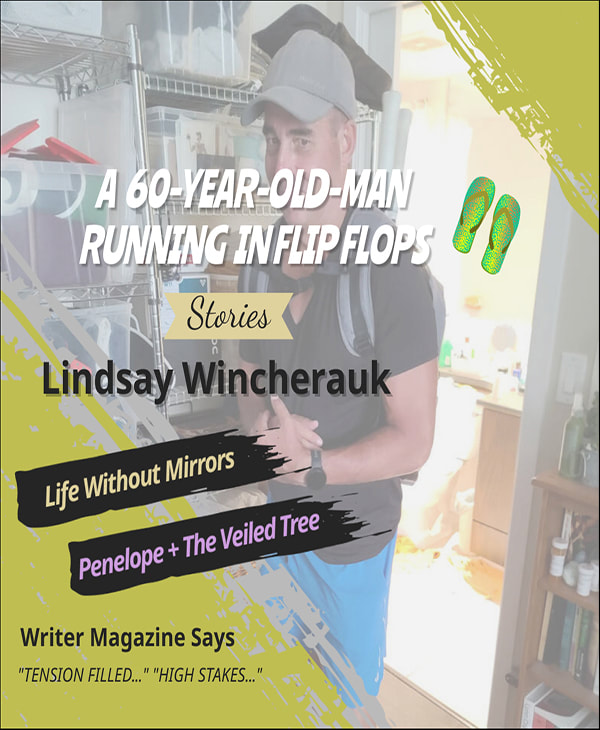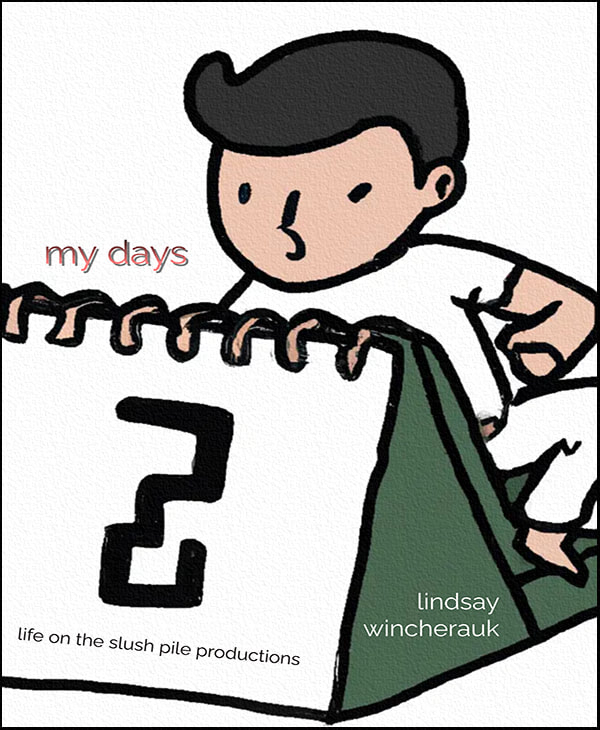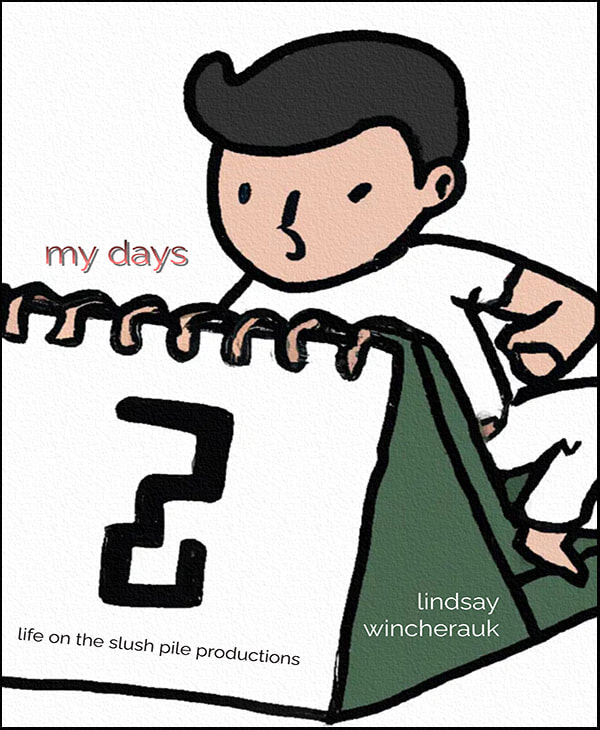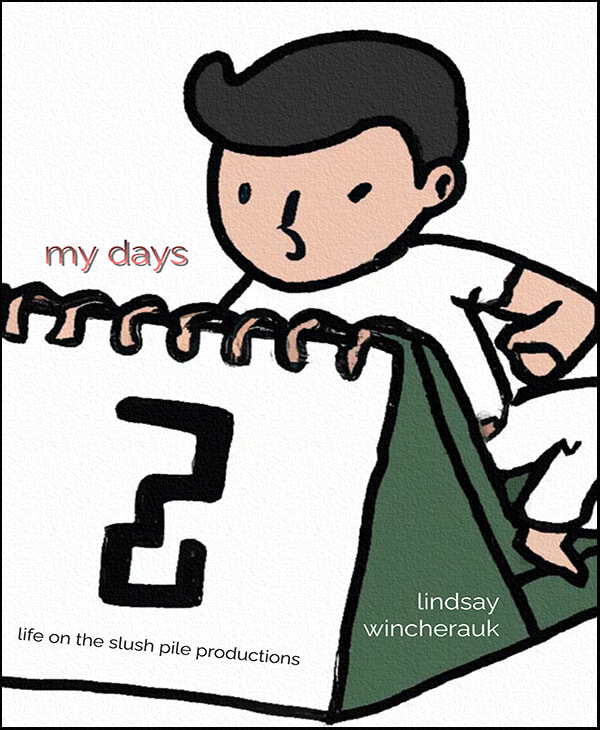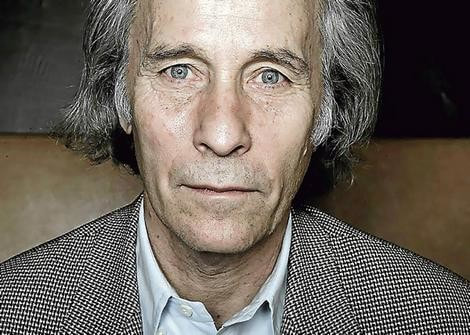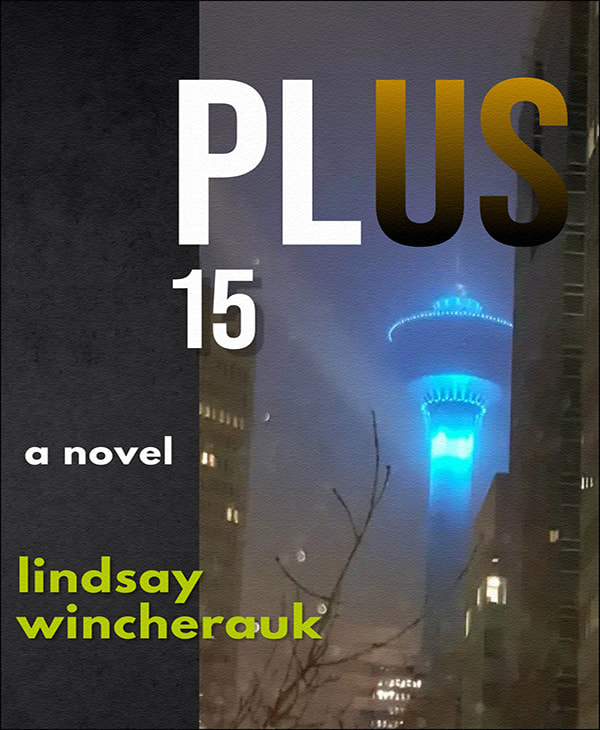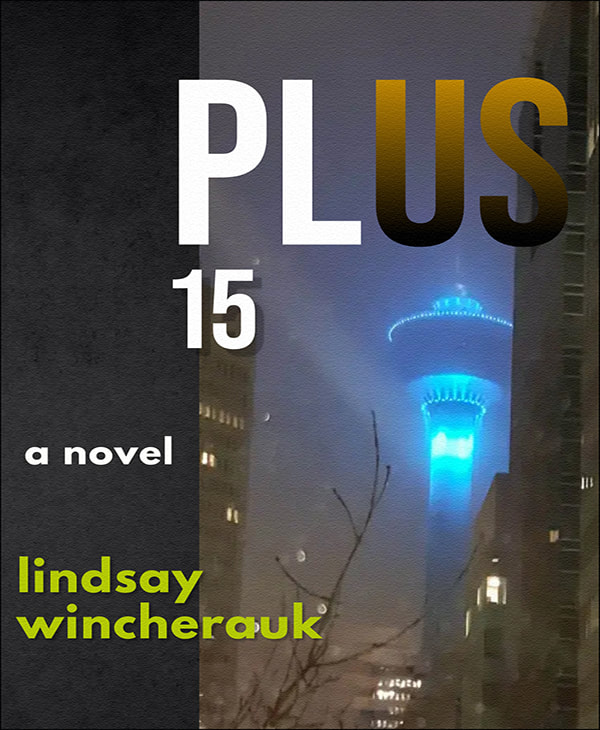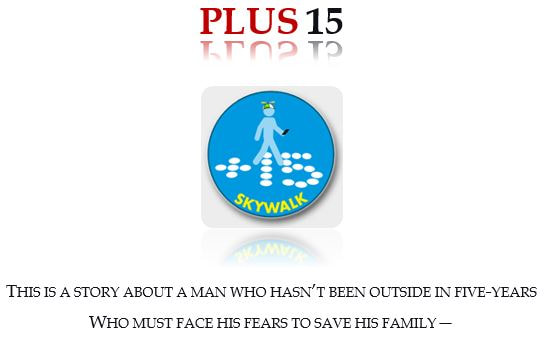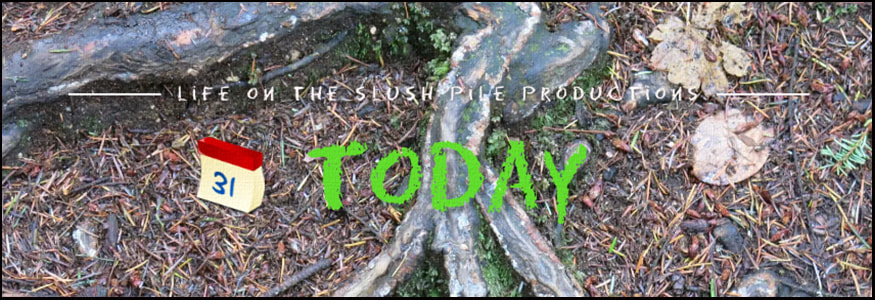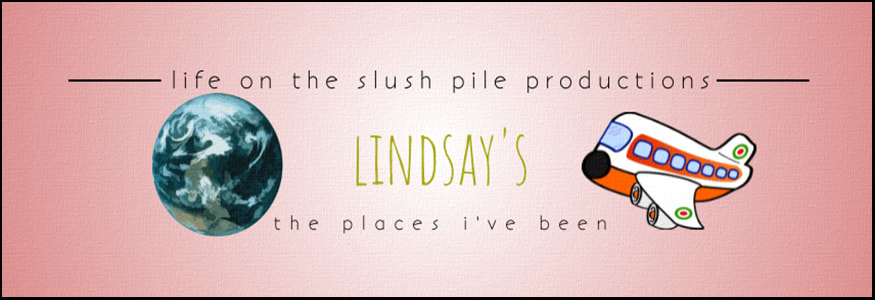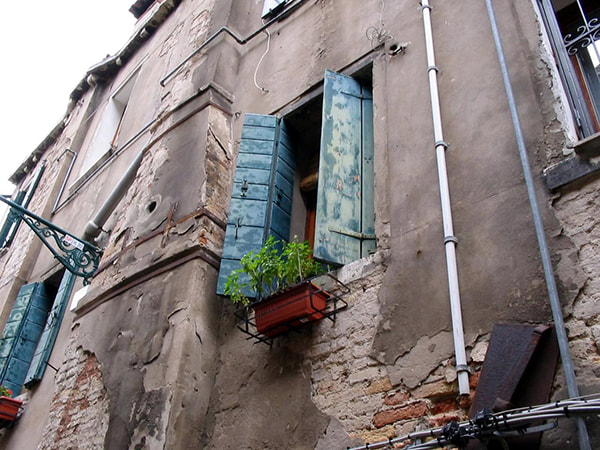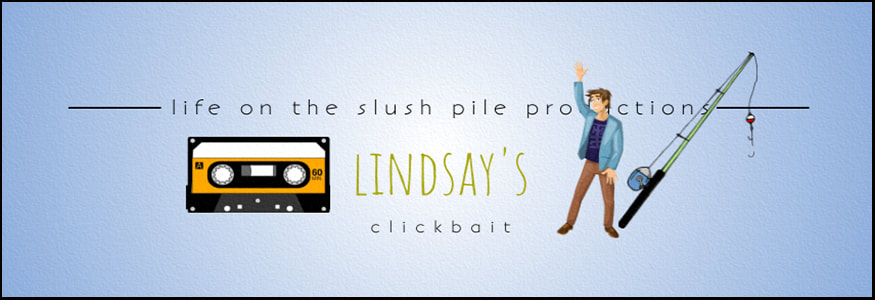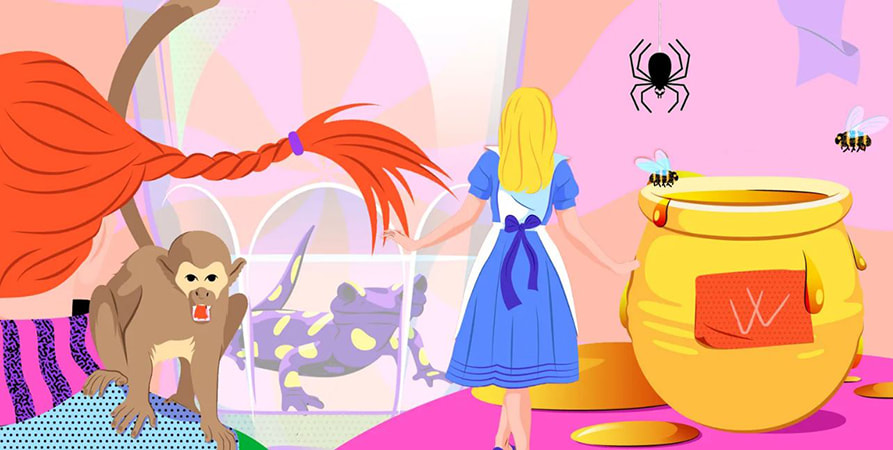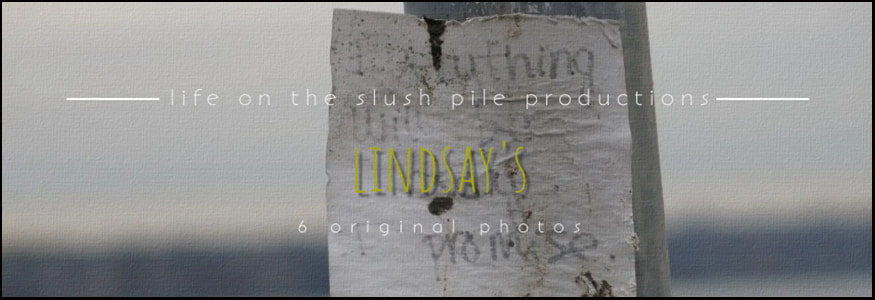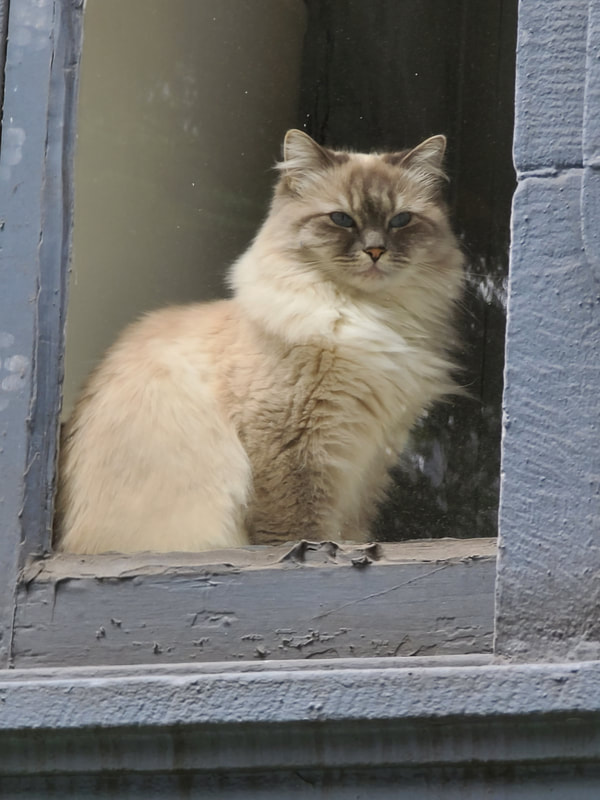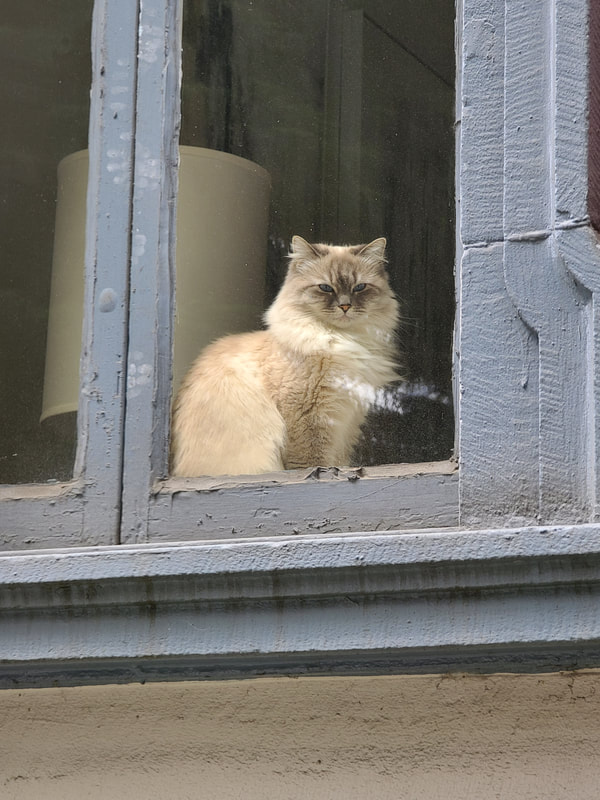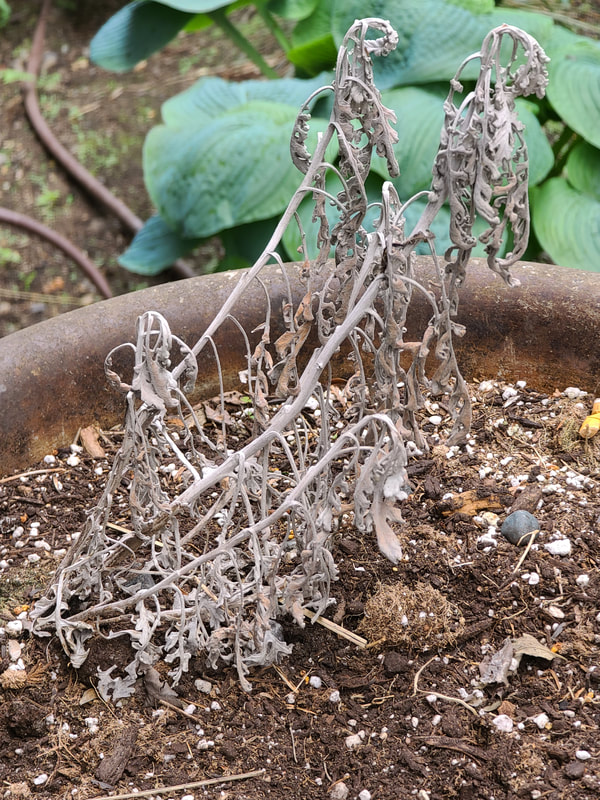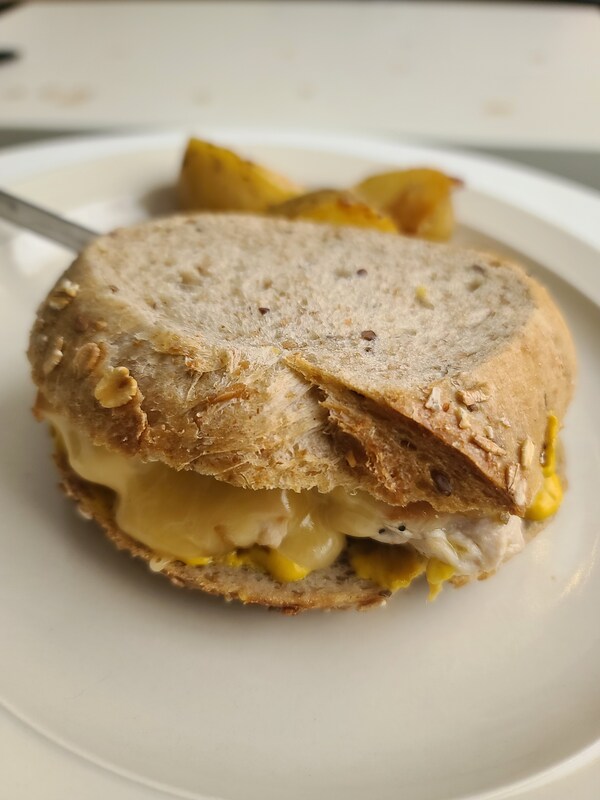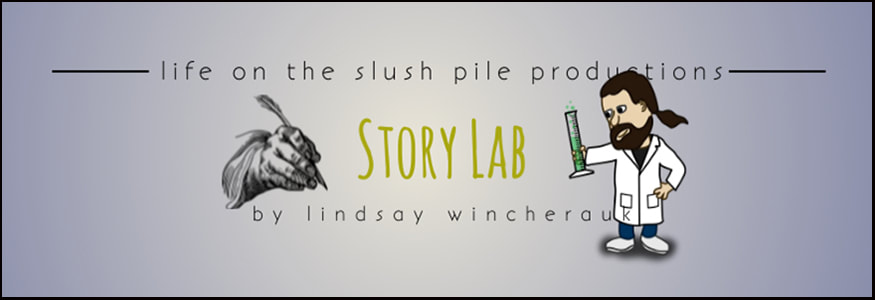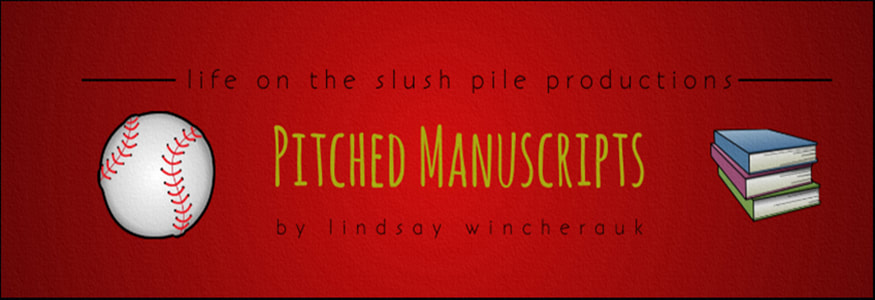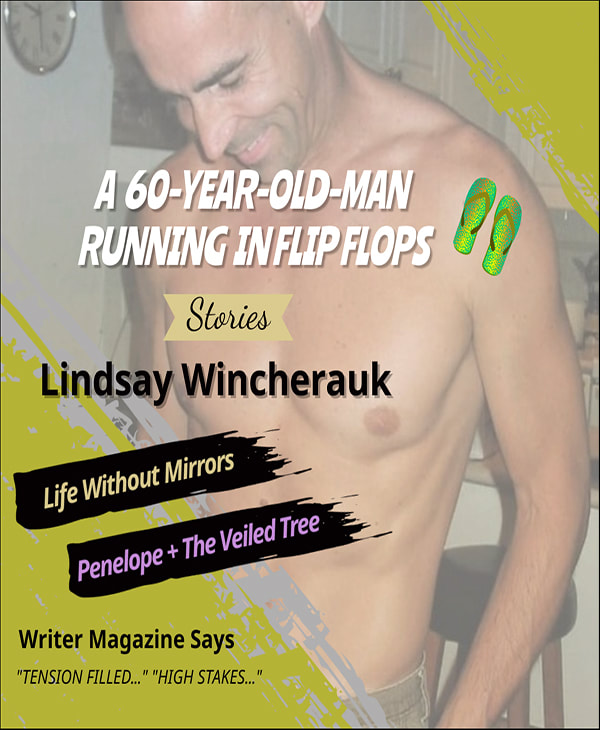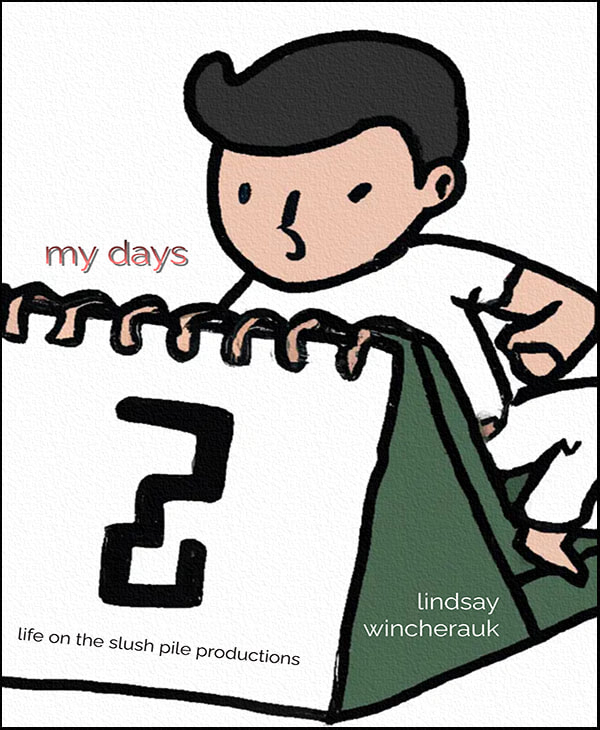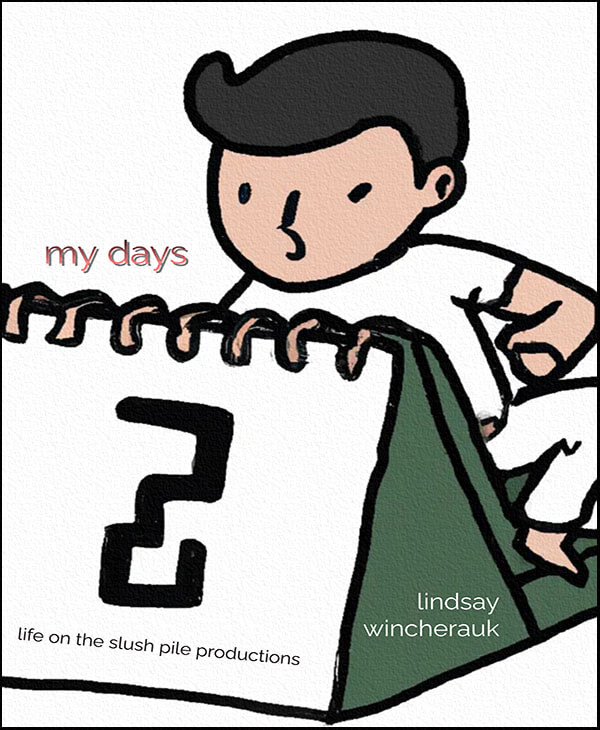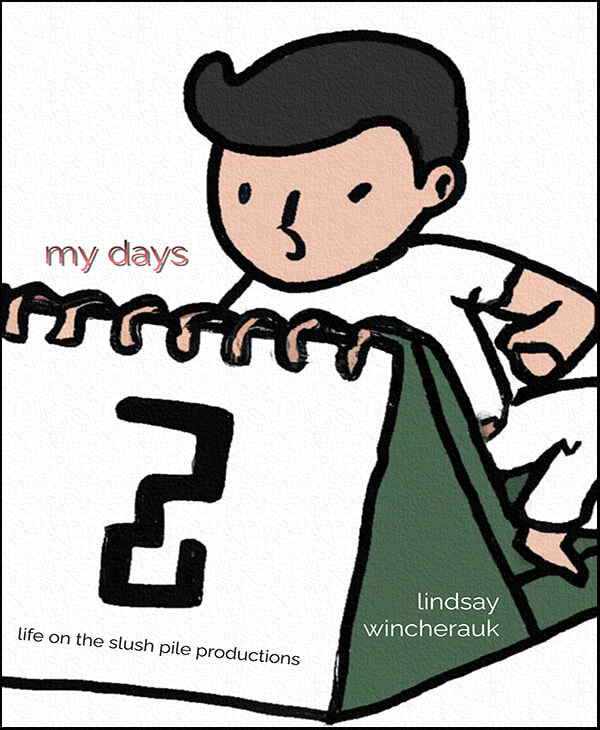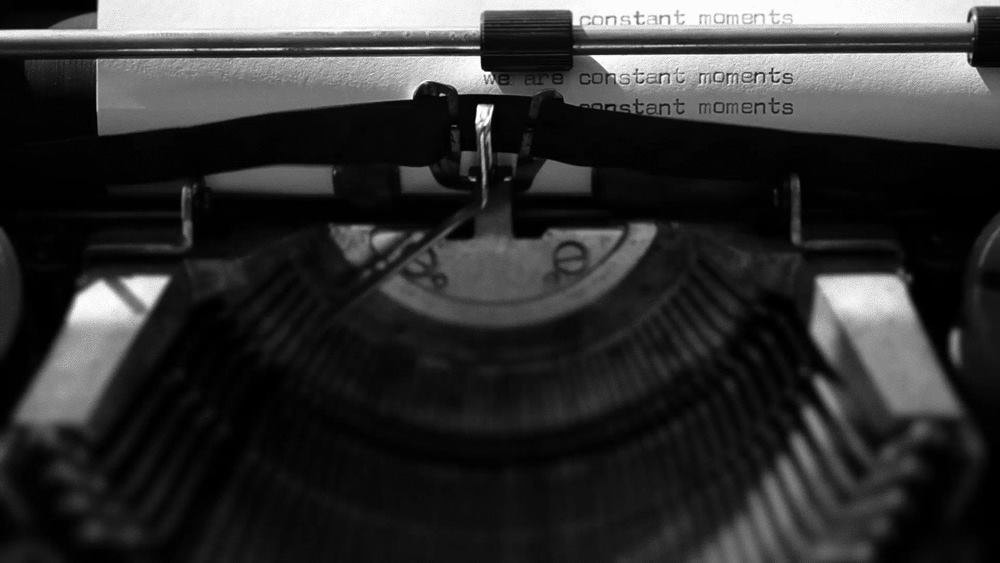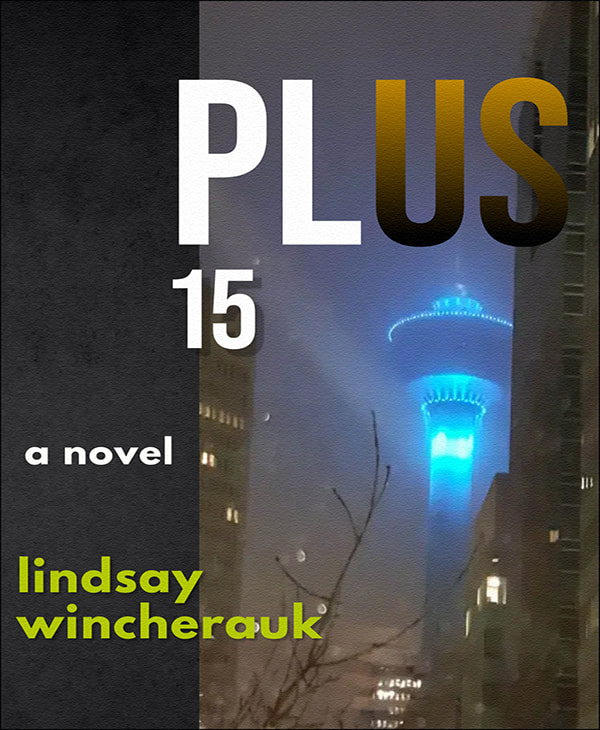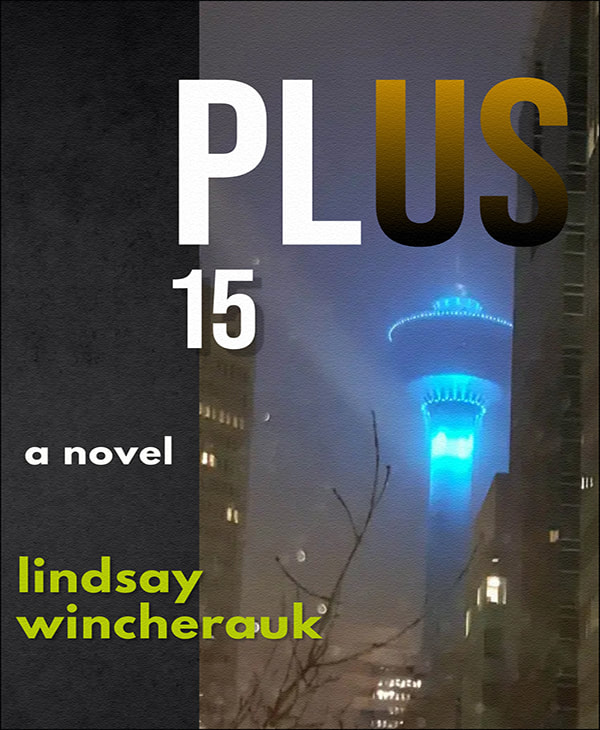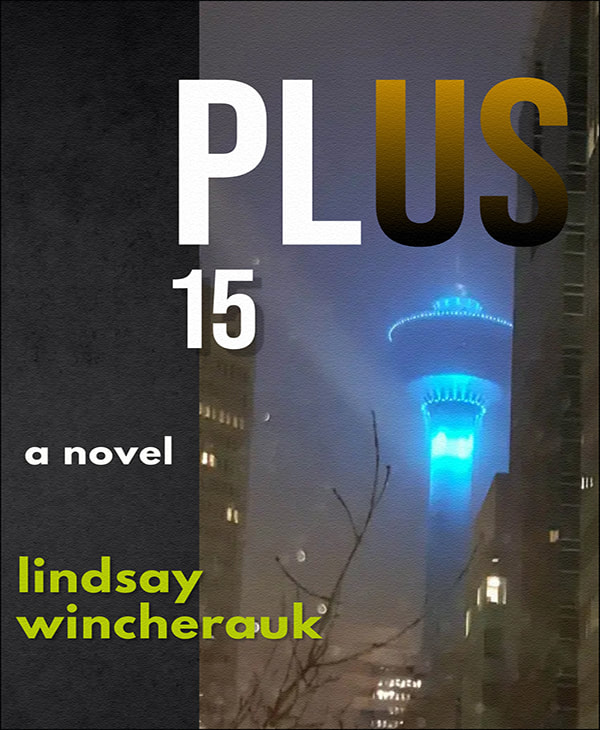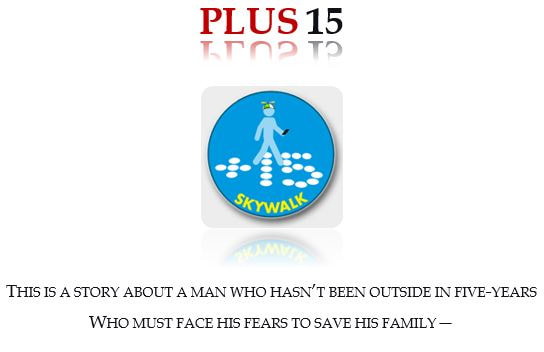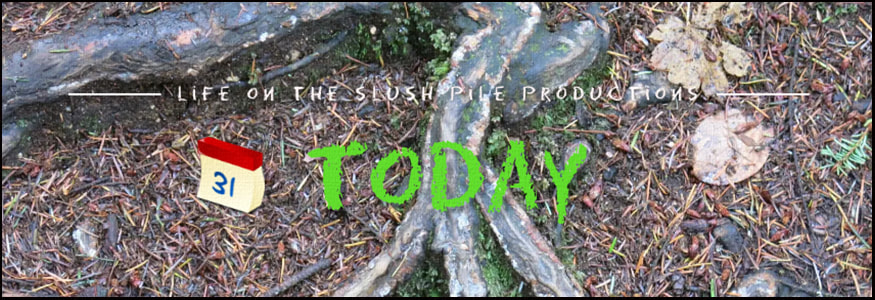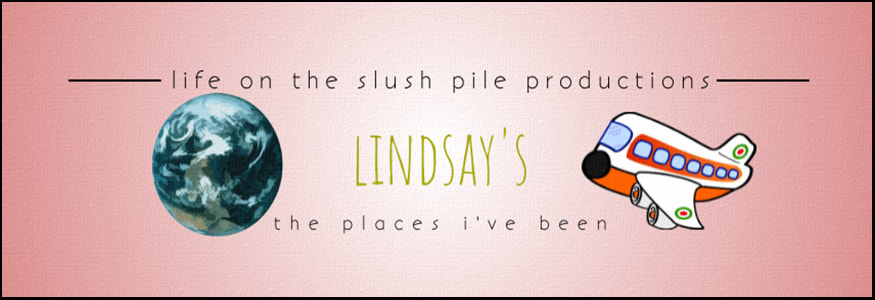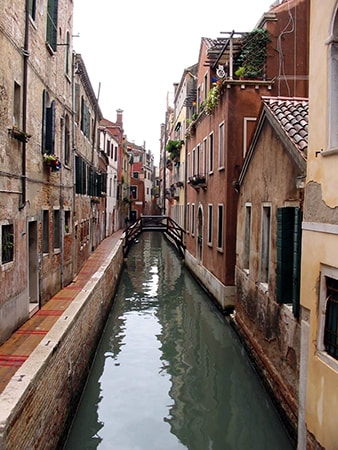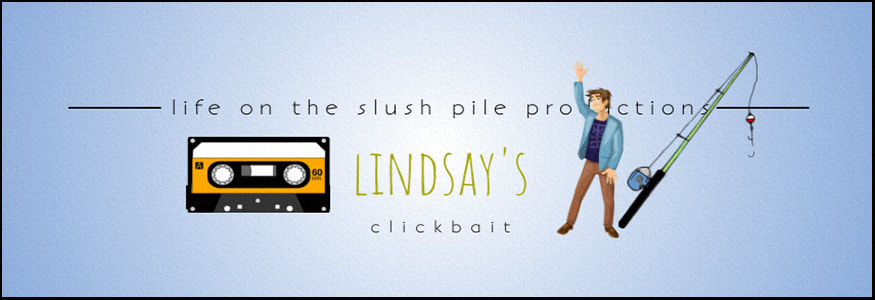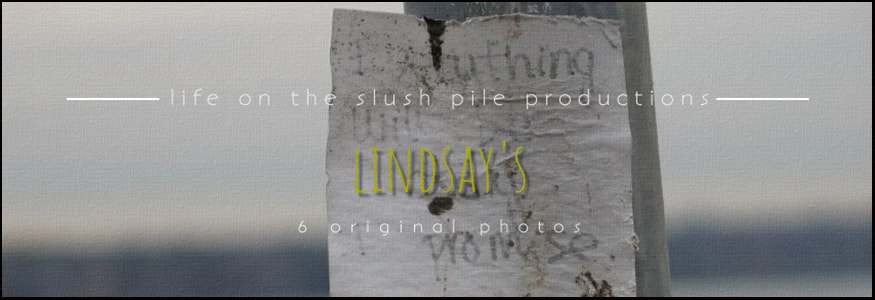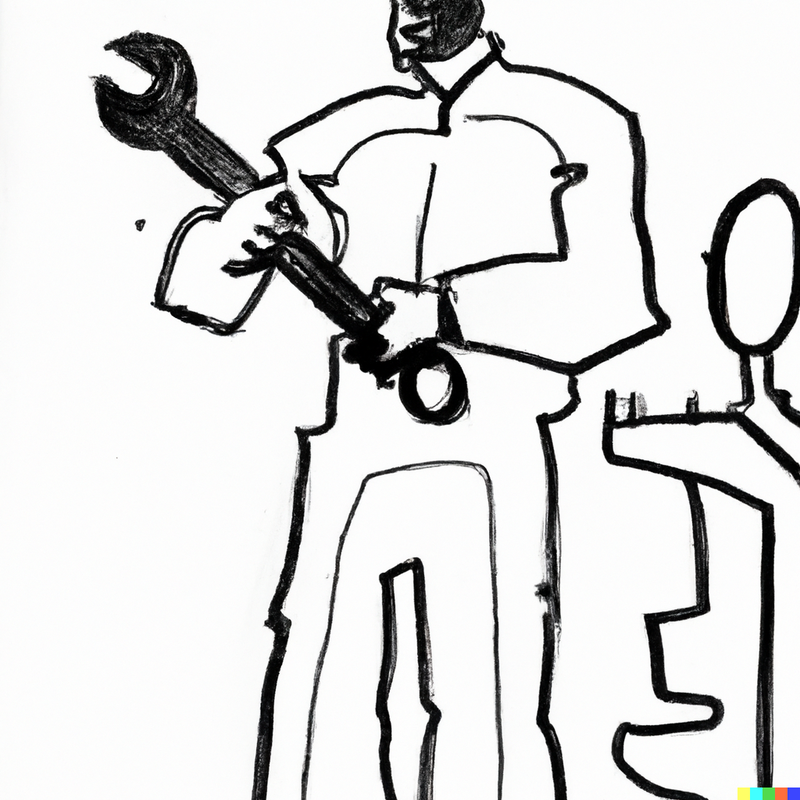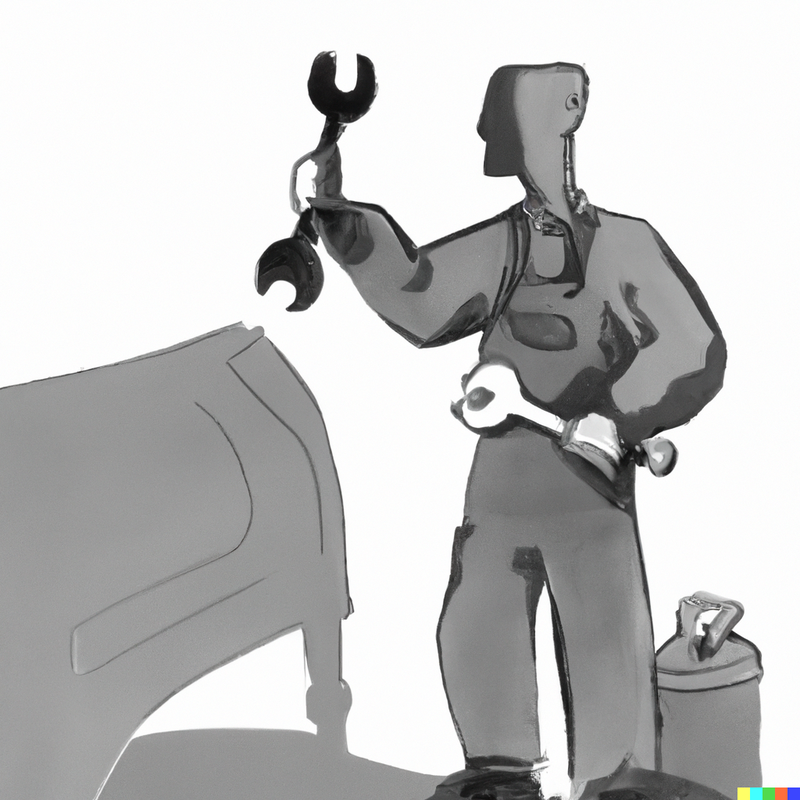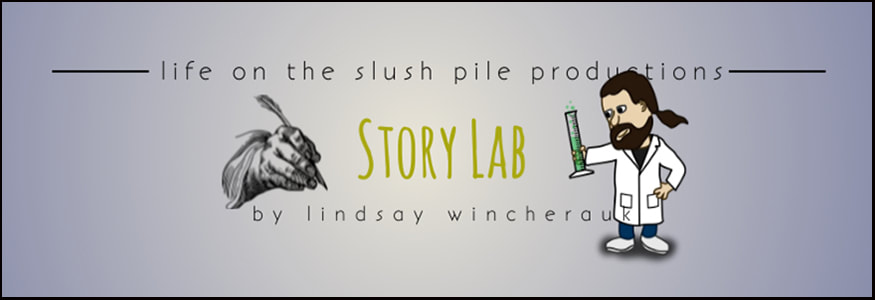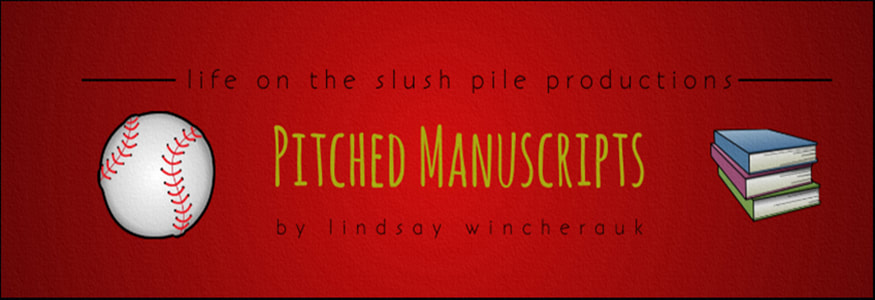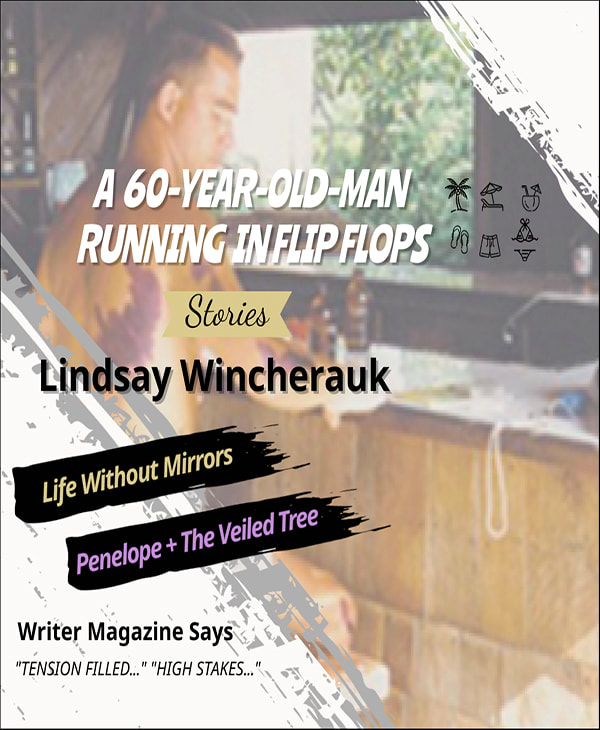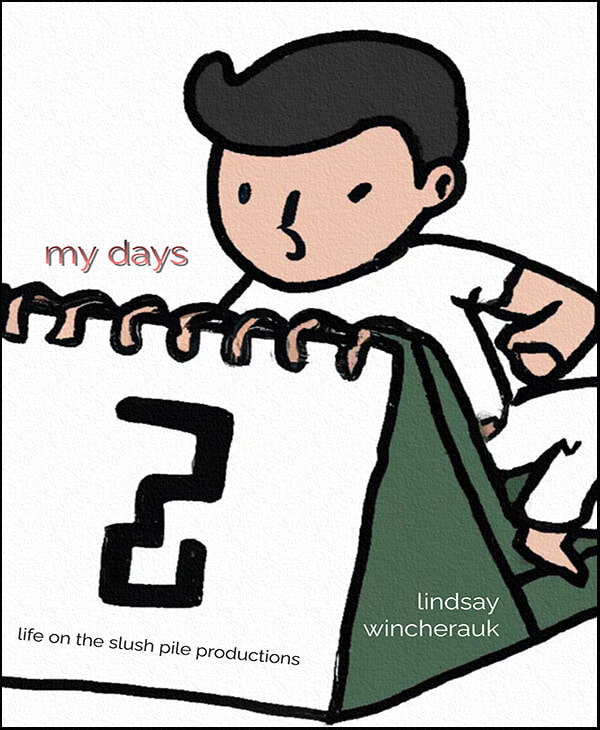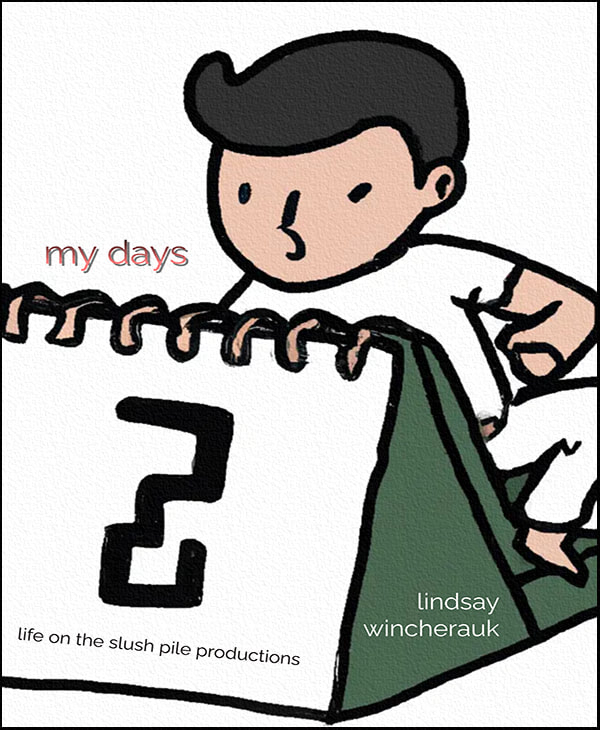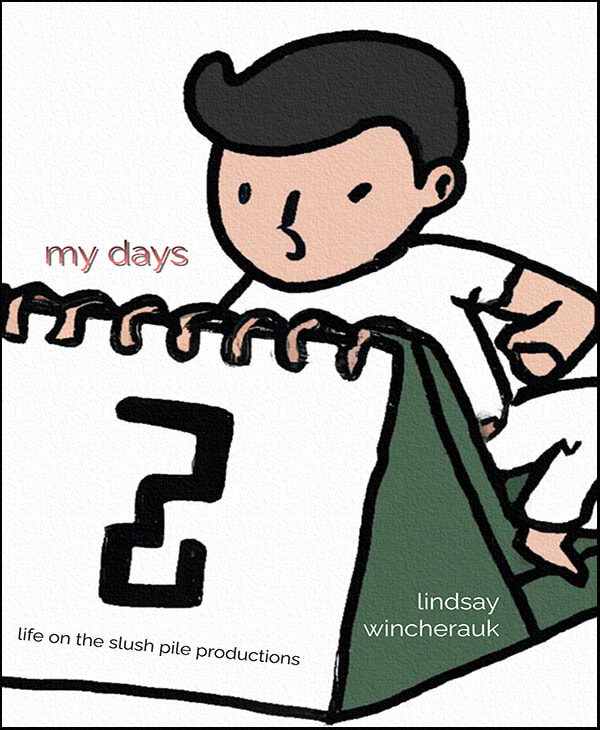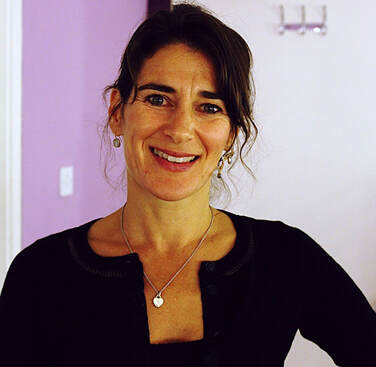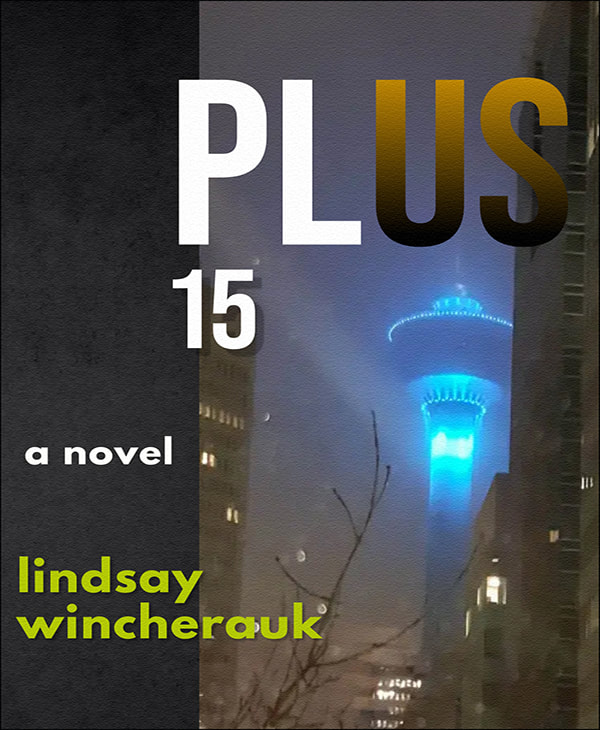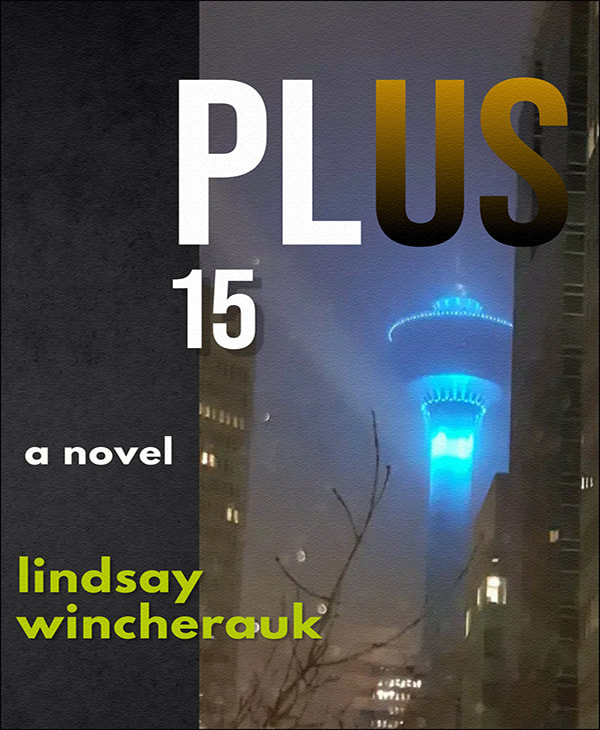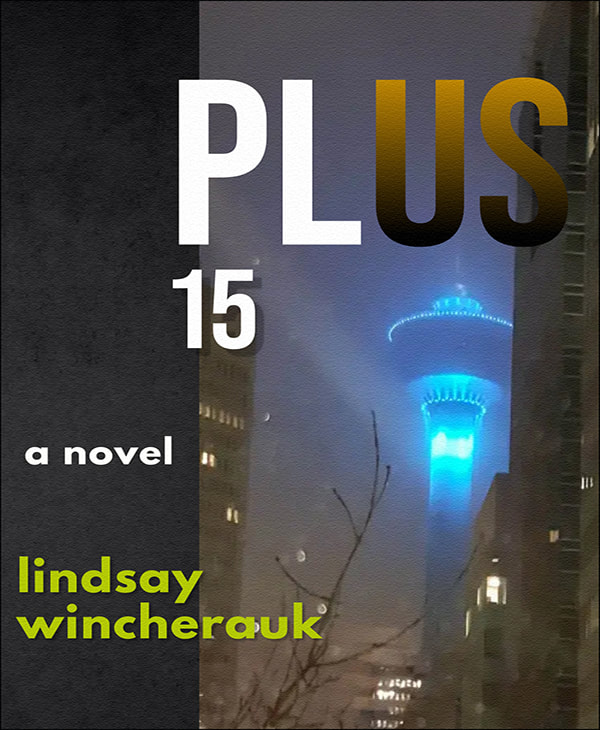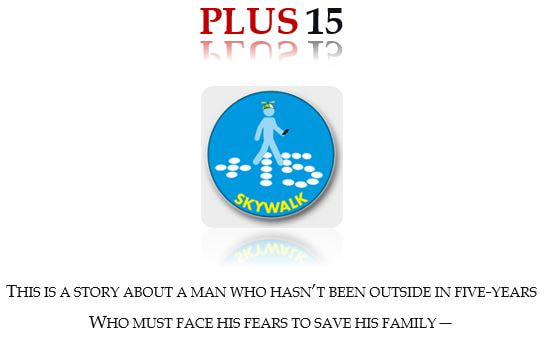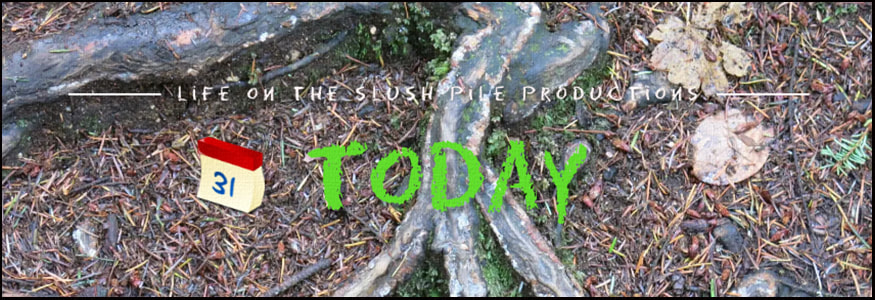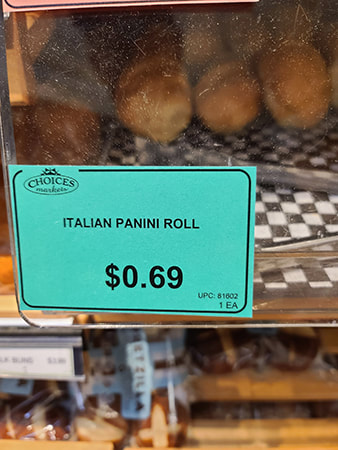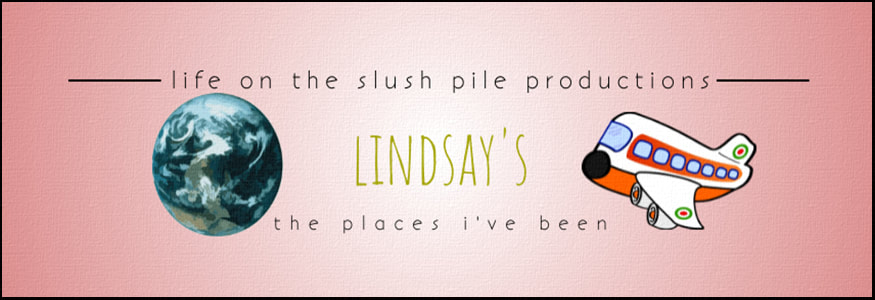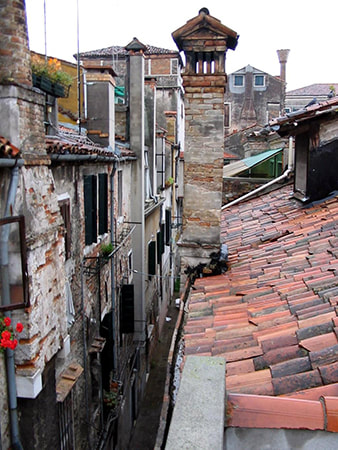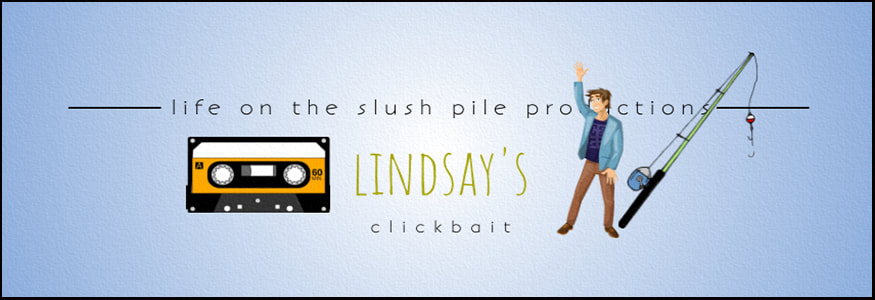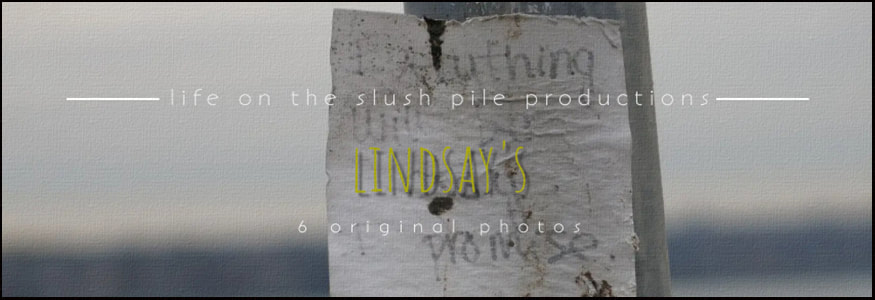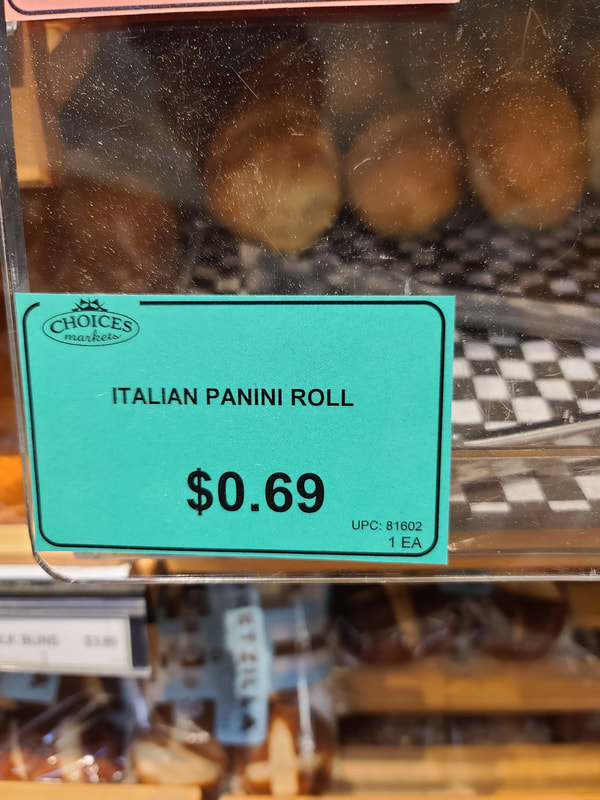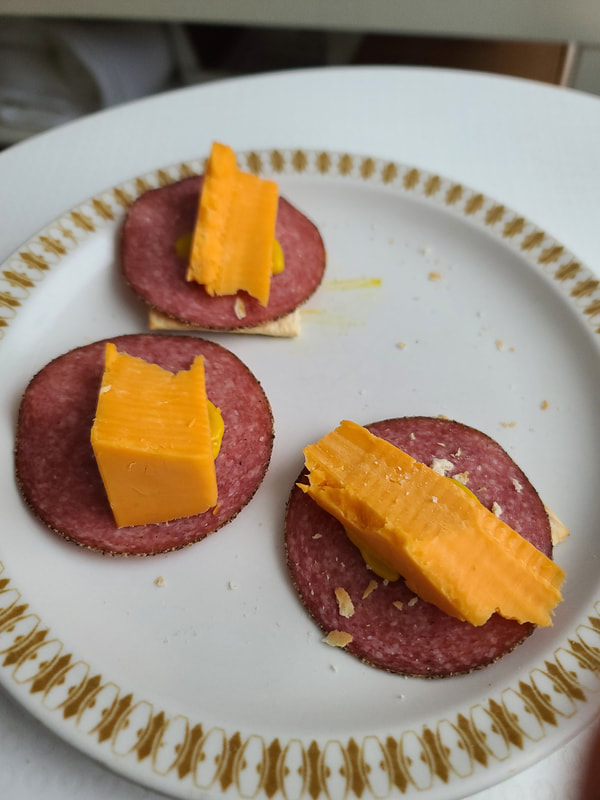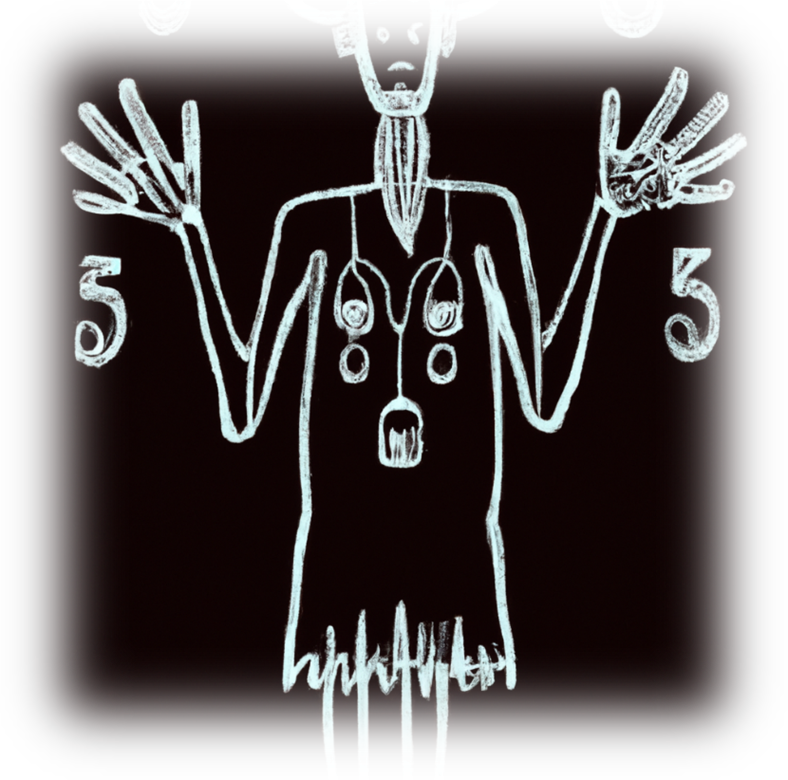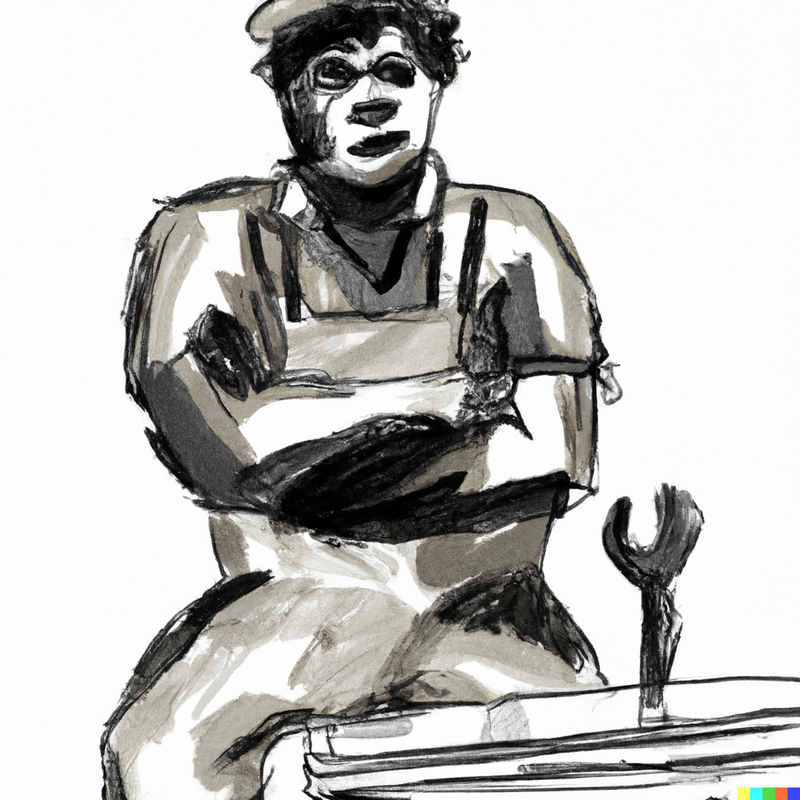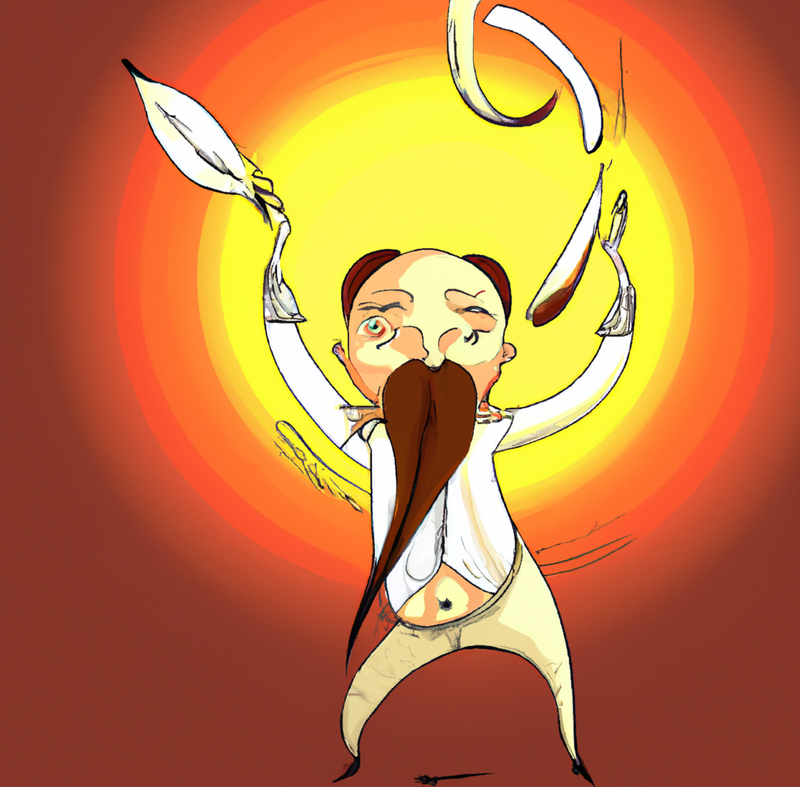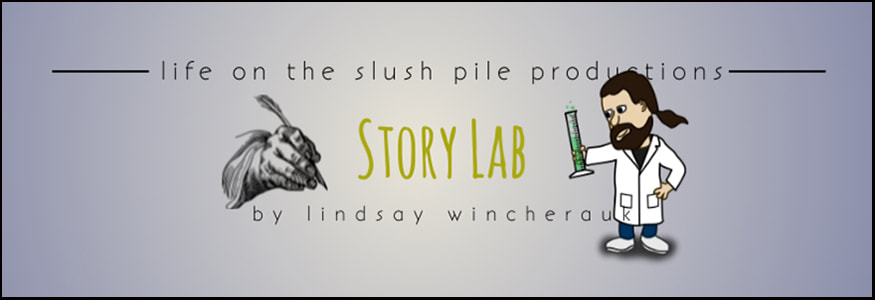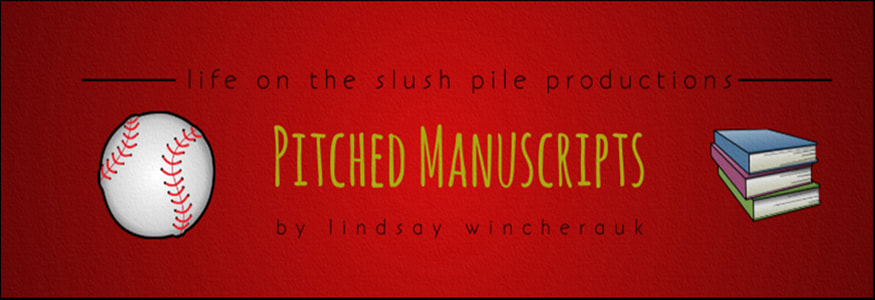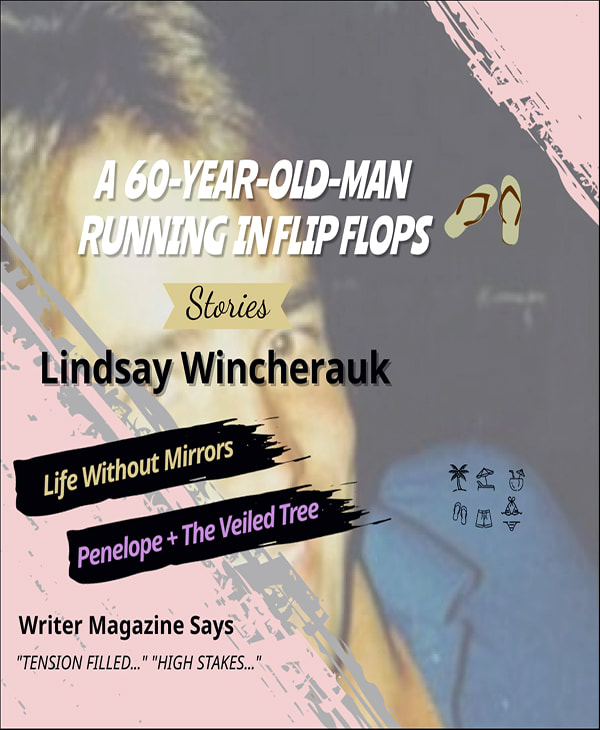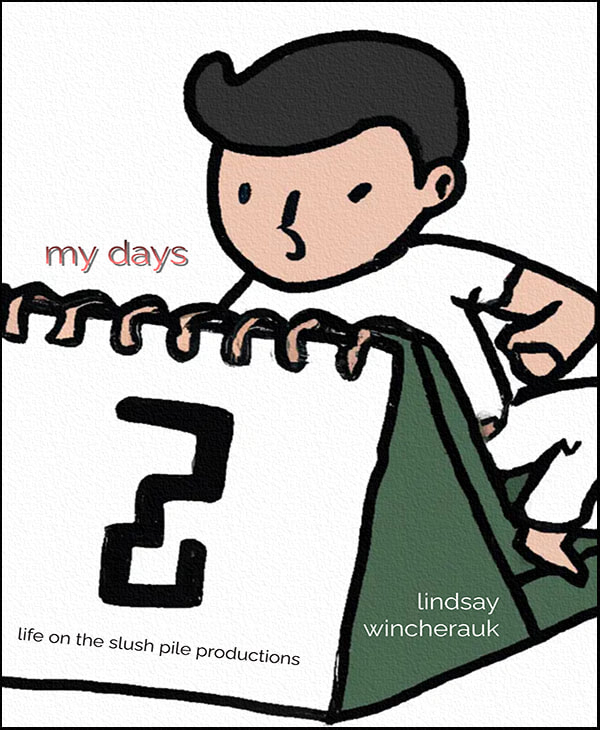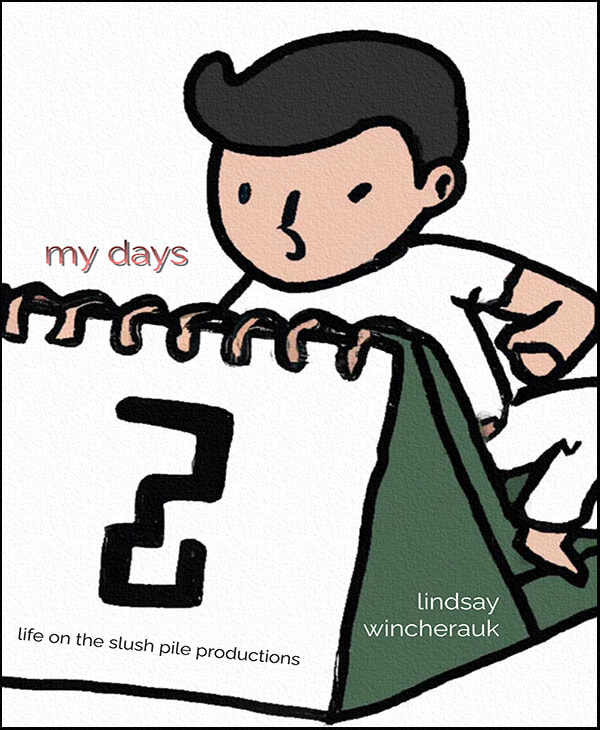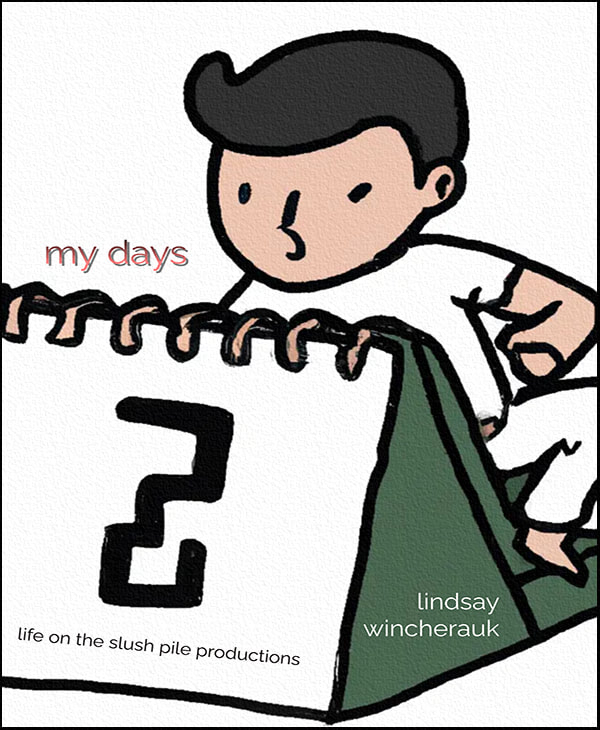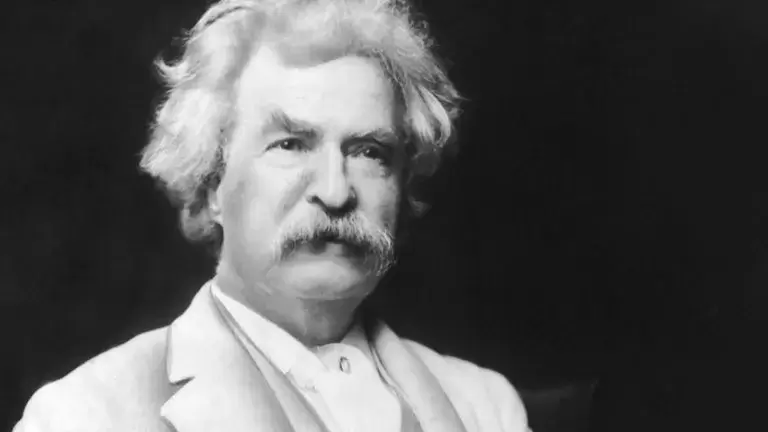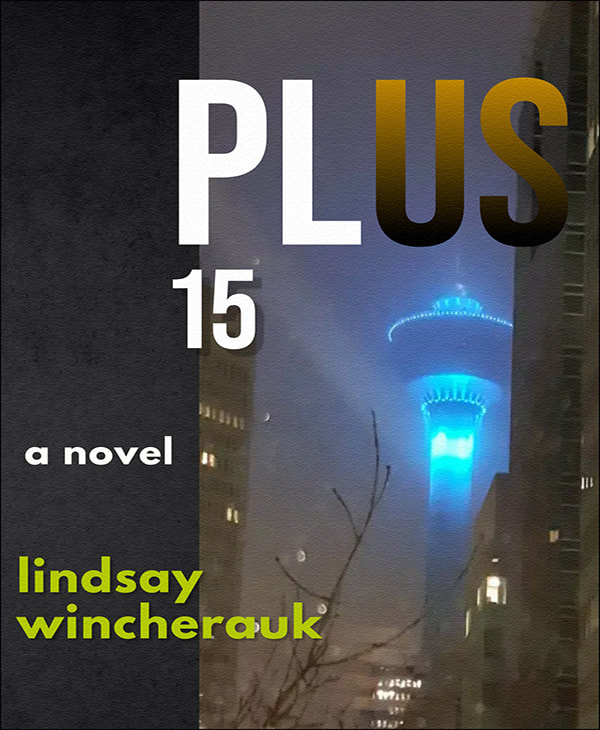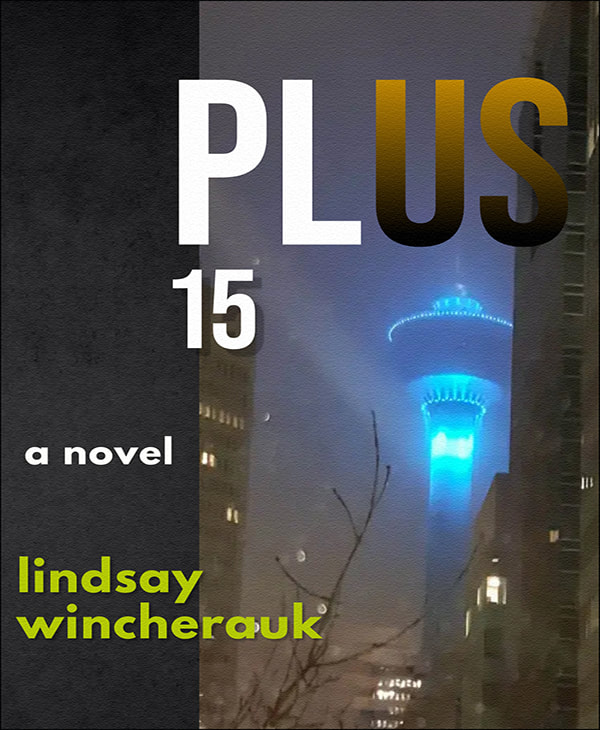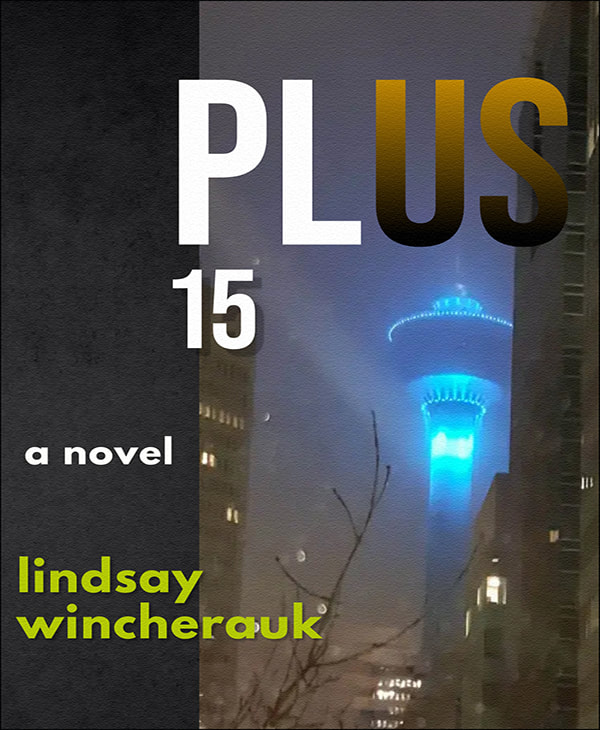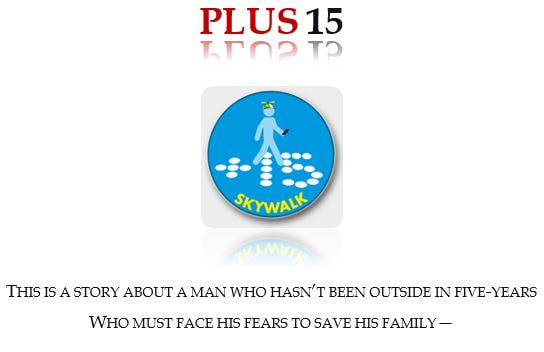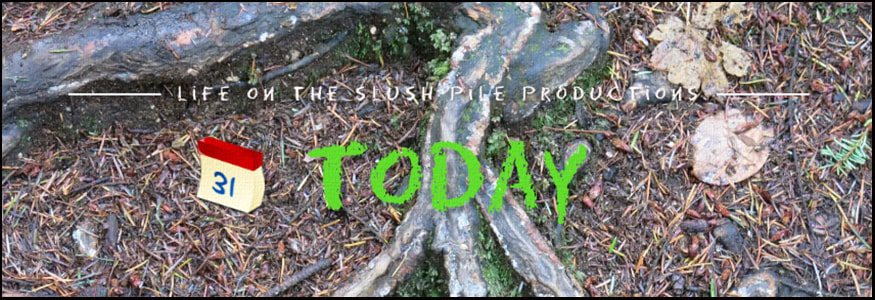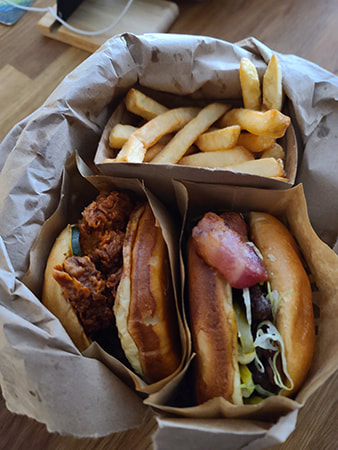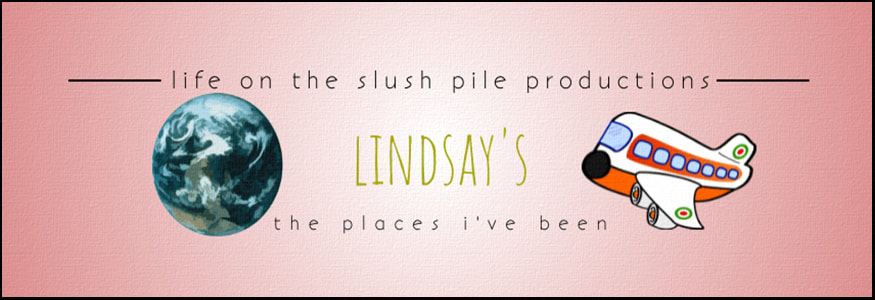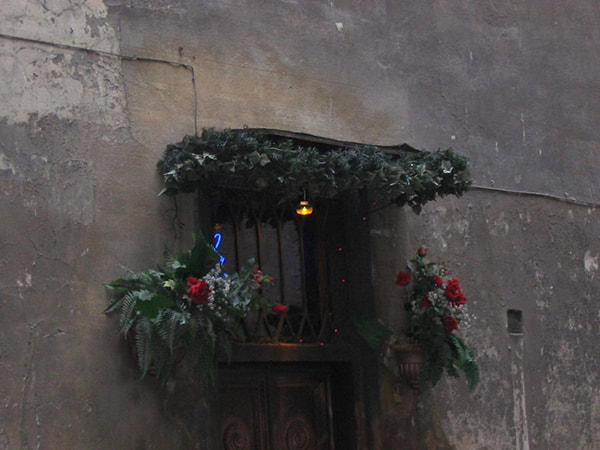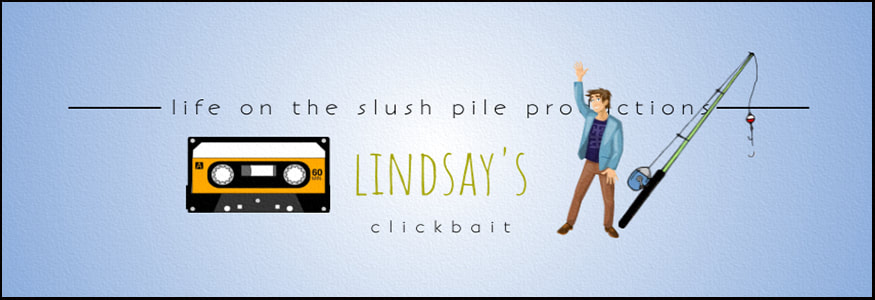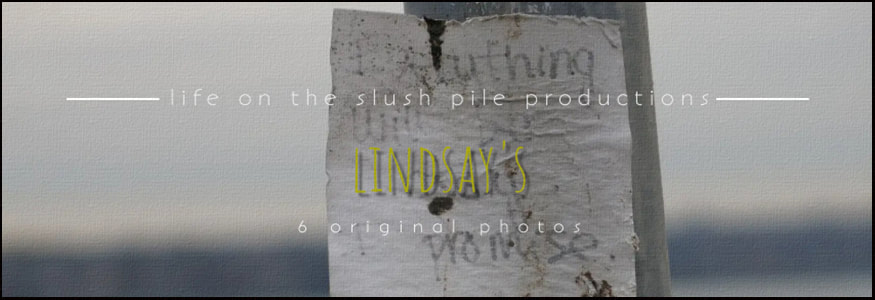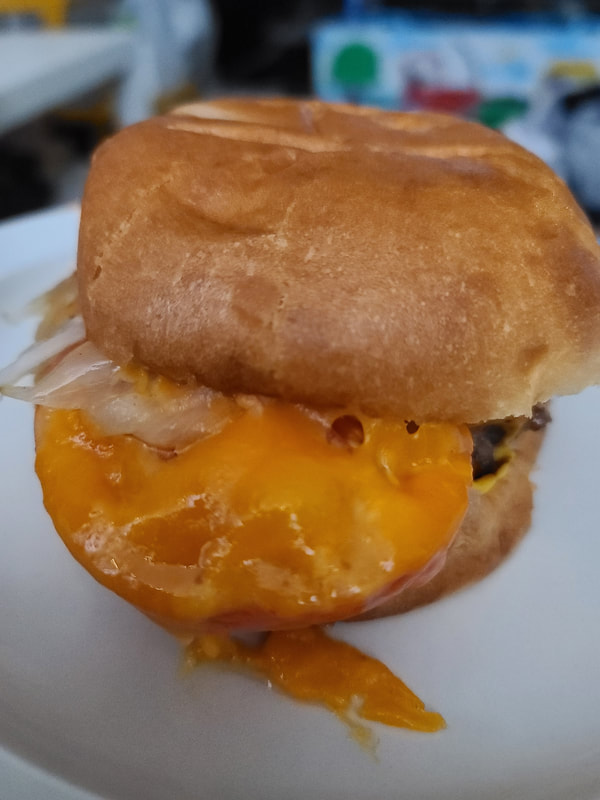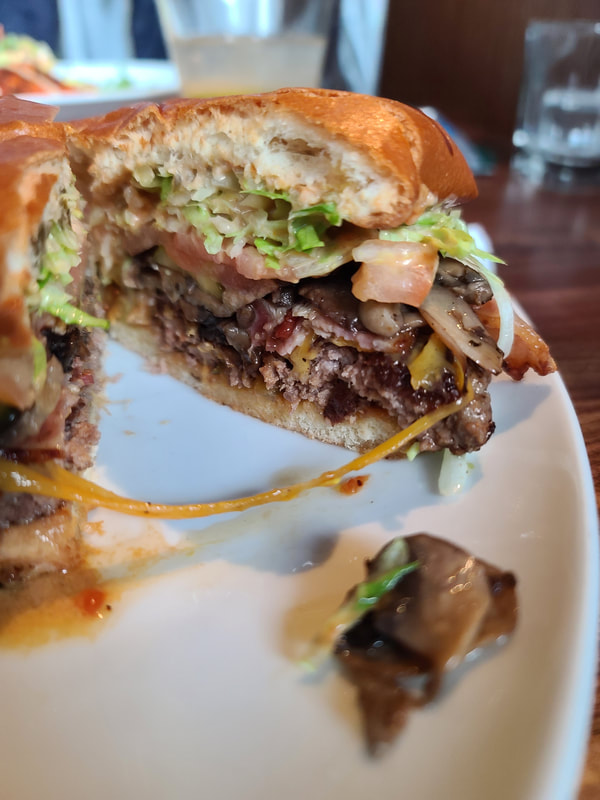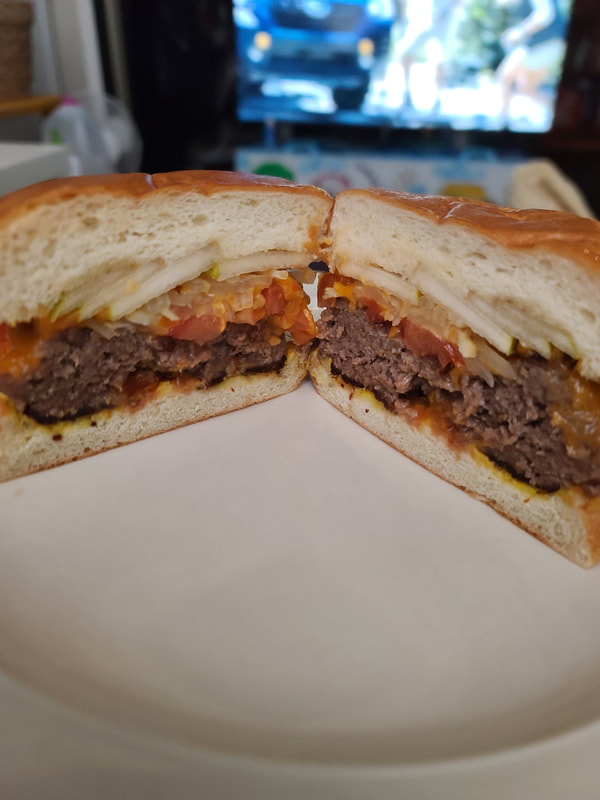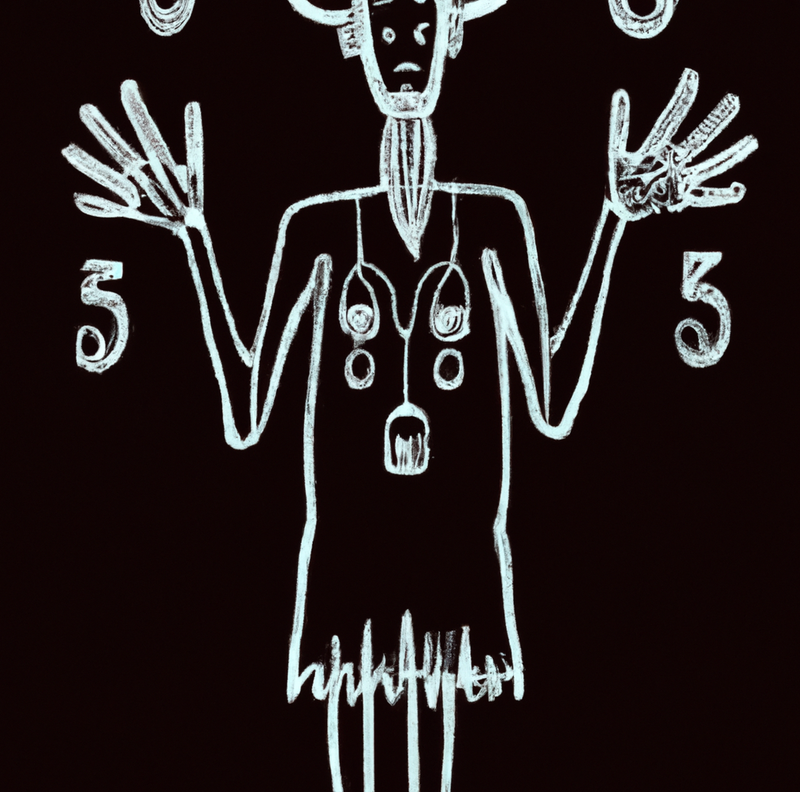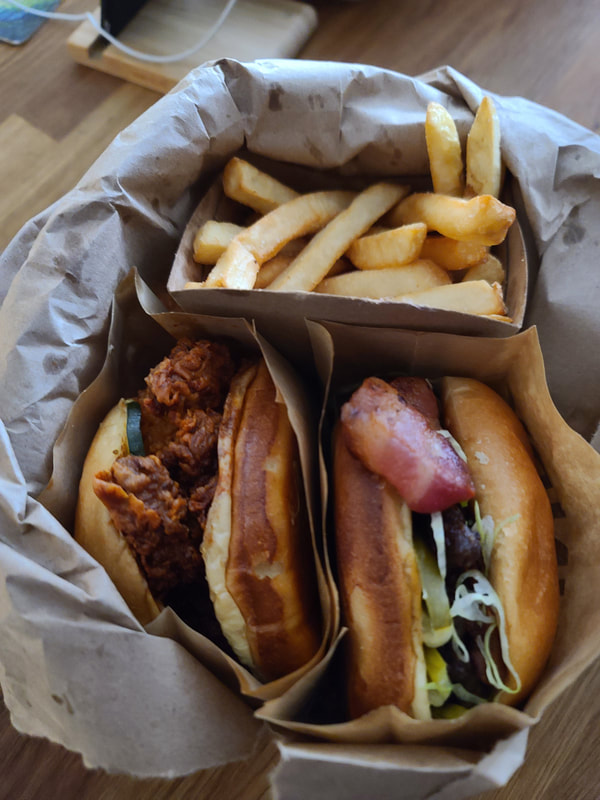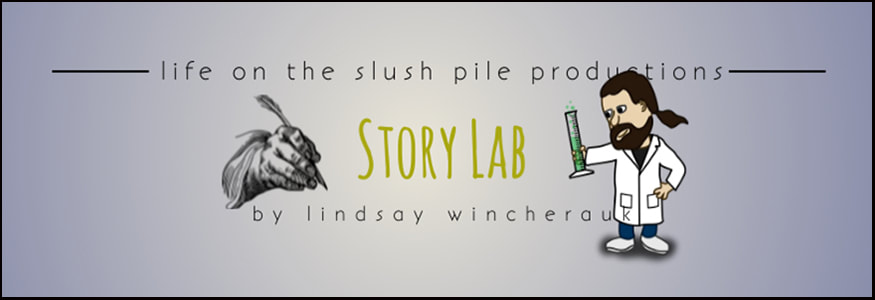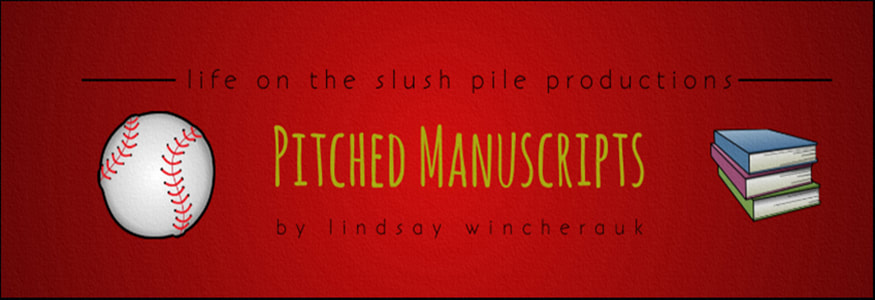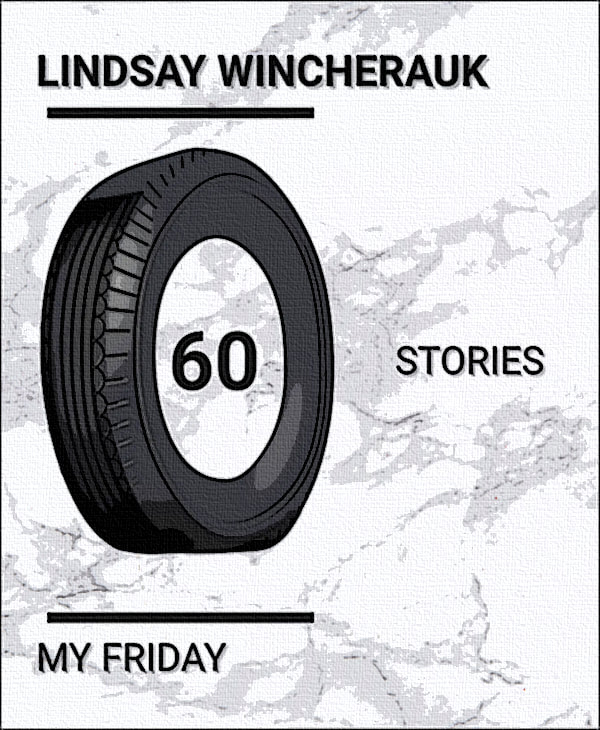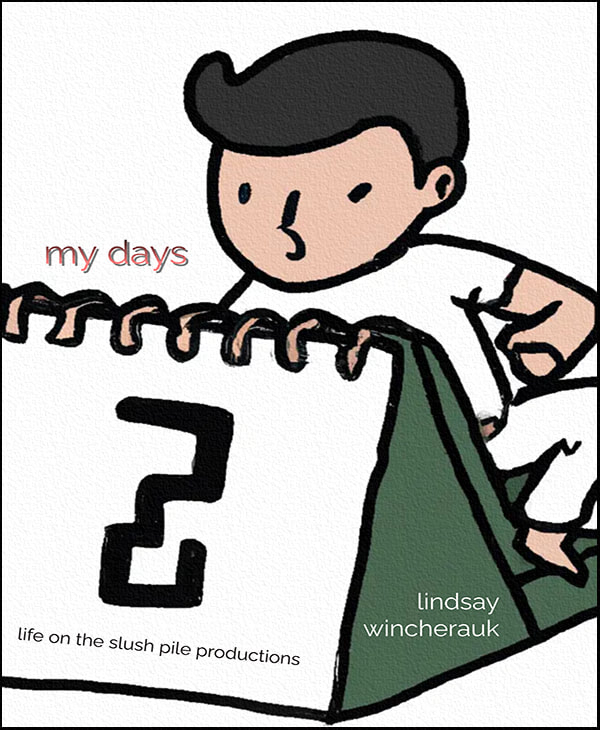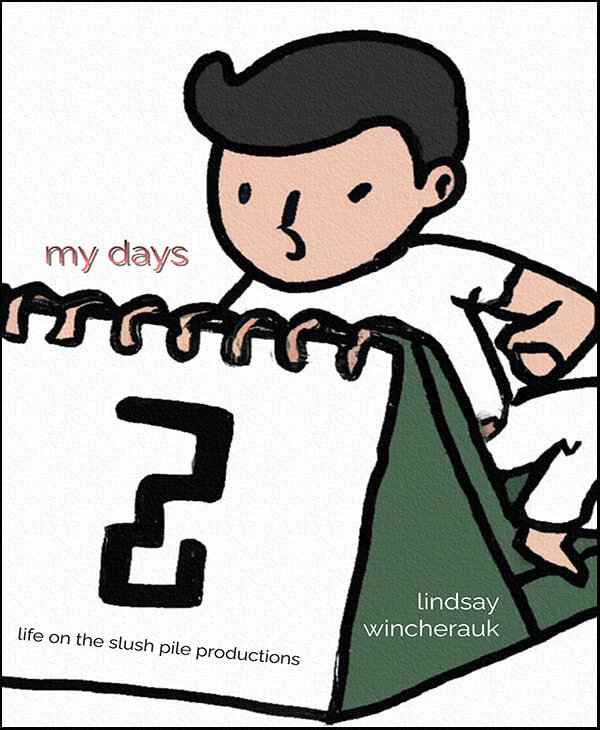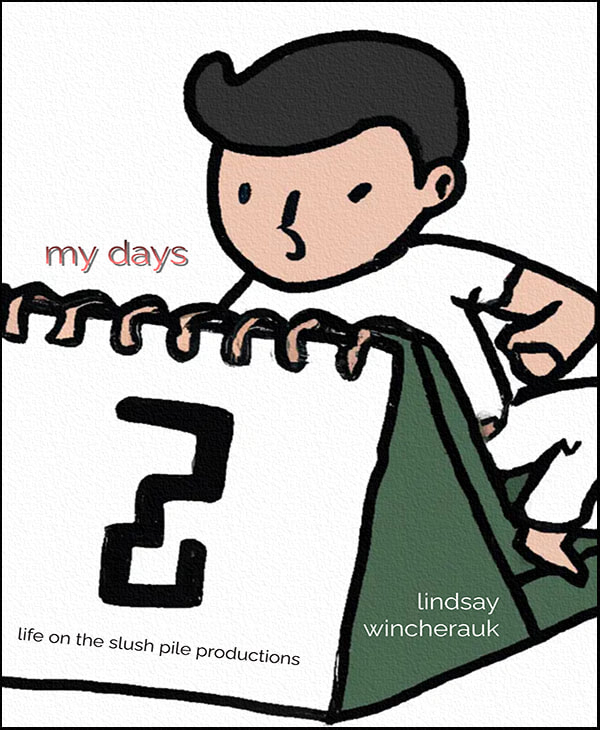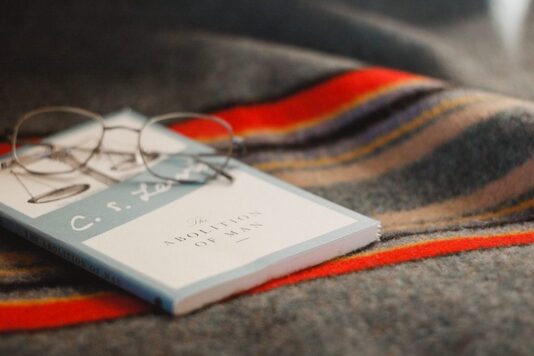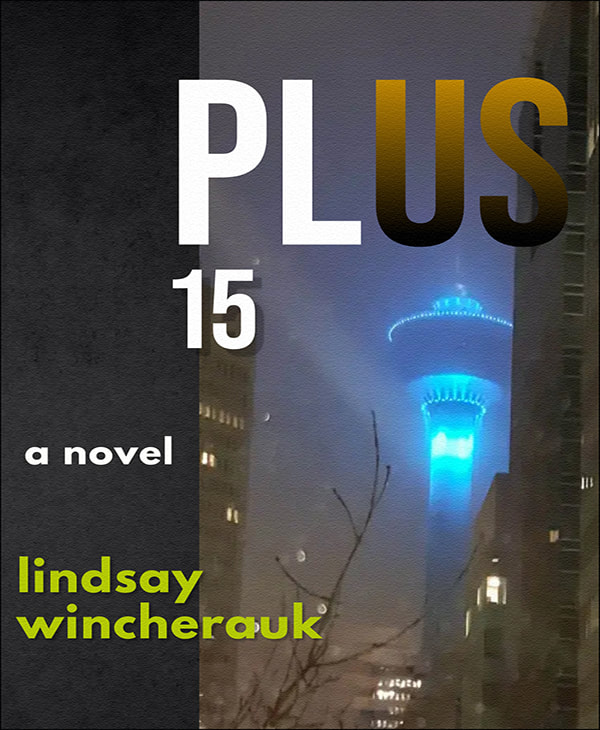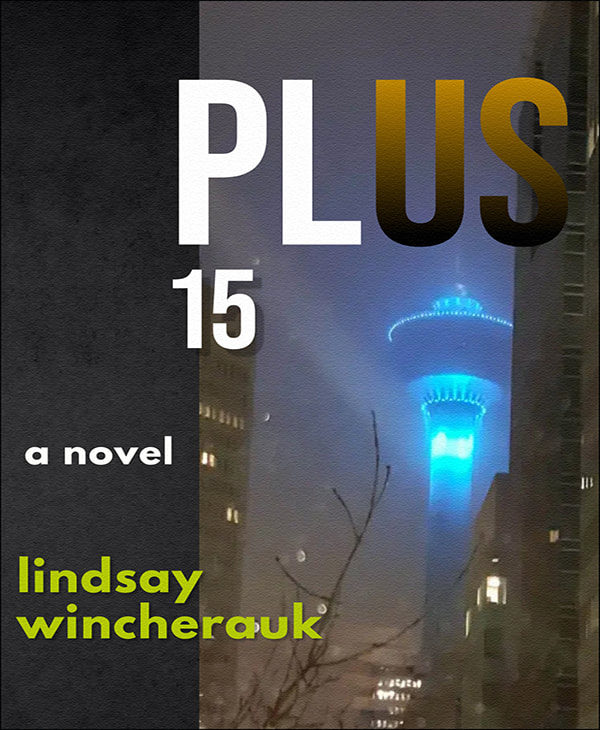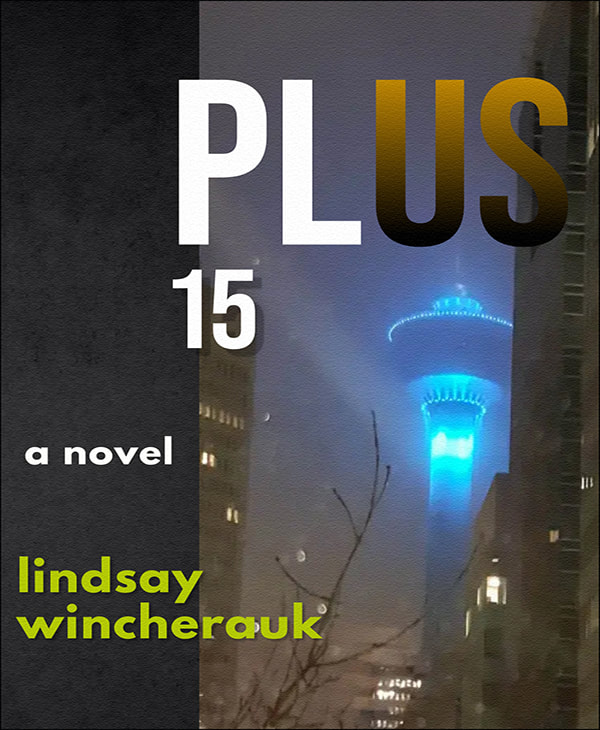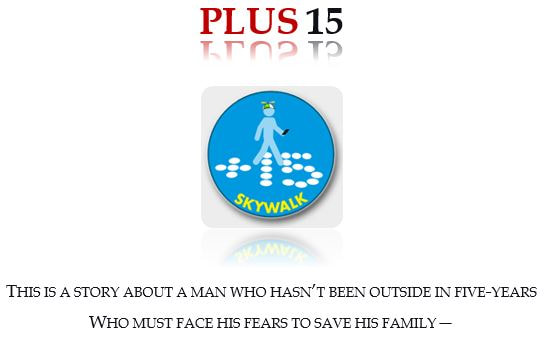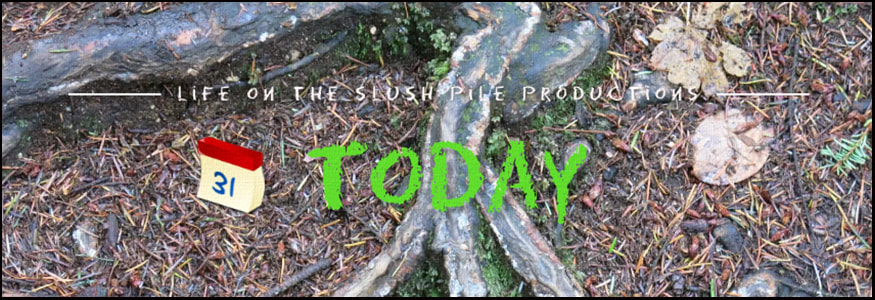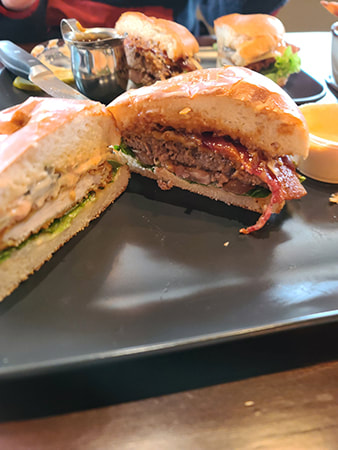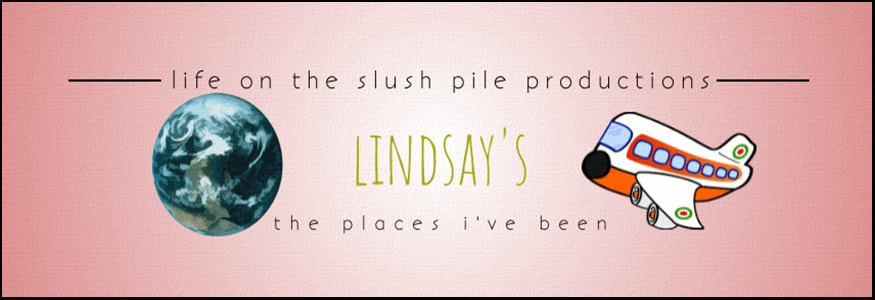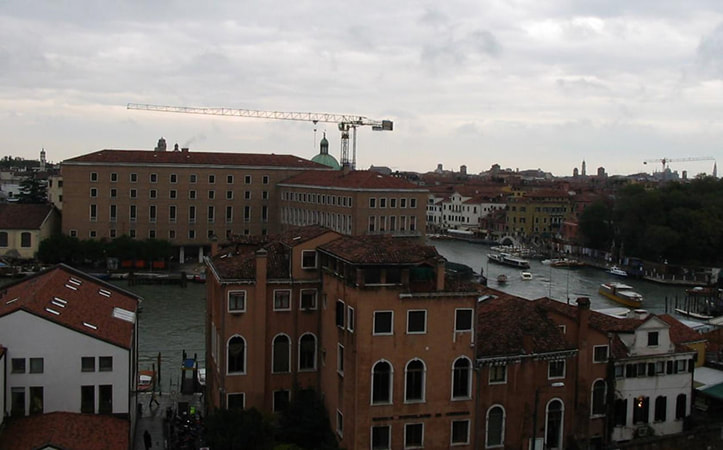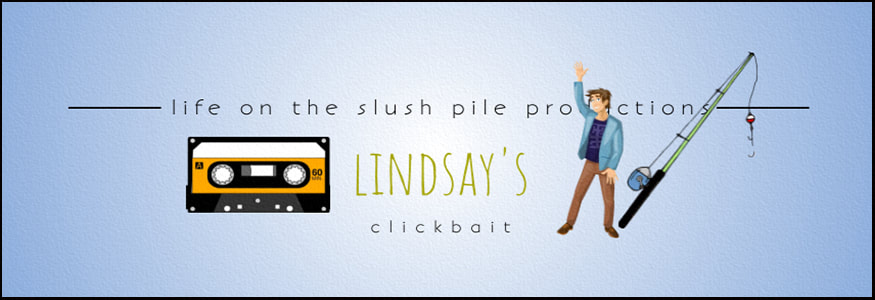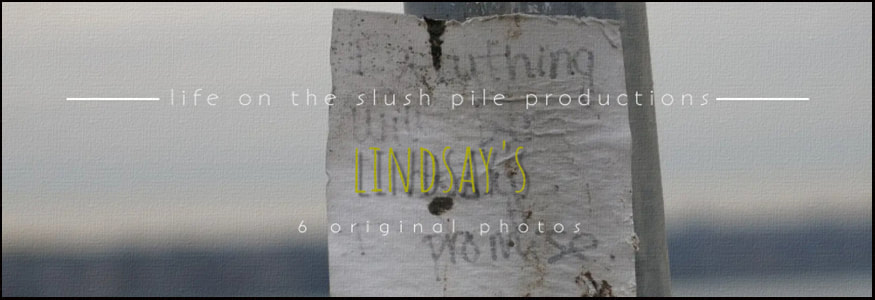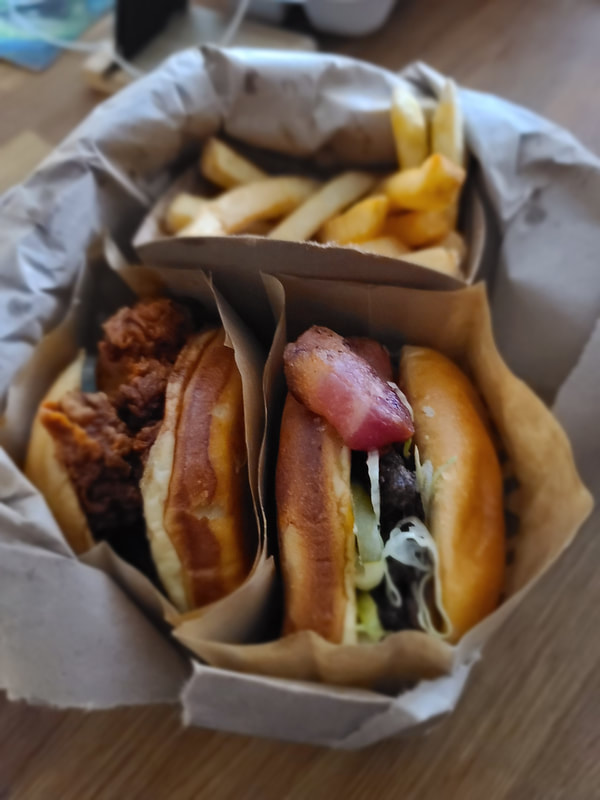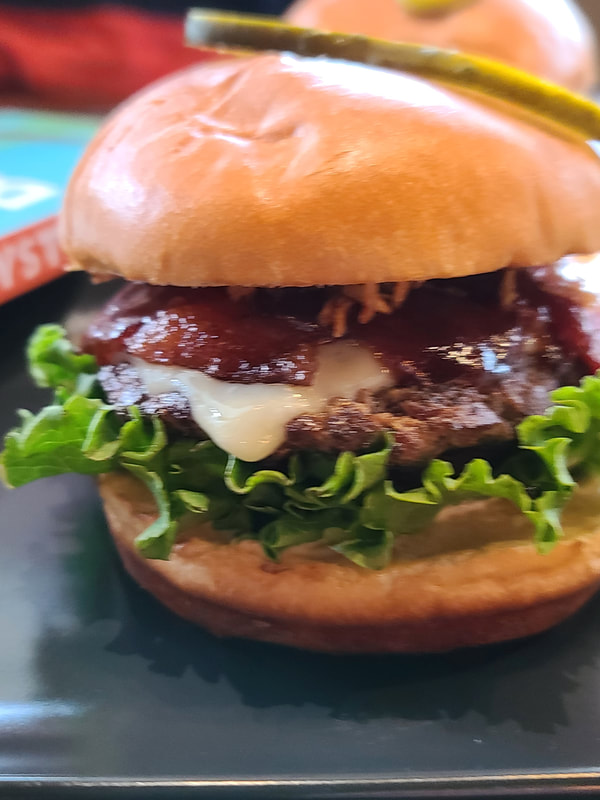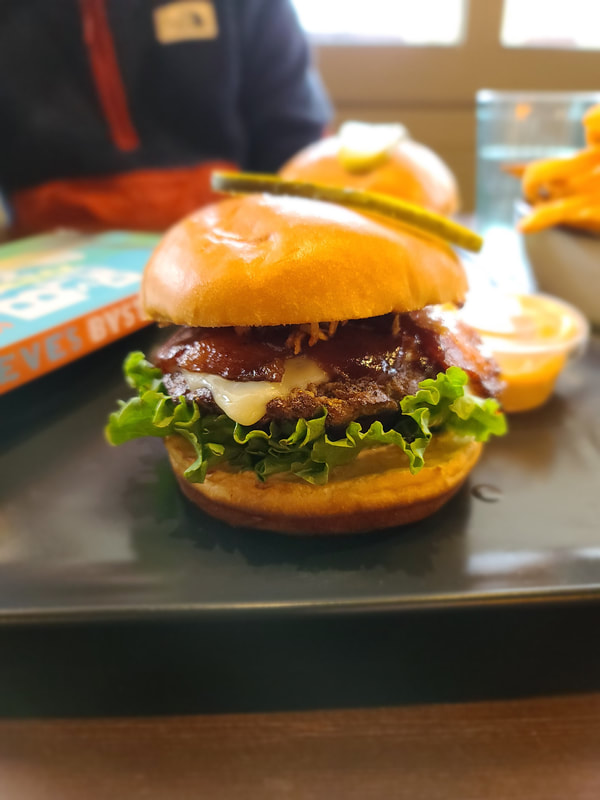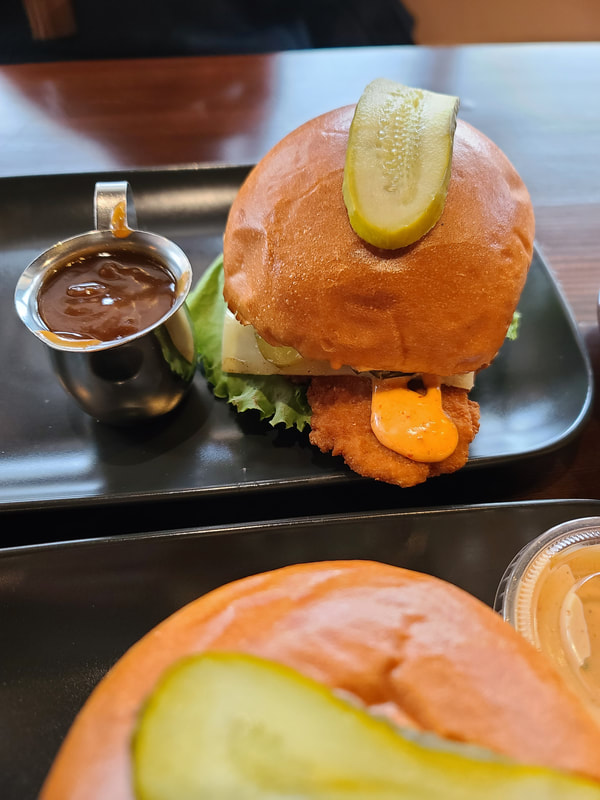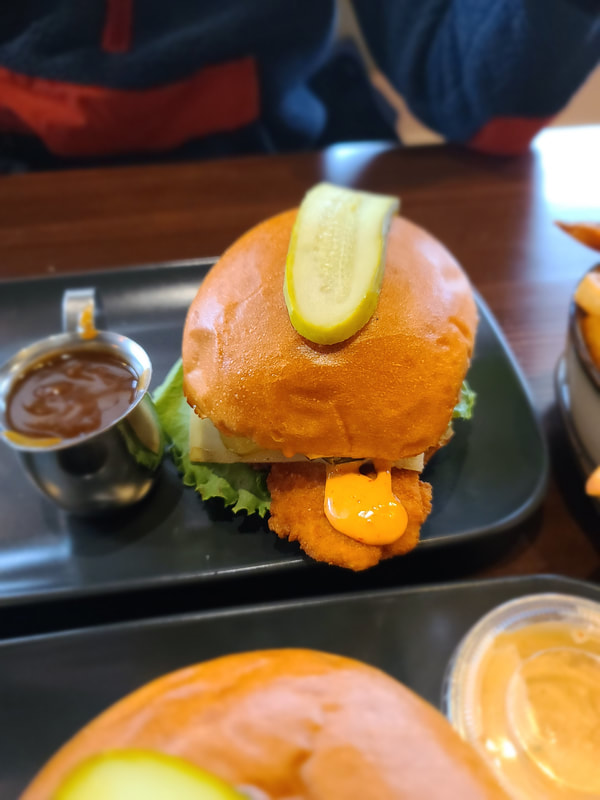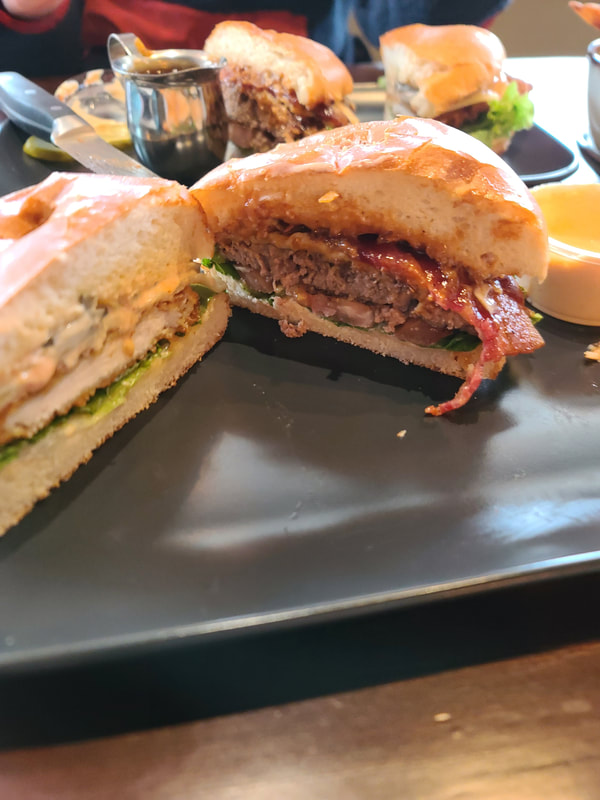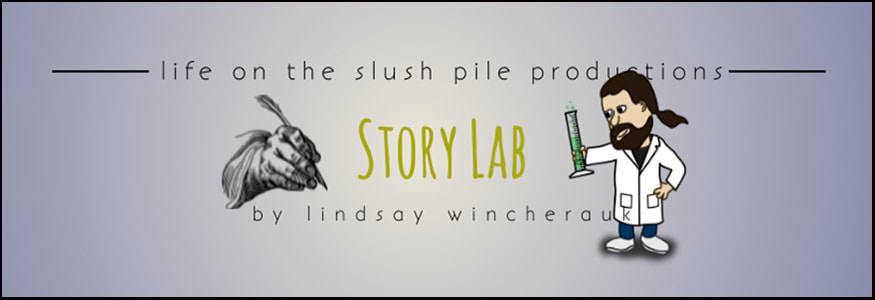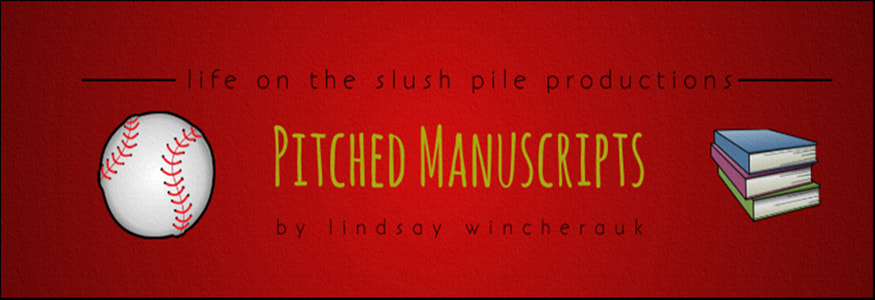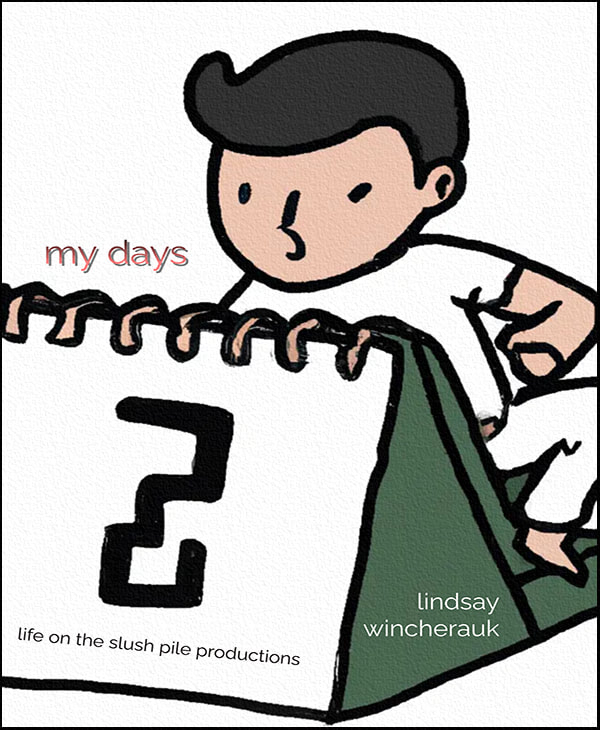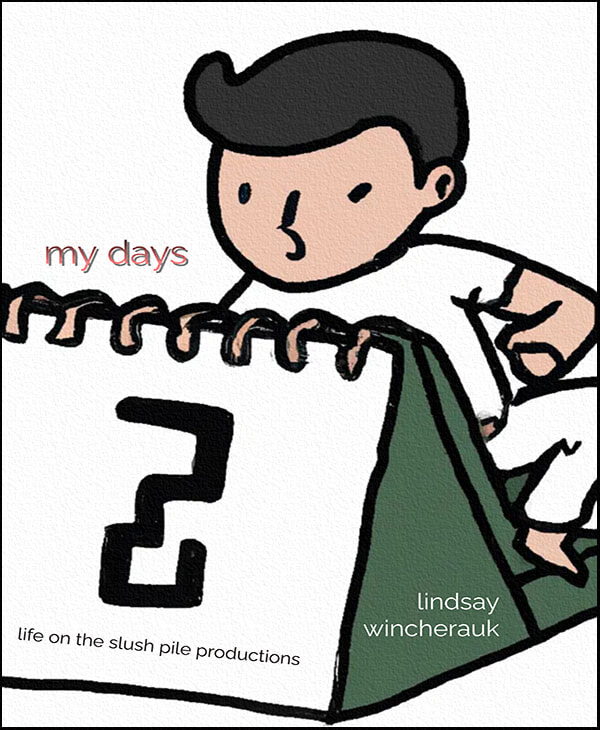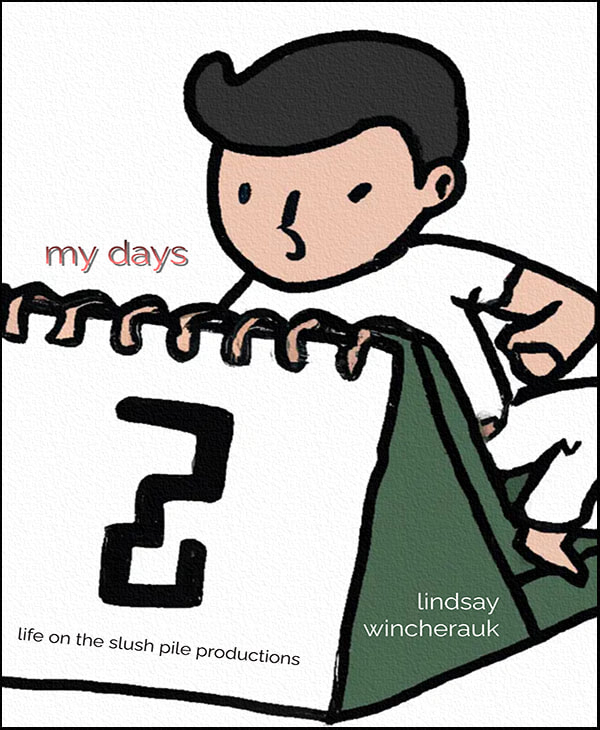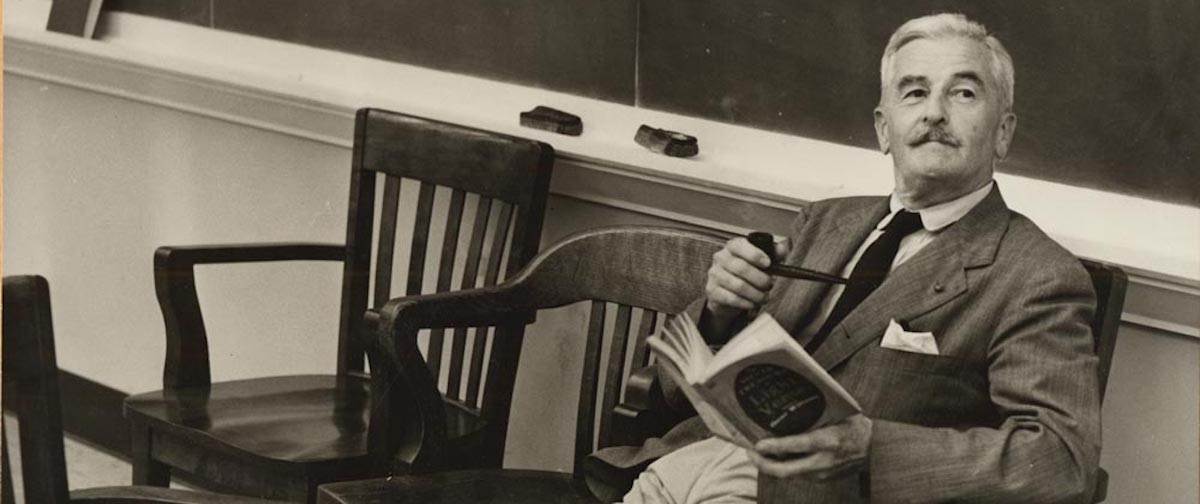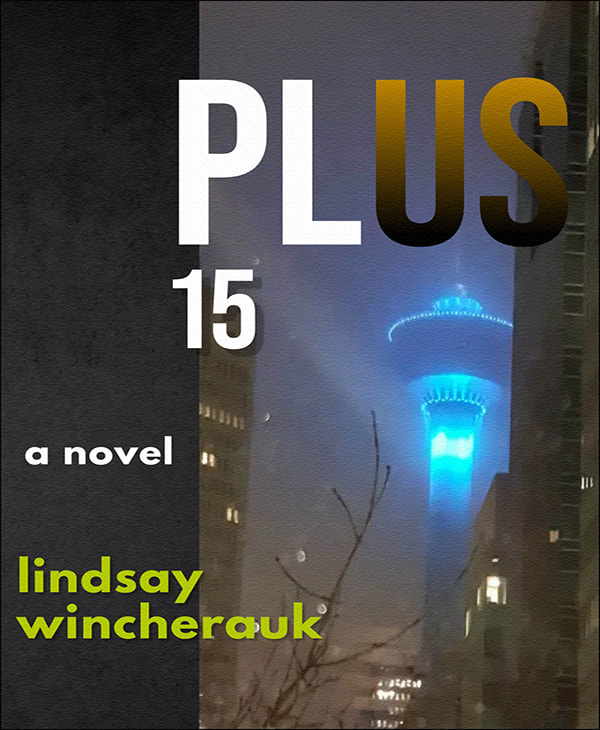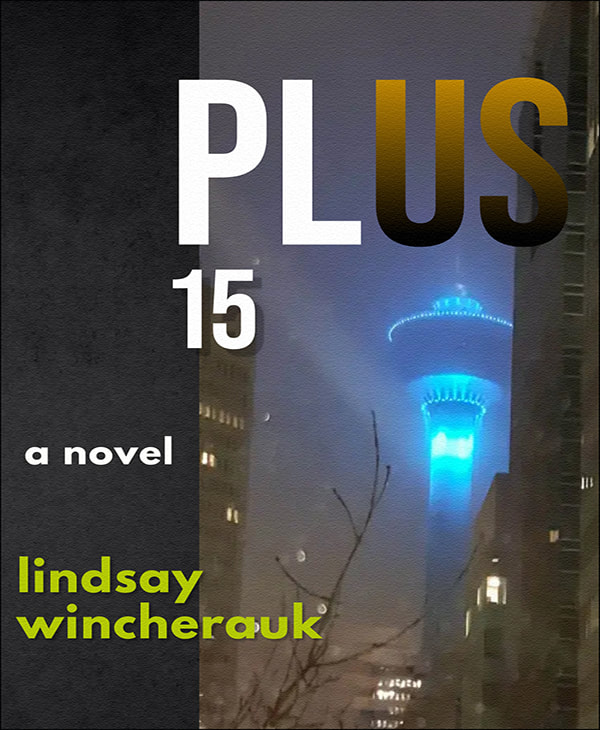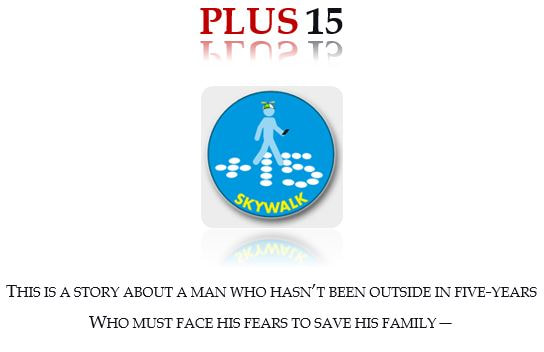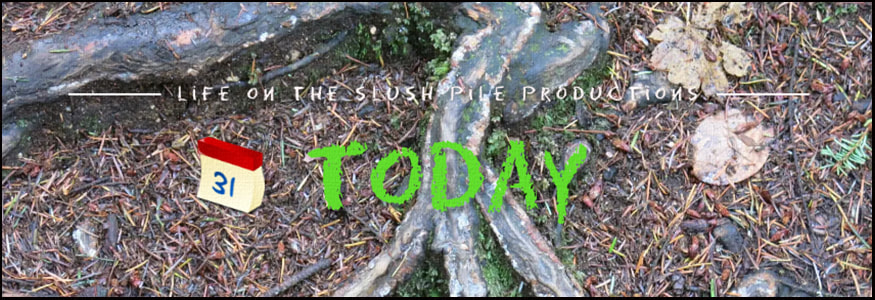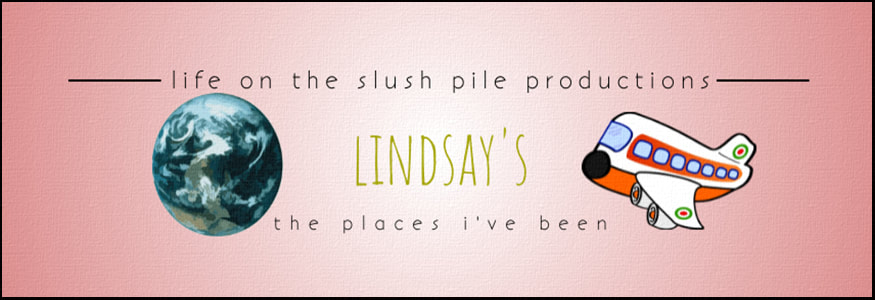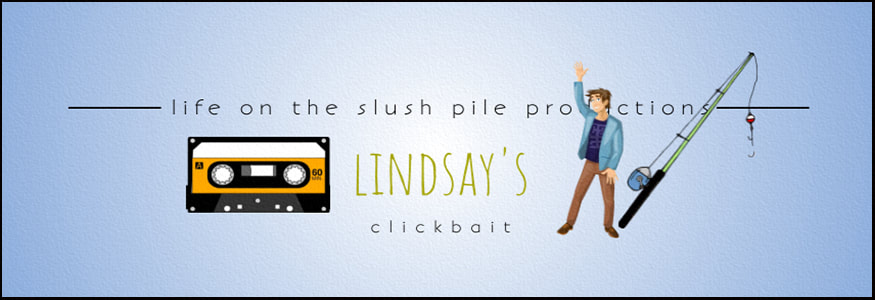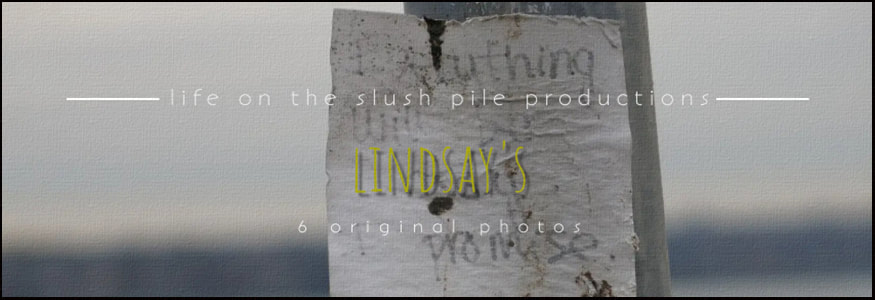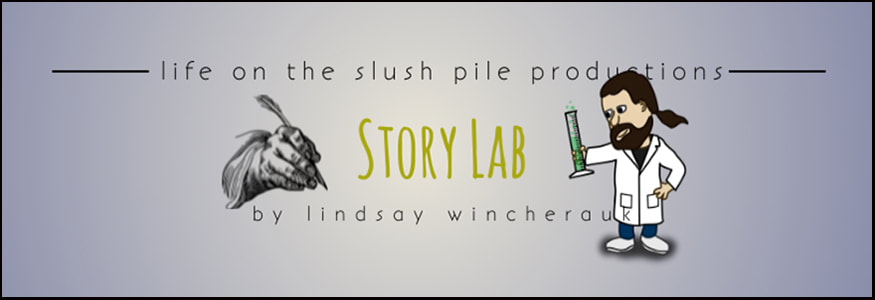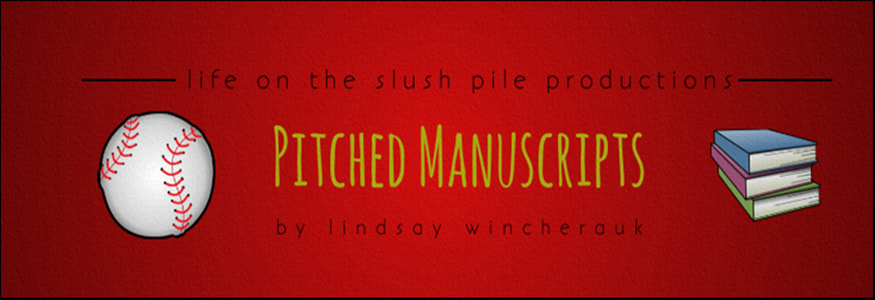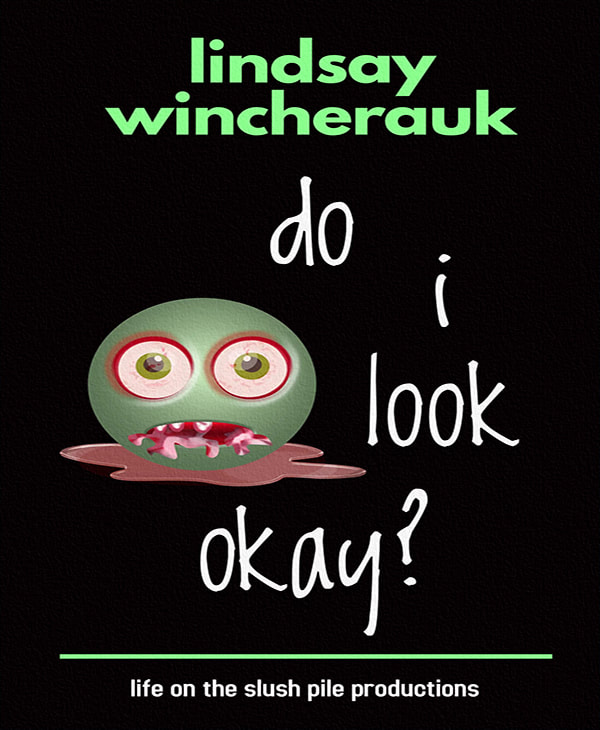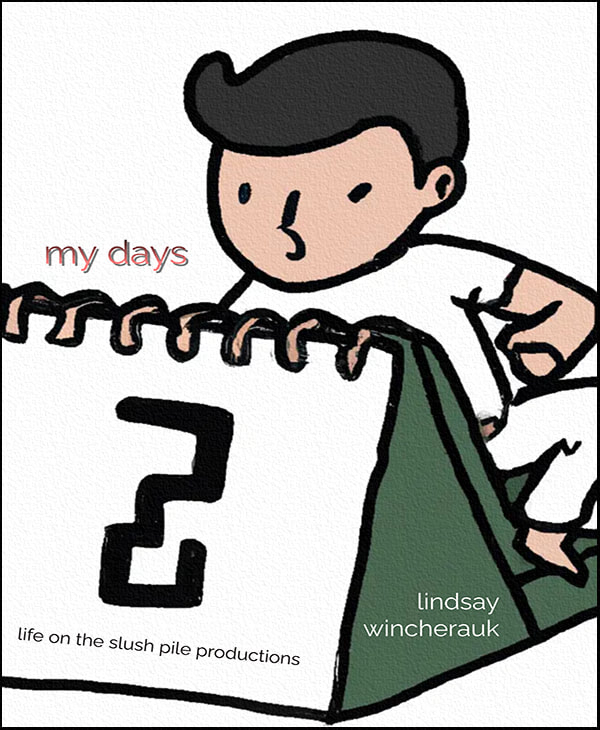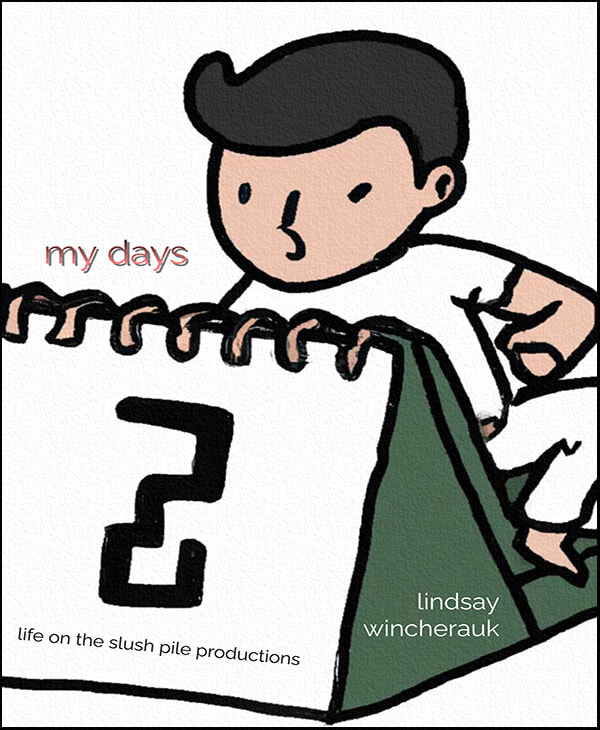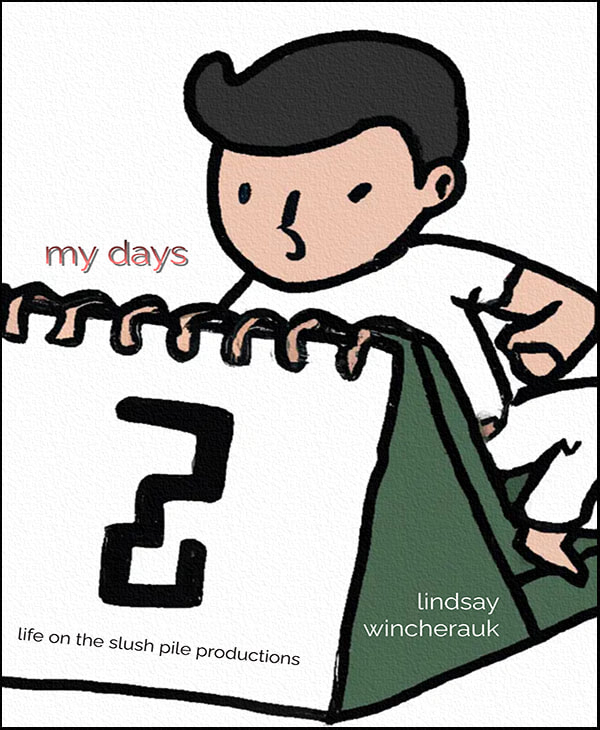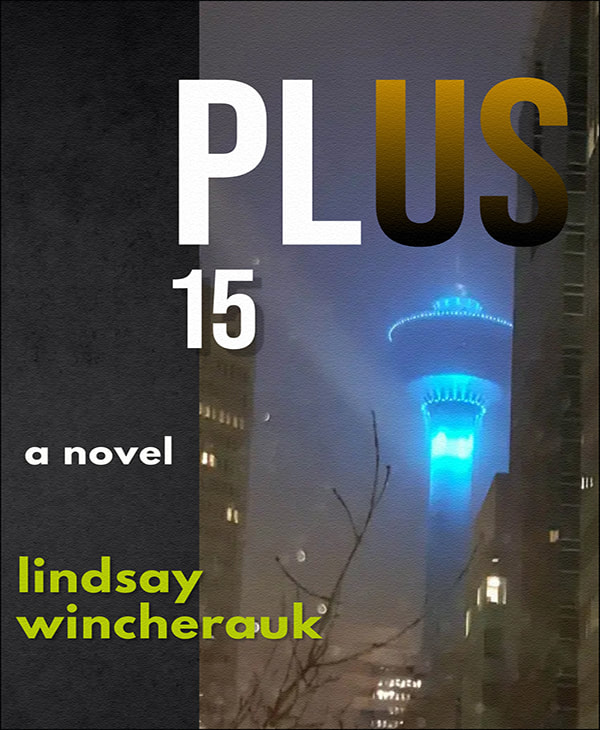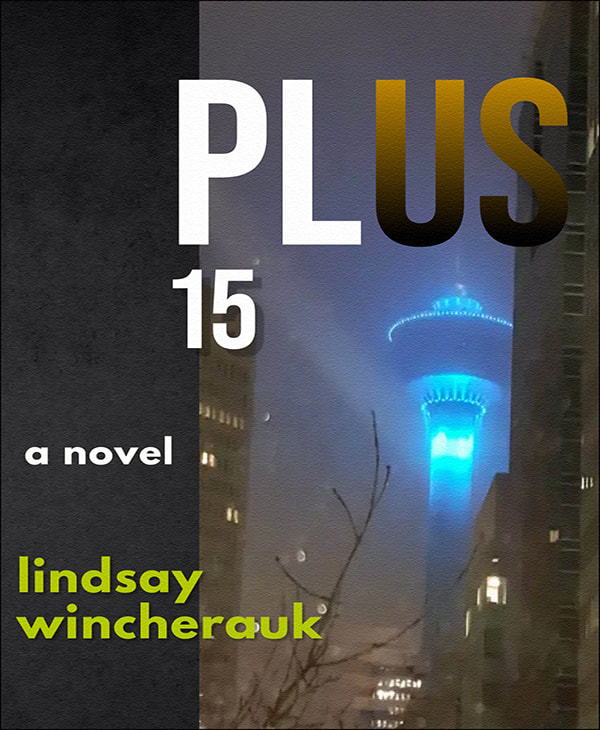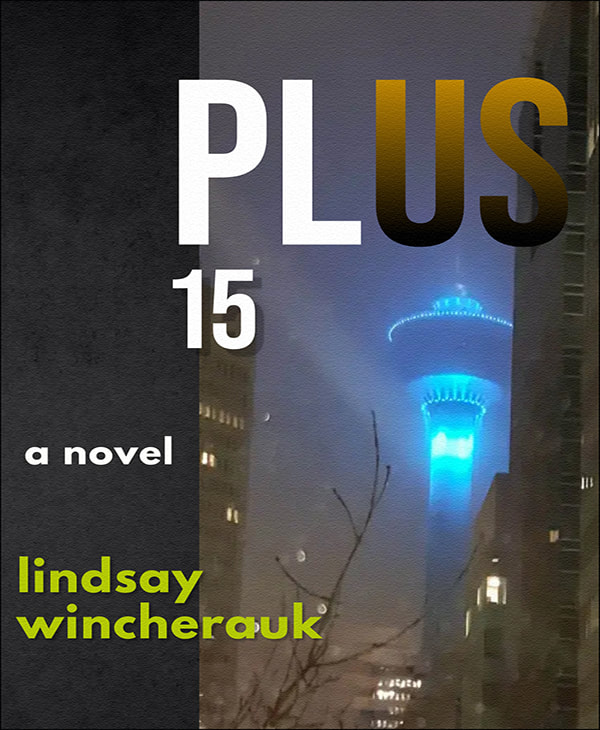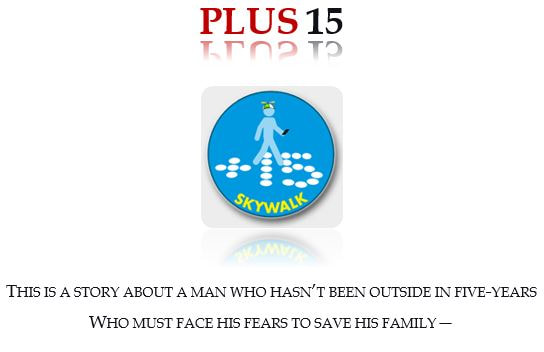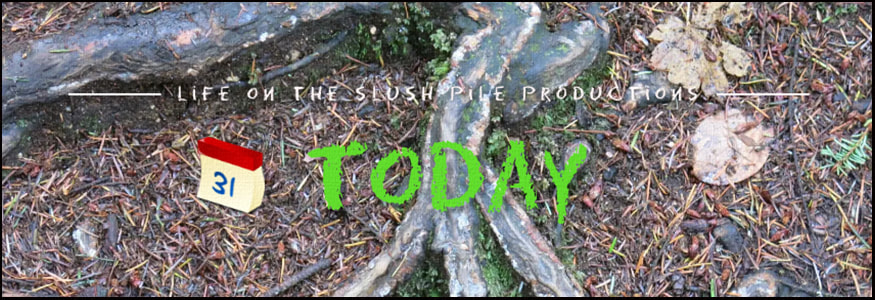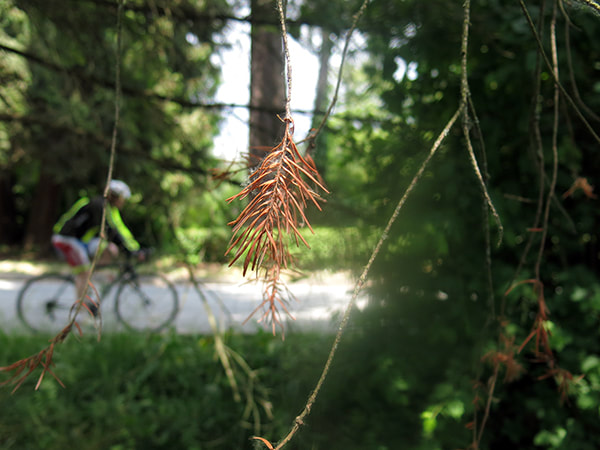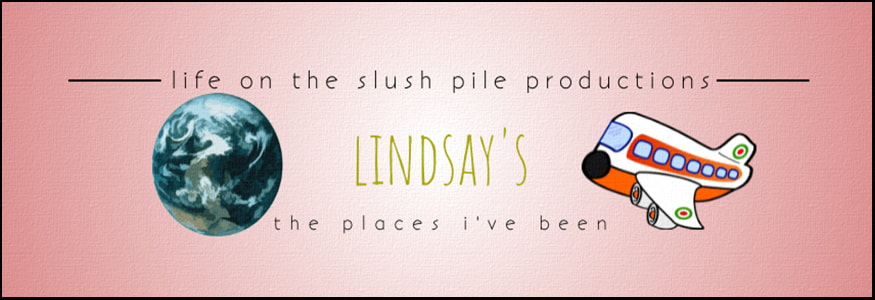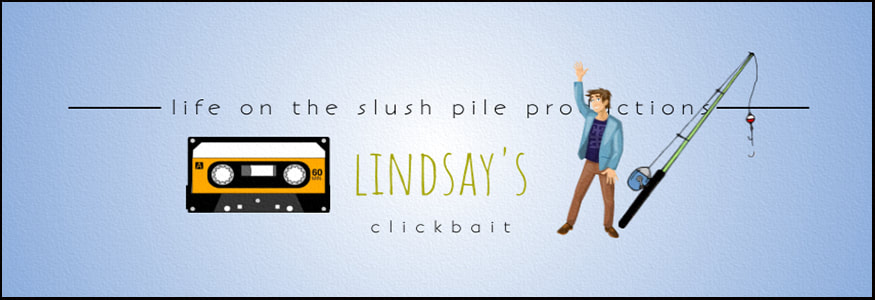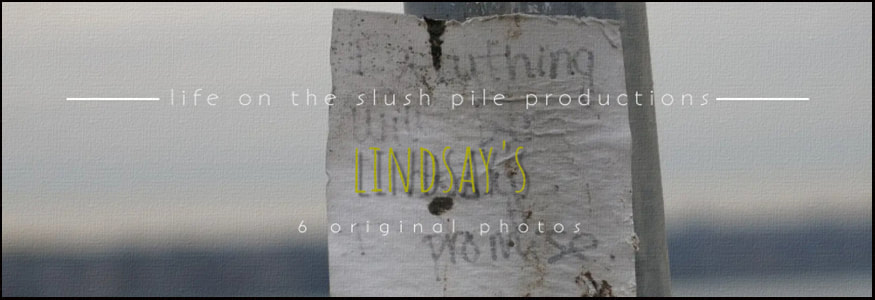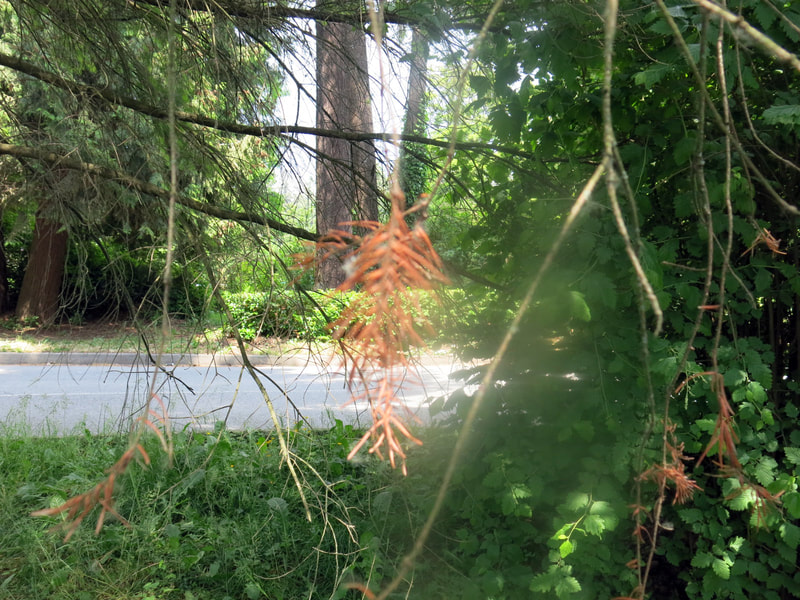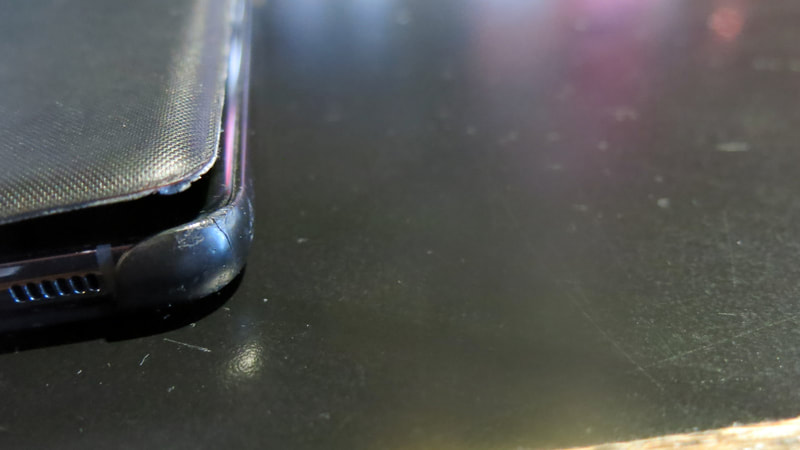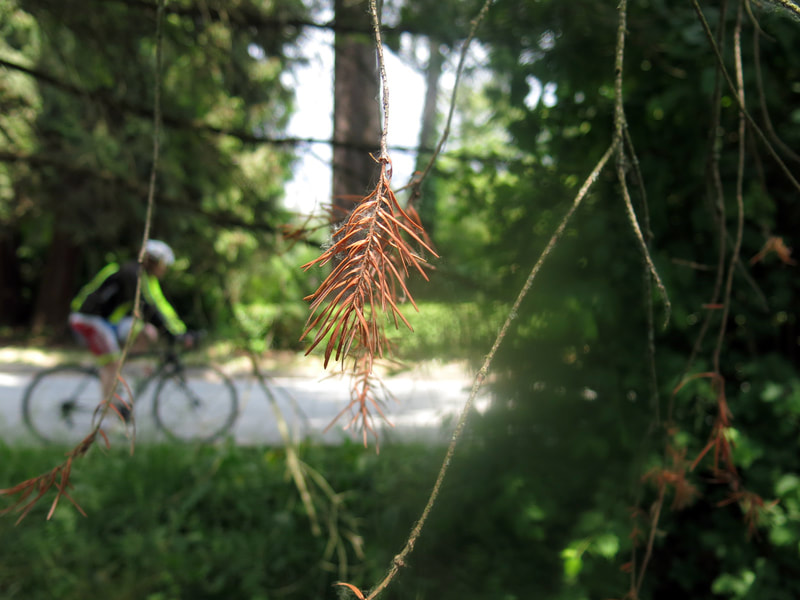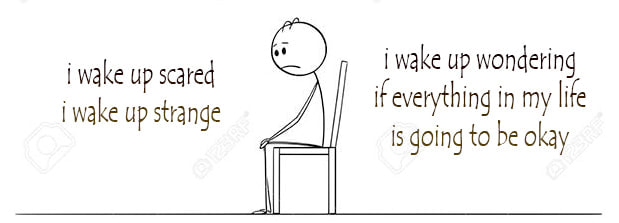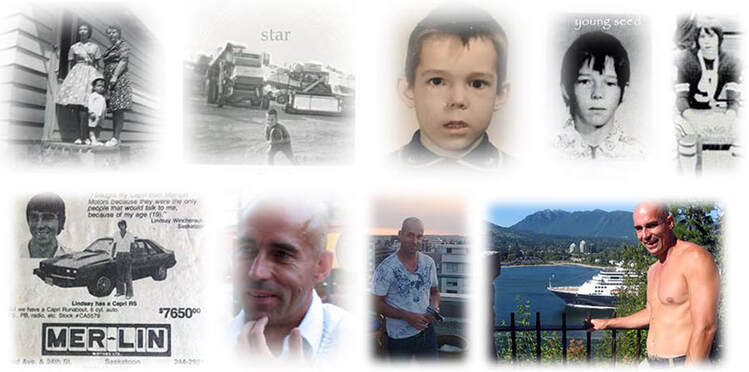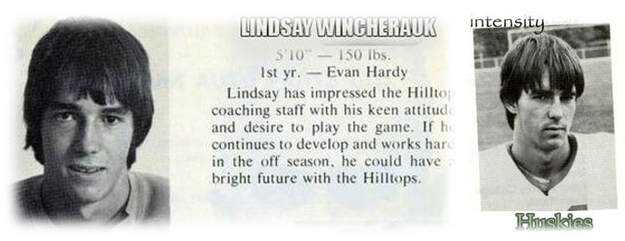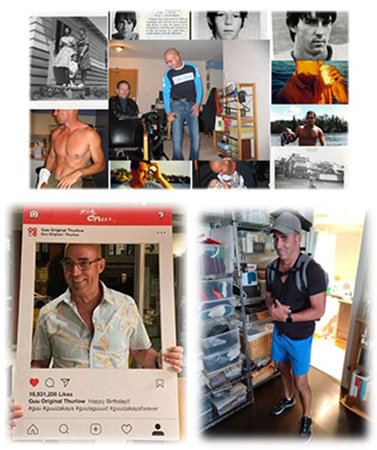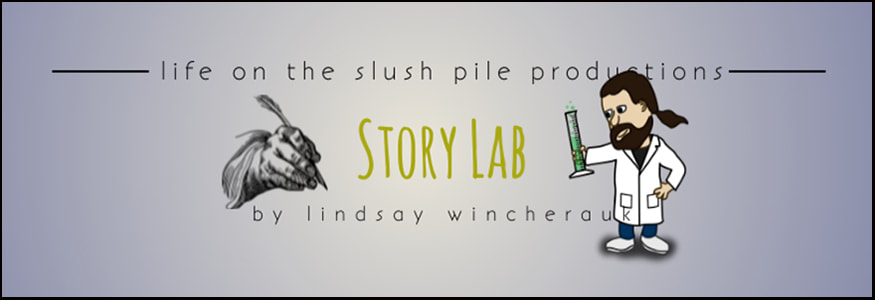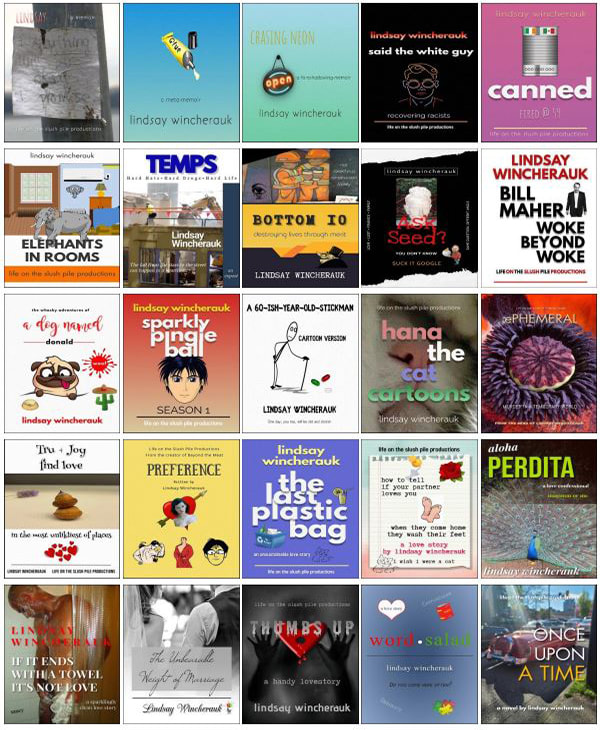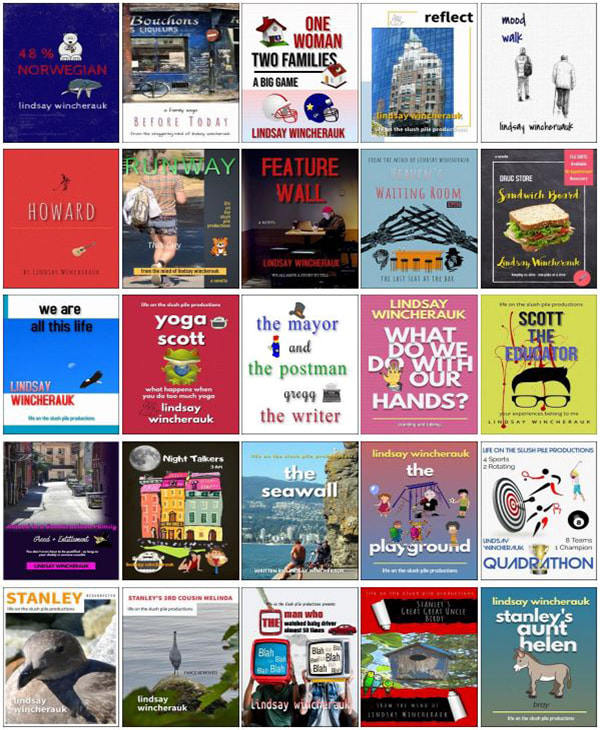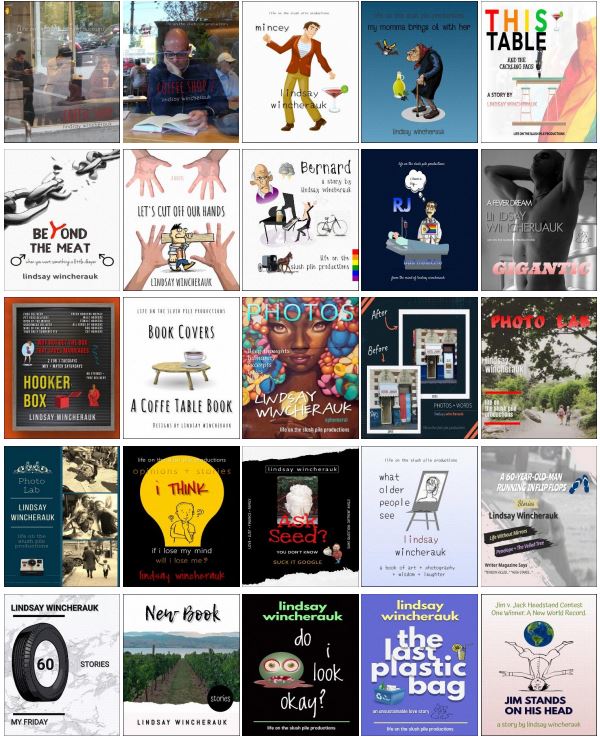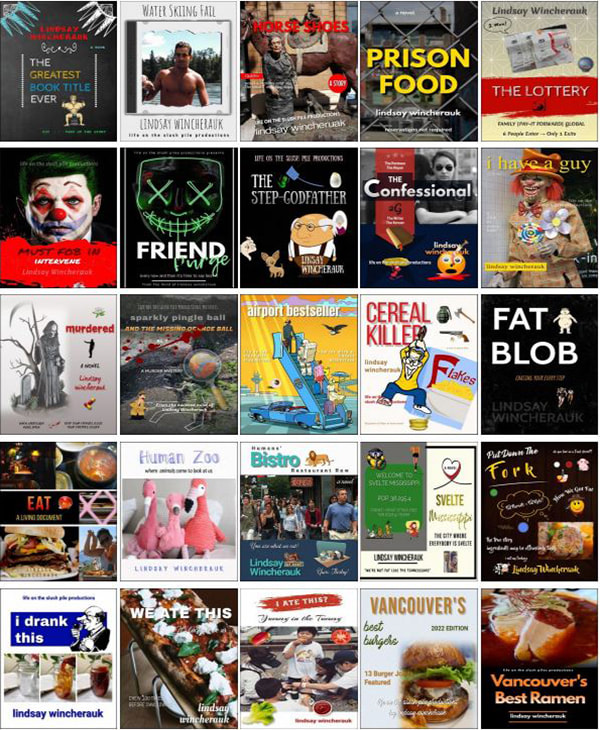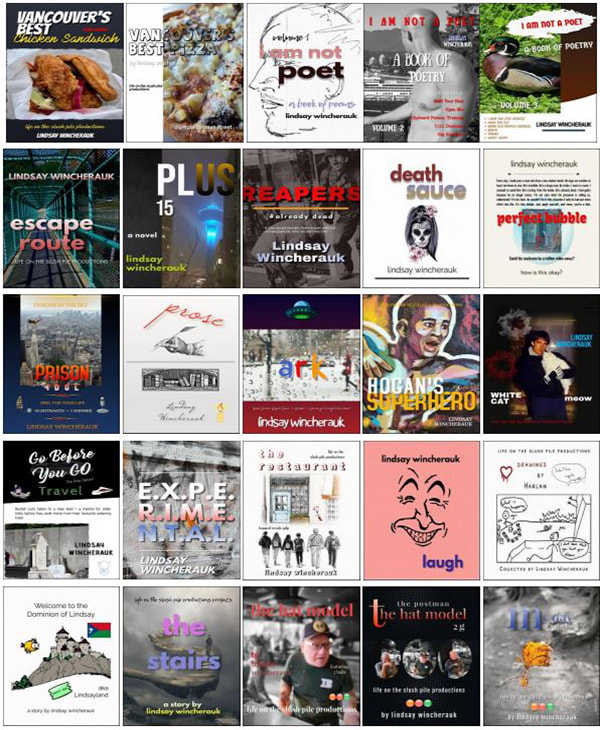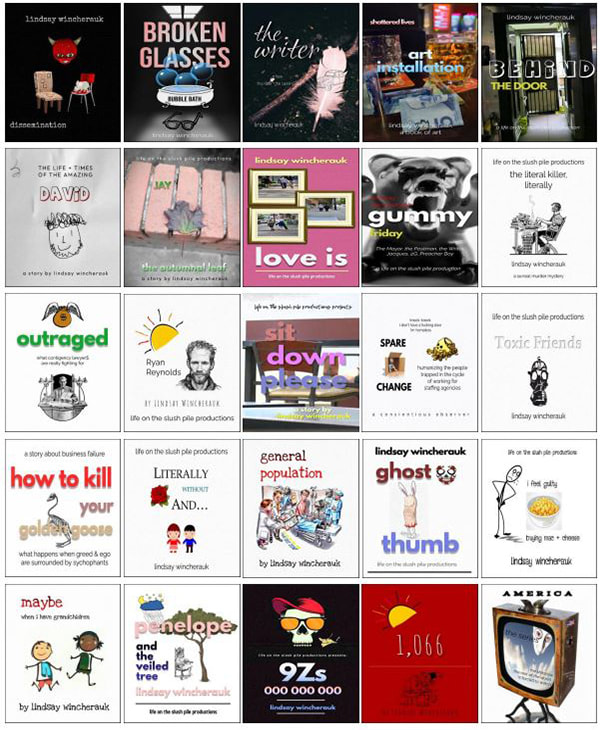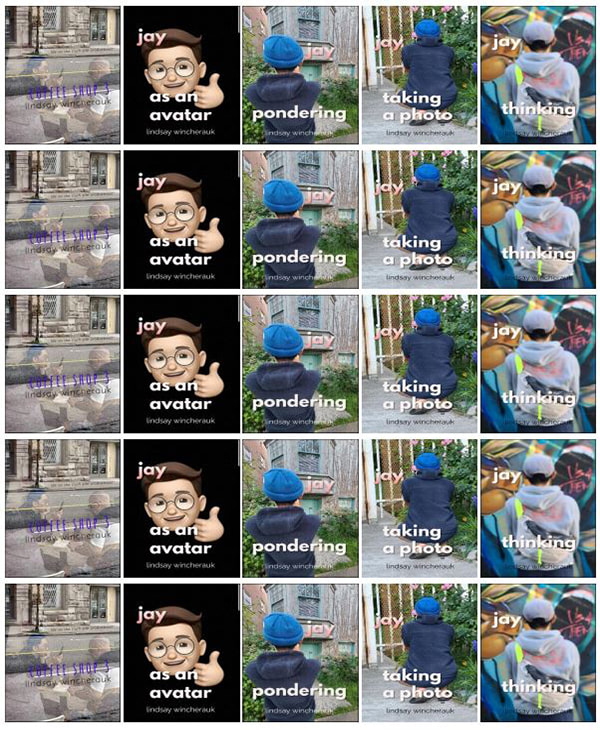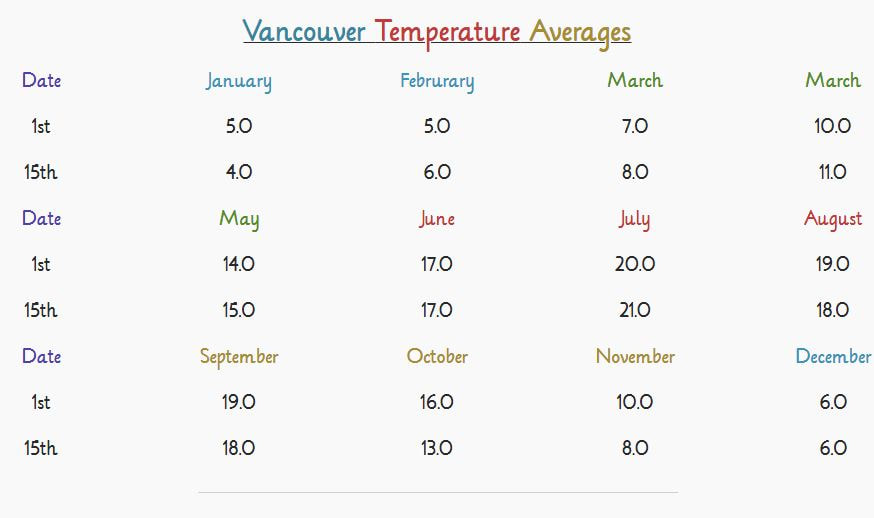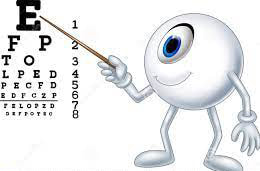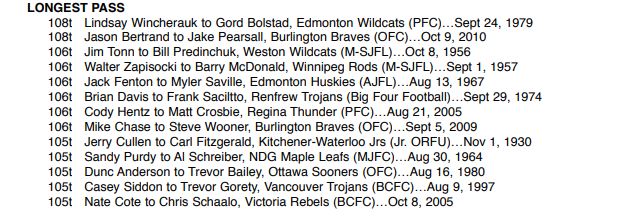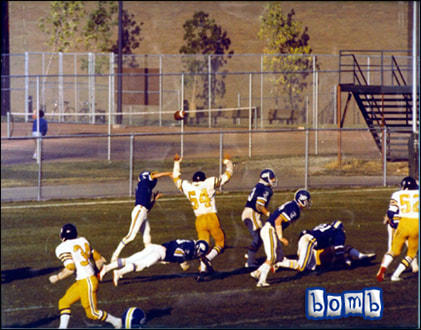FREE SPEECH: May 2023
ONE WORD AT A TIME!
The Big Days
FREE SPEECH: May 2023
|
What did you do yesterday?
The Given
Meet Sparkly Pingle Ball
Sparkly Pingle Ball is a fig-mint of my imagination. Minty. Every time, you wonder who the hell I'm talking with, it's Sparkly.
Who are you? If you think, I'm crazy, ask yourself one thing: Have you ever watched Family Guy? Or...? Sparkly's main role is to keep moving the narrative along. And to be hot! Who are the voices in your head? Embrace them. Love them. You are not alone. Intangibles
Thanks for stopping by and reading my stories. I love writing them.
I know you may be confused but you probably love reading them. Them count currently = 3. I'm sure you know 2 other them(s) or people who are likely them(s). Tell them about my stories and if you tell 2 people and they know 2 people and they tell them and those 2 people know 2 people and tell them, you can help turn these daily stories into a juggernaut. Oh. Oh. did I spell it correctly.? Okay Google Damn. The correct spelling is juggernaut. I feel shame. Anyway, tell them, the 2 people you know. Total them(s) in this bit (written by Sparkly Pingle Ball - only this section) - 10 I will let the person playing younger Sparkly know later, he wrote this bit, if you can call it a bit. Should there be a question mark after the second bit. Literally, rhetorical. May 1stStanley's Great, Great Uncle Birdy's house is falling apart.
He wants to move on up to the Eastside. But he's having trouble; he's got sciatica. I am not sure what sciatica is? I could look it up, but I don't want to. Small, stumbles into Birdy's sketchy neighbourhood when he goes on a road trip (walking trip), looking for product. Birdy chirps and then start talking and pleading with Small to help him refurbish his pad in the sky - renovate it by finding the Property Pelicans to make a significant renovation, enlarging the house so Birdy can host his seagull nephew, Stanley + Melinda the Heron at an epic burger barbeque (no bird dishes) that will help turn Birdy in to the talk of the town. What's this story about? That? I don't know. I just typed this. Where did it come from? Nowhere. Quit being evasive. This is a rough draft and is subject to change at any moment. I hope so. Cut me some slack. Do you know how hard it is to turn a picture you like (sort of) into a book cover (idea) and then blend a bunch of photos and turn them into a stream of stories about talking animals? That’s what I thought. So, suck it.
Writing Tips
I want to make a difference in this world!
A Fresh Picture Daily
Hana + Read + Willful Ignorance
books ~ photos ~ food ~ comedy ~ tennis
| ||||||||
2ndWhy not?
The first installment of animals befriending and speaking English with Small (Child)—star is an adolescent seagull named Stanley. Riveting. The second installment stars Stanley’s third cousin, a heron named Melinda; the third, a yet-to-be-defined type-of-small-bird aptly named Birdy; and now the gut-wrenching last installment stars a donkey named Helen. A female donkey is a jennet, I just looked it up. How can a seagull, heron, yet-to-be-defined-type-of-small-bird, and a jennet be related? Because I write what I want. Small and Helen like to jam together, playing guitar. Helen is dating Adam, the lead singer of the Counting Crows—Durtz. Helen + Adam met down at the New Amsterdam during an open mic night when Small and Helen took the stage. It was love at first sight. And then, Adam convinced Helen, Stanley, Melinda, and Birdy to form a band. With Adam’s tutelage and in the styling of Daisy Jones + the Six, their yet-to-be-named band’s first single, Bray stormed to the top the global music charts, including the prestigious Clipboard Hot 100! All is rosy until the author of these literary gems, cat, Hana, accidentally kills Birdy during a playdate and the band is forced to find another animal relative to play the triangle or their world tour will be cancelled. Am I going to be, okay? Creative genius!
Writing Tips
A Fresh Picture Daily
Woodwards + Yum + The Postman & 2G
books ~ photos ~ food ~ comedy ~ tennis
| ||||||||
3rd
Writing Tips
A Fresh Picture Daily
Funniest scene in Lady Bird
The Postman & 2G
books ~ photos ~ food ~ comedy ~ tennis
| ||||||||
4th
Writing Tips
A Fresh Picture Daily
The Postman & 2G + Burger & Dirty Fries
books ~ photos ~ food ~ comedy ~ tennis
| ||||||||
5th
Writing Tips
I want to make a difference in this world!
A Fresh Picture Daily
Conservative Women React to Bud Light Campaign
Sips + Idiots Speaking Freely + Empathy & Compassion
books ~ photos ~ food ~ comedy ~ tennis
| ||||||||
6th
Writing Tips
I want to make a difference in this world!
A Fresh Picture Daily
Two Weeks of Ed Sheeran (May 6-20) - Subtract
Boat
Street Blurr + Cleanliness + Read + Emptiness
books ~ photos ~ food ~ comedy ~ tennis
| ||||||||
7th
Writing Tips
I want to make a difference in this world!
A Fresh Picture Daily
Two Weeks of Ed Sheeran (May 6-20) - Subtract
Salt Water
Home + Northern Cafe + J
books ~ photos ~ food ~ comedy ~ tennis
| ||||||||
8th
Writing Tips
I want to make a difference in this world!
A Fresh Picture Daily
Two Weeks of Ed Sheeran (May 6-20) - Subtract
Colourblind
Northern Cafe + J
books ~ photos ~ food ~ comedy ~ tennis
| ||||||||
9th
Writing Tips
I want to make a difference in this world!
A Fresh Picture Daily
Two Weeks of Ed Sheeran (May 6-20) - Subtract
Life Goes On
The Mayor + The Postman
books ~ photos ~ food ~ comedy ~ tennis
| ||||||||
10th
Writing Tips
I want to make a difference in this world!
A Fresh Picture Daily
Two Weeks of Ed Sheeran (May 6-20) - Subtract
Dusty
Art Installation + The Mayor & The Postman + Yum + The Postman's Sick Finger
books ~ photos ~ food ~ comedy ~ tennis
| ||||||||
11th
Writing Tips
I want to make a difference in this world!
A Fresh Picture Daily
Two Weeks of Ed Sheeran (May 6-20) - Subtract
End of Youth
The Postman's Sick Finger
books ~ photos ~ food ~ comedy ~ tennis
| ||||||||
12th
I want to make a difference in this world!
Writing Tips
A Fresh Picture Daily
Two Weeks of Ed Sheeran (May 6-20) - Subtract
Colourblind
Ephemeral
books ~ photos ~ food ~ comedy ~ tennis
| ||||||||
13th
Writing Tips
I want to make a difference in this world!
A Fresh Picture Daily
Two Weeks of Ed Sheeran (May 6-21) - Subtract
Ed Sheeran - Life Goes On ft. Luke Combs
A Weak Day of Photos
books ~ photos ~ food ~ comedy ~ tennis
| ||||||||
14th
Writing Tips
I want to make a difference in this world!
A Fresh Picture Daily
Two Weeks of Ed Sheeran (May 6-21) - Subtract
Ed Sheeran - Curtains
My Favourite Tree + Baby + Hail Caeser
books ~ photos ~ food ~ comedy ~ tennis
| ||||||||
15th
Writing Tips
I want to make a difference in this world!
A Fresh Picture Daily
Two Weeks of Ed Sheeran (May 6-21) - Subtract
Ed Sheeran - Borderline
Original Lindsay Art Collection
books ~ photos ~ food ~ comedy ~ tennis
| ||||||||
16th
Writing Tips
I want to make a difference in this world!
A Fresh Picture Daily
Two Weeks of Ed Sheeran (May 6-21) - Subtract
Ed Sheeran - Spark
Lumberman's Arch Concession + Hail Caeser + Home Cooking
books ~ photos ~ food ~ comedy ~ tennis
| ||||||||
17th
Writing Tips
I want to make a difference in this world!
A Fresh Picture Daily
Two Weeks of Ed Sheeran (May 6-21) - Subtract
Ed Sheeran - Vega
Ephemeral Art by Lindsay Wincherauk (ft. The Shadow Man)
books ~ photos ~ food ~ comedy ~ tennis
| ||||||||
18th
Writing Tips
I want to make a difference in this world!
A Fresh Picture Daily
Two Weeks of Ed Sheeran (May 6-21) - Subtract
Ed Sheeran - Sycamore
Canada Place Goose + Heron + Ephemeral Art by Lindsay Wincherauk
books ~ photos ~ food ~ comedy ~ tennis
| ||||||||
19th
Writing Tips
I want to make a difference in this world!
A Fresh Picture Daily
Two Weeks of Ed Sheeran (May 6-21) - Subtract
Ed Sheeran - No Strings
Hand 3 + The Perfect Ham & Cheese Sandy + Homemade Sushi
books ~ photos ~ food ~ comedy ~ tennis
| ||||||||
20th
Writing Tips
I want to make a difference in this world!
A Fresh Picture Daily
Two Weeks of Ed Sheeran (May 6-21) - Subtract
Ed Sheeran - The Hills of Aberfeldy
Ephemeral Art by Lindsay Wincherauk (The Dealer + Acid Wash)
books ~ photos ~ food ~ comedy ~ tennis
| ||||||||
21st
Writing Tips
1
This is the story about Jacob + Riley Wallace. Jacob is profoundly in love with Riley, Riley is profoundly in love with Jacob. Riley’s pregnant for the first time. She’s utterly glowing with a new life dancing inside her. Jacob works as an analyst for a large oil company. He doesn’t own a jacket, he doesn’t need to—you see, Jacob hasn’t gone outside in more than five years. Everything Jacob needs, he can obtain indoors. In the Northern Hemisphere, his city is blasted with harsh winters + oppressive summers, summers littered with velociraptor-sized blood-sucking mosquitos. Jacob’s city’s core (PLUS 15) features 11-miles of walkways, crisscrossing + thrusting city dwellers from building to building, fifteen feet above the bustling streets below. This is the story of a BROKEN PROFESSIONAL who meets a devilishly gorgeous beauty, falls deeply in love, and must face his greatest phobia if he wants to save Riley, his stunningly, aesthetically pleasing wife, + their scrumptiously delicious marriage. Jacob is 42; despite his inauspicious beginnings, he was always destined to thrive and achieve unlimited success. Jacob is driven to a fault. His drive is softened by an astute sense of kindness + a propensity to spot bullshit. Before it infects those, he chooses to have in his life. Because somewhere, lying deep inside his psyche, he intuitively knows his life’s story isn’t what it seems + ultimately belongs to more people than just him. Jacob, at 42, because of his athletic background + a vanity-driven ego, has maintained a model’s physique. Because of the tragic accident he survived as a child + a less than optimal upbringing, Jacob has been trapped inside a traumatic event he keeps living over and over again. This is a story about making it home regardless of the outrageous hurdles slammed down in front of us. You see, every night of his life, Jacob was roused awake, drowning in sweat, as his head spun and spun because he continually relived the horrific crash that had taken his parents away from him when he was five years of age. His move inside. Before he met Riley. And his subsequent never going outside again, which is a product of a blustery night. He was driving home to his old apartment in Kensington, a stones-throw away from the PLUS 15s. The car in front of him hit black ice and began a death spiral that ended with the vehicle slamming into the front of a semi + then being torn in two. Jacob’s car spun as well, but miraculously just as it was about to smash into the semi, it recoiled the other way, hammering into the snowbank on the side of the road. His co-worker in his car, Kyron, and entitled douchebag jumped out of the wreckage, and one would think he would have rushed to the aid of the injured in the other vehicle, but instead, he was seen skipping across the street hopping onto a transit bus. When the emergency vehicles arrived, they found the occupants of the first mangled car, deceased, covered in blood, including a young girl. Three lights previously, with Jacob, stopped directly behind the first car; the young girl in the back seat glanced back at Jacob, smiling, holding up a stuffed bear. Jacob couldn’t find the courage to get out of his car. When the first responders finally made their way over to Jacob’s vehicle, they found him lying on the back floor, trembling in fear. Jacob was taken to the local hospital for observation. It took him several weeks to find his words—and when he did, the first thing he said was, “I can’t do this anymore. I need to move indoors. I need to sell my car. I need to sell my home.” The next day, when he was released from the hospital, he popped a sleeping pill, jumped into a cab, and asked the driver to take him to the Four Seasons Hotel downtown, a hotel connected to the PLUS 15s. Two weeks later, he sold his Kensington home for a song, bought an apartment downtown, + he has never been outside since. On this life-altering night, a fierce arctic zephyr, the winter storm of the century; whirled and roared outside. Dusting everything in its path in a thick sheet of ice and a blinding whiteness. Jacob fought + ran + climbed + hid + cried + quivered in fear; escaping the clutches of two cretins, escaping until he could flee no more, finding himself at the bottom of a staircase with nowhere to go, except out into the debilitating fear of who he’s become, to save his life, and the life of his wife Riley, and their unborn child. Jacob tripped and fell, tumbling ass over teakettle down the last twelve steps, slamming his head into the glass exit door, phosphenes dancing in front of his brain-rattled eyes. He struggled to his feet. It was time to die or… “Jacob, stop, everything will be okay,” floated from above him as the maleficent demon plodded his way down the stairs—his clothing no longer tattered—sporting a new ensemble, Jacob could make out to be from H & M Clothing. Jacob shook his head to rid it of the cobwebs and tried desperately to figure out how the words’ fresh ensemble’ made it into a passage in his story. “Jacob, I mean, you no harm.” Jacob shook his head once more. How does this monster know my name? The blustering snow had drifted against the exit door, marking its bank at two feet. Jacob looked up again. The plodding creature was alone. “Please, Jacob.” Jacob had seen this man extinguish the lives of two men earlier that evening. This must be a ploy. Jacob shook his head again and thought, ‘ploy?’ Time was perilously close to an end when Jacob spotted across the road, through the raging swill of snow, the monster’s fiendish friend, machete in hand, now appearing to be dressed in garb from Abercrombie, enter into the building Jacob + Riley called home. Time momentarily stood still. Jacob’s mind began swirling like the raging snow stopping at an image of a five-year-old boy being carried from the wreck of a car on a stormy prairie night. Just as he was being lifted from the wreckage, he looked back to see a five-year-old boy, lying on the floor, with a faint blast of breath, visible in the air on a bone-chilling winter night. When the vision faded, Jacob pushed with all his might. Repeatedly slamming his body into the exit door. Budging, and budging, and budging it open against the oppressive drift outside, just as the man, now decked-out in H & M, tried to grab onto Jacob’s fear-stained shirt, uttering, “Jacob, don’t go, it’s not safe.” Ragged + tattered outsiders are not allowed inside the core. They are considered expendable vermin, often detrimental to the possibility of economic growth through outside investments. Jacob’s insanity has made him understand that each building plays a vital role in his development and the city’s survival and opportunities to thrive. Cross a walkway, and you may find yourself in:
This is the story about Jacob + Riley Wallace; they are wildly in love. Jacob wants desperately to get home, to be coddled warmly in Riley’s love. But at the same time, this is a story about darkness because on one life-altering night: Jacob witnessed a gruesome scene, two tattered and torn outsiders, wielding machetes, were brutally slashing the life out of two unsuspecting individuals. SLASH. SLASH. SLASH. Blood splattered everywhere, painting the art-filled walls, drawing legs as it flowed toward the floor + covering the faces of the grinning thugs. Jacob looked on in horror. He recognizes one of the two people being slaughtered? His mouth agape. He darted behind an art installation, desperately trying to avoid making a peep. “Peep.” To Be Continued...
I want to make a difference in this world!
A Fresh Picture Daily
Two Weeks of Ed Sheeran (May 6-21) - Subtract
Ed Sheeran Performs 'Boat,' 'Eyes Closed' and 'Life Goes On'
Ephemeral Art by Lindsay Wincherauk (The Dealer + Acid Wash + Happiness + The Shadow Man)
books ~ photos ~ food ~ comedy ~ tennis
| ||||||||
22nd
Writing Tips
Read a lot
Read stuff that’s similar to what you’d like to write and then read stuff that’s more literary, too. While you’re reading, analyse what it is that you like and don’t like about the book. Work out how the writer moves the story along, gets you into the heads of their characters, describes feelings and places. Don’t let the words wash over you – treat it like studying. Write about what you know It’s a cliché, but it’s true. Unless you’re very keen on research and are willing to learn other subjects in great depth, stick to your own experiences and feelings – you’ll sound more convincing and sincere. Have your own voice Don’t try to be the next Nick Hornby or the new Martin Amis. Just be yourself, and if people like the sound of your voice and what your voice is saying, then they’ll like your book. Agents and publishers are always looking for something ‘different’, a fresh viewpoint and a new voice, not just re-hashed versions of stuff that’s gone before. Do a creative writing course You don’t have to do this – most writers don’t. But I did one (one evening a week – three terms – adult ed. college) and it really helped me. It taught me to get into the habit of writing regularly, it gave me the confidence to have other people read what I’d written and accept constructive criticism (very important – criticism is the only way you’ll learn) and it was a good way of discovering whether or not I could actually write well enough to attempt a novel. Decide on a genre Do you want to write a thriller? A romance? A drama? With a book like mine, it was more important to concentrate on characters, as they were what led the book. The storyline came from them. However, with a thriller or a drama or a crime novel, you’ll have to do much more forward-planning – map the whole novel out before you start. Write the ending first This is what a lot of writers do. I don’t, personally, but it might work for you. Do a first draft Again, this isn’t something I do – but most other writers do. It’s like laying down the skeleton and then going back afterwards to put the meat on it. Start with a synopsis and take it from there. Don’t be afraid to self-edit My creative writer teacher called it ‘killing your babies’. You might have a cute sentence that you really like, or a character who you’re particularly fond of, but you have to be objective enough to see when something isn’t working and just scrap it. Every time I write a book, I run two documents concurrently – the manuscript and another doc that I call ‘scrap’ and every time I cut something out of the MS I paste it straight into ‘scrap’. ‘Scrap’ invariably ends up being a bigger document than the MS! Just because you’ve written something, it isn’t set in stone. You need to be flexible, even to the extent of cutting out an entire character if necessary. The MS should be a fluid thing, that evolves and changes all the time. Don’t become too attached to things. Be disciplined Even if you can only spare a few hours a week, make sure that you sit at your computer for as long as you’ve said you will. You’ll find that you spend a lot of time staring into space, playing computer games, checking your email and making phone calls. But as long as you’re there at your computer, you’ll write when it comes to you. Keep a notebook Carry a book around with you, because, without wishing to sound too poncey, inspiration does tend to strike when you’re least expecting it and by the time you get back to your computer, you’ll have forgotten it. Don’t give up Writing a book is not easy. It sometimes looks like it is when you’re reading an ‘easy read’ book like mine. It was actually reading High Fidelity that inspired me to write a novel – Nick Hornby made it look like a piece of piss! I soon realised that it’s incredibly hard. It’s frustrating. You can spend a whole day writing and then just delete it all at the end of the day because you know it’s wrong. I deleted 100 pages of my second novel while I was writing it – three months work – that hurt! You can get stuck for days on end without a clue how to move to the next section – you know what you want to happen next but have no idea how to get there. It’s a bit like being lost on a journey, really. But the thing to remember is that all this is perfectly normal, and even though it feels like you’ll never finish, actually, YOU WILL, and that’s the key. Finishing is the key. That’s what most people who want to write a novel never do. And just the very act of putting the last full stop on the last sentence puts you leagues ahead of everybody else, even if you’re not the greatest writer in the world. Give it to trusted friends to read I did this, and it helped to no end. Other writers say they’d rather eat their own leg than let someone see a ‘work in progress’. It’s up to you! 2
The larger of the two thugs slashed his victims once more. His victims dropped onto the down escalator, swimming in the wake of their own blood. Jacob looked deeply into one of the victim’s eyes, a victim pleading for the humanity of closure. His eye is locked on Jacob’s. Jacob knew him; fear-filled tears began pouring from Jacob’s eyes. The victim’s friend (?) slid down the escalator, his body limply sticking to the escalator’s teeth at the bottom. His life rapidly drained out of him. He expired. “Gasp.” The thug looked Jacob’s way. His glimpse locked on Jacob’s left eye peering from behind the art. Jacob began trembling with fear. He realized he was looking into the soul of someone who lacked reason, conscience, or even the most rudimentary sense of good, evil, life, death. Eyes filled with the emptiness of rage. Jacob was cursed by staring directly at what only can be seen as purely and simply evil, hiding behind a blank, pale, emotionless face. A face sporting the eyes of the devil. Michael Myers? No. Get out of this story. Jacob knew it was time for flight or perish. He started running + running + running. He came to a theatre audience vacating a show. He reeled through the crowd, looking over his right shoulder—the thugs were in hot-thuggish pursuit. Jacob wanted to get home to Riley. Jacob feared he’d never make it home again. He darted into a washroom. The door crashed behind him. Five stalls. All empty. He entered the fifth stall, deep in the washroom, and much like many movies + stories before, he sat on top of the toilet, hoping somehow not to be found. Jacob heard the door burst open. The heavy fog of breathing out in deep thunderous deathly euphoria came from the lungs of the thugs. Thudding steps roiled over the washrooms tiling, and then, SMASH, the first stall’s door slammed open. SMASH, the second stall. SMASH, the third. Jacob’s trembling intensified. He intuitively knew: if flight turned to fight, his ultimate outcome would be death. SMASH, the fourth stall door slammed open, falling off of its hinges, crashing a second time on the floor. “What time did you start your shift today? Four. Great. We’ll be working together tonight.” The washroom door swung open. “Hang on for a minute. I need to take a leak. I need to drink less coffee at the start of my shift. It flows through me like I’m a sieve. Ah, crap. Someone vandalized one of the stalls. Look, the door is lying on the floor. We’ll have to get maintenance in here.” Jacob exited his stall. The Security Guards could see feet underneath stalls 1 + 3. Jacob was trembling, his face layered in sweat. “Are you okay, mister? Hey, is that you, Jacob?” “I’m feeling a little off tonight. It must’ve been something I ate. Gotta run. Thank you.” “Say hi to Riley for us.” Jacob was out the door in a flash as the Security Guard muttered, “Why did he thank us?” This is a love story. It is also a story about two thugs. A murder. And the possibility you might need to go outside if you hope to survive. To Be Continued...
I want to make a difference in this world!
A Fresh Picture Daily
You've Got Red on You
Homemade Sushi + Ephemeral Art by Lindsay Wincherauk + Nature
books ~ photos ~ food ~ comedy ~ tennis
| ||||||||
23rd
Writing Tips
Do not write long sentences. A sentence should not have more than 10 or 12 words.
Each sentence should make a clear statement. It should add to the statement that went before. A good paragraph is a series of clear, linked statements. Do not use big words. If your computer tells you that your average word is more than five letters long, there is something wrong. The use of small words compels you to think about what you are writing. Even difficult ideas can be broken down into small words. Never use words whose meanings you are not sure of. If you break this rule you should look for other work. The beginner should avoid using adjectives, except those of color, size and number. Use as few adverbs as possible. Avoid the abstract. Always go for the concrete. Every day, for six months at least, practice writing in this way. Small words; clear, concrete sentences. It may be awkward, but it’s training you in the use of language. It may even be getting rid of the bad language habits you picked up at the university. You may go beyond these rules after you have thoroughly understood and mastered them.
3
This is a story about unlikely friendships and connections found in the strangest of ways. Jacob liked to take breaks from the pressures of his job by entering the heart of the PLUS 15s. A monstrous building bowing out from the ground flexing its pulse 70-stories in the sky, reaching up toward the heavens above. A building bustling with life flowing out in every direction into several buildings all around. “Excuse me, Ma’am, is this seat taken?” “Sit. Sit. Join me. I welcome your company.” Jacob thought he was meeting Madeline for the first time. “You look stressed, young man. Is everything okay?” Jacob looked perplexed. He was an introvert. Jacob, the opposite of wearing his heart on his sleeves, preferred to trip into his own laments, to sort out his own direction, to drown in his own insecurities. But today, this woman, approximately 78, flashed a softness in her eyes that opened Jacob’s mind and allowed him to flow freely about who he was. “My name is Jacob.” “Madeline.” “It’s a pleasure to meet you, Madeline.” “Sweetheart, is everything okay? You look troubled.” And the taps opened wide. “Madeline, I don’t think I’m worthy. I love my wife dearly, completely. She is my rock, my stability. Her name is Riley. She is gorgeous in every way. I can’t live without her. I’m flawed. Broken. I’m ill. I haven’t been outside in years. I can’t. Everything I need is here in this maze of buildings. I found her in here. We fell in love in here. We married in here. And now, we’re having a child in here. I’m limiting her life with my shortcomings. My inability to overcome my fears of…out there is debilitating. It will be the death of our love.” “Oh my. Riley is a lovely name. Jacob + Riley, perfect. Don’t be too hard on yourself. Love is an intoxicating angel. Throw in a newborn; of course, you are going to question everything. That’s normal, healthy. I can see in your eyes your profound love. That’s all you can give. That’s all she will need. You will be a wonderful father. I can see that in your eyes as well.” “Thank you, you are too kind.” “May I ask you why you haven’t been outside?” Jacob paused + pondered why he was opening up to-- “Madeline. I don’t know you. I’m a reserved person. I usually don’t—” “Sweetheart don’t sweat it. I’m here to listen if you feel like sharing. And besides, I know you, we’ve chatted several times before—I think once your fear subsides, you will remember. Jacob, there is a familiarity in your deep brown soulful eyes,” “Know me? Maddy, may I call you Maddy? I used to thrive outside. I was an avid participant in all sports. My life was sports. I grew up in Saskatchewan. I was raised by my grandparents after I survived a horrendous accident.” “Oh my. You’ve never told me about the accident before.” You could hear the air being sucked out of Madeline’s lungs. “Horrendous accident?” “My mother was deemed an unfit mother. The Foundation whisked her away to give birth to me. Nobody could know; our family would be shamed. My grandfather would have been the laughingstock of the community. My grandmother couldn’t bear the shame that would most certainly have been bestowed upon her by the judgement of religion. They thought they had done the right thing: at birth, I was ripped out of my mother’s arms, eventually to be sold or adopted out to families desperately wanting a child.” “For the first five years of my life, I was passed around like a hot potato between family members until I became too much of a hindrance. And then, on this fateful night, The Foundation had picked me up from my Uncle’s home and were on the way to deliver me to my grandparents, who were reluctantly willing to take me in. The night was blustery. Snow sweeping across the roadway. The visibility was reduced to zero. The Foundation van hit black ice and began spinning uncontrollably, spinning, spinning until it smashed head-on into another vehicle. The van was torn apart. My Foundation guardians were thrown through the windshield, perishing on impact; I was tossed around in the back like a ragdoll. I tripped into unconsciousness. I was barely hanging on, so they told me. I wasn’t expected to survive. Blood drained from my head.” Maddy was now shaking uncontrollably. Tears formed in her eyes. “You’re lucky to survive. This was in Saskatchewan?” “I’m sorry, Maddy, this is extremely heavy, personal. It is not fair of me to dump this on you. I have never been able to talk about this before. I’m not sure why I can with you. Yes, it was in Saskatchewan.” “It’s okay, sweetheart. I know the pain of loss as well. I think there is a reason we’ve come together. My son-in-law, Evan. My beautiful daughter, Melissa. And my dear, dear, dear, grandson, Carver. All perished in a horrific crash in Saskatchewan as well. Carver would have been about the same age as you?” “I’m so sorry, Maddy. I am sorry I have dredged up such painful memories.” “It’s okay. We need to share. We need to talk. We need to survive. Evan + Melissa’s lives were starting to soar toward the stratospheres. The world was their oyster. Evan had been transferred to Saskatchewan, becoming a Potash Corporation executive. Carver, I think he was, five at the time.” “On this fateful night, they were out for a night of celebration. This early January night turned violent, so I was told. The winds howled, swirling the snow aggressively across the road. They didn’t have a chance. A van coming the other way had lost control. It slammed directly into my heart and soul, and future. Evan + Melissa was thrown into the windshield, succumbing on impact. Carver was thrown around in the back, like a ragdoll. I was told he was drifting in and out of consciousness, struggling frantically to stay alive. My dear grandson wasn’t expected to live. Blood poured from his skull.” “I haven’t been able to breathe fully ever since. On the side of the van, when I was shown the pictures of the wreckages, you could make out The Foundation emblazoned on its side. Oh my, you were being transported in a Foundation van. “What year was your crash?” “1983. In January.” Madeline and Jacob’s eyes were stained with tears. Jacob’s voice quavered. “My dearest Maddy. Oh my. Oh my. I think there is a reason, out of our control, why we both sat down here today.” Maddy wiped away her tears with a sweep of her left hand. What had been hidden behind her sorrow was the warmth of her deep brown soulful eyes. This is a love story. Murder mystery. And a story about the universe bringing us together. To Be Continued...
I want to make a difference in this world!
A Fresh Picture Daily
1000 Days Mushroom Growth Time Lapse
Ephemeral Art by Lindsay Wincherauk + Nature + Never Forget
books ~ photos ~ food ~ comedy ~ tennis
| ||||||||
24th
Writing Tips
1- Marry somebody you love and who thinks you being a writer’s a good idea.
2- Don’t have children. 3- Don’t read your reviews. 4- Don’t write reviews. (Your judgment’s always tainted.) 5- Don’t have arguments with your wife in the morning, or late at night. 6- Don’t drink and write at the same time. 7- Don’t write letters to the editor. (No one cares.) 8- Don’t wish ill on your colleagues. 9- Try to think of others’ good luck as encouragement to yourself. 10- Don’t take any shit if you can possibly help it. 4
Jacob shot his way across the bridge to the Stock Exchange Tower. The world outside was shaded in fog, snow was swirling ferociously down below, many pedestrians were walking backward into the raging arctic zephyr on this freezing, torturous, bordering on an uninhabitable night. Jacob didn’t own a coat. As he crossed into the tower, he glanced behind him to see the thugs yanking open the door of the bridge behind him. Jacob exhaled deeply, struggling for his escaping breath, adrenaline fuelling his flight. He couldn’t stop. Jacob continued sprinting, gaining separation, exploding through the luxury of Fifth Avenue Place. Jacob made a sharp right toward Bow Valley Square, hung a left toward Suncor Energy — his place of employment. He considered retreating to his office; however, something in the eyes of the main thug rang familiar. Jacob knew him; he just couldn’t place how? After a brief pause, Jacob continued on; he needed Maddy. Jacob needed her calm; he bolted past Canada Place into the HEART, The Bow. Gasping for breath, he rushed to the table where he often met with Maddy but struggled to remember her on this night. It was now 9:30 PM. Maddy surely must be home traversing dreamland. Jacob grabbed a juice from one of the vendors who was shutting down for the night. And in the grips of terror, he crumpled into a tremulous ball at the base of their usual table. Jacob’s mind raced to Riley’s warm smile, gentle hugs, and playful nature. Jacob reached into his pocket and retrieved a bottle of pills, capsules filled with hallucinatory mushrooms — something he occasionally partook in with Riley long before the pregnancy. He forgot he had them. He popped three, washing them down with the juice, and then crumpled once more into a vibrating mess. Within moments, his body warmed, a medley of colours started spinning like pinwheels before him. He laughed. He may be dying tonight, but at least there would be a smile on his face. His mood began to morph into despair. Roger, that’s my colleague Roger. I must talk to him, he thought. Jacob sprung to his feet and grabbed his friend by the shoulder. “Rog, Rog, what’s it all about? Why do we do this? Who are we doing this for?” Roger stood speechless. Exasperated, Jacob continued to accost Roger with his barrage, like a debaters spread scattered with a litany of sorrow. “We need to cry. If we don’t cry, what are we? We must cry. I cry. Cry. Cry. Cry. Roger, I’m lost. I don’t know why I’m here? Why we’re all here? We need to make a difference. We need to make things better. Roger, feel my tears. I need to feel yours. Roger, I need to go home. I need to escape. I need Riley’s love. Cry. Cry. Cry. If we don’t cry, what are we?” Roger stood stoically in front of Jacob, frozen in time, wordless. You see, Roger was a statue, a piece of art. Roger vanished before Jacob’s bloodshot eyes, and then, Jacob crumbled into a ball once more at Maddy’s table. Jacob pressed his eyes shut so tightly his eyelids turned pale white. He flashed back-and-back-and-back, fighting through the gusty winter gale. Jacob arrived at a car wreck, finding the mangled wreckage of a van and a car crumpled on the side of the road. He looked inside the car to see his battered body clinging to life, bleeding out at an alarming rate. He looked over his shoulder where he saw steam rising from a third vehicle. Jacob could barely make out Foundation inscribed on its doors. Out of the mist, he saw two people moving toward the wreck he was dying in. They were carrying a limp, lifeless body—cradling the body of a young child approximately Jacob’s size. The people ambling toward him made their way to the shattered vehicle to find Jacob struggling for life when Jacob heard faint, broken whispers echoing outside-- “They’re dead. They’re all dead. The adults never survived. Our beautiful young boy, our Foundation child, I must weep, he succumbed—his new home gone forever. He couldn’t be revived. We must cry. If we don’t, what are we? How do we tell his new family he won’t be making it home?” “Oh my. There is a young boy in the car. He’s alive. We can—?” “No.” “We must. Jacob’s parents are gone. It’s the right thing to do. We have a lovely family prepared to welcome a new son into their lives. Nobody will ever know. It will give the boy a chance.” “We can’t.” “We must.” The boy in the car closed his eyes and drifted off into-- A member of the Foundation eradicated him from the vehicle, administering medical aid, he was in bad shape, but he’d survive. They felt calm in being able to tell his new family, their newborn five-year-old would survive. Jacob’s eyes opened slightly; a single tear escaped. He then drifted off once more. Just as the other Foundationer replaced his body with an unrecognizable boy. The unrecognizable listless corpse was placed on the back flooring where Jacob had been struggling for life only moments before. Jacob opened his eyes. This recurring nightmare fluttered away. He heard the bombastic thuds crossing the bridge, closing in on the Canada Post Building. Jacob wiped away his tears. Riley was calling out in a kaleidoscope of spinning colour. Jacob leapt to his feet. His head whirling in confusion, the crashing steps of the thugs intensified, Jacob, if he were ever to see Riley again, would need to find the willpower to navigate more than thirty bridges on his frantic quest to make it home, alive and in one piece. This once was a story about a love + murder + the connection of the most unlikely of souls. The story had morphed into a story about deception + lost identity. It also became a story about finding truth from the depths of the soul. To Be Continued...
I want to make a difference in this world!
A Fresh Picture Daily
Meow, Meow, + What Meowy Sees + Home Cooking
books ~ photos ~ food ~ comedy ~ tennis
| ||||||||
25th
Writing Tips
1 HAVE HUMILITY.
Older/more experienced/more convincing writers may offer rules and varieties of advice. Consider what they say. However, don’t automatically give them charge of your brain, or anything else – they might be bitter, twisted, burned-out, manipulative, or just not very like you. 2 HAVE MORE HUMILITY. Remember you don’t know the limits of your own abilities. Successful or not, if you keep pushing beyond yourself, you will enrich your own life – and maybe even please a few strangers. 3 DEFEND OTHERS. You can, of course, steal stories and attributes from family and friends, fill in filecards after lovemaking and so forth. It might be better to celebrate those you love – and love itself – by writing in such a way that everyone keeps their privacy and dignity intact. 4 DEFEND YOUR WORK. Organisations, institutions and individuals will often think they know best about your work – especially if they are paying you. When you genuinely believe their decisions would damage your work – walk away. Run away. The money doesn’t matter that much. 5 DEFEND YOURSELF. Find out what keeps you happy, motivated and creative. 6 WRITE. No amount of self-inflicted misery, altered states, black pullovers or being publicly obnoxious will ever add up to your being a writer. Writers write. On you go. 7 READ. As much as you can. As deeply and widely and nourishingly and irritatingly as you can. And the good things will make you remember them, so you won’t need to take notes. 8 BE WITHOUT FEAR. This is impossible, but let the small fears drive your rewriting and set aside the large ones until they behave – then use them, maybe even write them. Too much fear and all you’ll get is silence. 9 REMEMBER YOU LOVE WRITING. It wouldn’t be worth it if you didn’t. If the love fades, do what you need to and get it back. 10 REMEMBER WRITING DOESN’T LOVE YOU. It doesn’t care. Nevertheless, it can behave with remarkable generosity. Speak well of it, encourage others, pass it on. 5
Jeremy + Tyler weren’t always thugs. Well, Jeremy was. They definitely didn’t have thug names. The life cards they were dealt were less than optimal. Jeremy’s father drank, and drank, and drank, emptying every last drop he could buy, borrow, or steal, subtract borrow, steal, daily. He’d leave home every morning, around 1 PM, reeking of the night before. On the way out the door, he screamed at Jeremy’s mother. “Slut.” “Whore.” “I should blacken your other eye, you useless—” Jeremy’s mother never stood a chance. She tried. Oh, how she tried. She worked to exhaustion every day, trying to provide a stable home. Often temping, two or three gigs a day. She did everything in her power to bring home the proverbial bacon. At first, her man, and her, were deeply in non-toxic love, but as his addiction began drowning him in whiskey, and smouldering crack, her passion, Bartholomew, turned into who he was destined to become. He started to fester in the only thing an addict can rot in — selfishness — when his demons eventually took hold. Some of those engulfed in the throes of addiction harm only themselves as they collapse into a comatose state nightly. But not Madison’s, Bartholomew. Bartholomew didn’t collapse into an altered universe. Instead, his blood curdled, brimming with mania. Upon Madison’s return home, he greeted her at the door, not with a hug + a kiss. Instead, he punched her in the gut. And smoked her closed fisted in the face, tumbling her ass over teakettle to the floor below. “Bitch.” “Slut.” “Whore.” “Now go pour me a drink.” Obediently, she recoiled to the kitchen and poured a tumbler of liquid, leading down a path to her demise. As Jeremy peered out from his room, the door slightly cracked open. Jeremy didn’t stand a chance. One day, on her way home from work, she came across Sebastian on the street. Sebastian was a street-level dealer. Sebastian definitely didn’t have a street-level dealer name. He did, nonetheless, have street-level drugs. “Sweet lady, you looked battered. Who did this to you, your man?” “No. No. No. I tripped.” Sebastian’s empathy was strong. But his economic mind wrestled empathy + compassion away. He knew Madison was ripe to become a new consumer, for as much time as she had left of life to consume. “I hear you, you sweet young thing. You tripped. I understand. I also understand you likely trip nightly. I have a remedy for you. Something that will soften the blows of your falls. I’ll give you a little taste. Let me tie this around your arm. Let me send you away, to a better place.” Sebastian filled a syringe. “I’m terrified of needles. I can’t.” “Don’t worry, beautiful. The first time is the worst. But I do guarantee my juice will take you to a better place, a safer place, and if it can lessen your pain, well, come back tomorrow, and I will help you again.” Sebastian gently pressed the needle into Madison’s arm—economics prevailed over compassion once more. Jeremy never stood a chance. Tyler, on the other hand, became a pawn to the foster care system. Passed from family to family. Families who, much like the street-level dealers, preferred an economic model under the guise of the word care. Tyler sported what was once deep, scars across his right cheek and slicing through his stomach. Scars bestowed on him from an unfounded early life upheaval. Tyler was found lying in a ditch on the outskirts of Calgary, on a warm spring day that was erasing the freeze of a hard winter, alone, an unsolved, likely unsolvable mystery. How did Tyler get there? Where’d he been? How’d could he possibly have stayed alive? A city worker found him on his way to work, checking his pulse. He’s alive. The worker shook him gently, Tyler’s sparkling smiling eyes opened. “Hello. What took you so long? I was expecting you. My name is Tyler. Hmm, how do I know that? What’s your name?” The man stood above Tyler, confusion decorating his face. He helped Tyler to his feet and said, “I’m Vern. Let me get you help?” That day, Tyler became a ward to a system, a system not worthy of Tyler’s sparkling smiling eyes. To Be Continued...
I want to make a difference in this world!
A Fresh Picture Daily
Milking Cats
Home Cooking + A Dash of Lindsay W Art
books ~ photos ~ food ~ comedy ~ tennis
| ||||||||
26th
Writing Tips
6
JEREMY Jeremy wasn’t always a maniacal, bloviating, obfuscating psychopath. He was raised by a single mother after his mum kicked an abusive boyfriend out for being abusive. Chuck, the man his mother Gloria had professed a profound love for, used to beat her regularly when he returned from work, after swilling a few vodkas and demanding dinner be served. Gloria would cower, clutching tightly in her right hand, a rolling pin, as if she’d be able to fend off a two-hundred-fifty-pound frothing monster. Every night, when the histrionics hit full gear, Jeremy would retreat into a closet, cracked open slightly so as he could witness his mother’s pending death, and shake. Every night, after Chuck pounded back his eighth, ninth…tenth vodka, he’d collapse to the floor, piss his pants, and he wouldn’t wake from his comatose state until early the following day, nary a memory of his vitriolic + brutal ways. How could a boy endure the assaults on his mother and not be damaged, stunted, pusillanimous? Every night, once his stepdad (?) turned into a corpse, Jeremy would rush from the closet, coddle his shattered, bruised and crying mother, + be tasked with picking up the pieces and washing away another day in the denial of abuse. Jeremy was a loving, caring mama’s boy, sometimes. Out of the rage of jealously, Chuck would beat Jeremy almost to a pulp with a wooden plank until Jeremey would scream out, “Pots,” as tears came screaming out of his tortured eyes. Why Pots? You ask. Because it was Jeremy + Gloria’s code. A hard-to-decipher code. Gloria’s fractured suitors would have difficulty understanding because they were all, to one of them, addled in alcohol and substance abuse as Gloria repeatedly hopped on and off the rollercoaster of life-threatening, serial monogamy. It was a flawed CODE created to hide the shame of abuse from the community. Screaming STOP would bring attention, so to mask and soften reality, Gloria turned the word around so nobody would be none the wiser. POTS indicated pending doom, a blackout, more blood, and bruising were to come. POTS meant escape would come once Chuck collapsed in a heap of intoxication for the night. Jeremy was a good kid; he helped his mother clean, prepare dinner, and, at absurdum, helped her pick up the Corelle like pieces of her crumbling life. Jeremy loved his mother; deep down, he knew, one day, he’d kill one of the men abusing her. Jeremy channelled his fury and became a fierce competitor at sport, often leaving kids almost twice his size, whimpering and injured on the sidelines. Somebody had to pay. “Mom, we got to get out. He’s going to kill you one day. Kill us. I love you, mama; I can’t stand to see you treated this way. Why, mama, why do you take this? We must run, just you and me. I can’t sleep, think. I cry every night. I’m scared, mama. I’m scared.” Chuck was peaking through the window. “My darling Jeremy, it’s not as bad as you—” “Mama, you bleed and cry every night. Look—” Jeremy tugged on his mother’s blouse sleeve. “—welts, bruises, he’s going to fucking kill you.” “Jeremy, language. Not in this house. Don’t make me wash your mouth out with soap. Honey, Chuck is trying. He can see what he’s doing. When Chuck’s sober, he’s an angel. Chuck loves me, us. He promises he’ll stop. Chuck feeds us, clothes us, puts a roof over our heads. You’ll see, things will get better. They’ve already started. You’ll see.” “Mama, you said that with Frank. I lost you for three days when Frank put you in the hospital. I was alone with Frank; he’d make me come with him to the shed. I can’t—” “Franks gone. Chuck is not like Frank. And sweetie, Frank couldn’t help himself. He came from a horrendously broken home. Jeremy, give it time. Things will, are, getting better, you’ll see.” “Mama, he’s going to kill you. I can’t stand the thought of losing you.” “Don’t worry. You won’t.” Chuck turned away from the window with his right hand clenched into a fist so tightly his knuckles had turned white. The veins in his temples were thumping. In his left hand, he clutched a bottle of vodka. He flounced into the shed, throwing himself down on a tattered chair, and began to swill. Jeremy had heard a rattling near the window, glanced out to see Chuck shuffling toward the shed. At that moment, this sweet, young, broken boy knew he’d kill Chuck—swiping the sweetness from his soul. This is the story about a sweet young boy who watched a revolving door of abuse obliterating every shred of innocence and turning it into the only thing it could possibly become. Jeremy’s heart overflowed with love for his mother to the point where he was destined to eventually become the monster lurking in the closet. What could possibly be his other options? Jeremy was a good kid. A bright kid. A kid whose logic often turned comical. Gloria often plied him with lists of ingredients to pick up for dinner from the Grocer, thirty blocks from home. Jeremey loved the escape. However, he feared if he took too long to pick up the supplies, he could very well return home and find himself orphaned, with the monster gone and his mother bleeding out. Jeremey knew one day, he’d kill Chuck. “Sweetie, I asked you to pick up ten pounds of potatoes. This bag looks half full.” “Mama, the bag was heavy. I struggled, especially with all of the other supplies. Mama, did you know the Grocer carries live chickens. He— Anyway, my shoulders burned with pain. I needed to lighten the load, so, so I ate some of the potatoes. If I hadn’t, I don’t think I could have made it the whole way home.” “Oh, my sweet young boy.” Chuck kept beating Gloria. Gloria kept saying it would get better. Jeremy kept weeping. As Jeremy aged, he became angrier and angrier and madder to the point of exploding. He was kicked off the football team for putting three of his teammates in the hospital, a broken arm, a shattered knee, and a concussion so bad, his teammate Gavin lost the letter S. His teachers saw unbridled brilliance in him. They also saw a boy destined to destroy everything crossing his path. Jeremy’s mind raced and raced and raced. He tried to understand the undecipherable. When his town shut down the lakeside wall for the annual scaling of the cliffs surrounding the wall, Jeremy spewed venom, not understanding, often badgering the workers who were doing their jobs. “WTF are you scaling the cliffs for? Can’t nature take care of itself? NO. NO. NO. We, humans, are in charge. We fuck everything up. We are selfish. Destructive. No nature, you can’t just be nature. You belong to us. What’s that, NO? Fuck you. It’s not up to you. It’s up to us. Quit fucking saying NO. NO. NO. We’ll decide when we’re done with you. In the meantime, until that day arrives. We are going to rape you for everything you give to us. Nature, it’s like when a girl says, no, my mama’s men have taught me, they never really mean no. Neither do you.” Every time Jeremy ranted, the veins in his temples pulsed to the point of nearly exploding. Every time Jeremy yelled, the workers glanced back at him with an unbridled look of terror in their eyes as it misted into their souls. Jeremy never used to be a bad kid. Jeremy used to sit on the sidewalk with a hammer, beating ants like pop-a-mole as they raced about their days. Jeremy never used to be a bad kid. Jeremy used to hang in Lakeside park with friends, and if he got a little bored when a gopher would peak its head out of its hole in search of food, Jeremy would snap it. Jeremy never used to be a bad kid. “Sweetie, it’s getting better. Chuck has agreed to go to treatment.” Jeremy knew one day, soon, he’d kill Chuck. To Be Continued...
I want to make a difference in this world!
A Fresh Picture Daily
Jerry Lawler Slaps Andy Kaufman | Letterman
Home Cooking + A Dash of Lindsay W Art
books ~ photos ~ food ~ comedy ~ tennis
| ||||||||
27th-28th
Writing Tips
7
TYLER Tyler and Alexa were wildly in love. They were an odd couple, not in the sense of Edith + Archie, but more because the tracks run smack dab through where they lived, dissecting their worlds. Alexa, a brilliant mind, the daughter of local royalty, more intelligent than any whip imaginable, beauty beyond devastatingly gorgeous, was destined for a perfect life. She grew up in a mansion. If you were to stumble across the figurative tracks, you would instantly be swallowed by less. That’s where Tyler lived. The few blocks from Alexa’s opulent world into Tyler’s world of distress was like passing into another realm. Littered with dilapidated duplexes. Ravaged potholed streets. Miscreants lazily tagged everything with a wall. Men grasping brown paper bags with their corneas so opaque they must be from another galaxy and gleaming with the imperviousness of death. Tyler’s world filled with violence on a nightly basis, he resisted home, but if he missed the flash of his porch light, he risked being a statistic on the latest crime blotter, a corpse mummified by predatory assault. The wandering men, the walking dead of despair, often stared outward searching for prey—never looking inward toward salvation. Tyler’s birth parents are a mystery. He was born, and then POOF—and before the swaddling of the first year of bonding, they were never heard from again. Rumour has it, they expired in a violent accident, along with Tyler’s twin, a rumour at best, more an urban whatever the opposite of legend is—failure. Tyler’s neighbourhood is aptly called Purgatory. Purgatory is a cancerous eyesore that will not just fade away. It is filled with the tweaked-out lost and forgotten who’ve been warehoused in the area to live out their lives in altered states. Driving through: The Night of the Living dead blasts to mind. Open drug usage is rampant. Young girls frothing at the mouth, close to overdose; injections taking place—visible to even the blind. This is where Tyler grew up, without his birth parents, raised by Cathy + Peter, spiralling downward, taking Tyler’s make-believe brother Rick along for the ride. None of them stood a chance. They were all residing in Hell’s waiting room, awaiting the inevitable end. Cathy + Peter both worked construction as day labourers. Their dreams had been shattered eons ago. Rick had back problems; Cathy was a floundering drunk. Their son Rick jumped onboard for the ride. “Mom, Dad, c’mon. What’s a little taste going to do?” Similar to a kid from the other side asking for a sip of chardonnay. He tasted. He quit school. He became a day labourer alongside the misery of potential loss and in the footsteps of his parents. Purgatory epitomizes our collective failure, framing it for the whole world to see. Alexa’s father, William, a powerful man, the mayor, and the area’s most prominent development company owner sees the pain. Still, he is addicted as well—to the riches of gentrification. Sure, William + his smashing wife, Veronica, are philanthropic, primarily because of Alexa’s bottomless pit of compassion. Nevertheless, their charitable nature stops at what it can get for them. Every day, once Rick turned sixteen, he, alongside Peter + Cathy, would slide out of high, not before taking another bump and trudge to the day labour agency, hoping to manipulate their ways to their next fix. Often, they’d be sent out on assignment together. J, for short, one of the agency’s drivers, was usually tasked with driving them to their gigs. J, for short, trapped in the endless cycle of what can no longer be, desperately trying to hold onto walking in another human’s shoes, not yet gaunt. Thieving has seen to that. Most days, the family sits silently in the van, zooming in and out of consciousness. All wrestling an inevitable death cage match with the same dark demon. J, for short, understood. He was starting down the same perilous path. Peter meekly stated one day, “I’m one-hundred-nineteen pounds. I need to get off the dope.” “Is that an easy thing to do?” J, for short, asked. “Not when your dealer is waiting outside for you when you cash your cheque.” Cathy’s bones made a creaking sound. Her last legs were nearing. Rick poured some powder onto the back of his thumb, held it up to his mother, and she snorted. Rick poured another batch, not line, for himself. When J, for short, dropped them off at the job site, he calmly said, “Hang in there. Be strong. Be happy. You have each other. You can beat this.” He paused momentarily and then asked, “Do you think I could get a bump?” While his family continued working toward nowhere, Tyler scoured books to escape. A futile exercise. Because when the trio that is his family came home from the oppression of have not and lost potential, the dysfunction of poverty was served for dinner nightly, after they called for Tyler to go home with a single flash of a burnt-out light. Tyler never had a chance. He asked for a taste, and he too started to crumble, but luckily for Tyler, he was perceptive and understood pain + suffering as the birthplace of comedy. Tyler quickly learned to move ahead and climb. He’d need to mask who he was becoming. Tyler became ruthlessly adept at spinning yarns to such dizzying pinnacles; his audience would often sit gasping because they knew they were witnessing the greatness of a mind bursting open. Tyler was a troubled savant, a boy wonder, a fantastic storyteller, a lover of all things fine beyond his reach, and most importantly, a dreamer of kindness. Damaged but not gone, but soon to be falling. And then, he met Alexa, a perfect angel not consumed with devouring jealousies, someone he could tell Alexa his fears without the worry of abandonment, so he could one day, let his imprisoned brilliance flow freely. To Be Continued...
I want to make a difference in this world!
A Fresh Picture Daily
Home Cooking + A Dash of Lindsay W Art + Hundy Burger
books ~ photos ~ food ~ comedy ~ tennis
| ||||||||
29th
Writing Tips
8
Alexa What would happen if Elle MacPherson + Halle Berry, + Perdita Weeks were combined? Alexa. If Abram arrived in Canaan with Alexa on his arm, it wouldn’t matter if they lied and said she was his sister. Abram would immediately be executed to free Alexa up for the citizens to have a chance at tapping her fine ass. Alexa much like Spinal Tap, is an eleven, no…a fourteen! This story is about the oddest of pairings and what happens when perfection is connected to destruction. Alexa was gifted a perfect life. A perfect body. A perfect smile. A perfect family. A perfect future. Why would she risk throwing it all away by diving into the darkness of the day, Tyler? There is no answer; love is found when least expected. Tyler is not a bad boy. Tyler never chose his destiny; it was his birth wrong. Meeting Alexa was his opportunity to rise. Alexa meeting Tyler became her opportunity to finally live. Alexa’s eyes are a soft brown, capable of blazing freeways into one’s soul, filling lost spirits with hope. Tyler never stood a chance. Like a cat purring to offering healing to its owner, Alexa purrs, offering a taste of what can be, but each time she purrs, she finds herself drifting away from the perfection of perfect into the epitome of darkness. Alexa hates her father. She hates what he stands for, his lack of transparency as he sells to the unsuspecting dreamers he grifts, dreams of a window into his perfection, draining every last penny from each and every one of his pawns. Alexa’s father, William, is a capitalistic vulture, seeing opportunity in those following life’s boxed-up and sold formula. Marry young, kids, homeownership, towering debt, and when his marks are feeling the burden of living crushing them, William owns them. A smile. A little small talk. And then, William drowns his hocks in the hardening concrete of a new sidewalk leading each of them to money-pits of demise. Where did his education come from? During one of his first careers, the Vice President of the company he worked for, over a couple of blended malts, said to William, “The perfect employee has a pregnant wife at home, a mortgage, debt, and then, I own them.” Alexa hates her father. She hates his pleasant destructive nature. Alexa hates her mother. She hates her for glomming on to William’s arm and perpetuating the charade of earned opulence. Alexa hates her friends, and their smothering needs to be in the presence of Alexa’s infinite beauty. She hates that her friends latch onto her persona because if they can be part of Alexa’s |SOCIAL||MEDIA| personage, they too can be relevant. Alexa has no friends; she only has users. Alexa hates her life; she hates floundering in the desolate world of perfection. Alexa climbed onto the railing of Crowchild Bridge. She prepared to end it all by jumping into the raging waters of the Bow River. Just as Tyler was riding across it—at 5 AM—Tyler had been on a three-day bender and was ferociously pedalling home on a stolen bike when he came across the looming end of perfection. He screeched the bike to a stop, his stomach wretched, nauseated. What are you doing? he asked softly, not wanting to startle Alexa. Go away, get out of here, Alexa snapped back. What are you doing? Tyler repeated. It’s none of your business. Are you trying to kill yourself? Get out of here. Go. Go. Go. Leave me be. I won’t. Why are you trying to kill yourself? Look at yourself. You’re perfect. Stunning. Shut up. You don’t understand. You are just like everyone else. I am a vision. Nothing more. Beauty on the outside. Inside. I’m. Shattered. Tormented. Broken. Diseased. I don’t fucking care what you look like. Look, bitch, I feel like puking my guts out. I think I may have ingested Lysol last night because I’m such a waste of skin. I’m raw. The core of my life is warped. But if my momma taught me one thing, no matter how fucked-up things are, there’s always tomorrow. So, if you want to be a stunned cunt and kill yourself, traumatizing me, making those who love you suffer, go ahead and be a selfish bitch. It will destroy part of me if you do, but fuck, it’s your life to waste. Why are you talking to me like that? Nobody talks to me like that. You said I’m-- I told you, I don’t care what you look like or your perfect life, or your perfect family, future, on and on and on, but I do care that you are hurting, I can’t help you, but I can talk to you like a person, not an object. My name is Tyler. What’s yours? Tears drained from her eyes. I’m Alexa. With her name floating in the crisp air Tyler knew they would be burdened by the warmth of imperfect love. Alexa, take my arm, please—climb down off of the bridge, let’s spend the day together. Yes? Yes. Alexa gently put her hand on Tyler’s shoulder. Climbed down from the ledge, falling into Tyler’s arms in a warm embrace, and at that moment, she gleaned they would be fading into a tumble of adventures together as Tyler helped her rebuild her perfect life. Alexa hates her friends. Alexa hates the oppressiveness of Social Media and showering the world with the illusion that visual beauty, and life of destined excess, offer the world a look into something most of them can never obtain + something Alexa reluctantly lords over them. Alexa has a perfect life. Six hours of her every day is focused on sharing her perfect world with her ten-million followers on Facebook, Instagram, Look at me. Look at me. Look at me. Get out of the shot Courtney, this shot is only for elevens. Tyler climbed under the bridge deck and then projectile vomited. Alexa, do you want to steal a car with me and see where the day takes us? Without a second of trepidation, Yes. Alexa + Tyler found love at the first suicide attempt. Alexa’s need to share delivered with it an aptitude for photography. She snapped. Snapped. Snapped. William bought her the latest and greatest equipment. Tyler and Alexa found a beautiful silver 1986 Citroën, jacked it, and roared down the Crowchild Trail. Just as they hit the heart of the city, the rain pelted the windowpane, rinsing it, smearing the cityscape in the waking new day. Alexa loved Tyler because he didn’t treat her like a goddess. She sat in the passenger seat musing why God had delivered Tyler to her at that precise moment, allowing her misery to momentarily seep away, an agony that had been engulfing her terrible sadness, swallowing her in a gouging depressive emptiness. The arrival of Tyler epitomized the possibility of hope. Let’s go to my place, ditch the wheels, and I will grab a couple of cameras, and we can start documenting our life together. Unless…of course… I’m being presumptuous…and you don’t want to start fucking me at the end of today. And tomorrow. And tomorrow. And tomorrow. What do you think? I don’t need tomorrow to fuck you. I can-- So, that’s a yes. Alexa and Tyler shot hundreds of photos that day. They talked about how messed up the world is. Alexa shared vulnerability. A vulnerability not usually found in beauty. Whereas all of Tyler’s vulnerability was rooted in his family being trapped in the throes of addiction. Alexa and Tyler are light years apart in upbringing, but in reality, the hair shirts they wear are somehow made from identical strands. For the first time in years, a smile broke on Alexa’s face that wasn’t fake. At the end of the day, they retreated to Alexa’s room. Her parents were attending a fundraiser where William could find suckers to invest in a new development. Alexa hated her parent’s transparency, their cunning, their grift. Tyler, hardened with bulging anticipation, when Alexa gently pressed her lips against his. Alexa, your lips taste like coming home. He pulled off her shirt, coyly slipped his hands around her back and unsnapped her bra, releasing her perfect melon-sized caramel-coloured breasts. He suckled her nipples, springing them to attention. He kissed his way down her body, thrusting his tongue-- Alexa grabbed Tyler rigid member, dropped to her knees and-- Writing sex scenes is not a forte. All-in-all, it’s kind of hilarious. They fucked. Afterward, spent, Tyler whispered sweet nothings into her right ear, literally. Which is likely a horrendous misuse of literally. Sweet nothing. Sweet nothing. Sweet nothing. Thirty minutes later, they fucked again, from behind. Afterward, this time, Alexa wept happily, in the pleasure of completeness. Alexa pulled back, a shimmering smile wiped away her dread as she peered deeply into Tyler’s eyes, gently caressing his delicate face. Alexa, why do you have so many tripods hanging on the wall? Oh, those, I’m not sure, one Christmas I was given two. I didn’t have the heart to return one, so I kept it, and then, for reasons unknown, every month, I bought another one and started collecting them. It’s fucking weird. But you know what? Original. There must be thirty of them. Actually, thirty-eight. I’ve been collecting for over three years. To Be Continued...
I want to make a difference in this world!
A Fresh Picture Daily
Madonna - Beautiful Stranger
Burger Time
books ~ photos ~ food ~ comedy ~ tennis
| ||||||||
30th
Writing Tips
On “being a writer”
“Don’t be ‘a writer’ but instead be writing. Being ‘a writer’ means being stagnant. The act of writing shows movement, activity, life. When you stop moving, you’re dead. It’s never too soon to start writing, as soon as you learn to read.” (from an interview excerpted in The Daily Princetonian, 1958) On how to approach writing “Keep it amateur. You’re not writing for money but for pleasure. It should be fun. And it should be exciting. Maybe not as you write, but after it’s done you should feel an excitement, a passion. That doesn’t mean feeling proud, sitting there gloating over what you’ve done. It means you know you’ve done your best. Next time it’s going to be better.” (from an interview excerpted in The Daily Princetonian, 1958) On technique “Let the writer take up surgery or bricklaying if he is interested in technique. There is no mechanical way to get the writing done, no shortcut. The young writer would be a fool to follow a theory. Teach yourself by your own mistakes; people learn only by error. The good artist believes that nobody is good enough to give him advice. He has supreme vanity. No matter how much he admires the old writer, he wants to beat him.” (from a 1956 interview with The Paris Review) On the best way to start a novel “I would say to get the character in your mind. Once he is in your mind, and he is right, and he’s true, then he does the work himself. All you need to do then is to trot along behind him and put down what he does and what he says. It’s the ingestion and then the gestation. You’ve got to know the character. You’ve got to believe in him. You’ve got to feel that he is alive, and then, of course, you will have to do a certain amount of picking and choosing among the possibilities of his action, so that his actions fit the character which you believe in. After that, the business of putting him down on paper is mechanical. Most of the the writing has got to take place up here before you ever put the pencil to the paper. But the character’s got to be true by your conception and by your experience, and that would include, as we’ve just said, what you’ve read, what you’ve imagined, what you’ve heard, all that going to giving you the gauge to measure this imaginary character by, and once he comes alive and true to you, and he’s important and moving, then it’s not too much trouble to put him down.” (from a 1958 q&a with University of Virginia graduate students) On what makes a good novelist “Ninety-nine percent talent . . . ninety-nine percent discipline . . . ninety-nine percent work. [A good novelist] must never be satisfied with what he does. It never is as good as it can be done. Always dream and shoot higher than you know you can do. Don’t bother just to be better than your contemporaries or predecessors. Try to be better than yourself. An artist is a creature driven by demons. He don’t know why they choose him and he’s usually too busy to wonder why. He is completely amoral in that he will rob, borrow, beg, or steal from anybody and everybody to get the work done. . . . The writer’s only responsibility is to his art. He will be completely ruthless if he is a good one. He has a dream. It anguishes him so much he must get rid of it. He has no peace until then. Everything goes by the board: honor, pride, decency, security, happiness, all, to get the book written. If a writer has to rob his mother, he will not hesitate; the “Ode on a Grecian Urn” is worth any number of old ladies.” (from a 1956 interview with The Paris Review) On when to stop work for the day “The only rule I have is to quit while it’s still hot. Never write yourself out. Always quit when it’s going good. Then it’s easier to take it up again. If you exhaust yourself, then you’ll get into a dead spell, and you have trouble with it. It’s—what’s the saying—leave them while you’re looking good.” (from a 1957 q&a with University of Virginia writing students) On writing dialect “I think best to use as little dialect as possible because it confuses people who are not familiar with it. That nobody should let the character speak completely in his own vernacular. It’s best indicated by a few simple, sparse but recognizable touches.” (from a 1958 interview for “What’s the Good Word”) On character “The real truths come from human hearts. Don’t try to present your ideas to the reader. Instead, try to describe your characters as you see them. Take something from one person you know, something from another, and you yourself create a third person that people can look at and see something they understand. (from an interview excerpted in The Daily Princetonian, 1958) On the best age for writing “For fiction the best age is from thirty-five to forty-five. Your fire is not all used up and you know more. Fiction is slower. For poetry the best age is from seventeen to twenty-six. Poetry writing is more like a skyrocket with all your fire condensed into one rocket.” (from a 1947 interview with The Western Review) On style “I did not develop [my style]. I think style is one of the tools of the craft, and I think anyone that spends too much of his time about his style, developing a style, or following a style, probably hasn’t got much to say and knows it and is afraid of it, and so he writes a style, a marvelous trove. He becomes Walter Pater, which is beautiful, but there ain’t too much in it. I think style is simply one of the tools of the craft. That the story you’re telling commands its style, that one style is good for now and another style will be good for tomorrow. And like the good carpenter, one should be able to—well, you might say almost imitate . . . but the style is incidental, I think.” (from a 1957 q&a with University of Virginia writing students) On writing towards truth “Our tragedy today is a general and universal physical fear so long sustained by now that we can even bear it. There are no longer problems of the spirit. There is only the question: When will I be blown up? Because of this, the young man or woman writing today has forgotten the problems of the human heart in conflict with itself which alone can make good writing because only that is worth writing about, worth the agony and the sweat. He must learn them again. He must teach himself that the basest of all things is to be afraid; and, teaching himself that, forget it forever, leaving no room in his workshop for anything but the old verities and truths of the heart, the old universal truths lacking which any story is ephemeral and doomed—love and honor and pity and pride and compassion and sacrifice. Until he does so, he labors under a curse. He writes not of love but of lust, of defeats in which nobody loses anything of value, of victories without hope and, worst of all, without pity or compassion. His griefs grieve on no universal bones, leaving no scars. He writes not of the heart but of the glands.” (from Faulkner’s 1949 Nobel Prize banquet speech) On titles “I doubt if there can be any rule about [long titles]. I think that anything, the shorter it’s said the better. I think that—that stories title themselves quite often. Yes, in that anything, the shorter it’s said the better it is.” (from a 1958 interview for “What’s the Good Word”) On failure “All of us failed to match our dream of perfection. So I rate us on the basis of our splendid failure to do the impossible. In my opinion, if I could write all my work again, I am convinced that I would do it better, which is the healthiest condition for an artist. That’s why he keeps on working, trying again; he believes each time that this time he will do it, bring it off. Of course he won’t, which is why this condition is healthy. Once he did it, once he matched the work to the image, the dream, nothing would remain but to cut his throat, jump off the other side of that pinnacle of perfection into suicide. I’m a failed poet. Maybe every novelist wants to write poetry first, finds he can’t, and then tries the short story, which is the most demanding form after poetry. And, failing at that, only then does he take up novel writing.” (from a 1956 interview with The Paris Review) On getting it down in the moment of inspiration “You can always find time to write. Anybody who says he can’t is living under false pretenses. To that extent depend on inspiration. Don’t wait. When you have an inspiration put it down. Don’t wait until later and when you have more time and then try to recapture the mood and add flourishes. You can never recapture the mood with the vividness of its first impression.” (from a 1947 interview with The Western Review) On what a writer needs “[T]he only environment the artist needs is whatever peace, whatever solitude, and whatever pleasure he can get at not too high a cost. All the wrong environment will do is run his blood pressure up; he will spend more time being frustrated or outraged. My own experience has been that the tools I need for my trade are paper, tobacco, food, and a little whiskey. . . . The writer doesn’t need economic freedom. All he needs is a pencil and some paper. I’ve never known anything good in writing to come from having accepted any free gift of money. The good writer never applies to a foundation. He’s too busy writing something. If he isn’t first rate he fools himself by saying he hasn’t got time or economic freedom. Good art can come out of thieves, bootleggers, or horse swipes. People really are afraid to find out just how much hardship and poverty they can stand. They are afraid to find out how tough they are. Nothing can destroy the good writer. The only thing that can alter the good writer is death.” (from a 1956 interview with The Paris Review) On writing outside one’s experience “There should be no limits to what the writer tries to write about. He has got to tell it in terms that he does know. That is, he can write about what is beyond his experience, but the only terms he does know are within his experience, his observation. But there should be no limits to what he attempts. The higher the aim, the better. If [he wants] to be a failure, let him be a fine bust, not just a petty little one.” (from a 1957 q&a with University of Virginia writing students) On revision “In the heat of putting it down you might put down some extra words. If you rework it, and the words still ring true, leave them in.” (from a 1947 interview with The Western Review) “Probably any story that can’t be told in one sentence or at least one paragraph is not worth writing. The revision, the cutting out—in my own case, I’m lazy. I don’t like to work, and so I will do as much of it as possible in the mind, in thinking, before I undertake the arduous, hateful job of swatting it out on paper. I think the revision quite often follows because when the job is down on paper at last, it still is not quite what it should be, and so you change, you revise, you edit, you try to bring it closest to the ideal of perfection, which, of course, you’re not going to reach either. That is, what I’m trying to say, is that the revision is I think for the writer more than the editor’s revision, which is for the reader.” (from a 1957 q&a with University of Virginia writing students) On the writer’s essential toolkit A writer needs three things, experience, observation, and imagination—any two of which, at times any one of which—can supply the lack of the others. With me, a story usually begins with a single idea or memory or mental picture. The writing of the story is simply a matter of working up to that moment, to explain why it happened or what it caused to follow. A writer is trying to create believable people in credible moving situations in the most moving way he can. Obviously he must use as one of his tools the environment which he knows. I would say that music is the easiest means in which to express, since it came first in man’s experience and history. But since words are my talent, I must try to express clumsily in words what the pure music would have done better. (from a 1956 interview with The Paris Review) On the best training for writing “Read, read, read. Read everything—trash, classics, good and bad; see how they do it. When a carpenter learns his trade, he does so by observing. Read! You’ll absorb it. Write. If it’s good, you’ll find out. If it’s not, throw it out of the window.” (from a 1947 interview with The Western Review) On also getting a job “Don’t make writing your work. Get another job so you’ll have money to buy the things you want in life. It doesn’t matter what you do as long as you don’t count on money and a deadline for your writing. You’ll be able to find plenty of time for writing, no matter how much time your job takes. I’ve never met anyone who couldn’t find enough time to write what he wanted.” (from an interview excerpted in The Daily Princetonian, 1958) 9
Alexa + Tyler After they fucked the first time, something changed. This was to be the last time Tyler stole a car. This was the final day Alexa was to see Courtney and her large crew of users. Tyler was Alexa’s escape hatch. Alexa was Tyler’s saviour and window into the mainstream—without ever having to become mainstream. Their relationship flourished. Alexa + Tyler were lovestruck kids. As the weeks + years joyously slipped by, Alexa began taking risks, living on the edge, as Tyler’s broken upbringing led her places she had been taught to avoid as if her perfect life and her family’s perfect image depended on it. Alexa did not become a piano aficionado because she loved to tickle the ivory. She became a virtuoso to make her father William, and her mother, Veronica, who could best be described as a gold-digging cunt, look good for the Jones’s and the Smith’s and the-- “Sweetie, cupcake, I hate how the world works, you grow up in a fucked-up reality with your real parents a mystery, and your pretend parents crumbling under the weight of substance and alcohol, smoking crack, injecting, and snorting: what-fucking-ever, struggling, struggling, struggling, destined for a horrible existence. And I get to bask in the entitlement of lineage. Getting to avoid the fruits of the world, as my father pickpocket’s hopeful pawns chasing an elusive dream. I hate myself for where I’m from. The unfairness of it all. I love you, Tyler. You are the best thing to ever happen to me. Sure, you are, a fucking mess, but you are my mess, and together we can combine the tragedy that is both our lives and create a beautiful mess of our own.” Alexa’s cloying friend Courtney hated Tyler. Tyler didn’t have the time of day for Courtney. In school, Tyler began to thrive—Alexa began to slip to his level. He became a stellar athlete, revered but too individualistic to travel in a pack. He became desirable to all. Alexa started to become darker. She stopped caring about her appearance as she dove headfirst into the surging whirlwind of love. One, two, three years slipped by. Nary a day passed, where they were not attached at the hip, traipsing lockstep through life. Sure, they did what couples do, but from a world far outside of popular. They drank in clubs barely lit. They limited their interactions with others, believing their love would be tarnished if they allowed others to get close. Alexa became an award-winning photographer, capturing the unrelenting beauty of despair. Her works were showcased in galleries citywide, with luminaries spewing their condensation freely, as they tried to speak in words only elite snobs are capable of dropping. Alexa hated them; however, her work started to fetch large paydays. They moved in together. Tyler grew into an amazing man because Alexa had given him a glimpse of what life from a different angle can be. Tyler’s mum, dad, and non-existent brother were trapped deep in the perpetual cycle of addiction. Alexa’s were no different. Their demons weren’t fuelled by substances, except for the occasional bump of higher-grade cocaine. A tool William occasionally used to seal greed-filled deals. Over three years, their relationship soared, Tyler rarely left Alexa’s side. Why? Because at the start of their relationship, local area nature photographers started to go missing at an alarming rate: one per month. The bodies of these photographers would often be found in and around Calgary + Banff, where they most certainly would have been shooting the most magnificently stunning natural beauty in the world. One per month found bludgeoned to death, camera in hand, nothing missing from their persons. Not money, credit cards, watches, nothing, except for their last breaths of life. “Alexa, I can’t leave your side. Photographers are being slain. I must protect you.” “Don’t worry, Ty, I don’t shoot the same kind of nature. I will be fine.” She’d assure him. Little did Tyler know; she would be fine. With Alexa able to escape the clutches of wealth and perfection and Tyler finally being able to run the death grips of addiction and mental instability, their love blossomed into what can be. A mere two months after they celebrated three years together, upheaval came calling. On one tragically fateful night, Tyler’s phone rang off the proverbial cellphone hook. His mother was on the line, blabbering, mostly indecipherable, spitting nonsensical hysterics into the line. Tyler could only make out during this seemingly endless call that Rick + Peter was dead. Something to do with domestic violence. Something about Rick getting in the way of a beating meant for Cathy. Something about a gun. And then, there was a knock on the door, on the outside glaring in, several members of law enforcement stood. Indeed, they were there to console + question Tyler, but only they weren’t. They were there for Alexa, and they wanted to examine her collection of tripods. To Be Continued...
I want to make a difference in this world!
A Fresh Picture Daily
Pepporoni/Pineapple/Mushroom + Number #e + Nature
books ~ photos ~ food ~ comedy ~ tennis
| ||||||||
31st
Want More of Lindsay Today Click PDF Above↑↑↑
Today You Will Find: 6 Tombstones + Husky Football Trip (Winnipeg) Writing Tips
10
OFF LEASH PARK Jacob was now zooming. He kept sprinting across bridges into the new worlds delivered by different zip codes. Jacob kept spinning and glancing back to see if his pursuers were, for lack of a better term, pursuing him. The shroom pills were playing delightful tricks with his mind. He became consumed by nausea. Jacob realized the Bow, the heart, was sort of the end of the line. Jacob had nowhere to go. Jacob must face his debilitating fear and go outside. Which was not a feasible option of dying. The spinning wheels in his mind delivered another alternative, the parkade. Jacob could duck under the Bow and resurface on the other side of the thugs, facing home. That is precisely what he did. He then darted back into Bow Valley Square + then dodged into Fifth Avenue Place and into BP Centre. Gasping for air and with danger nowhere in sight, he collapsed to the floor to regain his breath. Jacob pressed his hands into his eyes, rubbing incessantly. When he pulled his hands away from his eyes, a cornucopia of floaters blasted forth. Jacob rubbed his eyes again. This time when he cracked them open, Jacob could only be in what could be described as another realm. When did they add an off-leash park to this building? He thought. But it wasn’t your regular kind of off-leash park. A Doberman stood beside a Jack Russell Terrier stood beside a Chocolate Labrador stood beside-- “Ruff-ruff-ruff-ruff?” (How old is he?) ruffed the Jack Russell “Ruff.” (31) ruffed the Chocolate Lab “Ruff-ruff-ruff-ruff-ruff?” (Where did you get him?). Ruffed the Doberman. “Ruff-ruff-ruff-ruff-ruff-ruff.” He’s cute. I like his outfit. “Ruff. Ruff-ruff. Ruff.” (Peter. Peter, sit. Behave). “Ruff-ruff-ruff. Ruff’s-ruff-ruff-ruff.” (Sorry about that. Peter’s tired and hungry). “Ruff-ruff. Ruff-ruff-ruff?” (Gotta run. See you tomorrow?) With the last ruff, Jacob watched as the dogs in the park dispersed. The Doberman went one way. The Jack Russell (a female) went another. And the Chocolate Lab panted. Jacob tried to shake this reality from his mind. It couldn’t be real, could it? He shook his head one more time, and before he started running again, and before the Doberman was outside of earshot, he was sure he heard the Doberman say, “Ruff-ruff. Ruff-ruff-ruff-ruff-ruff-ruff-ruff-ruff-ruff-ruff-ruff-ruff-ruff-ruff-ruff-ruff. (Damn it. I must remember to get that sweet Jack Russell’s name. I’d love to tap that ass.) With the last bark still ringing in Jacob’s ears, he picked himself up and bolted into the lobby of Jamieson Place. To Be Continued...
I want to make a difference in this world!
A Fresh Picture Daily
Nature + Cash Flow + A Cyclist
books ~ photos ~ food ~ comedy ~ tennis
| ||||||||



